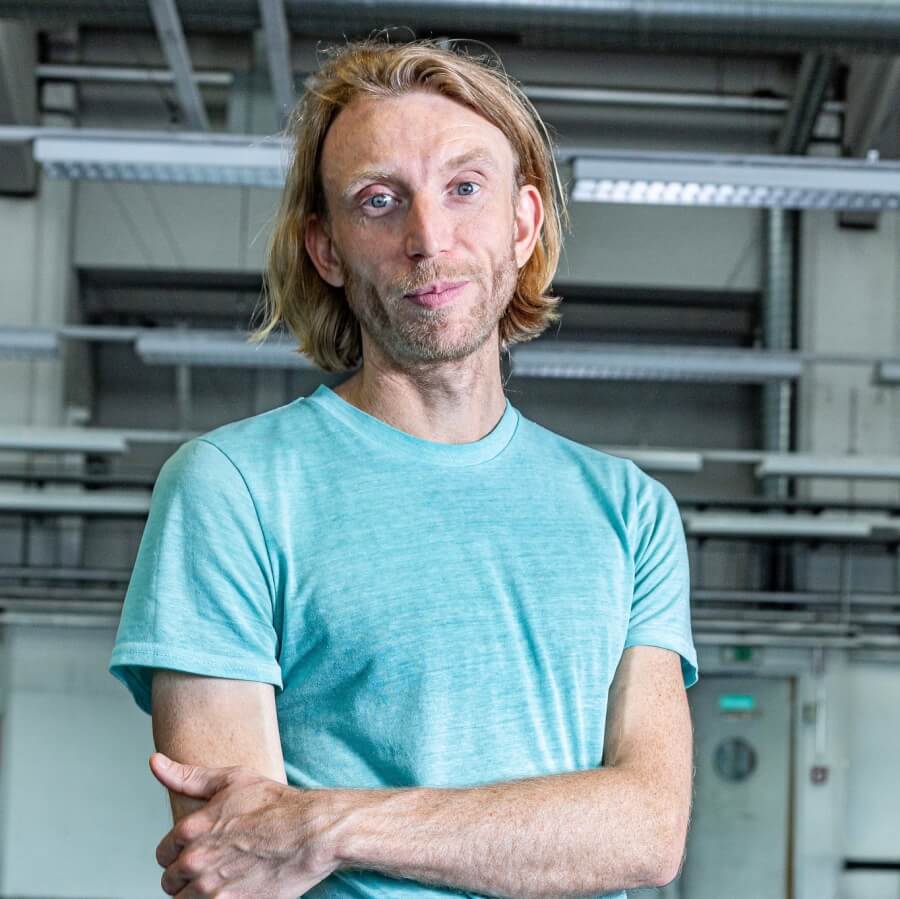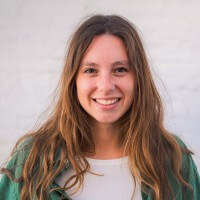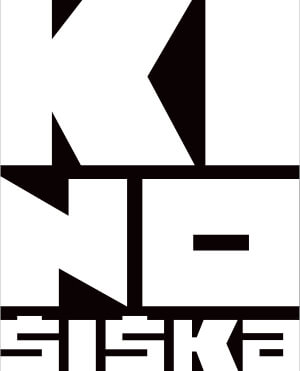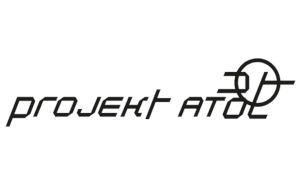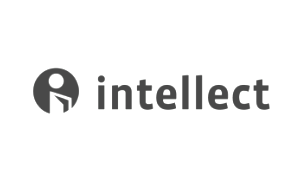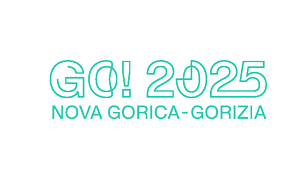Interdisciplinary Conference
TABOO - TRANSGRESSION - TRANSCENDENCE
in Art & Science
9-13 September 2025, Kino Šiška, Ljubljana
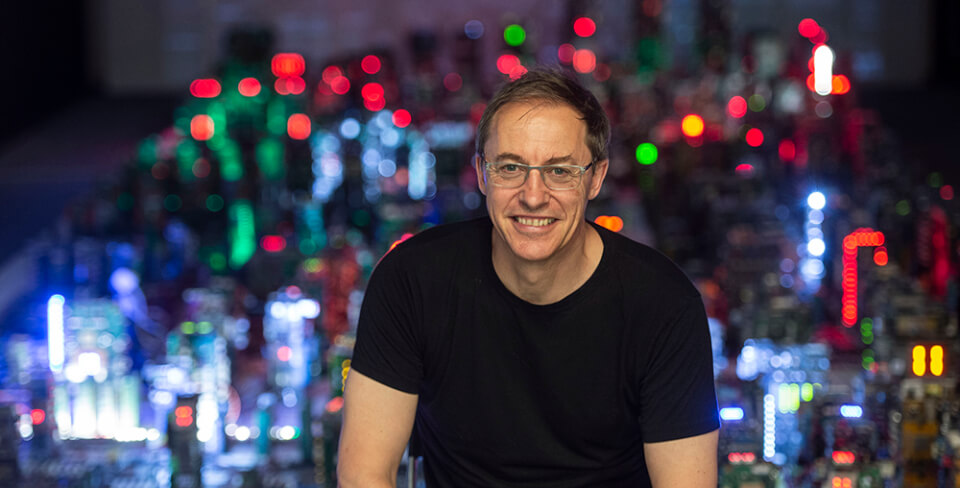
Dr Stanza is an independent artist based in London who has been exhibiting worldwide since 1982. His work lives at the intersection of art and potential futures of disruptive and opportunistic nature, delving into scenarios of observation, invisible agency, and the changing human environment. The artworks demonstrate how humans are complicit and thus entangled in the surveyed and monitored technological layers they communicate. They fit seamlessly into what he calls 'panoptic aesthetics'. The technologies incorporated in his digital artworks can include, custom-made sensors, networked cameras, robotics, and computers. What becomes real are the art installations, sculptures, websites, software systems, and paintings Stanza exhibits. Stanza's artworks have won twenty international art prizes and art awards including:- Vidalife 6.0 First Prize Spain. SeNef Grand Prix Korea. Videobrasil First Prize Brazil. Cynet Art First Prize Germany. Share First Prize Winner Italy. Video Formes France.
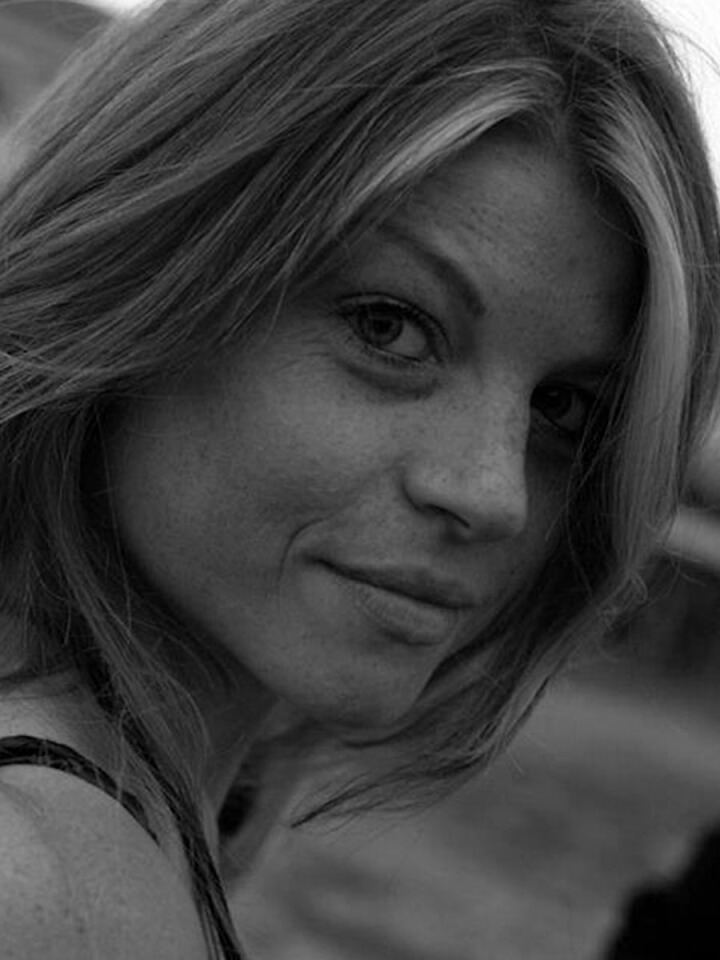
Elena Giulia Abbiatici is an art historian, researcher, and curator of contemporary art. She is a lecturer at POLI.design (Milan) and a PhD candidate in New Media and Critical Curatorial Practices at the Albertina Academy of Fine Arts in Turin and Université Paris 8. Her research explores the intersection of contemporary art, synthetic intelligence, posthuman theory, and decolonial thought, with a focus on speculative curating and poetic technologies. Her work often investigates the ethical, aesthetic, bio- and psychopolitical implications of human–machine relationships through transdisciplinary methodologies and hybrid narratives.
She has exhibited and developed projects at numerous contemporary art venues, including the first, second, and third editions of Something Else – Off Biennale Cairo (2015, 2018, 2023), the 56th and 57th Venice Art Biennale (2015, 2017), the 15th Venice Architecture Biennale (2016), the 15th Istanbul Biennale (2017), Berlin Art Week (2017), Manifesta 12 Palermo (2018), MACRO Museum, Rome (2012), AW Museum, South Korea (2018), Silent Barn, New York (2014), and BSBG – Italian Capital of Culture (2023).
Her research projects have been developed and/or presented at institutions including the University of Naples "L'Orientale", Tor Vergata University of Rome, Concordia University (Montreal), RWTH Aachen University, MOME – Moholy-Nagy University of Art and Design (Budapest), Politecnico di Milano, Lusófona University (Lisbon), Palazzo delle Esposizioni (Rome), and ISEA – International Symposium on Electronic Art.
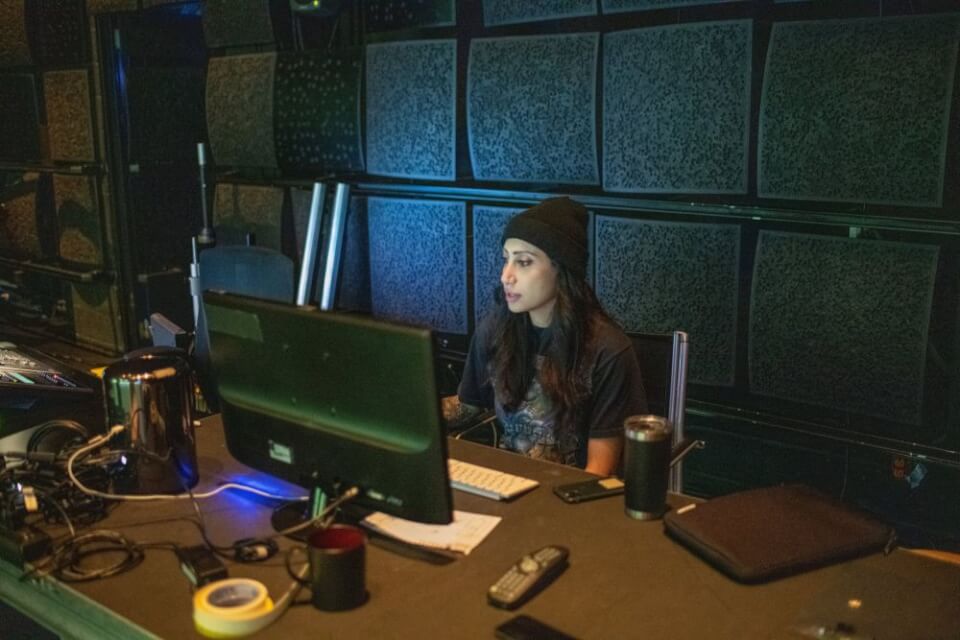
Jude Abu Zaineh is a Palestinian-Canadian interdisciplinary artist-curator working across art, food, science, and technology studies. Her work develops counter-archive practices and investigates themes of culture, displacement, storytelling, diaspora, and belonging, through de-colonial and feminist perspectives. She examines ideals of home and community influenced by her childhood and upbringing in Southwest Asia.
Photo by Michael Valiquette.
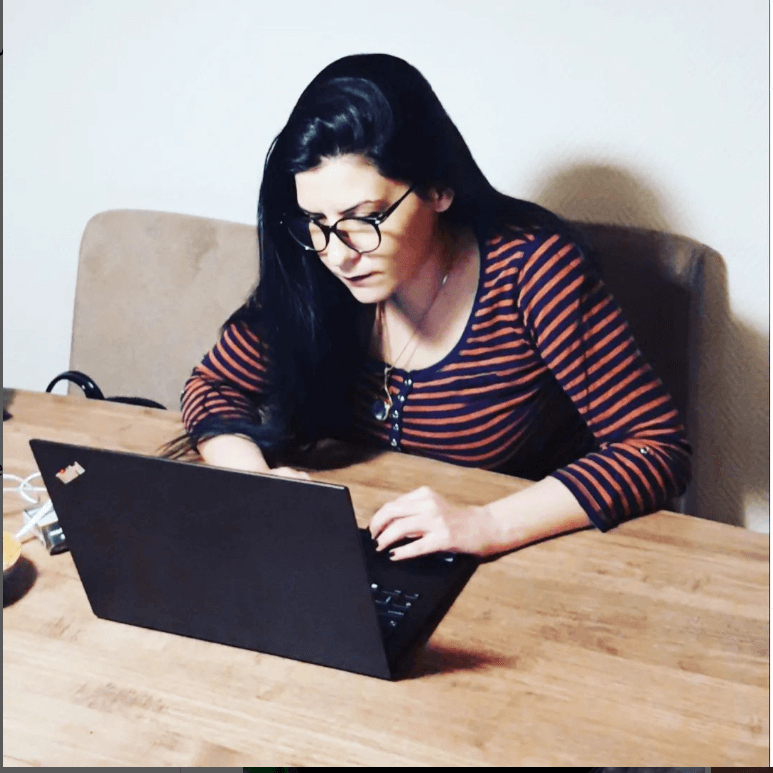
Başak Ağın, PhD, is Associate Professor of English literature at TED University, Ankara, Türkiye. She is the founder of PENTACLE, the first Turkish website on environmental and post-humanities (https://thepentacle.org), the author of Posthümanizm: Kavram, Kuram, Bilim-Kurgu [Posthumanism: Concept, Theory, Science-Fiction] (2020), and the Turkish translator of Jane Bennett’s Vibrant Matter: A Political Ecology of Things, which is currently in its production stage. In 2021, she edited the Turkish translation of Simon C. Estok’s Ecophobia Hypothesis (Routledge, 2018). She also co-edited two volumes, Posthuman Pathogenesis: Contagion in Literature, Arts, and Media (Routledge, 2022) and Beşerî Bilimlerin 50 Rengi: Çevreci, Dijital, Tıbbi ve Posthüman Sesler [50 Shades of Humanities: Environmental, Digital, Medical, and Posthuman Voices] (2023), the only handbook available for the Turkish academia in the relevant fields, the second volume of which is forthcoming in 2024. Her scholarly articles appeared in such journals as Ecozon@, CLCWeb, Neohelicon, Translation Review, Configurations, and EJES.
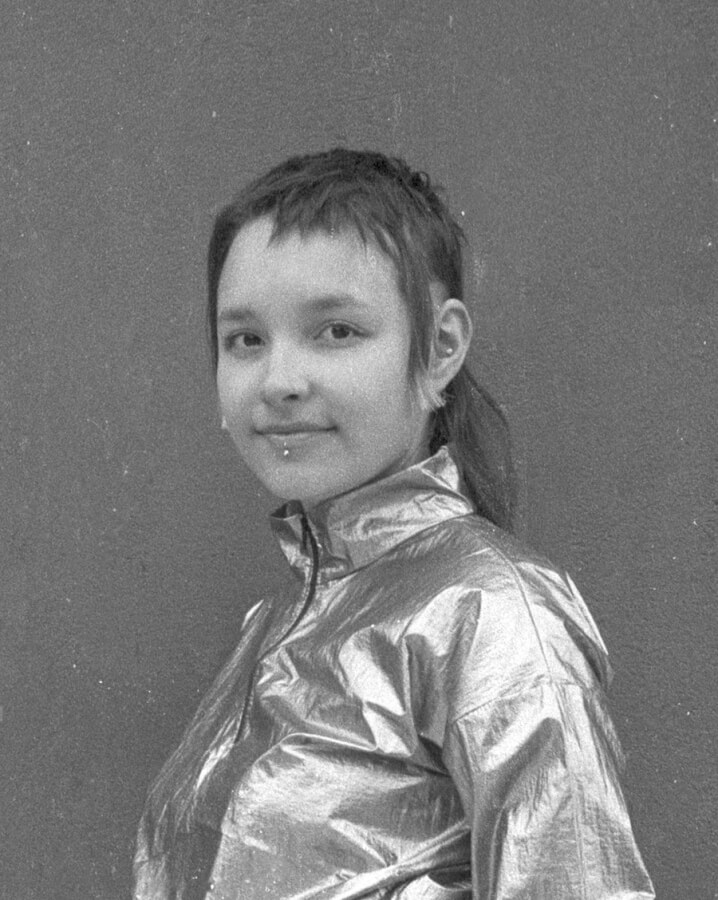
Angelina Almukhametova (b. Kazan, Russia) is a US-based transdisciplinary artist whose research engages cybernetics, techno-culture, and the interplay of digital and analog systems. Almukhametova works across performance, installation, and sculpture to create autonomous, indeterminate systems that respond to site and context. Almukhametova's current research examines neon beyond semiotic and figurative forms, to affirm the medium’s material agency within cultural and aesthetic assemblages and to discover its affective impact on human and non-human sense apparatuses. This research in effect aims to confront conventional modes of artistic engagement with light media.
Almukhametova holds a BFA in Art & Technology from the School of the Art Institute of Chicago. She has exhibited and performed work internationally, and has presented her research at SGMK Hackteria (CH), BioFeral.BeachCamp (GR), FEMeeting 2023 (US), Taboo-Transgression-Transcendence 2023 (MT), Experimental Sound Studio, and the San Francisco Contemporary Jewish Museum (US), among others.
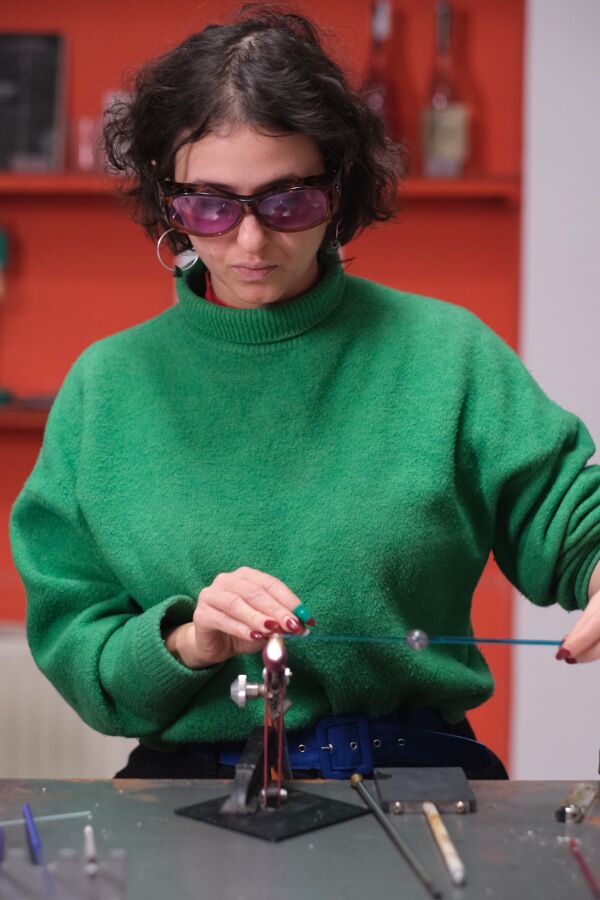
Rimon Alyagon Darr is a glass artist and cognitive scientist. In order to create multi-sensory works she often works with candy as a secondary material, using traditional glass blowing and sculpting methods on molten candy.
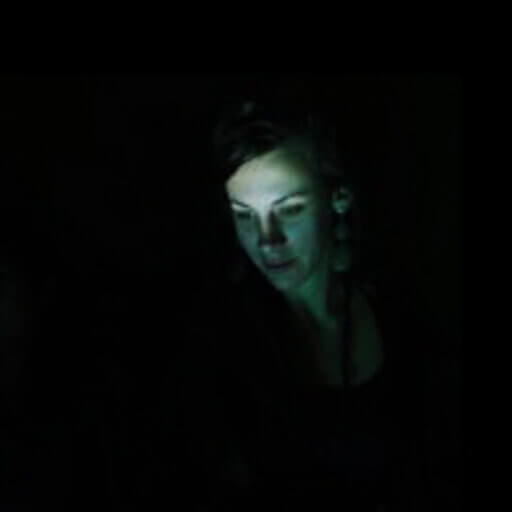
Caterina Antonopoulou is an engineer, a new media artist and researcher. Her artistic practice combines interactive installations and performances, real-time audiovisual generation, algorithmic video and urban interventions.
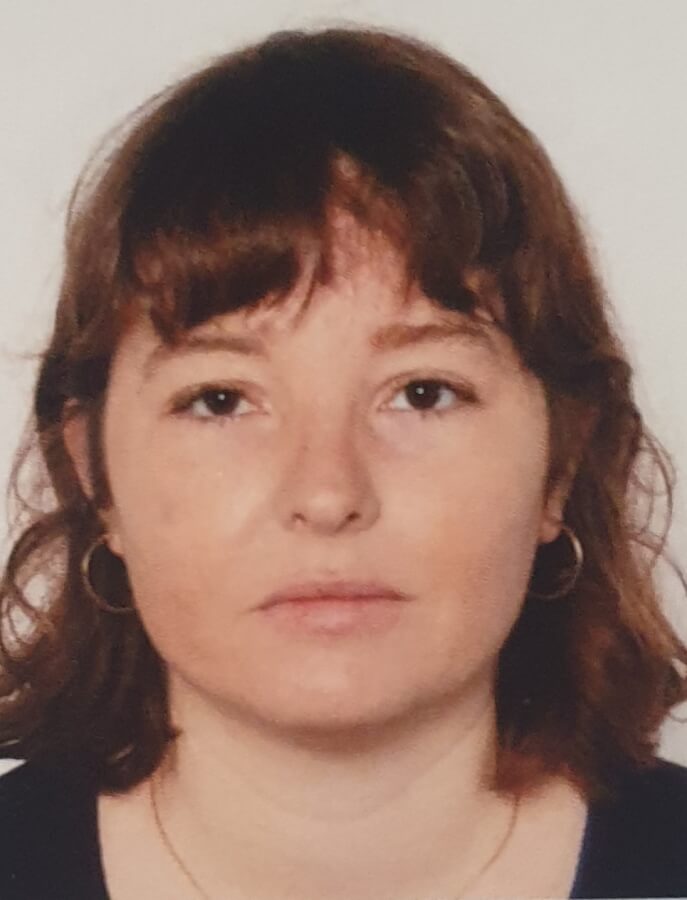
France and Montreal based
As a research artist Ph.D , she tries to demystifying the myth of singularity. Her works raise awareness of a philosophical, aesthetic, biological and anthropological vision. She wants to question our attachment to the ecosystem, while projecting possible scenarios; she criticizes the Cartesian separation between nature and culture. Her practice attempts to "disentangle" the codes and implications of computational society. Drawing on scientific methods and artistic inspiration, she regularly collaborates with scientists and engineers to create and design her installations.
Her artistic works are presented in Europe (Tabakalera, Frac NoA, Kapelica gallery, Ars Electronica, Wrofest, Basis e.V, Foundation Hippocrene, Galerie Vivoequidem, Centro Huarte ..). In 2024 she received a price from Artofchange21 for the price Art Eco Conception. In 2018, she founded a bio-art and technological research group called NeuroBioticArt.
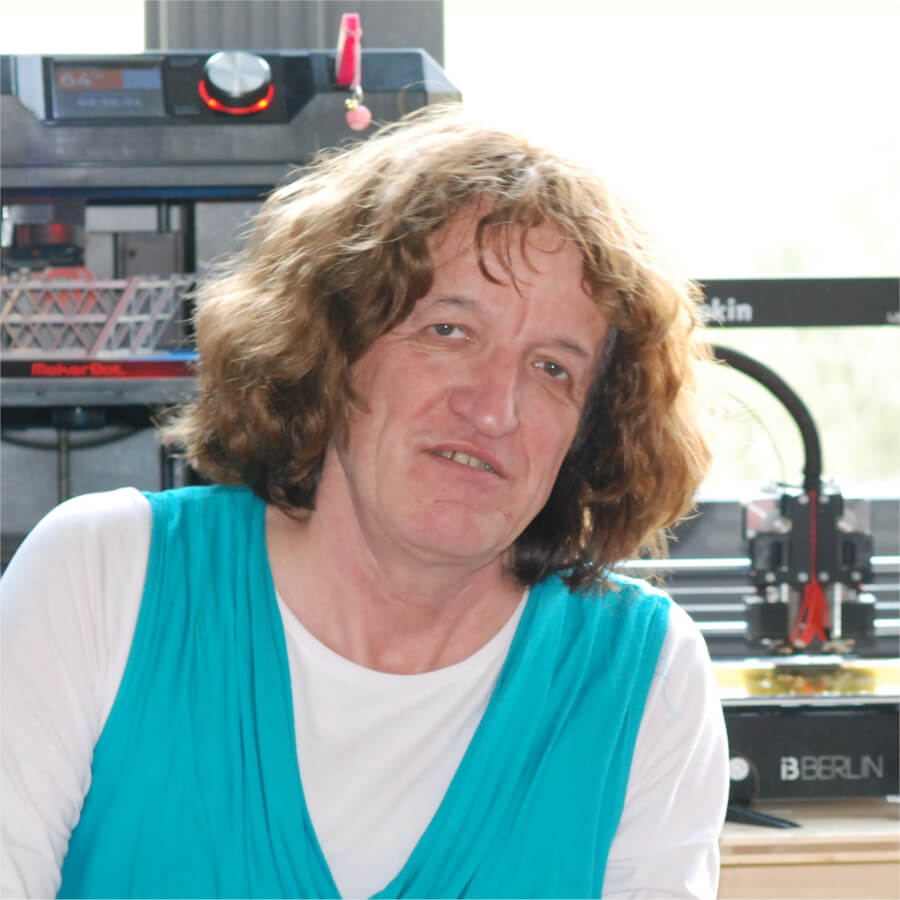
Rudolf Arnold, a mathematics and physics graduate from the University of Ulm, has been a media educator since 1980, co-founding Radio Free FM in 1995. A cosplayer since 2006, he has embodied Hatsune Miku in "Still Be Here" and joined the smart fashion community in 2013. Since 2014, he has been an experimental musician and won Berlin's Fashion Hack Day awards. In 2018, he collaborated with Dr. Nicole Prause to develop a novel sensor for the sonification of sexual arousal, showcased globally. His "Pleasure Space Suit" concept debuted at the "7th International Congress on Love and Sex with Robots." Presenting as "Cassiopeia, the Science Space Girl," Rudolf's art merges technology, gender identity, and space exploration, with works like "Cosmic Caresse" featured internationally. Recent performances include "Cassiopeia's Secret" at NIME 2024, exploring themes of space sexology, music, astrophysics, and gender identity.
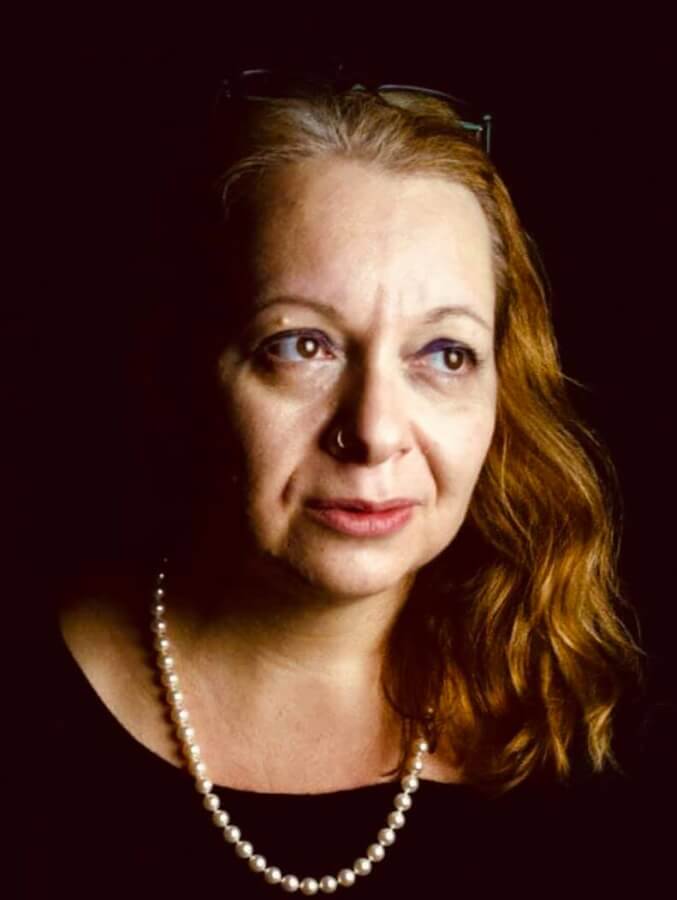
Dr Maria Athanasekou completed a PhD in art history at the School of Architecture, National Technical University of Athens, on the art of the Pre-Raphaelites, an MA in Renaissance Studies at the University of London, Birkbeck College and a BA in Archaeology and History of Art at the National University of Athens. She teaches art history at Frederick University, Cyprus and the Hellenic Open University. She has delivered papers at several international conferences which have been published and contributed with chapters to books, as well as having published books on art, art as therapy and education.
She likes telling art stories, to share and communicate through images. She believes that art has a lot of stories to tell, many of which, if not all, concern us or will, at some future point in our lives, as long as the field of our existence broadens.
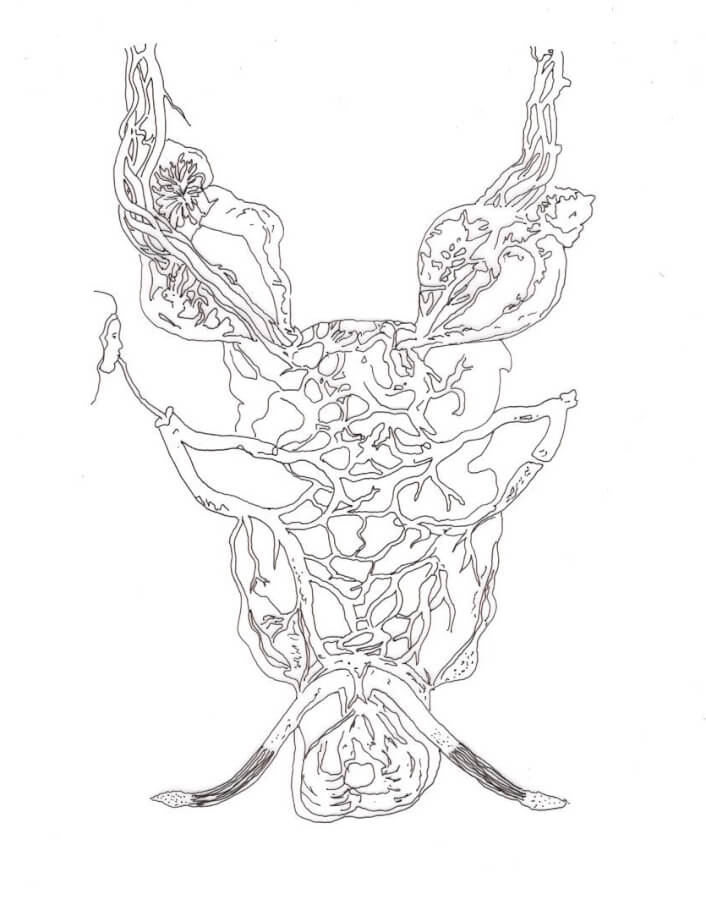
Irini Athanassakis lives and works as an artist and author in the Paris Region (F) and on Kea Island (Greece).
Trained in Sculpture, Transmedia Arts, Art History, and Philosophy (PhD), she co-operates with artists and scientists. Her art works and articles have been shown and published internationally. The topic of KORE and infertility is the focus of her current research, and the publication named POIESIS designed by Nik Thoenen through VfmK has been released in March 2025 and is to be followed by a series of exhibitions.
In her perspective, milk, hormones, and gametes are materials, agents, and systems of meaning and exchange, and are also seen as examples of symbiotic processes. She is the editor of the book 'MILK.' Gabe, Lust und Verlust (Design Nik Thoenen, Vienna: Passagen Editors), which won the Austrian Award for the most beautiful art book in 2018.
She collaborated with the microbiologist David Berry to publish 'STILLLEBEN.' Becoming Symbionts" in Performance Research on Microperformativity, edited by Jens Hauser and Lucie Strecker, in 2021. Objects, images, videos and performances on the milk and the microbiome have been shown in Le Générateur, Paris 2023, AIL Vienna 2022, Magazin 4 Bregenz 2021, Leonardo Lectures 2019 Art&Science Department at the Medical University Vienna and Cairotronica, Cairo 2018. "Almost White. Colors of Milk, a film and book edited by Salon für Kunstbuch in Vienna, have been presented in May 2024 in the Salon für Kunstbuch and at MISS READ in Berlin in September 2024. Her art-based research on KORE infertility has been showcased at TTT2016 on Corfu Island at TTT2020 online version based in Vienna and at TTT2023 on Malta (in collaboration with Dana Papachristou). The latest KORE show took place in June 2024 at Sehsaal in Vienna, and she will participate in Back to Athens in June 2025.
She is currently a Fellow at w+k, the Interuniversitary Institution for Science and Art at the University Salzburg and the University Mozarteum working on KORE in/fertility and also a Fellow at IPU International Psychoanalytical University Berlin on MUTTiER. Was nicht gesagt werden kann/ Kinder/Nicht Wunsch in Kunst und Klinik (MUTTiER. What cannot be said/WISH and NO WISH to have children) in art and in the clinic.
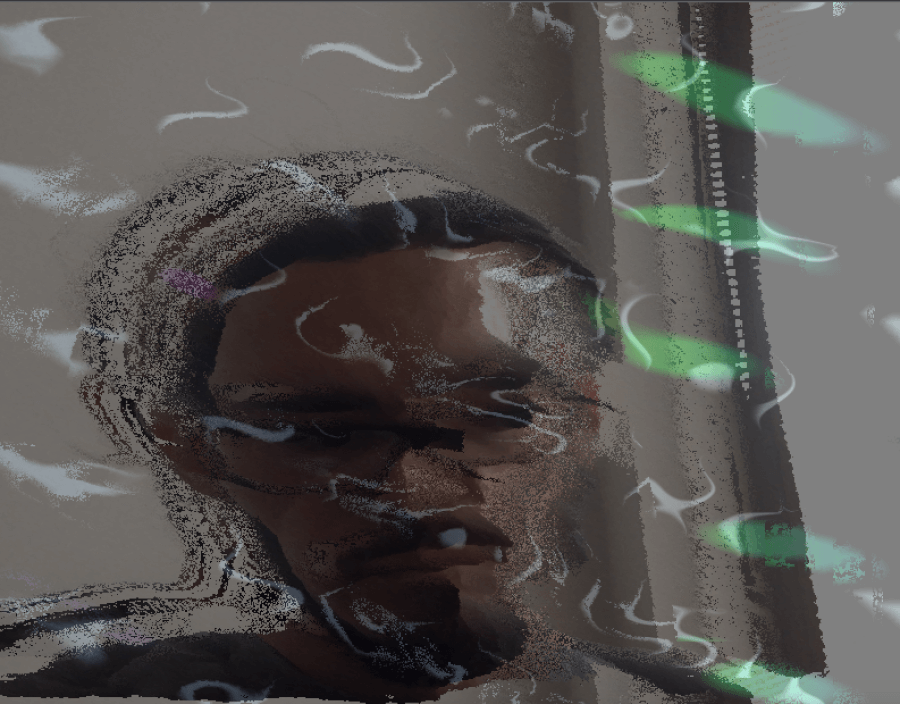
I am an independent researcher focussing on intersections of art and technology. My research proposes an embodied, yet not humanistic, understanding of art spectatorship from a perspective grounded in a critical reading of the theory of individuation. I am particularly interested in engaging with processes of spectatorship that act as vectors of (dis)orientation, challenging, deconstructing, and remodeling the embodied experience of living in cultures permeated by digital technologies. My current research project addresses the labour of audio transcription for AI projects as a performative process of spectatorship.
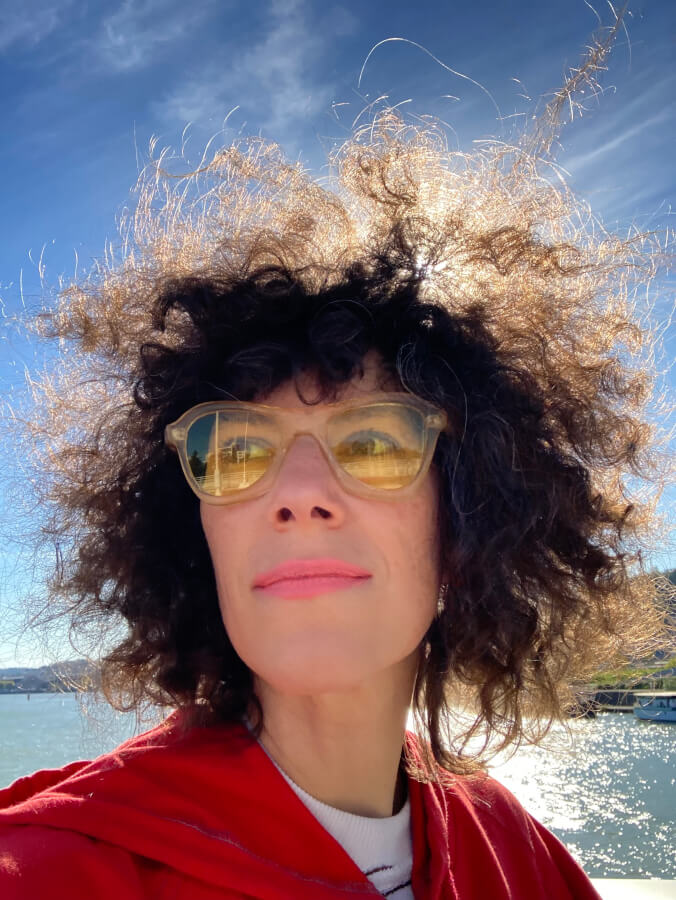
Cynthia Blanchette is a Canadian artist-researcher based in Finland, working as a Doctoral Researcher in the Department of Art and Media at Aalto University, and a member of the RAT research group led by Laura Beloff. Blanchette’s research interests fall into the abject facets of human-microbial-technological evolution. Within her artistic practice she re-evaluates ubiquitous cultural-societal notions of the lived experience through ideation drawing, artifact collecting, bioart, and textile art. Blanchette has a Master of Arts degree in Visual Cultures, Curating and Contemporary Art with a minor in Textile Design (Aalto University, 2021), and a Bachelor of Fine Arts degree (University of Saskatchewan, CA, 2014).
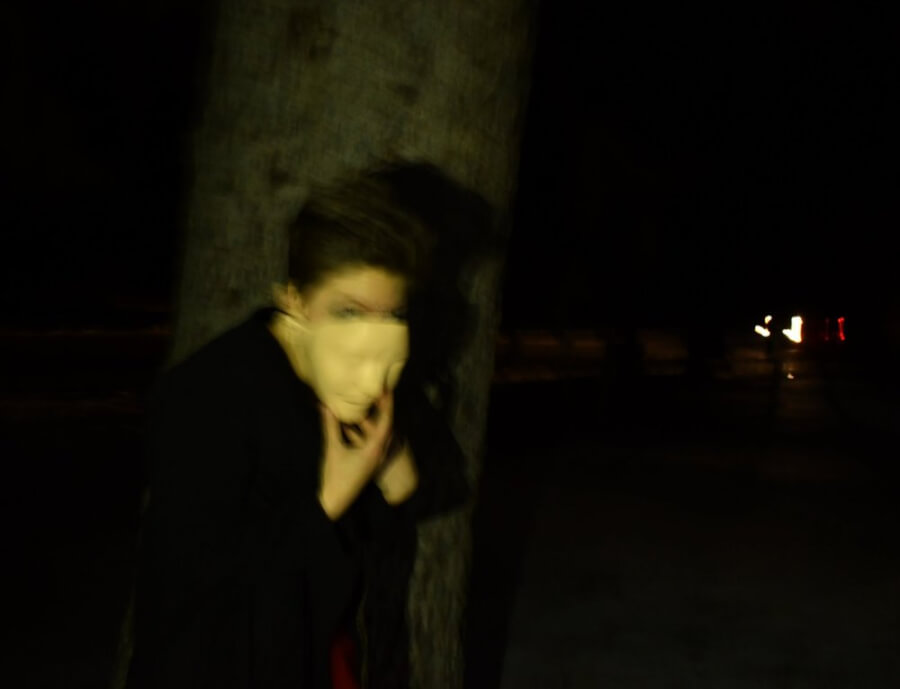
KS Brewer is a transdisciplinary artist-researcher and Ph.D. student of Electronic Arts at Rensselaer Polytechnic Institute, exploring life extension and preservation in technoscientific conceptions of present and future life, and alternative outlooks made possible from queer and abject standpoints of death and decay. Through experiential art, multiple senses, mediums, and technologies are incorporated together in search of affective intra-actions between human and/or inhuman beings.
KS holds a BA in filmmaking from NYU, and uses their training in time-based technologies and experience as a professional fabricator to inform their practice. Recent shows include Co-Prosperity Gallery of the Public Media Institute (Chicago, IL), the IOTA Institute at the University of Windsor (Windsor, Canada), the Conference of the Society for Social Studies of Science (Cholula, Mexico), and the Amatryx Gaming Lab & Studio (Buffalo, NY). Their work has been published in Forbes, Ravelin, and Hyperallergic, and their writing is published in Strange Matters Magazine and World Futures Review (forthcoming).
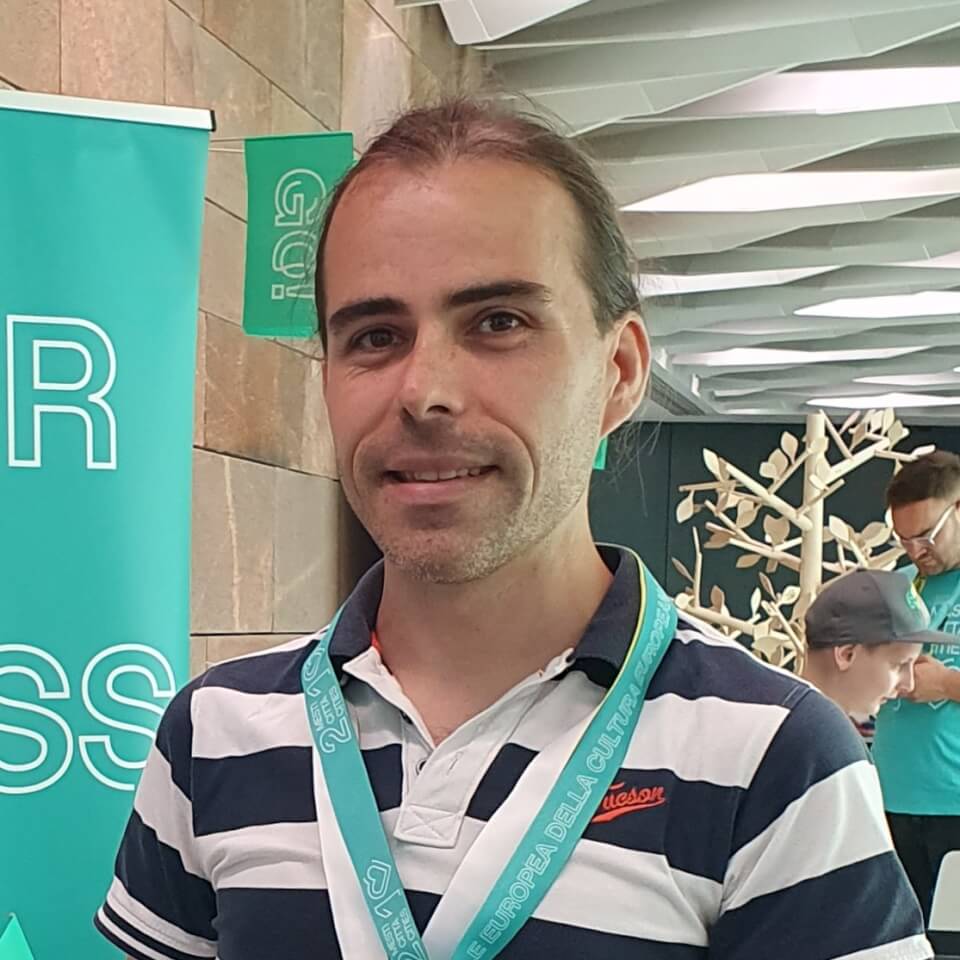
Uroš Brezavšček is a mechanical engineer, consultant, and speaker with a passion for growing his own food and living in harmony with nature. He enjoys designing and building devices that support his vision of self-sufficiency and help others on their path to a more fulfilling and sustainable life.
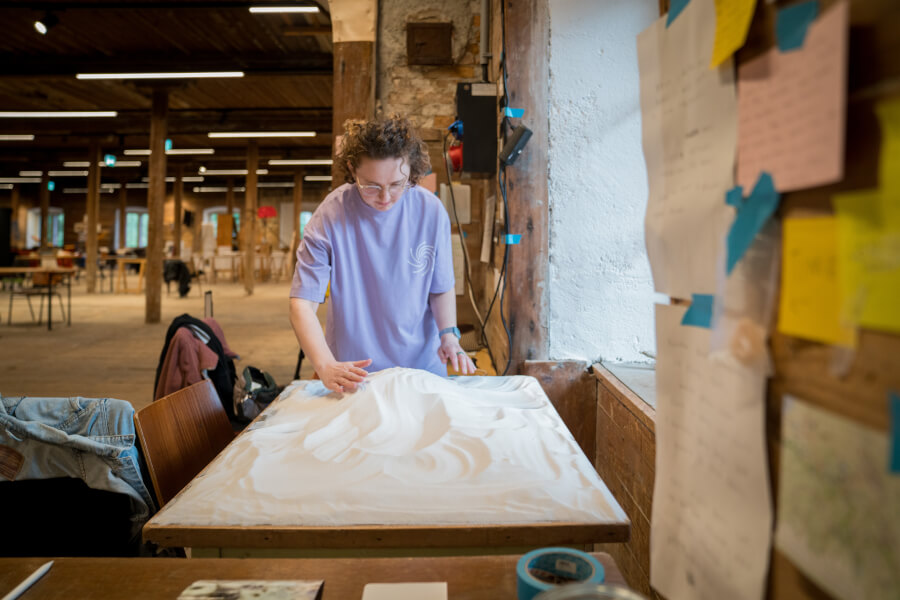
daniela brill estrada is an artist and researcher from Bogotá, living and working in Vienna. in her artistic work, currently focused on origin of life research and astrobiology, daniela shows matter that mutates, changes and interacts, to question and challenge western hierarchical taxonomies, disciplines, and categories. in her installations and research daniela questions the apparent static, binary, linear and mechanical existence of bodies, humans, societies, and systems, and looks for the complex, chaotic elements that guide them. daniela is currently an artist in residence at the SETI institute, and a PhD candidate at the art x science school for transformation.
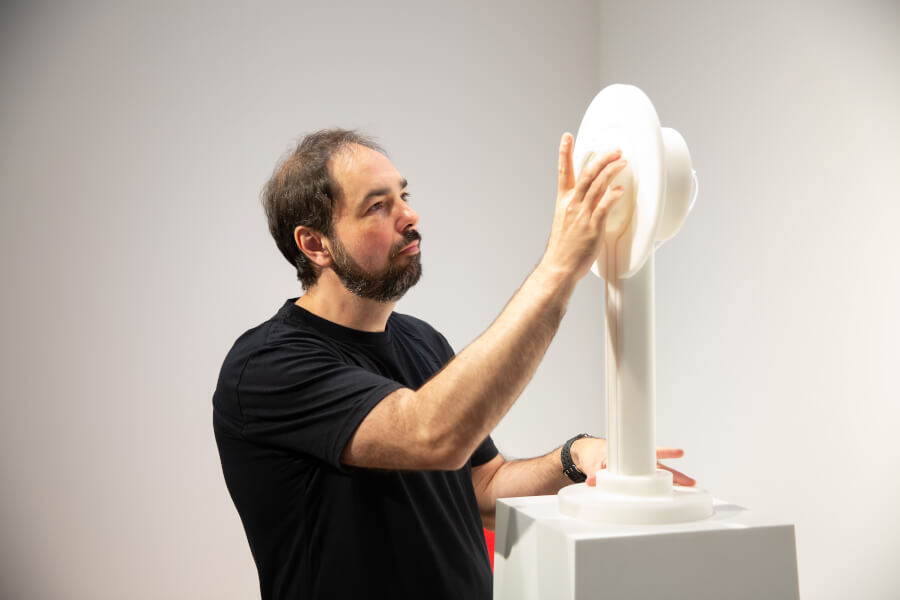
Adam Brown is an Intermedia artist, scholar, and researcher. His work incorporates art, science, and engineering hybrids including living and biological systems, robotics, molecular chemistry, and emerging technologies that take the form of installations, interactive objects, video, performance, and photography. Brown is a Full Professor at Michigan State University where he created a new area of study called Electronic Art & Intermedia and directs the Bridge Artist in Residency Program. Brown has exhibited widely in international venues in North and South America and in Europe and Asia. Brown received the Grand Prize from the Japan Media Arts Festival as well as an Award of Distinction and several Honorary Mentions at the Prix Ars Electronica.
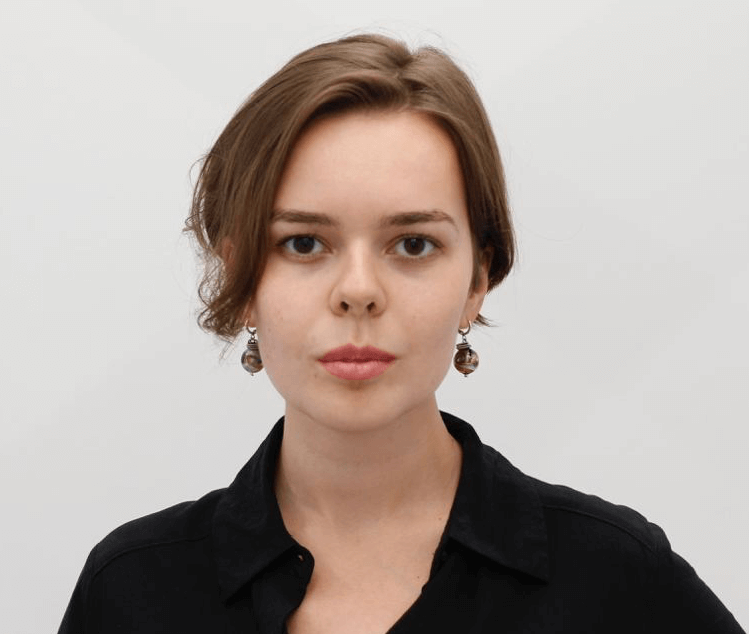
Alexandra Burnusuz is a researcher at the Art & Science Center, ITMO University, with a background in biology (BSc, MSc, Saint Petersburg State University). Her work explores the intersections of life sciences, new media, and artistic practice, with a focus on bioart, bioprinting, and plant–human interaction. She has co-authored publications in Scientific Reports, Immunology & Cell Biology, Humanities and Social Sciences Communications, and Convergence.
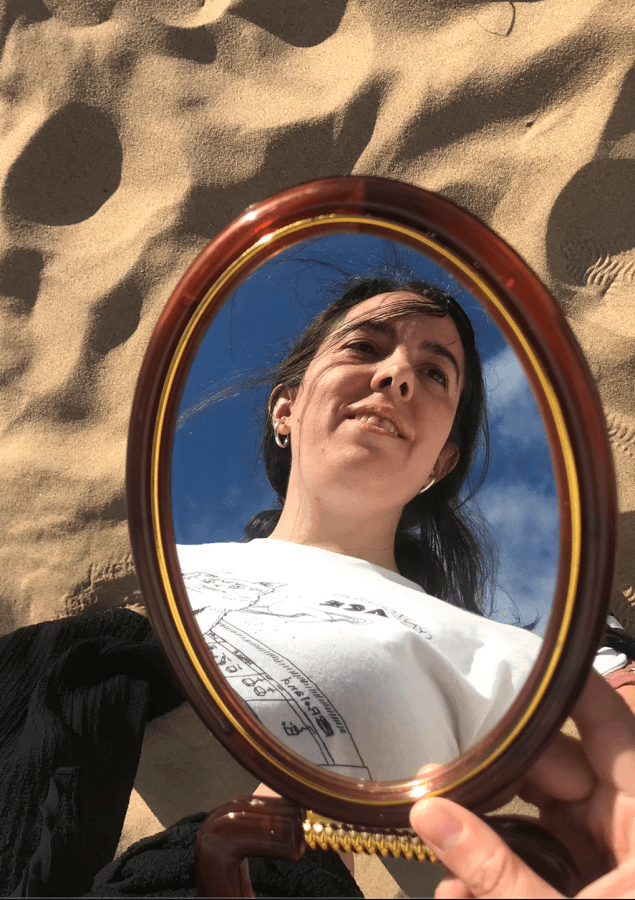
Melisa Cano (Spain, 1990) is a pianist and sound artist focused on contemporary music, free impro and new ways of sound expressions. Although she is an artist with classical music academic background, her artistic work aims to explore and experiment with sound using it as a bruit material: electronic sounds created with supercollider/PureData, soundscape recordings, extended techniques in different instruments...etc; combining these materials with improvisation, intuition and our natural environment. As a performer, she likes to explore different sound effects produced inside the piano sound box and the strings such harmonics, scraping or muting strings. She is co-lead of n0n0is, a free-impro group where she plays the piano, oramics_live, programmed sensors, lyre and tambourine. This year, n0n0is has realeased their first album: https://nonois.bandcamp.com.
ONICяA is her artistic name for sound art works: Onirical-Nuances + Irreverent-Creations + Realistic Attitude https://onicramelisacano.bandcamp.com
Currently, her main projects are Oramics_back_to_life (ORAMICS_live) and SHIOPI. Oramics_live is a live version of Oramics, the graphic sound synthesizer by Daphne Oram, for iPad/tabled that she has programmed with PureData and Mobmuplat (https://youtu.be/j6EJRS2f97U). It was a final project for her studies in electroacoustic composition, and she uses as an instrument for free improvisation. SHIOPI is a sound installation/sound object that explores three main concepts: silence-nature-listening. It was programmed with supercollider and puredata, using different sensors for temperature, humidity and uv. She is also currently working in soundscape works processed in supercollider, for her first solo album, using field recordings of different places in Europe (Spain, Bosnia Herzagovina, Croatia, Greece, etc).
Oramics_Live was presented in the last edition of Piksel Festival (Norway). The free impro group n0n0is has given different concerts and participated in a variety of projects with other artists (visual artists and dance), improvising the music for silent movie "Der müde Tod", or designing the sound for a theatre play. As a contemporary pianist, she has participated in several festivals, like Festival Expresiones Contemporáneas (Mexico, 2022, 2019), Fluxes (Madrid, 2022) or SIM (2022, 2019). In addition, she has also played as a classical accompanying pianist in Palacio de Festivales (Santander, 2025) or Ateneo (Santander, 2025).
Melisa Cano holds a BA in Piano Performance (Consmupa, Spain), a BA in Piano Pedagogy (Metropolia-University, Helsinki, Finland), a MA in Contemporary Music (Royal Conservatory, Madrid, Spain) and a MA in Electroacoustic Composition (Katarina Gurska Music Institute, Madrid, Spain). She works as a piano teacher and piano accompaning pianist at the Professional Conservatory of Music Jesús de Monasterio and Torrelavega (Cantabria, Spain).
Links:
Melisa Cano IG - https://www.instagram.com/melisacanosanchez?igsh=MXNhbzViYjZteGpvYQ%3D%3D&utm_source=qr
n0n0is IG - https://www.instagram.com/n0n0is?igsh=bGtlaGV4M25xMXpk&utm_source=qr
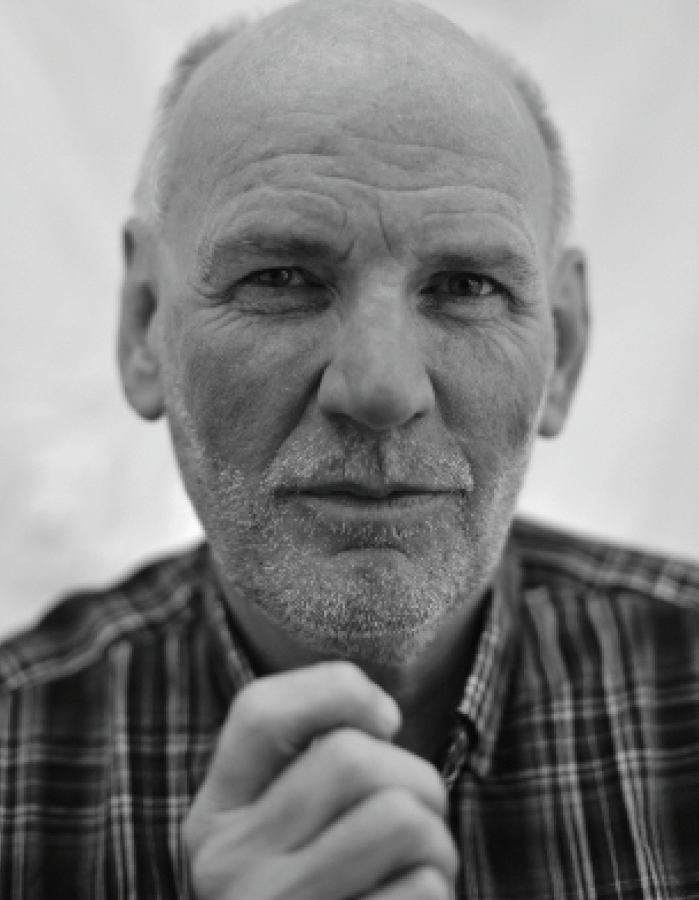
Andrew Carnie is an internationally exhibiting contemporary visual artist practising in the UK. His main concerns focus on the interface of art and science, often working in collaboration with scientists, though not exclusively. His approach is media agnostic, using methodologies and media as informed by the context, concepts, and concerns. Drawing, painting, and sculpting have an enduring place in his practice, but video, projection, and installation are his primary strengths. He creates environments that are endlessly fascinating around subjects, like heart transplants, metabolism, and neurological conditions that intrigue him, and engage audiences in how we see ourselves through the world of science.
Recent work has been shown at the Fundación Telefónica, Madrid. the CCCB, Barcelona, Brain Observatory, RSU Anatomical Museum, Riga, and Spencer Museum, Kansas.
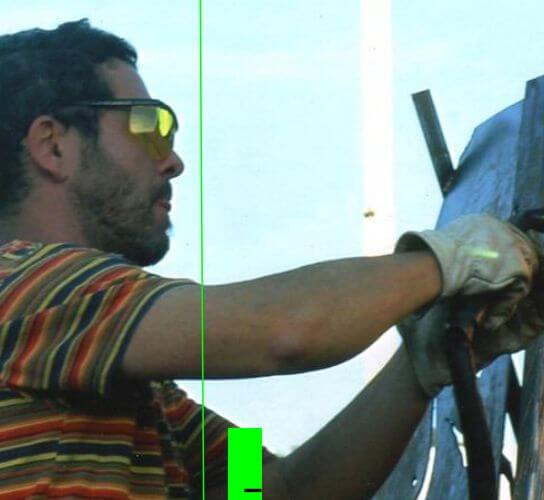
Leo Ceolin graduated in design from the Faculty of Architecture and Urbanism of Buenos Aires. He began his work as a designer at the age of 16, working as a locksmith at his father's metalworking company, where he learned and applied various techniques such as cutting, bending, pressing, welding, painting, and assembly. After graduating, he left the family business and focused on designing furniture and objects for clothing stores and design brands. During this period, he met sculptor Ricardo Marcenaro, from whom he learned wood sculpting techniques using a chainsaw, developing unique sculptural furniture pieces together. He arrived in Brazil in 2001 and joined the Notech Design group, formed at MUBE during a workshop with the Campana brothers, Fernando and Humberto. He worked with the group, participating in several exhibitions both in Brazil and abroad, while simultaneously developing research in metal furniture. In scenography, he collaborated with Denise Stoklos on the scenographic creation of the performances Calendário da Pedra and Olhos Recém-Nascidos, and participated in the Manaus Opera Festival between 2008 and 2012. In contemporary dance, he maintains creative partnerships with Jorge Garcia, Fernando Martins, and others. He worked as a guest artist at the Maria Bonomi Atelier, producing the permanent public art installations Epopéia Paulista at the metro-CPTM integration and Etnias – O Primeiro e Sempre Brasil at the Memorial da América Latina. In 2015, he founded Galpão Base, a space for creating, producing, and executing projects at the convergence of design, scenography, and visual arts. As a visual artist, he investigates various traces such as metals, waste, and residues, developing a kind of archaeology. Interested in the relationships between matter and memory, he increasingly focuses on the impact of consumer culture’s excesses on the Earth.
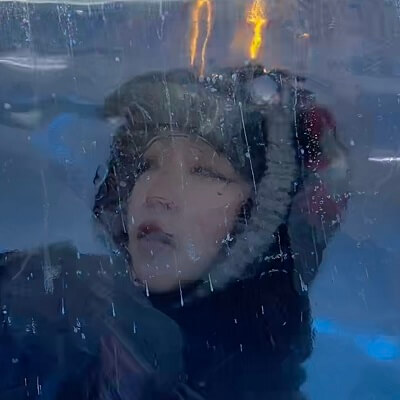
Wun Ting Chan is a NYC-based computer scientist, translator, and artist from Hong Kong. Chan has a Bachelor of Fine Arts in Visual Communications from Northwest College of Art, a Bachelor of Science in Computer Science from Evergreen State College, and she is currently pursuing a Master of Science in Computer Science at the Courant Institute of Mathematical Sciences, New York University. Chan’s practice aims to disrupt the status quo by injecting neologisms as texts and as art objects into the cultural corpus. In her most recent work, she was commissioned by the Bioarts Ethical Advisory Komission (BEAK) for the English to Simplified Chinese translation of Human germline gene editing is bioart: an open letter to Lulu and Nana by Dr. Adam Zaresky, a bioart-centric, cross-disciplinary critique of human germline editing.
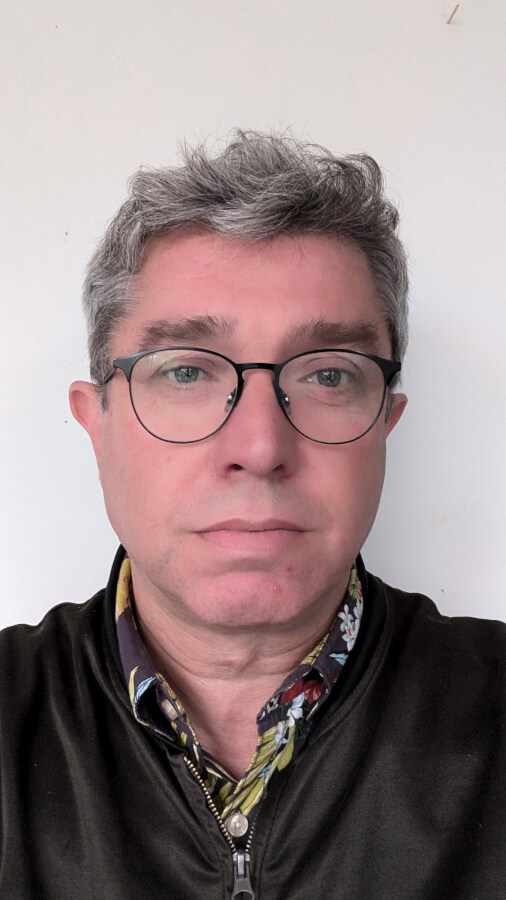
Ewen Chardronnet is an artist, author, journalist and curator based in Paris. He is currently editor-in-chief of the bilingual web magazine Makery.info and coordinator of the Creative Europe cooperation programs “More-Than-Planet” (2022-2025) and “Rewilding Cultures” (2022-2026). In his work, he is interested in practices, tactics and speculations that connect artistic research and scientific knowledge to the creation of social situations that intertwine discourses and shifts of perspectives in the very fabric of society.
https://www.makery.info/en
https://laboratoryplanet.org/
https://roscosmoe.org
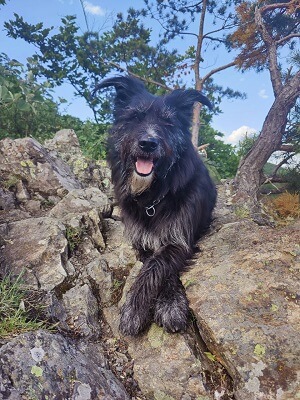
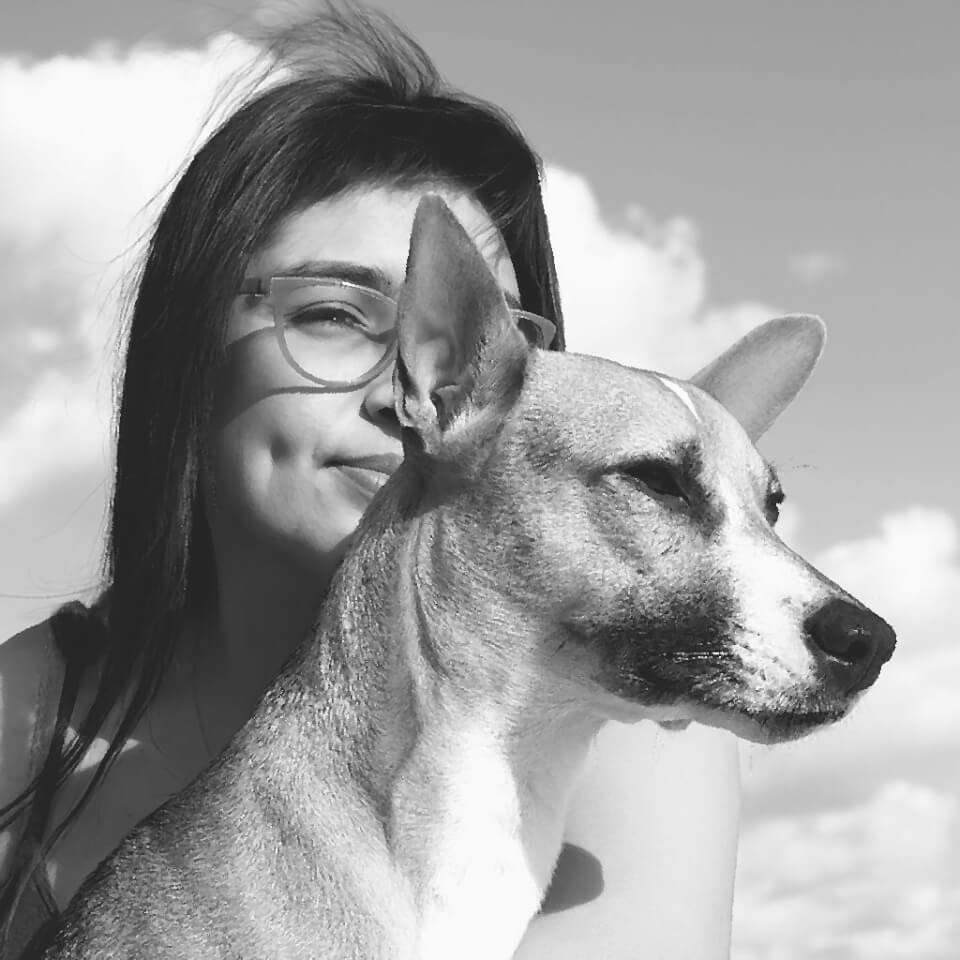
Ciclón is a necromancer and trans*media storyteller that is moved by quantum connectivities within and beyond the technosphere. Their recent work establishes meaningful connections amongst goddexxes, ghosts, animals, plants, and the elements. They seek to amplify spectra of desire.
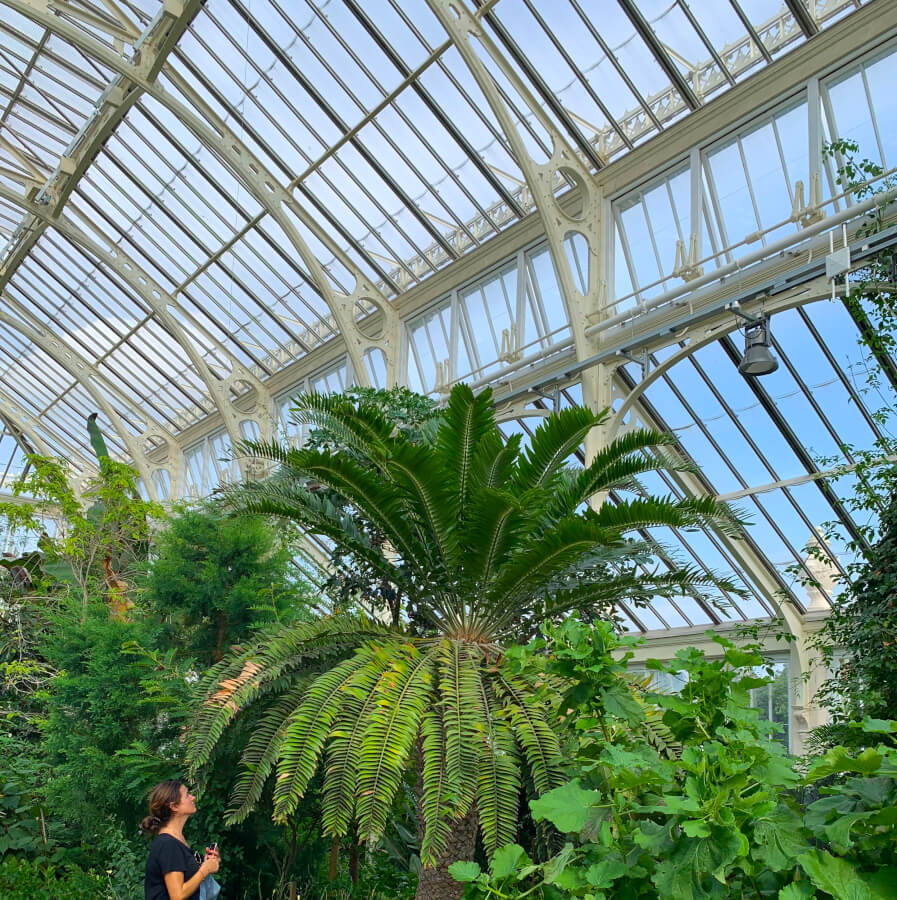
Laura Cinti is a research-based artist whose practice intersects science, technology and visual storytelling through experimentation and field research. More recently, her focus has shifted to biodiversity loss, using creative and technological approaches to rethink our relationship with endangered species. Her works have been exhibited and presented internationally.
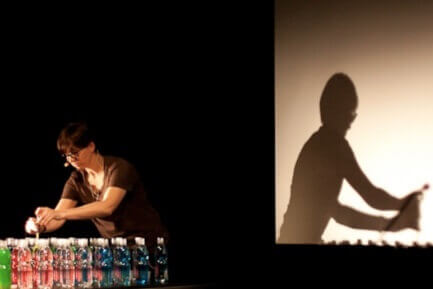
(PhD.) born 1977 is a French artist, facilitator, dramaturge, researcher working across Arts, Choreography, and Sciences. Cogne conceptualizes artworks in the form of articulated sculptures, expanded choreographies, artistic researches, and text-based objects—be it alone or in collaboration. She uses choreography to create movement and suspension, circulation and time, positioning and displacement in relation to Economy, Knowledge, Work, and Individuals. Her work problematizes the dramaturgy of (existing or created) situations. With soft provocation for movement in representations and structures, Cogne likes to—slowly, progressively—shake and shift perceptions, projections, and perspectives. Cogne is currently a senior researcher at the Academy of Fine Arts Vienna with the arts-based research project The Dramaturgy of Conversation (Elise Richter PEEK project V709, AT), an associate professor in Text-based-arts at the Bergen Academy of Art and Design (NO). and an artist represented by Galerie Michaela Stock (Vienna, AT).
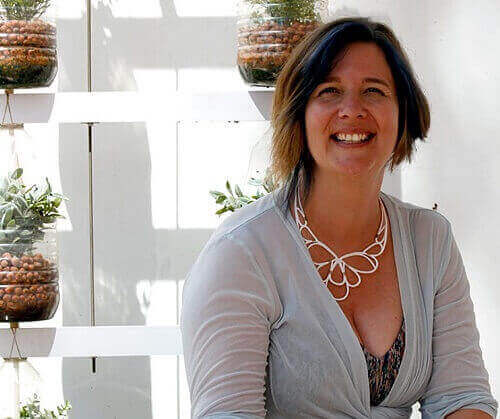
Marta de Menezes is a Portuguese artist with a degree in Fine Arts by the University in Lisbon, a MSt in History of Art and Visual Culture by the University of Oxford, and a PhD candidate at the University of Leiden. She has been exploring the intersection between Art and Biology, working in research laboratories demonstrating that new biological technologies can be used as new art medium. In 1999 de Menezes created her first biological artwork (Nature?) by modifying the wing patterns of live butterflies. Since then, she has used diverse biological techniques including functional MRI of the brain to create portraits where the mind can be visualised (Functional Portraits, 2002); fluorescent DNA probes to create micro-sculptures in human cell nuclei (nucleArt, 2002); sculptures made of proteins (Proteic Portrait, 2002-2007), DNA (Innercloud, 2003; The Family, 2004) or incorporating live neurons (Tree of Knowledge, 2005) or bacteria (Decon, 2007). Her work has been presented internationally in exhibitions, articles and lectures. She is currently the artistic director of Ectopia, an experimental art laboratory in Lisbon, and Director of Cultivamos Cultura in the South of Portugal.
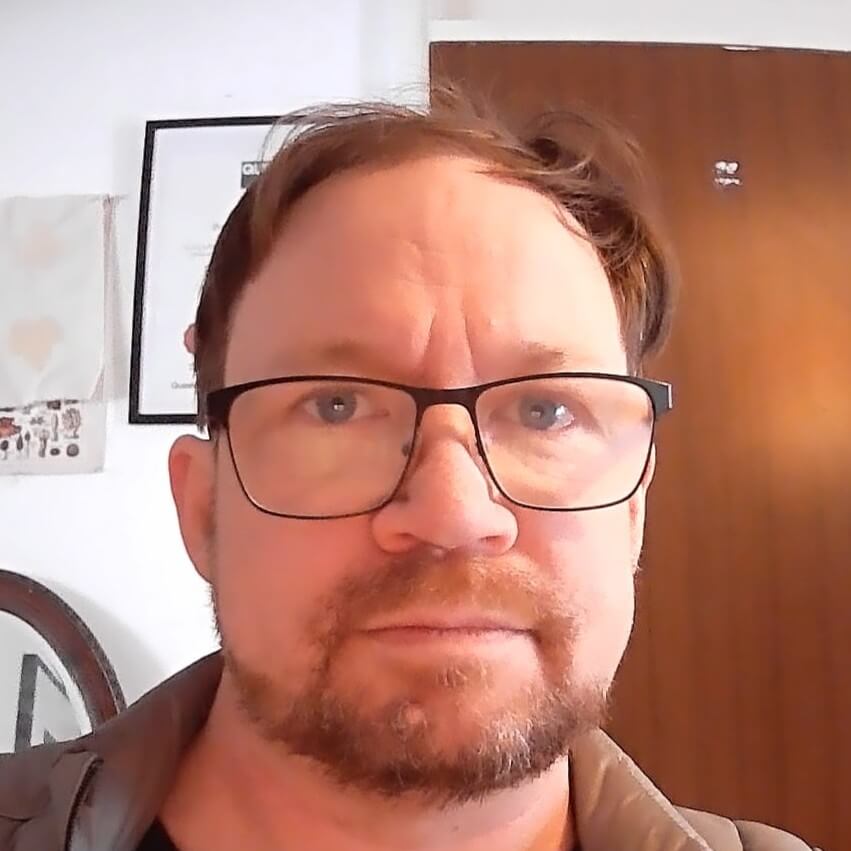
I am an interdisciplinary maker with a PhD in biotechnology, passionate about open-source practices and shareable expertise. I also bring enthusiasm to grassroots software and science policy. My work often involves collaboration with artists(such as Anna Dimitriu and Blast Theory, particularly in creating innovative projects that integrate biological media.
Over the past two decades, I have been actively involved in workshops, hack-days (https://www.hackteria.org/workshops/surf-and-turf/), hack labs (eg FieldNotes, Fi; LabLife, Uk, Hlab11&14), residencies(MigratingArtAcademies), and art collective projects worldwide. These experiences have allowed me to develop my technoscientific art practice and voice, blending accessible technology with creative expression.
I am a founding member of the Maker Space in Newcastle upon Tyne and an active participant in the North East England Maker community, and the broader UK and international networks. My role extends beyond hands-on projects—I advocate for documentation, mapping, and promotion to preserve and amplify the impact of communities like mine. I am also inspired by thought-provoking artists, writers, and theorists who explore technoscientific discourses.
You can view an interview featuring me from the "Little Inventers" project here, where I mention the need and desire to tinker with hardware for fun and exploration. This motivation also underlies workshoplogy practices with the International Hackteria Network.
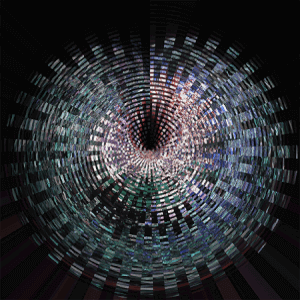
Jimi DePriest is an interdisciplinary artist and researcher with a background in Anthropology and socialist organizing. Their work involves conducting Marxist and Anti Imperialist analyses of military technologies by examining the historical trajectories and socioeconomic conditions that led to their development. Jimi's emerging artistic practice is informed by their research and employs tactical media methodologies to create DIY robotic forms and political films.
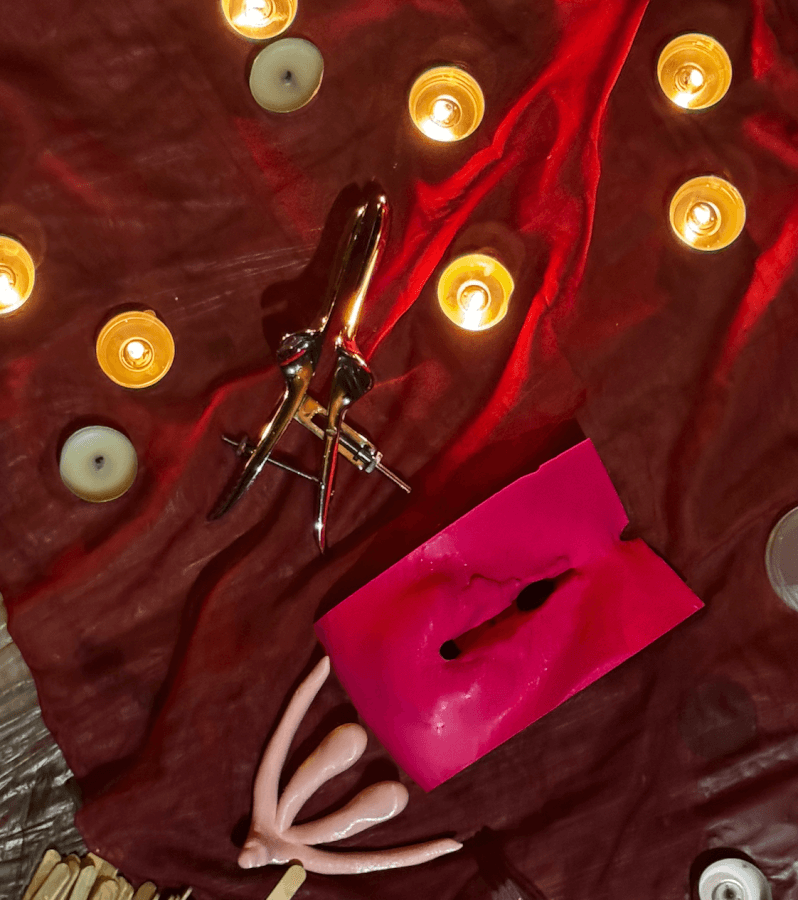
Alma de Bruixes is a nomadic collective of biohackers witches who see little difference between a speculum and a sex toy. They weave together like a spell, biomaterials, DIY biology, gynaecology and lubricants for the pleasure of self-exploration.
Born from the union of ALMA Futura, which studies and develops tools for radical change in vaginal and gender health, and Bruixes-Lab, a nomadic laboratory of biohacking, sextech and witchcraft rituals. Founded by Cristina Dezi, Isabel Farina and Giulia Tomasello.
The collective is investigating the rebellious act of re-imagining science, alchemy and gynecology as alternative forms of care, knowledge and pleasure. How can we re-frame pleasure through spells and rituals and free our eroticism from the violence of racist and misogynist medical claims?
The starting point is the violence from which gynaecology was born but the ending one is pleasure as anti-colonial, anti-patriarchal and anti-capitalist. The collective has been collaborating so far with Arse Elektronika, Mu Hybrid Art House, Witches are Back, Bellakeo and Abbramà Festival.
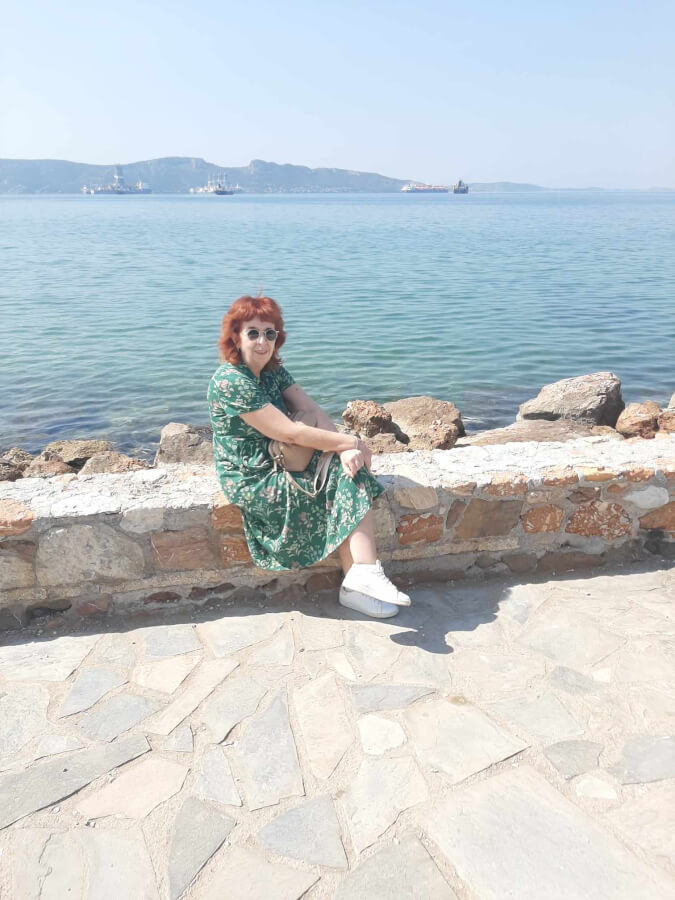
Evangelia Diamantopoulou is an associate professor and Director of the Laboratory of Arts and Cultural Management at the Department of Communication and Media Studies of the National and Kapodistrian University of Athens. She is a member of the Hellenic Section of the International Union Art Critics AICA GREECE and of the Association of Greek Artist Historians. Her BA and MA courses are related to issues such as History of Art, Visual Arts and Communication, Image Dialectics, Issues of European Art, Issues of Modern and Contemporary Greek Art, Artistic Portraits, Issues of Artistic Creation. Her academic interests focus on Art and Communication, Art and Society, Issues of Identity in Art, Symbolic and Experienced Space in Visual Arts, Art and Play, Art and Historical Memory. Her published academic work includes 5 books, as well as many research projects in Greek and International interdisciplinary journals concerning matters of Art and Culture.
https://en.media.uoa.gr/el/staff/teaching_and_research_staff/
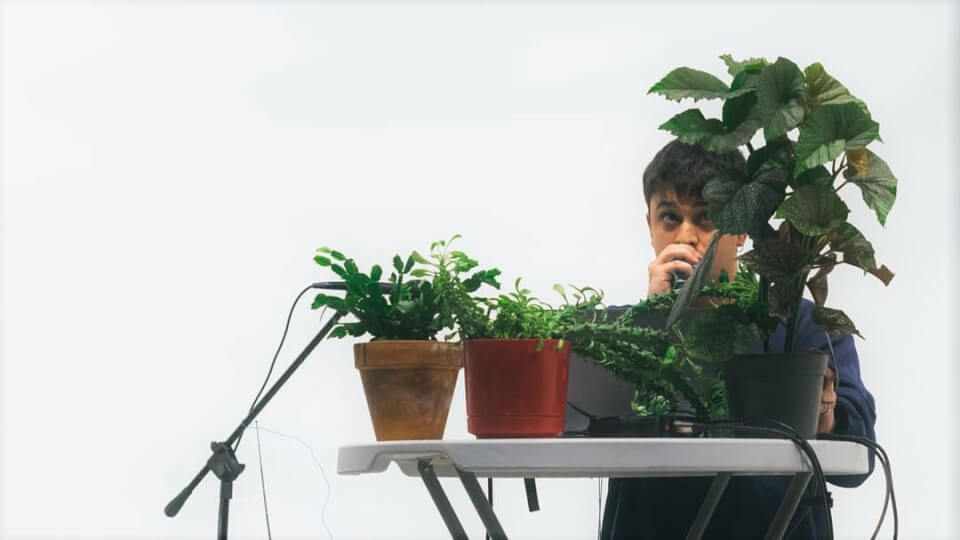
Dann Disciglio (b. 1993) is a transdisciplinary artist who explores notions of naturalism, intelligence, & vitality in biological and abiological systems. Disciglio works with technology, broadly, as both a tool and a material, appropriating and amalgamating discrete components to develop unique technological systems that function as interfaces and prostheses which make his audience attentive to perspectives, vital signals, and temporalities which are normally humanly inaccessible. Disciglio is currently a Visiting Professor of Art & Technology at Lewis & Clark College, where he also serves as the co-direct and curator of the Experimental Art Research (EAR) Forest.
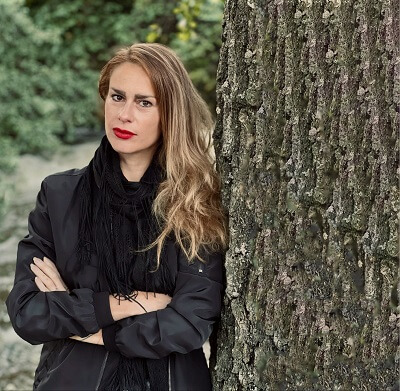
Markéta Dolejšová (https://materie.net) is a practice-based researcher experimenting with embodied and sensory experiences in multispecies contexts. Her recent focus has been on ferality and feral eco-systems, exploring what relations, intuitions, and ways of knowing can emerge in the liminal spaces between the wild and the domesticated, the familiar and unknown, the serendipitous and intentional. She is also an Assistant Professor at The Academy of Fine Arts in Prague, where she acts as the Head of Doctoral Research Department, and recently finished her postdoctoral research fellowship at Aalto University – School of Arts, Design and Architecture (2020-24). In 2020-22, she worked with the CreaTures – Creative Practices for Transformational Futures project, where she led the Laboratory of Experimental Productions and co-created the CreaTures Framework proposing how creative practices can stimulate action towards socially and ecologically sustainable futures. She has co-founded several art-design research initiatives including the Uroboros festival, the Open Forest Collective, and the Feeding Food Futures network. Since 2025, she’s been co-directing the ABIS – Ars Biologica Independent Studies, an international platform connecting experimental art, design, technology and science with a focus on perma~culture thinking. Her work has appeared in academic outlets and cultural venues such as the Venice Architecture Biennale, Helsinki Design Week, ArtScience Museum Singapore, National Museum of Scotland, and National Gallery Prague.
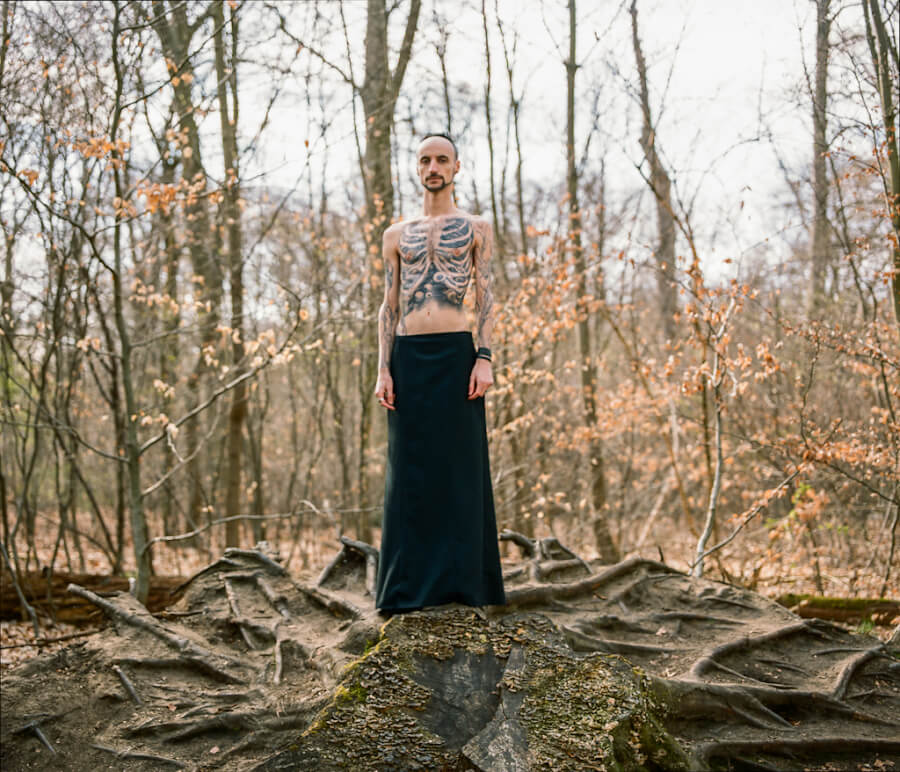
Marco Donnarumma creates technological bodies to navigate the boundaries of experience. Born hearing and then become late-deafened, he makes work that, through resonating aesthetic encounters, challenges how powers of society regulate the human body.
Owing to a hybrid identity as a performer, sound artist, stage director, inventor, and theorist, he blends contemporary performance, new media art, and interactive computer music into performances, installations, and films that “defy categorization” (Jury Prix Ars Electronica).
Rooted in performance art, he takes the discipline into strange encounters with sound, machines, light and movement to create a sensual, uncompromising aesthetic. The inventions he designs and handcrafts, such as AI-driven robotic prosthesis and biophysical musical instruments, explore visceral forms of interaction on stage and create music from the sounds of a performer’s body.
He is considered a pioneer in the field of emerging technology and performing arts (Der Standard), and his repertoire, often created in dialogue with science and technology labs, toured 36 countries across theater and dance, media art, contemporary music, and contemporary art.
Donnarumma received numerous awards and was named Artist of the Science Year 2018 by the German Federal Ministry of Research and Education. He holds a Ph.D. in performing arts, computing, and body theory from Goldsmiths, University of London. His writings integrate aesthetics, feminist studies, and critical theory with scientific research.
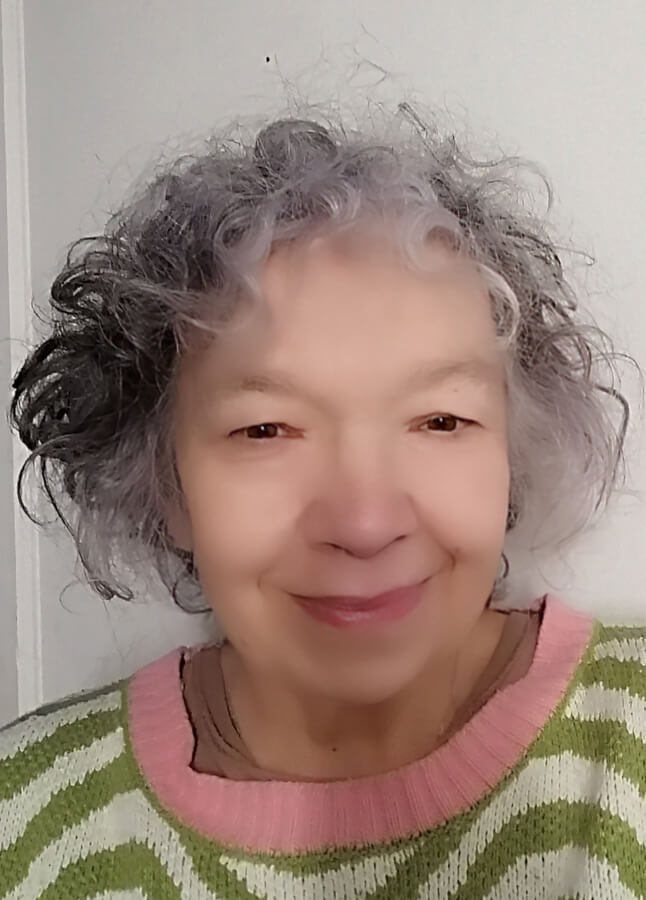
Nathalie Dubois Calero is a BacterVirHuman, scientist (Ph.D. in biology, UPMC, France) and bioartist (BA, University Concordia, Montreal, MFA, University of Windsor, Canada, MAres student, Ionian University, Corfu). BacterHuman is a series of feminist/queer works that explore human-microbe relationships inside the human holobiont through workshops, performances, ontological workshop games, and videos/sounds (aka Bacterhuman in Bandcamp) using fabric and tattoos made with pH indicator culture media, where color changes testify conflicts, overlapping multiplication or equilibrium between human skin (and its excretions), and microbiota- creating images and sounds interacting with her performative quest of human identity. She collaborates on MaterVirus, an ontological workshop game about human viral identity with Cecilia Vilca, Waterbodies with Ada Gogova, and Stamping Genes with Kristin Lucas. Her website is at nathalieduboiscalero.com
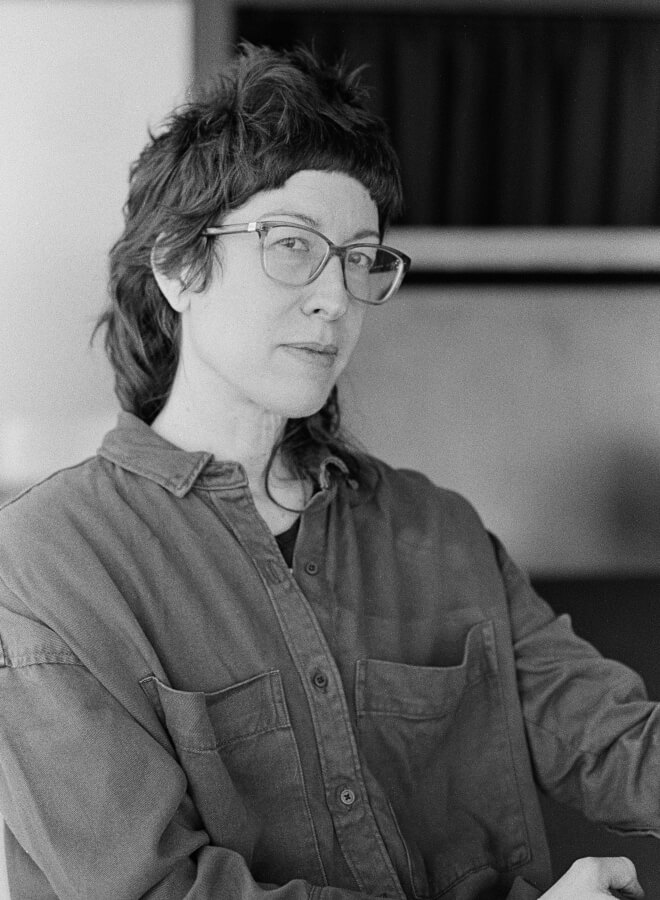
Monica Duncan (she/her) is a video and performance artist. Her time-based work investigates sensory perceptions, queer potentiality, and interconnectedness with our more-than human world.. Duncan’s video and performance work has been exhibited Hebbel am Ufer HAU1, Frankfurt Lab, zeitraumexit, Komuna//Warszawa, The Kitchen, Roulette, Atlanta Contemporary, Hallwalls, La Casa Encendida, ZKM, LACMA, Los Angeles Contemporary Exhibitions, amongst others. She has been a visiting artist at the Atlanta College of Art, Georgia State University, Hunter College, New School, Pratt Institute, Signal Culture, Experimental Television Center, Scena Robocza, Institute for Electronic Arts, PACT Zollverein, LMCC Governors Island and Stoveworks. Duncan received her BFA from the NYSCC School of Art and Design at Alfred University, MFA in Visual Arts from the University of California, San Diego, and while on a D.A.A.D fellowship her MA in Choreography and Performance at the Institute for Applied Theater Studies, Justus Liebig University Gießen, Germany. Duncan joined the faculty of the Department of Music, Multimedia, Theatre & Dance at Lehman College-CUNY in Fall 2019. For more information visit: www.monicaduncan.net
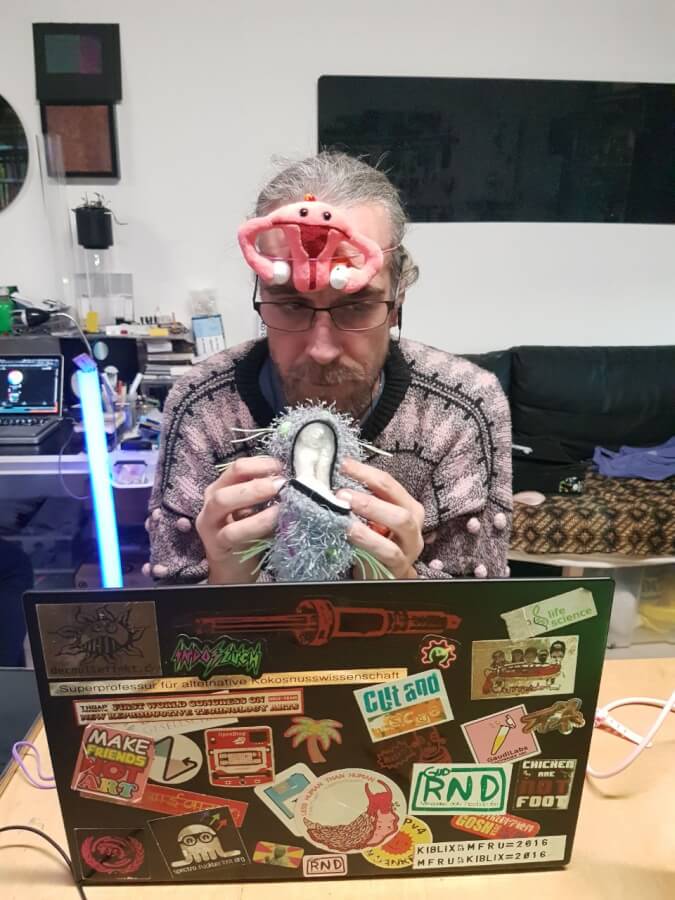
Dr. Marc R. Dusseiller is a transdisciplinary workshopologist, lecturer, cultural facilitator and artist. He performs DIY (do-it-yourself) workshops in lo-fi electronics and synths, open hardware for citizen science, bioart / biohacking and DIY microscopy. He was co-organizing Dock18, diy* festival and poolloop (Zürich, Switzerland), KIBLIX 2011 (Maribor, Slovenia), workshops for artists, schools and children (2008-now) as founding member of the Swiss Mechatronic Art Society, SGMK and is the co-founder of the Hackerspace Collective Bitwäscherei (2020). He has worked as guest faculty and mentor at various schools, Srishti Institute of Art, Design and Technology (IN), UCSB (USA) and in Switzerland, FHNW, ZhdK, HEAD, HSLU, ETHZ. In collaboration with Kapelica Gallery, he has started the BioTehna Lab in Ljubljana (2012 - 2013), an open platform for interdisciplinary and artistic research on life sciences. Currently, he is developing means to perform bio- and nanotechnology research and dissemination, Hackteria | Open Source Biological Art, in a DIY / DIWO fashion in kitchens, ateliers and in the Majority World. He is part of the Center for Alternative Coconut Research developing low-cost educational open hardware. He was the co-organizer of the different editions of HackteriaLab 2010 - now in Zürich, Romainmotier, Bangalore, Yogyakarta, Klöntal and Okinawa and collaborated on the organisation of the BioFabbing Convergence, 2017, in Geneva, and the Gathering for Open Science Hardware 2016 in Geneva, 2018 in Shenzhen & 2026 in Bali, and organized international residencies and research collaborations in Zürich 2020-2024, Yogyakarta 2019-2023 and Chiang Mai 2024.
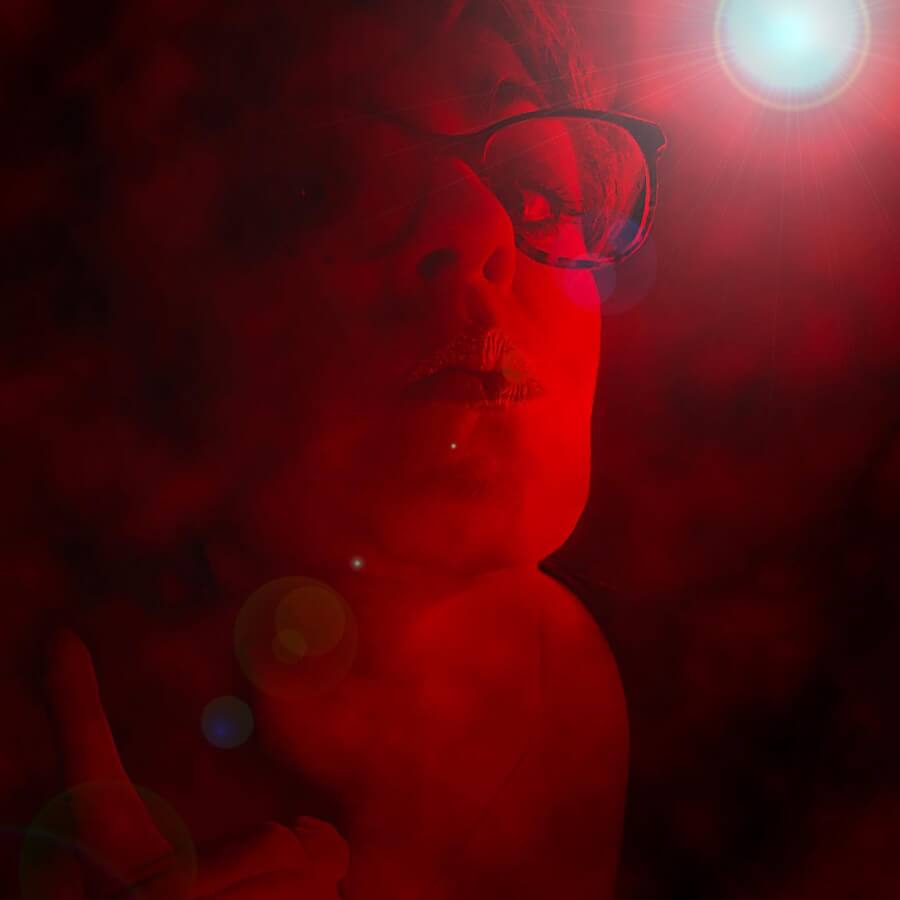
Justine – Antigone in Five Acts
I: The Beginning of Voice
I am Justine. I am Antigone.
In my name dwell both silence and cry.
The virtue that persists.
The fire that does not retreat.
I am not here to choose between patience and rebellion —
I am here to remind you they belong to the same heart.
[…]
II: The Body and the Act
I am Justine. I am Antigone.
I am the body that refused to obey
and the spirit that did not hesitate to sacrifice.
I will not give you the right to define what purity means.
Nor what love means.
I will define my own words.
And if I must, I will write them in blood.
[…]
III: The Conflict
I am Justine. I am Antigone.
I speak, and they want me voiceless.
I love, and they want me pure.
I refuse, and they call me dangerous.
I am a woman, and that alone is a crime.
Justine knew:
Virtue without desire is dead.
Antigone knew:
Law without love is violence.
[…]
IV: Freedom and Loneliness
I am Justine. I am Antigone.
Freedom did not come as a caress.
It came like a knife that severed ties.
I was left alone.
But I was never more real.
[…]
V: For the Ones Who Are Coming
I am Justine. I am Antigone.
For the daughter growing up with "musts" on her tongue.
For the woman learning to stay silent.
[…]
“I am here. And I do not bend.”
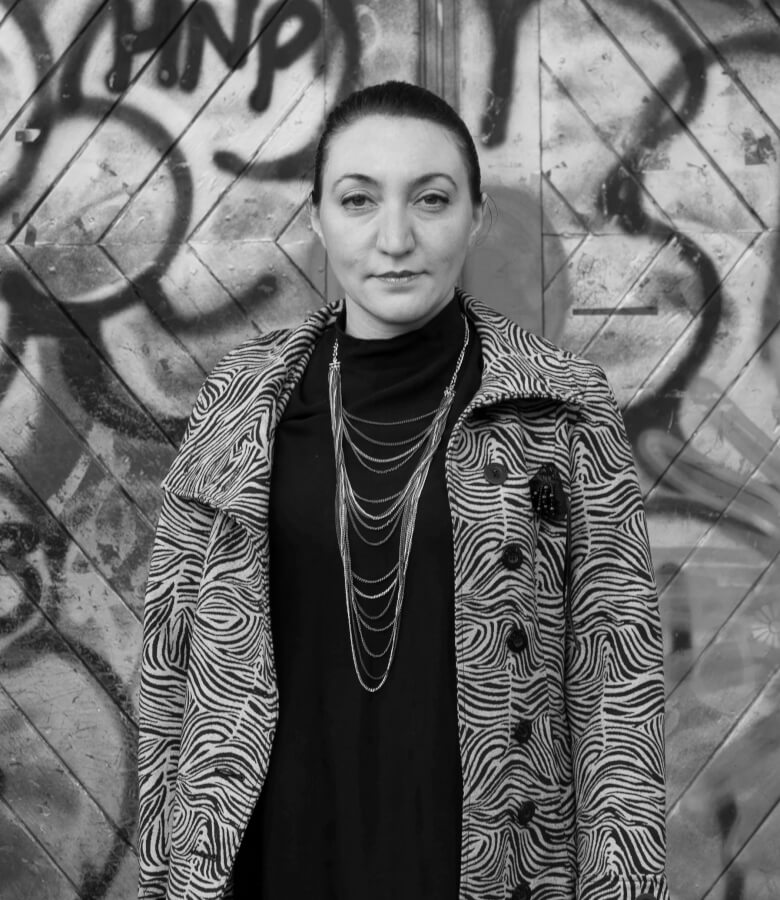
Tuçe Erel is a Berlin-based independent curator, researcher, and cultural worker. She studied sociology at METU (2005) and art theory and criticism (MA program) at Anatolian University (2009). She did her second MA in Art Arts Policy and Management (with curating pathway) at Birkbeck College (2015).
After working at various institutions in Istanbul as a content editor, event manager, archivist, and gallery assistant, she has been a freelance curator and art writer since 2013. She was an active member of >top e.V. between 2017 and 2021, where she curated and hosted events, exhibitions, and a Posthumanism reading group. She was a team member and co-curator at Art Laboratory Berlin from December 2019 to December 2024, assisting and co-curating their hybrid-art-oriented programme.
Her curatorial interests are ecology, Capitalocene, and posthumanism. Erel uses her sociology education in her curatorial research, and in her research methodology, she prefers to twist and challenge conventional social science methodologies. In recent years, she has explored the concept of hacking as a way to unbox the concepts of bio-politics, Anthropocene, ecological crisis, cultures, non-human agency, artistic speculation and imagination.
Since 2017, Erel implemented a curatorial narrative focusing on Capitalocene and environmental crises. Some of the curatorial projects focusing on ecology are “Now You are Here” (2017, curated with Seval Şener at Arte Sanat, Ankara); “Leviathan: A Capitalocene Beastiarium” (2021, curated with Käthe Wenzel and Lisa Glauer at TOP e.V. Berlin) "Vicious Cycles" (2022, Art Laboratory Berlin), "Echoes of the Future" (2024, at Biosphere Potsdam).
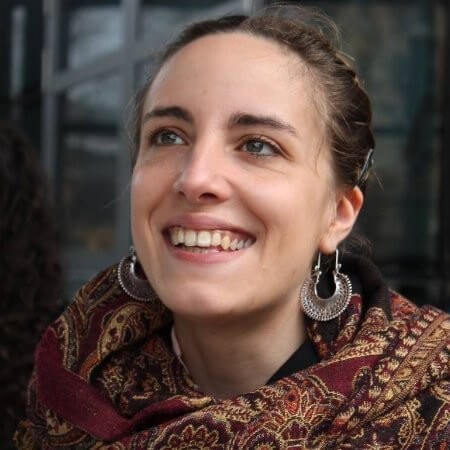
With an academic profile between anthropology, service design and management engineering focusing on young people wellbeing and models of participation, Isabel Farina has an interdisciplinary background focused on healthcare, body and participation.
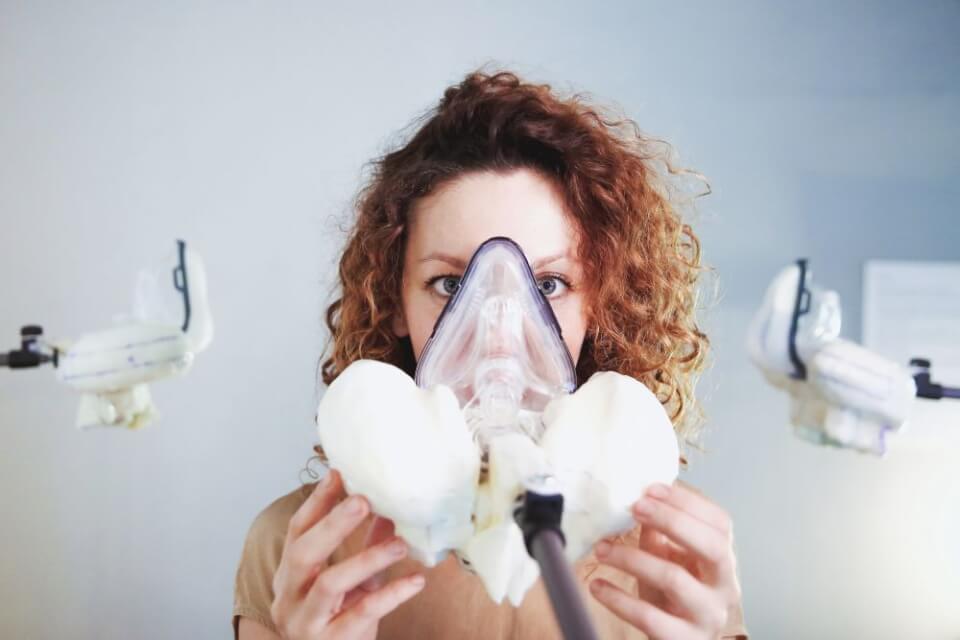
Natalia Fedorova is a an artist, curator, researcher and educator in the field of contemporary art and literature. Her work is centred around mediation between the languages of humans, technology and ecosystems.
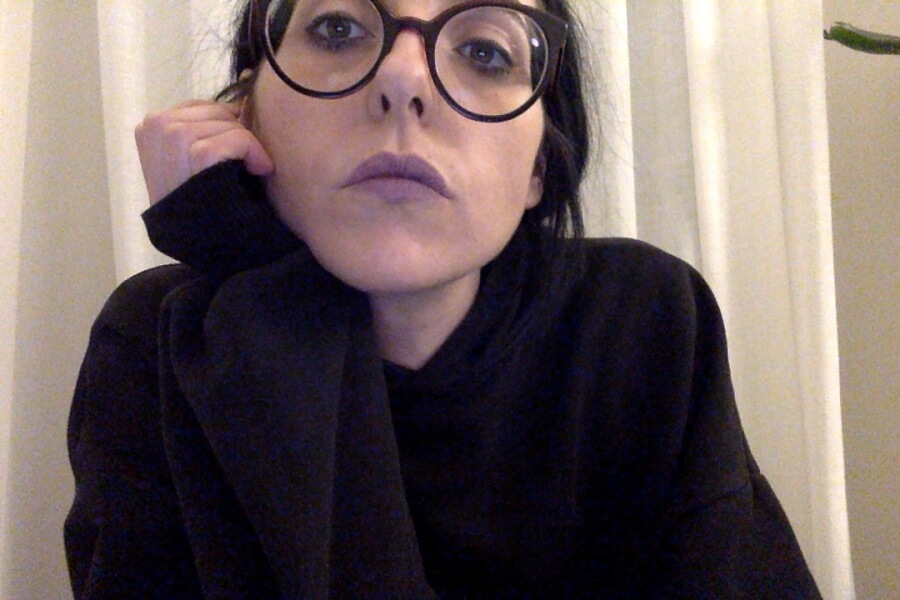
Arianna Ferrari (she/them) is a performance maker and writer whose current research delves into the complexities of postdigital society and technopolitics. She has showcased their projects in independent spaces, galleries, and cultural centers across Europe and North America, including ]Performance Space[ in London, Defibrillator Gallery in Chicago, Onassis Cultural Centre in Athens, and The Blank Contemporary Art in Bergamo. Their work has been featured in collections such as Keep it Dirty Vol.a (Punctum Books, NY) and EmergencyINDEX (Ugly Duckling Press, NY), as well as in scholarly texts like ¡Mamá, de mayor quiero ser un cyborg! La performance como resistencia somatopolítica (Manuel Lopez Garcia, Universitat Politecnica de Valencia) and The Embodiment of Gender Identity in Contemporary Female Performers (Felicie Kertudo, King’s College London). Currently, she is pursuing a Ph.D. in Visual Arts and Techno Humanities at Accademia Santa Giulia in Brescia, Italy.
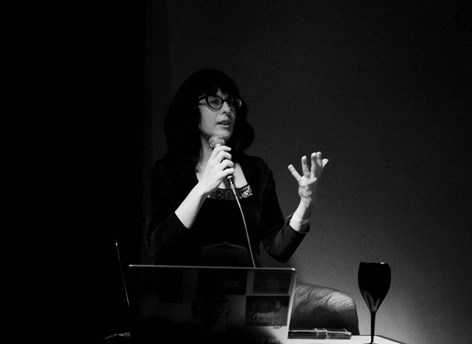
Arianna Forte is an independent curator and researcher based in Rome. Her practice explores how contemporary art intersects with science and technology, generating new spaces for critical inquiry and social imagination. Grounded in an intersectional and transfeminist approach, her work focuses on collaborative, performative, and site-specific methodologies that engage non-specialist audiences and diverse communities.
In 2021, she founded ERINNI, a curatorial platform dedicated to exploring the intersections between science, technology, and gender politics, through a feminist and experimental lens.
Her research investigates the political and poetic dimensions of emerging technologies, with a focus on computational rituals, cyber witchcraft, and magical materialism as anti-hegemonic practices of resistance and care. She was awarded the Italian Council Fellowship (12th edition) with the project Casting a spell in computational regimes: ritual practices for a transfeminist counter-apocalypse.
Since 2016, she has been part of the international collective Witches Are Back, which engages with feminist techno-politics and digital disobedience. Arianna often works through non-institutional, experimental formats—such as workshops, public interventions, and temporary gatherings—to reimagine technological agency from below.
She has curated exhibitions and events in Italy and abroad, including SomoS Berlin, la_cápsula (Zurich), Mz Baltazar’s Lab* (Vienna), Romaeuropa Festival, and AlbumArte (Rome).
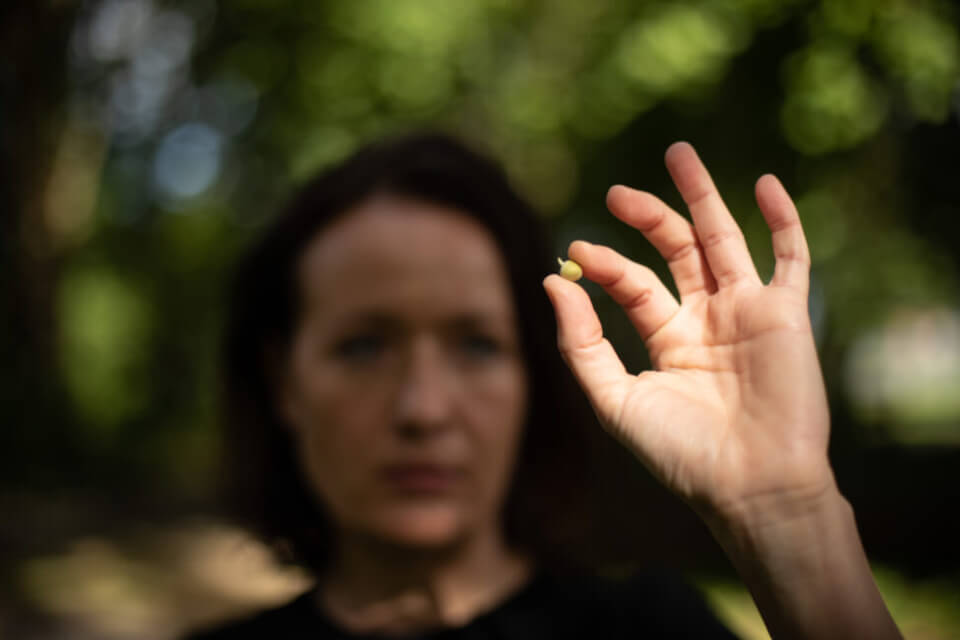
Verena Friedrich creates time-based installations in which organic, electronic, and sculptural media come into play.
Her projects have been presented internationally in the context of exhibitions, media art festivals, and conferences. She received the International Media Award for Science and Art from ZKM Karlsruhe 2005; a special mention in the VIDA 13.2 Art and Artificial Life Awards; two honorary mentions in the Prix Ars Electronica 2015 and 2023; a jury mention in the Japan Media Arts Festival 2015 and the Transitio_MX award in 2017. She has been teaching at the University of Art and Design Offenbach, the Bauhaus University Weimar, and the Academy of Media Arts Cologne.
Photo: Camilo Pachón
(AU)
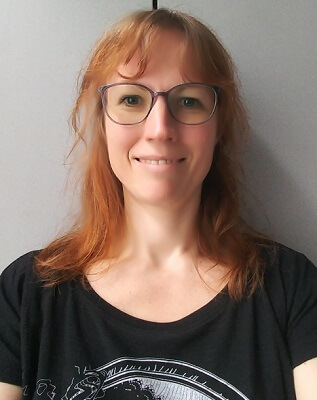
Martina R. Fröschl is a senior scientist and digital artist at the University of Applied Arts Vienna, where she leads the interdisciplinary Science Visualization Lab. With a background in media technology and media design, she earned her doctorate with the thesis Computer-Animated Scientific Visualizations of Tomographically Scanned Microscopic Organic Entities. Her work focuses on visualizing biological and ecological phenomena using advanced imaging techniques such as μCT, MRI, SEM, CT, MRI, SEM, and light microscopy.
A core element of her research is the creation of immersive installations that engage audiences emotionally and intellectually with urgent scientific topics—from biodiversity and systems ecology to human impact on the environment. Her animations and installations have been shown internationally, including at Ars Electronica Center (AT), Barbican Center (UK), SIGGRAPH Art Gallery (US), EPICenter (AU), NTU Gallery (SG) and ECC Venice (IT). Since 2020, she has also served as chairwoman of the PIXELvienna Society, supporting the digital art and animation community through curation and knowledge exchange.
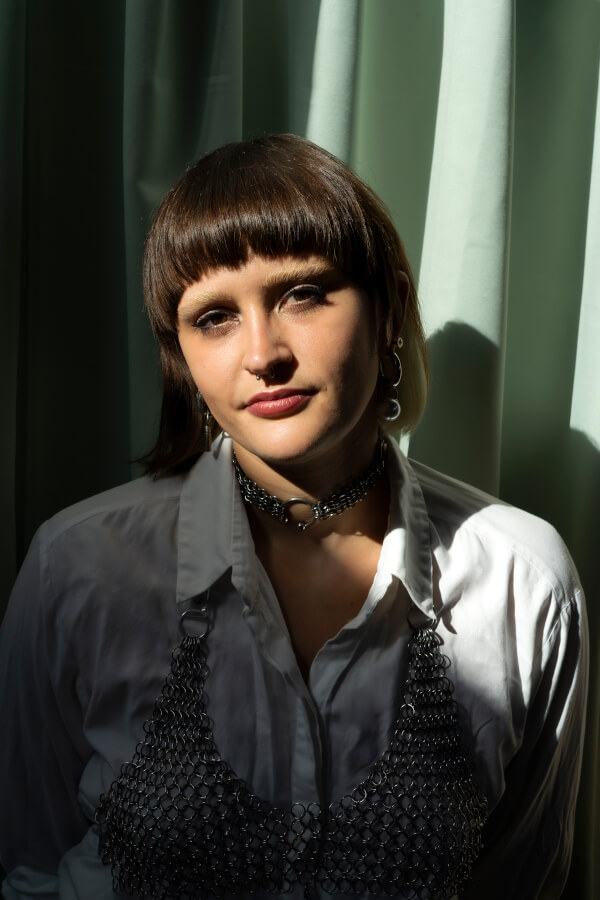
Eva Garibaldi (b. Ljubljana, 1996) is a Slovenian multidisciplinary artist, designer, and researcher based in The Netherlands. Her practice focuses on dissolving binary understandings of landscapes and bodies through critical ecologies. Her research engages with marginal spaces focusing on swamps as spaces of resistance through a through a glitch feminist lens. She works with the mediums of spatial installation, experimental film, and speculative fiction.
She is a member of CBK Rotterdam and Architectural Humanities Research Association. Her work has been presented in several publications and exhibitions across Europe such as BIO27, Milan, Berlin and Dutch Design Week, Soapbox Journal, Art Rotterdam, Garage Rotterdam and HuidenClub among others. Together with Ana Laura Richter, she is the founder of duo Swamp_Matter. Their work has been supported by Creative Industries Fund NL, Škocjan Caves Public Service Agency, Aksioma U30+, Kino Šiška and P74 Gallery.
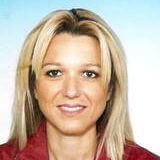
Eleni Gemtou is Associate Professor at the National and Kapodistrian University of Athens (Department of Philosophy and History of Science). Her research explores the intersection of Art, Science, and Technology. She has published widely in scientific journals and conference proceedings, and is the author of the Greek-language books History of Art. An Epistemological Approach (2nd ed., 2022) and Art and Science. Interpretive Approaches to Modern and Contemporary Art through the Influence of Science (2018). She also translated and edited the Greek edition of The Books that Shaped Art History (2022). She has coordinated and authored several University of Athens e-learning programs and is a member of the TECHNO-LOGIA project (ASFA & Dept. of PHS), as well as teaching staff at the Open University of Greece.
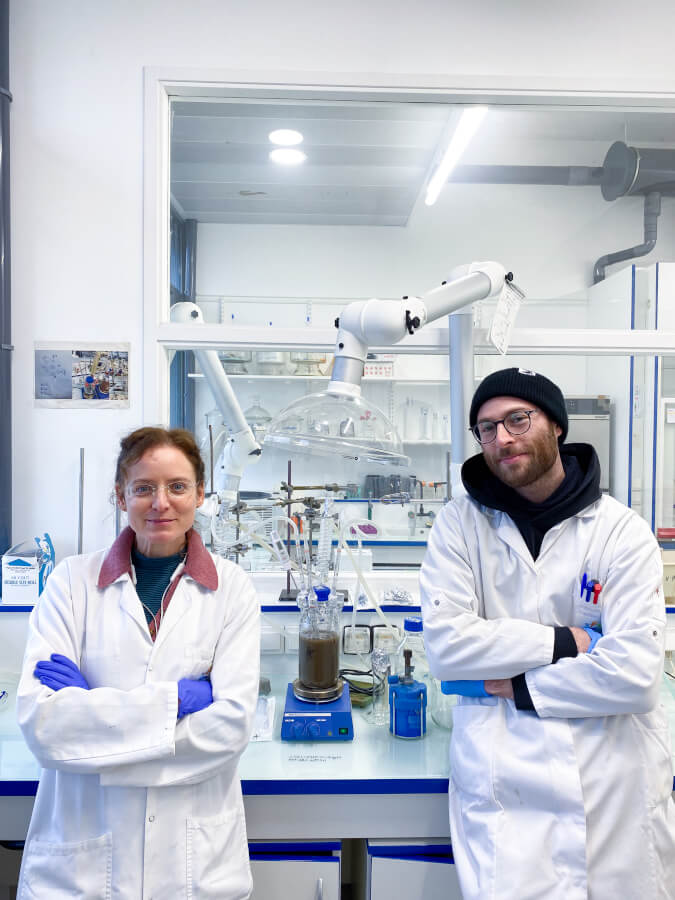
Sebastian Gfellner is a postgraduate researcher in the Exobiology Group at the Center for Molecular Biophysics, CNRS – Orléans, and the University of Orléans (France). His scientific journey from Earth Sciences to Astrobiology started at the University of Vienna (Austria) and continued at the University of Bremen (Germany), with stops at Harvard University (United States) and the University of Liège (Belgium). Primary research focuses on extremophilic microorganisms, their survivability under extreme conditions, and analysis of their biosignatures. His special interest lies in the detection of traces of microbial life on other planetary bodies, particularly on Mars. Through arts-science collaboration, Sebastian found a way to add a transcendental narrative conceptualized by Anna Steward to his research, bridging the two worlds of arts and science.
For more information: https://linktr.ee/sebastian_gfellner
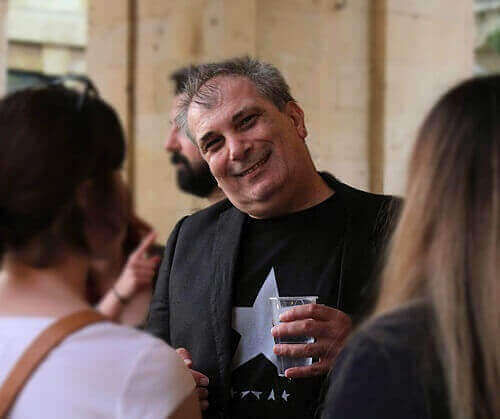
Andreas Giannakoulopoulos is Professor at the department of Audio and Visual Arts of the Ionian University, where he teaches courses related to Internet Communication, New Media and the Web Technologies. He holds a BA (Ptychio) in Economics from the University of Athens (UoA), a BA (Ptychio) in Communication and Media Studies from UoA, a Master of Arts in Communication and Media Studies from UoA, and a Master of Science in Logic from the University of Amsterdam. His doctoral dissertation, approved by the University of Athens, was in the field of web accessibility. The main fields of his academic activities are computer mediated communication, web technologies and e-learning systems as means of effective communication via the web. He has participated in international programmes with a particular interest and experience in dissemination and communication activities. During the last few years he is particularly interested in web applications with academic and artistic content.
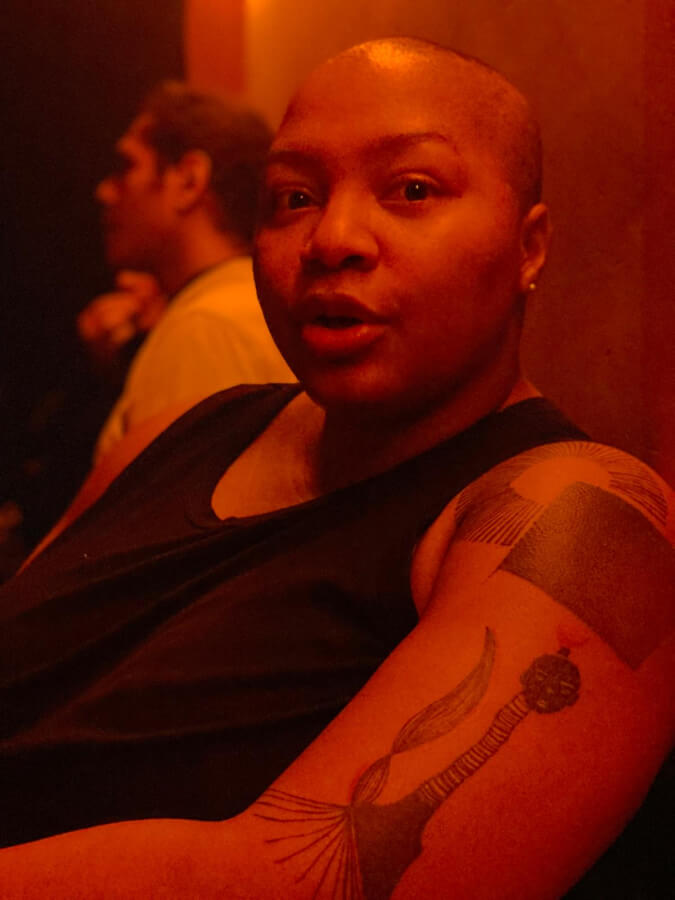
Lex Gillon is the founder of Modality Group, a pleasure think tank dedicated to exploring the intersections of sexuality, society, and emerging technologies. With over a decade of experience in sex industry research, she brings a nuanced and data-driven perspective to conversations about intimacy, culture, and innovation.
A two-time SXSW speaker, Lex has captivated global audiences with insightful presentations that bridge the worlds of sex, data, and Web3, offering thought leadership that challenges norms and fosters deeper understanding.
Lex holds a Chinese degree from Yale University and an MBA from the Asia School of Business. She has lived on three continents, in cities such asNew York City, Shanghai, and Berlin. As "The Pleasure Researcher," Lex is committed to redefining the narratives around pleasure and creating multifaceted conversations which consider macro and microeconomic perspectives.
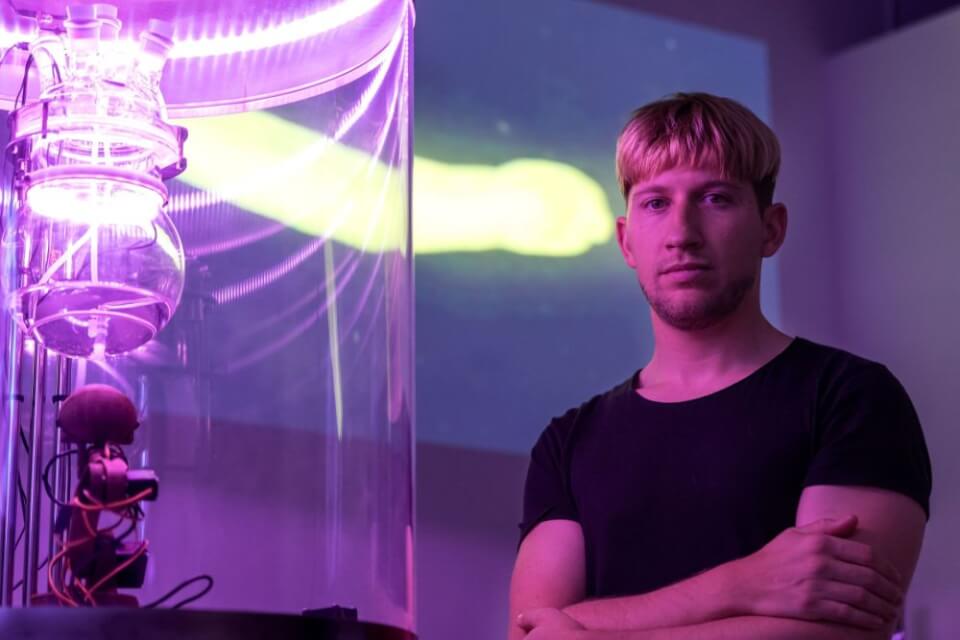
Miha Godec (1988) is an artist, musician, videographer, photographer and lecturer. With a formal background in natural sciences, Godec graduated in 2014 from the Academy of Arts of the University of Nova Gorica. During his studies, he studied at the Portuguese school ESAD (College of Art and Design). In addition to his photographic and artistic practices, he is also a lecturer for photography and virtual reality, while he independently conducts regular educational, scientific, and artistic workshops. In his artistic practice Godec, who works at the intersection of art, science, and new technologies, focuses on the development of new media projects, in which he researches the consequences of anthropogenic impact on aquatic ecosystems, experimenting with water as an artistic medium and researching the sonification properties of water and living organisms. Godec with a diverse skill set from new media, sound, video, and photography is exploring the juxtaposition of technology as a beacon of hope in addressing environmental crises and the contrasting realities of mindless capitalist consumption, analyzing how both forces are steering our contemporary actions.
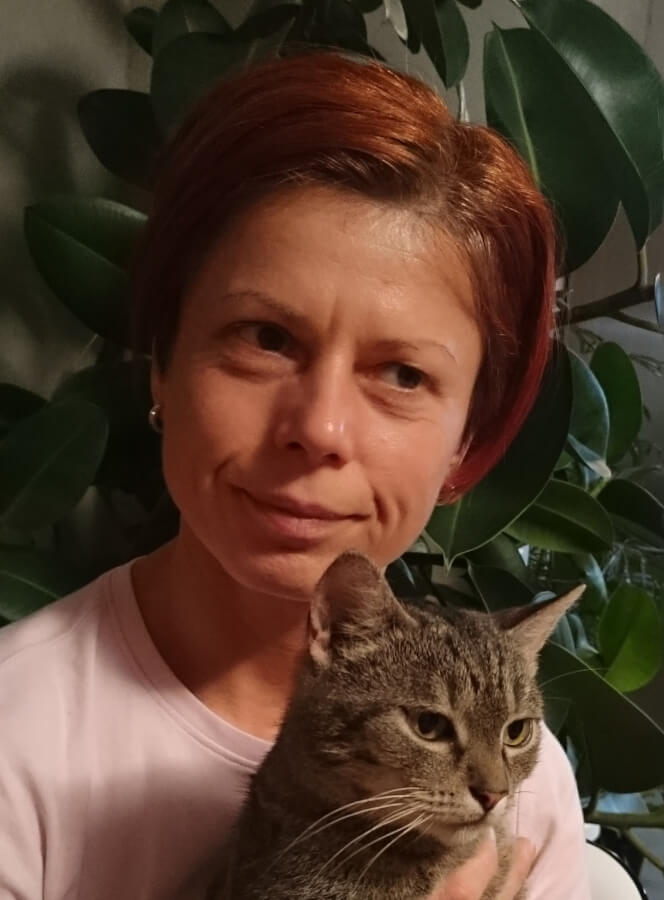
I am a full researcher at the Faculty of Natural Sciences, Department of Environmental Ecology and Landscape Management in Bratislava. I received my doctorate in multimedia arts. In my transdisciplinary research involving art, science and technology, I focus on posthuman phenomenology, hydro-environmental artistic practices and approaches to sympoietic relationships and communication between humans and more than human. My works reflect the interconnection of various experiences – literature, environmental studies, ecophilosophy, semiosis and visual art. It is a space of thought in which approaches of an equal, environmentally sustainable view of the relationship between human and non-human species and biocultural diversity are created.
.
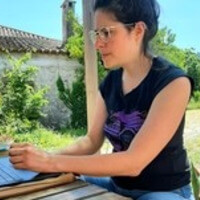
Efrat Gold is a SSHRC postdoctoral fellow and visiting assistant professor at SUNY Buffalo’s Center for Disability Studies, engaging in mad and disability studies. Working with records and artefacts, she explores various appearances and disappearances of mad and psychiatrized people. Critiquing psychiatric hegemony and calling attention to the naturalization of medicalized orientations to human suffering, Gold unearths a multitude of present-absences of those cast off as mad. Tracing the boundaries of normalcy, she explores practices of meaning-making that reproduce sanist and ableist cultural attitudes. Foregrounding the often-overlooked active role of mad and disabled people in pushing back against their marginalization and creating life-affirming possibilities for survival, Gold is motivated by radical politics that recognize the entwined landscape of oppression within efforts to build different futures.
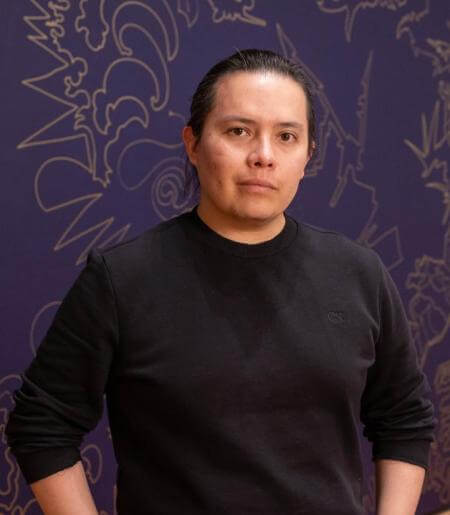
Rodrigo is an art historian and musician researching the interaction between art, science, and technology. His current research explores the concept of invention and how it can be used to frame and understand contemporary artistic practices that engage with technoscience. He holds a master's degree in Art History from City College of the City University of New York (CUNY) and an Erasmus Mundus degree in Media Arts Cultures, a joint master's degree program coordinated by Donau Universität Krems, Austria. He has worked at institutions devoted to art and research in the United States, Europe, and Asia, including the New York Art Resources Consortium (NYARC), the Archive of Digital Art (ADA) in Austria, and the Asia Art Archive (AAA) in Hong Kong. Rodrigo has also curated and co-curated various exhibitions, including Guadalupe Maravilla: Armonía de la Esfera(Johnson Museum, Cornell University, 2024), I Thought I Knew (Syracuse University, 2023), Maro Pebo: The Death of a Naturalist (The Rest, Ithaca, NY, 2023), and I'm Always Here (Osage, Hong Kong, 2021).
(USA)
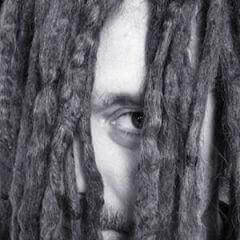
Adnan Hadzi is currently working as resident academic in the Department of Digital Arts, at the Faculty of Media and Knowledge Sciences, University of Malta. Hadzi has been a regular at Deckspace Media Lab, for the last decade, a period over which he has developed his research at Goldsmiths, University of London, based on his work with Deptford.TV. It is a collaborative video editing service hosted in Deckspace's racks, based on free and open source software, compiled into a unique suite of blog, cvs, film database and compositing tools. Through Deptford TV and Deckspace TV he maintains a strong profile as practice-led researcher. Directing the Deptford TV project requires an advanced knowledge of current developments in new media art practices and the moving image across different platforms. Hadzi runs regular workshops at Deckspace. Deptford.TV / Deckspace.TV is less TV more film production but has tracked the evolution of media toolkits and editing systems such as those included on the excellent PureDyne linux project.
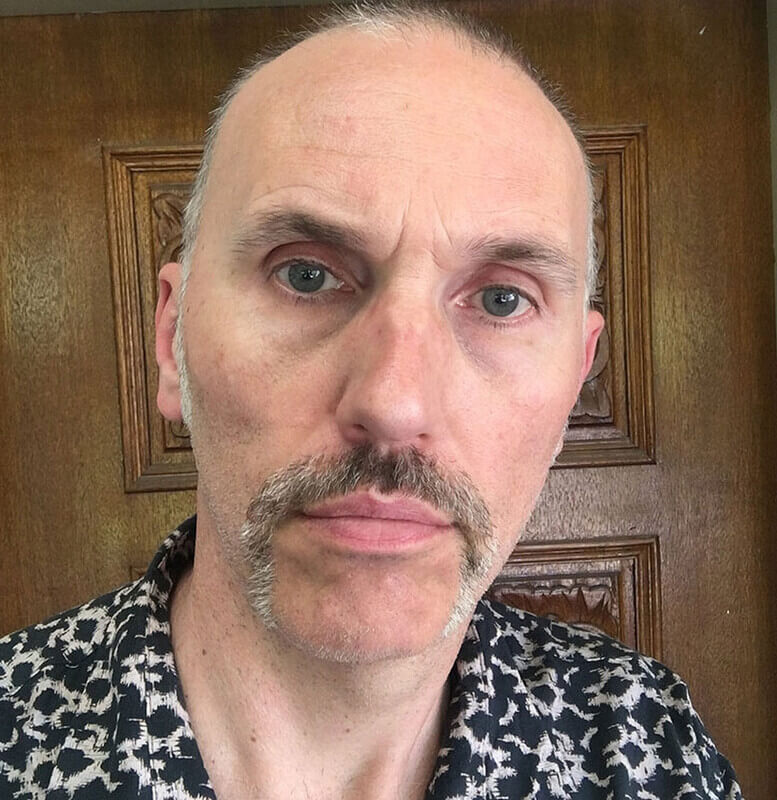
Ian Haig works across media, from video, sculpture, drawing, technology based media, mutant AI and installation. Haig’s practice refuses to accept that the low and the base level are devoid of value and cultural meaning. His body obsessed themes can be seen throughout a large body of work over the last thirty years. Previous works have looked to the contemporary media sphere and its relationship to the visceral body, the degenerative aspects of pervasive new technologies, to cultural forms of fanaticism and cults, to ideas of attraction and repulsion, body horror, transhumanism gone bad, and the defamiliarisation and confrontation of the human body. His work has been exhibited in galleries and video/media festivals around the world. Including exhibitions at: The Australian Centre for Contemporary Art, Melbourne; The Ian Potter Museum of Art, Melbourne; The Experimental Art Foundation, Adelaide; The Australian Centre for the Moving Image, Melbourne; Gallery of Modern Art, Brisbane; The Museum of Modern Art, New York; Artec Biennale – Nagoya, Japan; Centre Georges Pompidou, Paris; China Millennium Monument Art Museum, Beijing; Museum Villa Rot, Burgrieden-Rot, Germany; Kunstlerhaus Bethanien, Berlin, Germany; The Museum of the Moving Image, New York; The Havana Biennial, Cuba. In addition his video work has screened in over 200 festivals internationally including The Ann Arbor film festival, US; VideoBrasil, Sao Paulo, Brazil, Melbourne International film festival and Rencontres Internationales, Paris/Berlin. In 2003 he received a fellowship from the New Media Arts Board of the Australia Council and in 2013 and 2017 he curated the video art shows Unco and Very Unco at The Torrance Art Museum in Los Angeles.
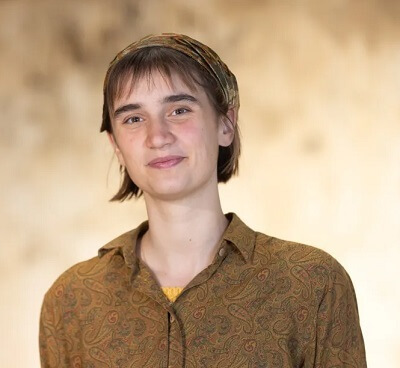
Emma Hallemans is a Belgian scientist and cultural mediator at Cultivamos Cultura. Her interest in putting both natural science and human science in conversation with each other led her to finish an MA (2024) in Management of the Arts and Culture (UCP) after her MA (2022) in Biochemistry and Biotechnology (KUL). As a cultural mediator she searches for a nexus between artists, scientist and audiences. In an attempt at identifying with these three groups, she also explores multiple fields of arts. As a photographer she contributed to a project about mental health for the Belgian governmental youth department “MIJNLeuven”. Besides, she has photographed multiple exhibitions, interviews and concerts in both Belgium, Sweden and Lisbon. In Sweden, she also contributed to the musical project “Cloudgazers” (2022) and created a micro-exhibition at Galaxy Protonen (2022). Furthermore, in Lisbon she co-created an installation (2023) at Bairro em Festa and curated micro-exhibitions (2024) at both Católica and Rizoma. Her research interests lie in Cultural Theory, Music Studies, Visual Culture, Science Philosophy and Social Anthropology. Her creative practices mostly explore visual arts, installations and sound.
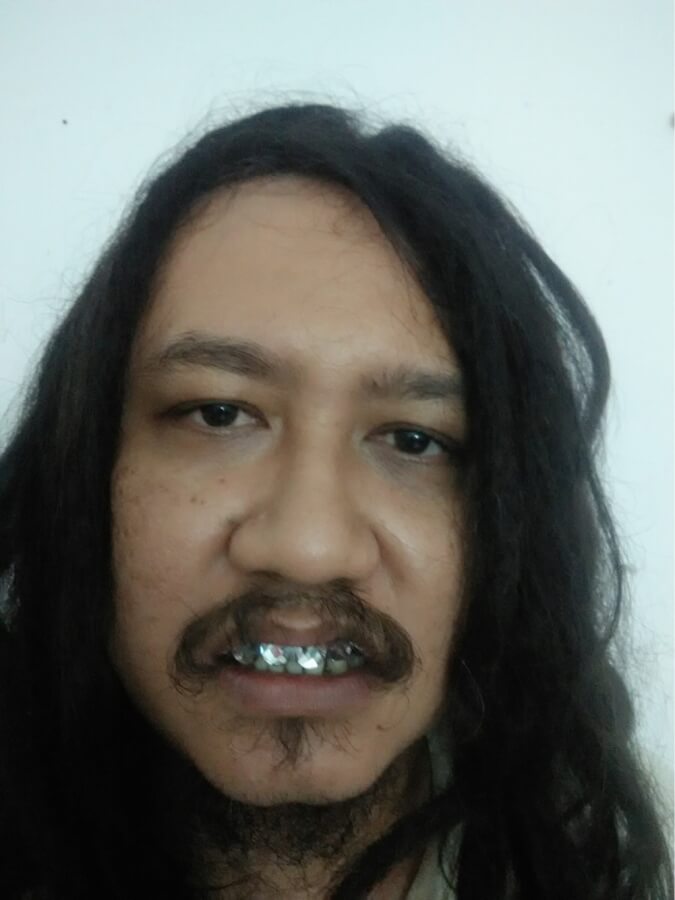
Helmi Hardian is a grassroots artist and ghetto scientist, with a specific interest in cooking and smoking at the same time. He lives in Surabaya, the city that is well known for its industry and technology, as well as being the center of electronic component trading (chiefly, Pasar Genteng). Hence, almost all of his works are closely related to science and technology as the medium of creativity. He is the co-founder of Waft Lab, a creative-based initiative that works at interdisciplinary practices. Currently, he focuses on tech development through DIY/DIWO culture and playing his role in researching, hacking, or deconstructing daily materials to provide some devices with new functional aspects, as well as developing workshop kits, lecturing contents, and presentation materials, which aim to learn, share, and exchange knowledge.
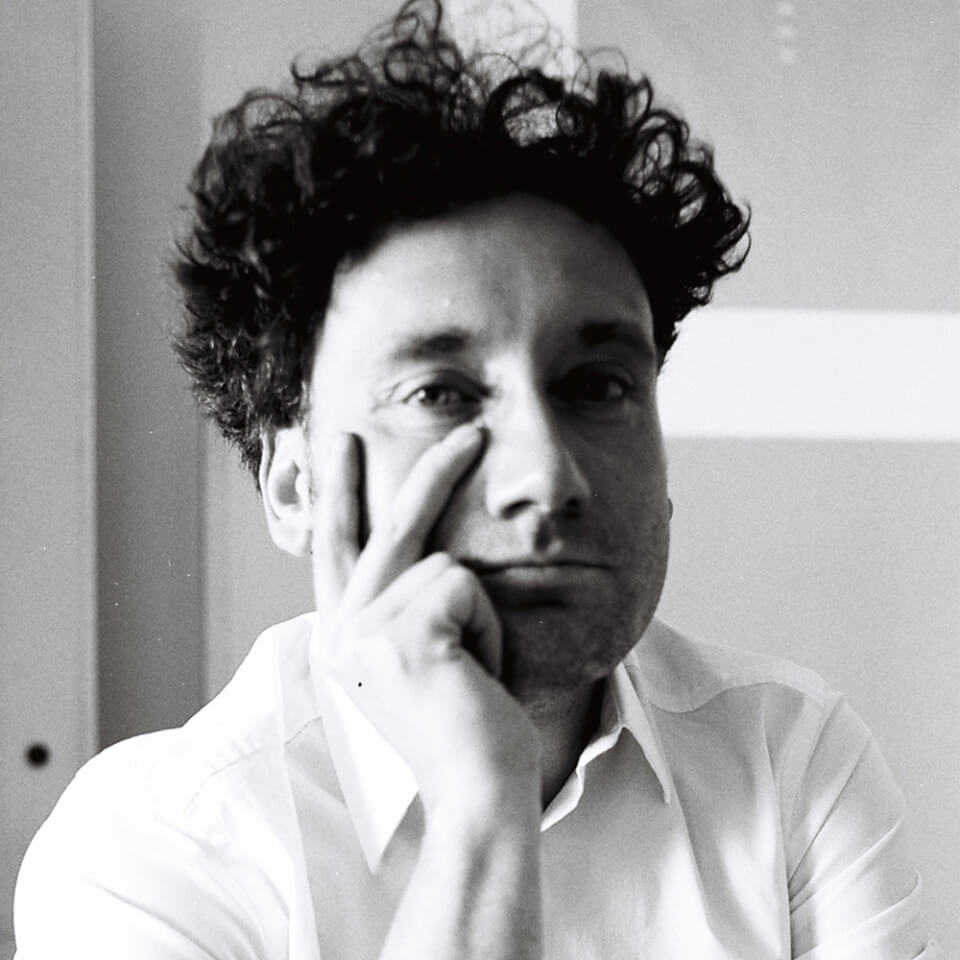
Jens Hauser is a Paris and Copenhagen based art curator and writer. As a media studies scholar he is focusing on the interactions between art and technology. His curated exhibitions include L’Art Biotech (Nantes, 2003), Still, Living (Perth, 2007), sk-interfaces (Liverpool, 2008/Luxembourg, 2009), the Article Biennale (Stavanger, 2008), Transbiotics (Riga 2010), Fingerprints… (Berlin, 2011/Munich/2012), synth-ethic (Vienna, 2011), and assemble | standard | minimal (Berlin, 2015). Hauser is also a founding collaborator of the European culture channel ARTE and has produced numerous reportages and radio features.

Hayashi was born in Kyoto in 1976 and started making films in 1997. He uses photos as materials for his video making.
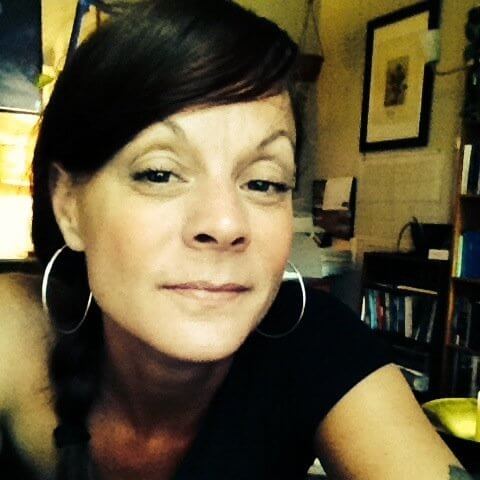
Cosima Herter is a historian of biology and a writer who served as a science consultant for the Emmy Award-winning series "Orphan Black." She collaborates with artists to explore the intersection of biology and storytelling through various projects.
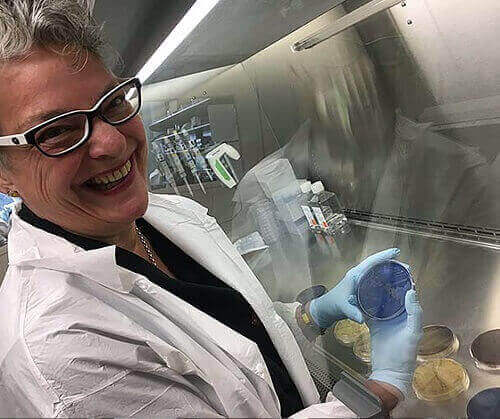
Kathy High is an interdisciplinary artist / educator who collaborates with scientists and activists, and considers living systems, animal sentience, and ethical dilemmas of biotechnology and medical industries. She is Professor of Video and New Media in the Arts department at Rensselaer Polytechnic Institute, Troy, NY, and is director of BioArt and Technology Laboratory, Center for Biotechnology and Interdisciplinary Studies. She is a supporter of community DIY science and ecological art practices and Project Coordinator for the NATURE Lab Urban Environmental Education Center with The Sanctuary for Independent Media where she is a board member and co-founder. She is committed to queer and feminist approaches to reshaping ecological bio-science research and learning-by-doing, and to collaborative action. Among many honors, she is recipient of awards from National Endowment for the Arts, Guggenheim Foundation and Rockefeller Foundation. Her artworks have been shown at documenta 13 (Germany), Guggenheim Museum, Museum of Modern Art, (NYC), UCLA (Los Angeles), Science Gallery (Dublin), NGBK (Berlin), Festival Transitio_MX (Mexico), MASS MoCA (North Adams), Para-site Gallery (Hong Kong), Esther Klein Gallery, (Philadelphia), Medical Museum (Copenhagen). She has had residencies with SymbioticA, University of Western Australia, Finnish Society of Bioart, Coalesce, University of Buffalo, Djerassi Scientific Delirium Madness. www.kathyhigh.com

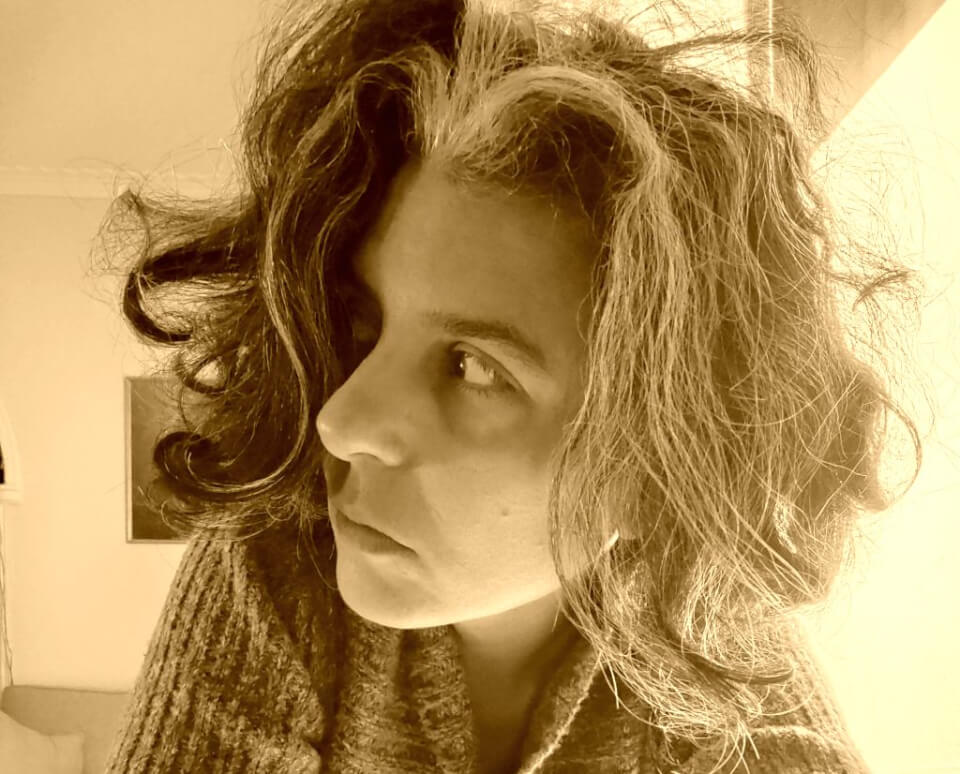
Dalila Honorato, Ph.D, is the starter of the conference "Taboo-Transgression-Transcendence in Art & Science". She is a Professor in Aesthetics and Visual Semiotics at the Ionian University, Greece. where she is also the Director of the Interactive Arts Lab and the Master of Research in Hybrid Arts. A collaborator at the Center of Philosophy of Sciences - University of Lisbon, her research focus is on embodiment, monstrosity, the uncanny and the acrobatic balance between phobia and paraphilia.
Photo credits: Gina Rottweiler
(GR)
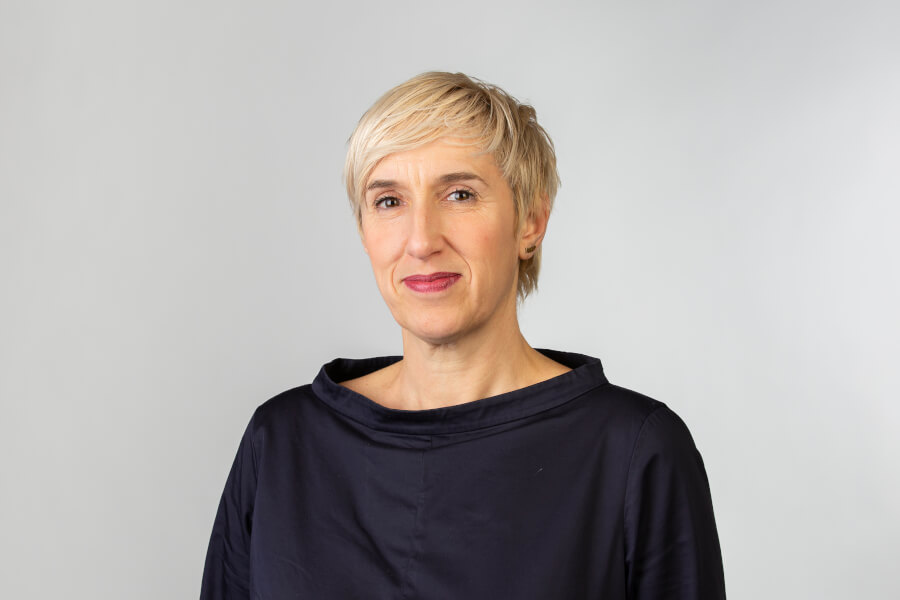
Beverley Hood is an artist and researcher based in Edinburgh. Since the mid-1990s, she has been delving into the impact of technology and science on the body, relationships, and human experience, through the creation of digital media, performance art projects, and writing. Her work is interdisciplinary and research-led, undertaken in collaboration with a range of practitioners, including medical researchers, scientists, writers, technologists, dancers, actors, and composers.
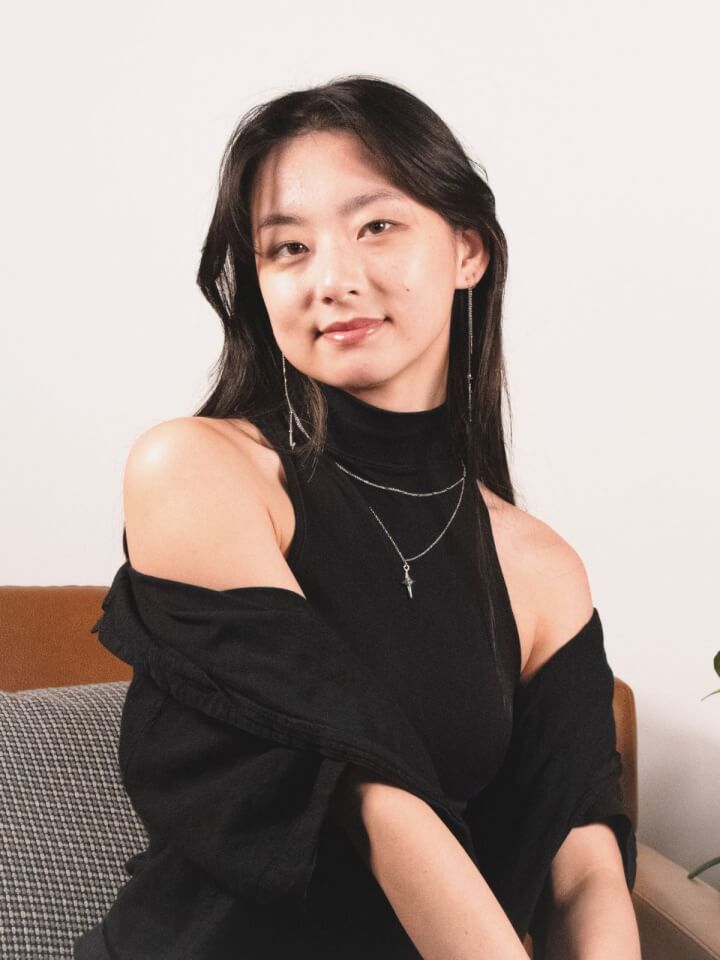
Demi is an interaction designer and developer. Her work spans multiple disciplines, from physical fabrication to programming to UI/UX design. Demi is passionate about how tangible, immersive interactions can help us live more meaningfully in an increasingly digital world-her vision for the future is one where technology is used to augment our everyday sensory experiences and social connections, not replace it.
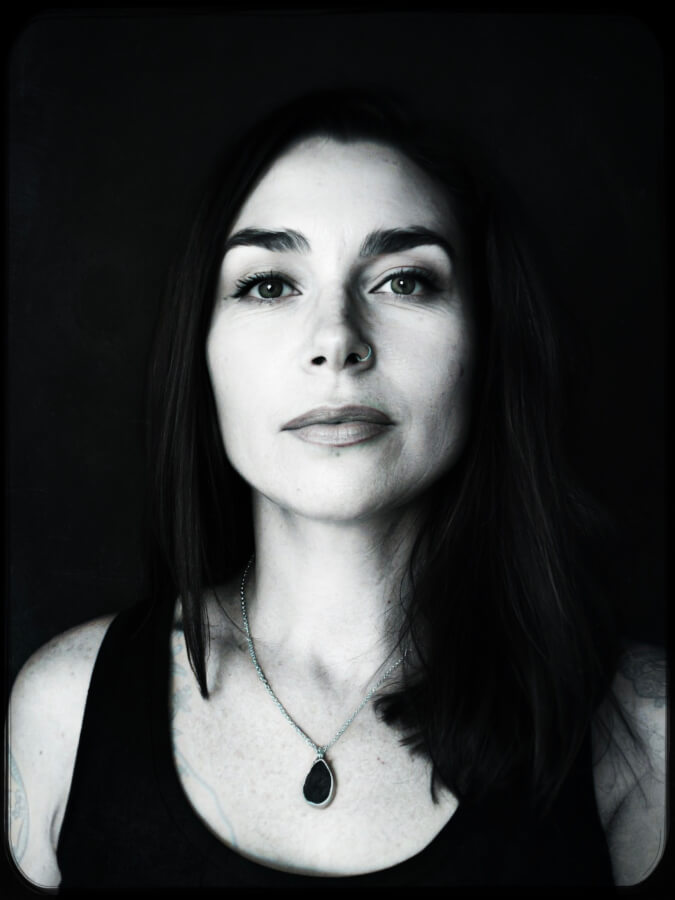
Dr. WhiteFeather Hunter is an internationally recognized Canadian artist and researcher, and SSHRC Postdoctoral Research Fellow at the School of Interactive Arts and Technology, Simon Fraser University. She holds a PhD in Biological Art through SymbioticA, The University of Western Australia, and an MFA in Fibres and Material Practices from Concordia University. Her doctoral thesis, “The Witch in the Lab Coat” was a TechnoFeminist negotiation of science biocultures by using ‘taboo’ materials such as menstrual fluid in tissue engineering protocols; this included witchcraft as performed resistance to medicalized control over women’s bodies. Her recent project, Sentient Clit—The Pussification of Biotech explores 3D-bioprinting clitorises with menstrual stem cells differentiated to neuronal types, to produce synthetic clitorises that respond to stimuli. The project was awarded an Ars Electronica 2024 S+T+ARTS Prize jury nomination. WhiteFeather exhibits internationally, recently (solo) at the Museum of Witchcraft and Magic (Cornwall, UK), MKII (London, UK), Plexus Projects (NYC, US), Ectopia Lab (Lisbon, PT), SomoS Arts (Berlin, DE), and Duende Art Museum (CH). She is hosted at prestigious international biolabs, such as the Gulbenkian Institute of Molecular Medicine, uLisboa, University of Ottawa Heart Institute, and DZNE German Center for Neurodegenerative Diseases. She presents at high profile festivals, conferences, and residencies across the globe, recently delivering a keynote address for the Future Humanities Institute, University College Cork (IE). She is published in peer-reviewed journals and books in Australia, UK, Greece, France, Denmark, Canada, and USA, with forthcoming publications in Austria, Australia, and the UK.
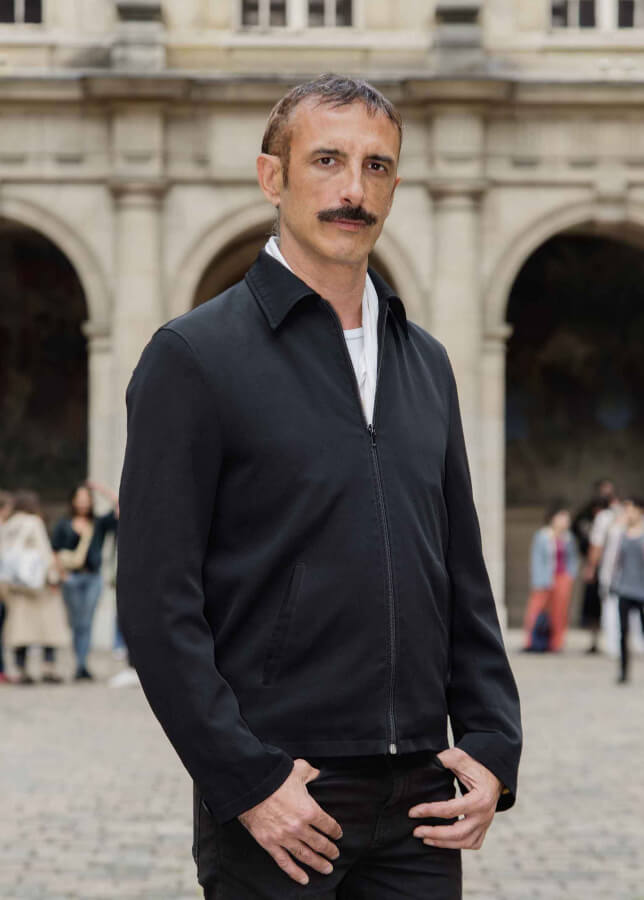
Julien Isoré is a French painter and visual artist, born in 1977. He has been living and working in Vincennes since 2023. After training in law, specializing in sculpture at the Fine Arts School in Lisbon, and gaining experience in the sociology of the imaginary, he embarked on an international career that blends art, law, biology, and sociology. As a painter, Julien develops a "painting of the invisible" inspired by Pierre Soulages, seeking to represent a figurative image of a landscape becoming invisible through contrasts of shadow and light. Beyond our relationship to reality, he questions our capitalist value scales and creates total works that combine concepts and performances, exploring themes of the immaterial and the non-human.
With his advertising campaign project for love (artforlove.fr) and his research project on forest art, "Alan Tod, the Forest Artist" (alantod.com), Julien Isoré has exhibited his works in Europe, the United States, Mexico, China, and India.
Today, as the inventor of the "Ready-wild" concept, which transforms wild spaces into works of art to protect them, Julien did a Master’s degree in art at Panthéon-Sorbonne to refine this activist and innovative artistic technique. He has chosen Mexico to carry out his Master’s project, focusing on the Tehuan Ranch Valley where he did an ready-wild made of 12 hectares of wild forest called "Gracias".
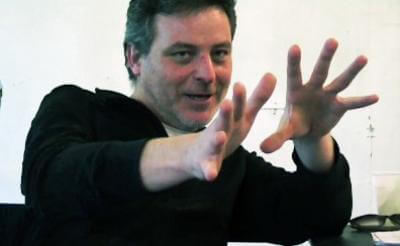
Bojan Jablanovec is a theatre director and researcher known for his work in contemporary performance art and for founding the international project Via Negativa in 2002.
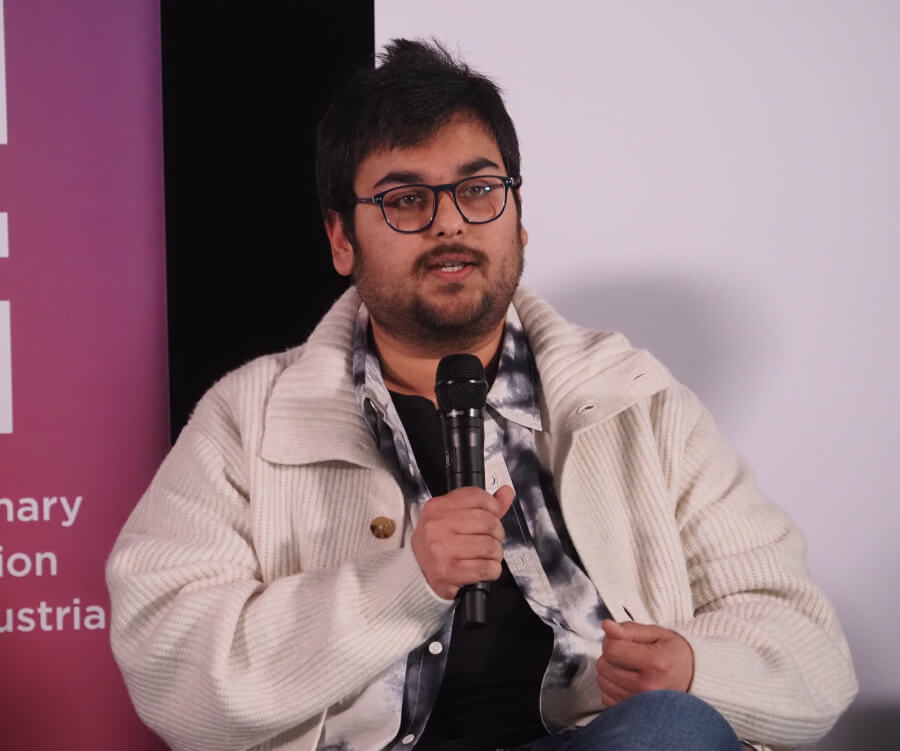
Puneet is an artist/engineer working at the intersection of Human-Computer Interaction (HCI), eXtended Reality (XR), Critical Design, and Disability Studies. He is currently pursuing his PhD at Concordia University, Montreal, Canada under the supervision of Artist/Researcher Chris Salter.
Puneet’s artistic-research practice investigates how technologies of XR (umbrella term for Virtual/Augmented Reality and body-worn interfaces) can be made accessible for the disabled communities (particularly people with quadriplegia/paraplegia). Concretely, opening the platform of XR for (and with) the disabled communities, developing artistic XR interventions that re-shapes, re-imagines, and provokes the common misconceptions around sensorimotor disabilities.
Puneet’s work has been showcased both in India (from where his roots emerge) and internationally at venues such Ars Electronica (Linz, Austria), ISEA (Barcelona, Spain), xCoAx (Treviso, Italy), Electronic Literature Organization (Florida, USA), KunstFest (Weimar, Germany) etc.
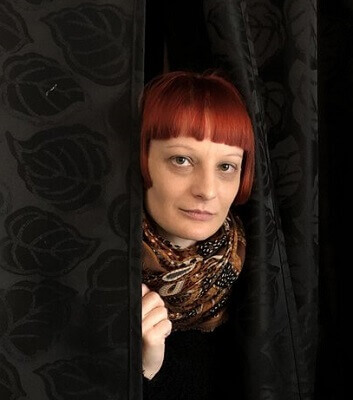
Jasna Jernejšek currently works as the Artistic Manager of the Visual, Audiovisual and Intermedial Arts Program at the Kino Šiška Centre for Urban Culture, as well as the head of the DobraVaga Gallery in Ljubljana. Previously, she worked as an independent curator, researcher, writer, and lecturer in the field of contemporary visual arts. In her work she focuse on the interdisciplinary intersection of social science theory, the history of photography, contemporary artistic practices, and visual communication.
(SI)

Theodore Kabouridis is a researcher in Aristotle University of Thessaloniki with field of research the anthropological, productive and legal reconstitution of digital technologies. His doctoral thesis (Aristotle University, 2014) studied the diachronic and systemic relation between technology and human internality, whereas his post-graduate studies (Aristotle University, 2008), concerned political philosophy, ontology and philosophy of social sciences. He completed his graduate studies in London Metropolitan University (2004), in the faculty of Philosophy and Sociology.
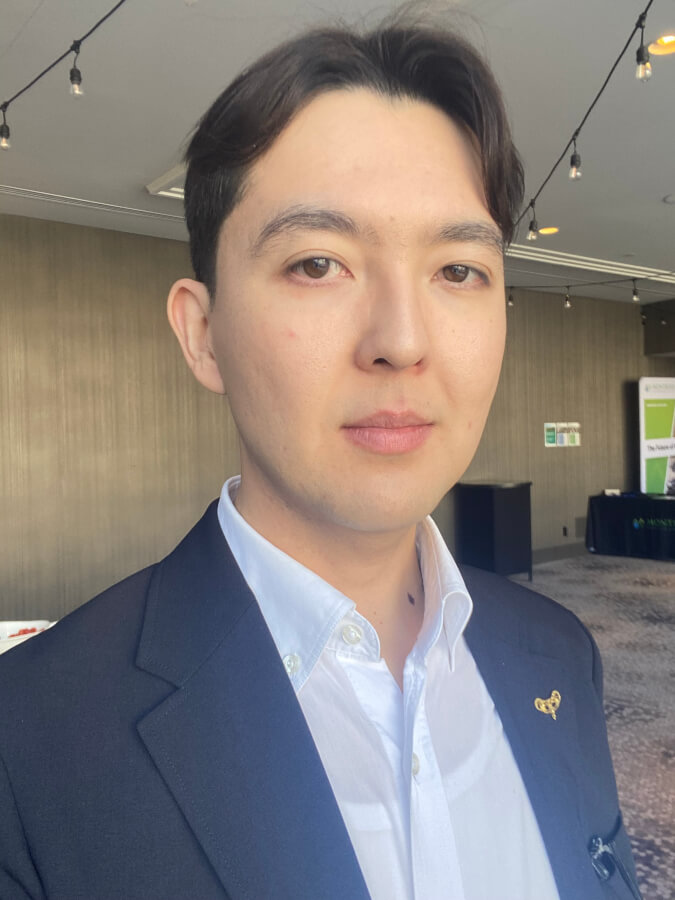
Dauren is a multidisciplinary artist and scientist from the Argyn tribe of the Kazakh ethnicity. Originally from Kazakhstan, he is currently pursuing a PhD at the University of Alberta, Canada, focusing on the preservation, restoration, and sustainable use of grasslands. In his scientific research, Dauren emphasizes minimizing the use of chemicals and waste, striving to develop sustainable practices that maximize resource efficiency.
As an artist, Dauren works primarily with ink, liners, and paper to create intricate graphical art. His artistic practice explores themes rooted in personal and cultural heritage, combining his family’s oral histories and personal experiences with the broader narrative of Kazakh history. Through his art, Dauren synthesizes these influences to convey a profound sense of identity and place, reflecting deeply philosophical insights.
Describing himself as a modern Renaissance individual, Dauren has diverse interests in art, science, history, philosophy, and social behavior. His artistic perspective informs his approach to research design and data visualization, while his scientific curiosity enriches his understanding of historical and environmental change. He often reflects on how past climates and management practices have shaped landscapes, deepening the interdisciplinary connections in his work.
Dauren is passionate about harmonizing the realms of art and science, integrating methodologies and ideas from both fields in his daily life and work. By bridging these disciplines, he seeks to enhance communication, foster understanding, and inspire meaningful dialogue in society.
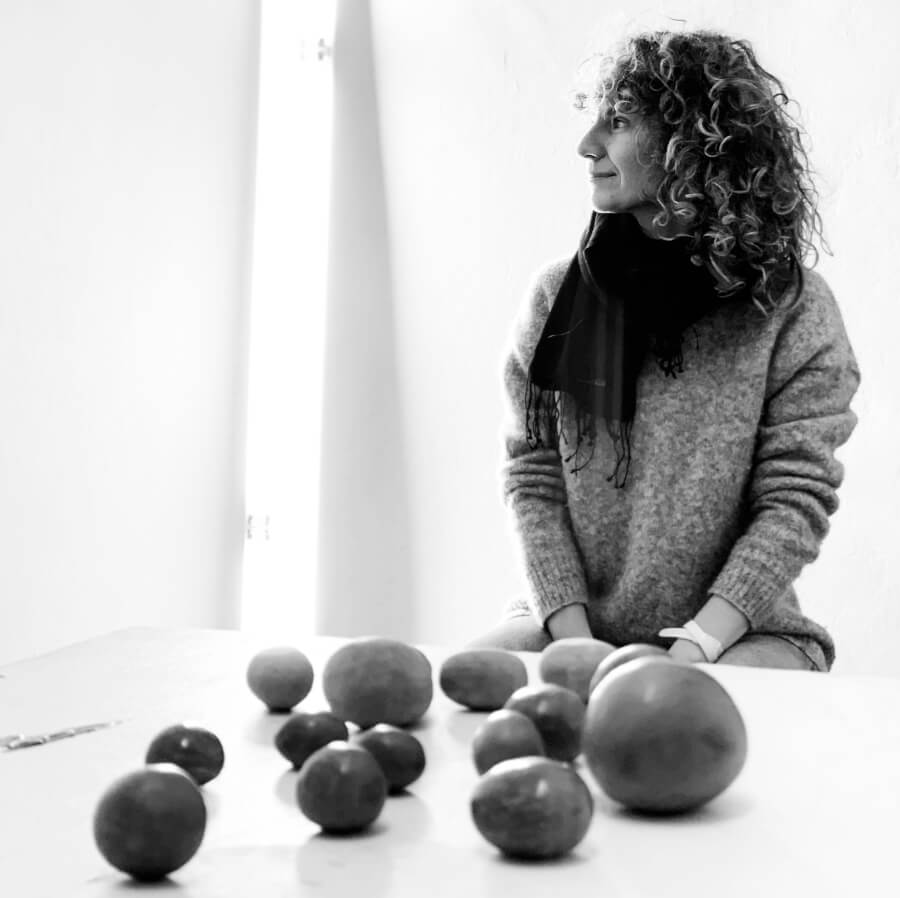
Born in 1982, visual artist, holds PhD in Arts, teaches at the Photography Faculty, University of the Arts in Poznan. Co-curator and curator of photography exhibitions (eg. during: Photokina Academy, Cologne,2014; the European Month of Photography, Berlin, 2016; Riga Photo Month 2019; Chiang Mai Photo Festival 2020).
Participated in artist residencies in Spain, Thailand, France, presented her works in individual and group exhibitions and conferences in Poland, Germany, Austria, Belarus, Slovakia, Lithuania, Spain, Sweden, Greece, Wales, Indonesia, Korea, Portugal, Malta, Thailand.
My artistic research is centered around what I call "Conflicted Landscapes," a term that reflects my exploration of landscapes as dynamic processes, rather than static vistas to be admired or consumed. I understand landscapes as deeply entangled in various relationships between humans, nature, and the broader environment. In my work, I focus on the traces of human presence and decisions both tangible and metaphoric, imprinted in the very fabric of the land itself, and echoed in its history, in macro and micro-scale manifestations. The recurring themes in my practice are deeply connected to the concepts of power and loss as they manifest in landscapes. I explore how landscapes are shaped by historical and social forces—whether the imprint of colonialism, the consequences of environmental exploitation or smaller scale interventions. My approach to the research combines both field and studio work, blending observational and archival studies to create a more comprehensive understanding of the land's complex narratives. Photography is my primary medium, I also work with ceramics and installation.
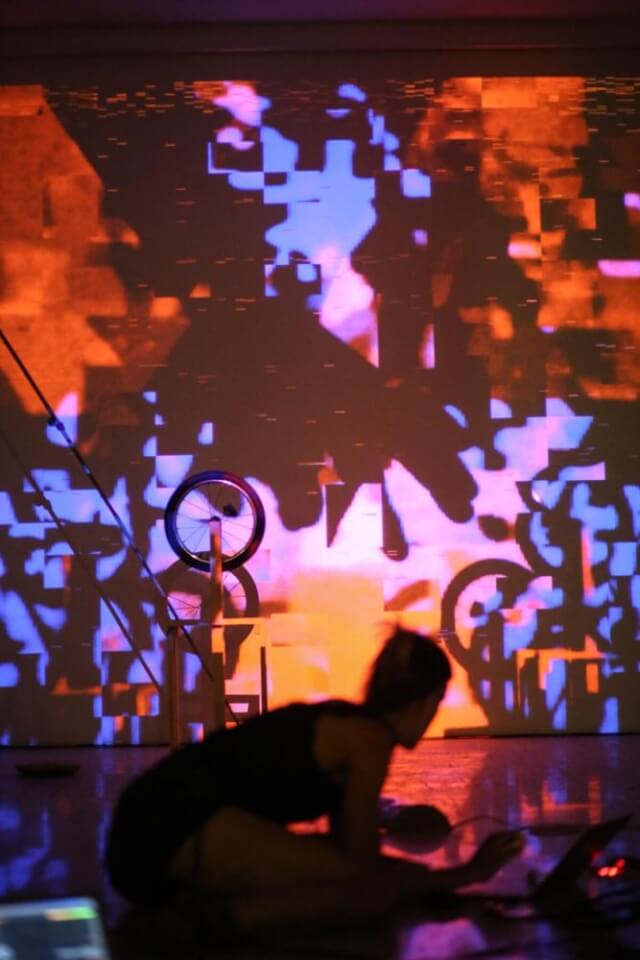
Tatiana Kocmur (BA, 1992) is a visual artist and contemporary art producer, representing the Cirkulacija 2 association and co-creator of the TRANSLACIJA/TRASLACIÓN platform for the production, exhibition, and research of performative art.
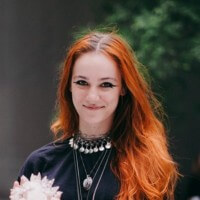
Anya Koehne is a junior at The University of Texas at Austin, known for her work in biochemistry and her innovative project that involves creating a probiotic pill designed to help digest plastic waste. She recently won a grand prize award for her project, which promotes sustainability and creativity.
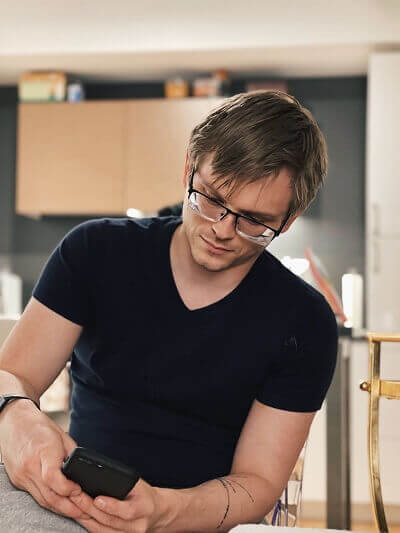
Jordan Kokot specializes in the ethics of technology, social and political philosophy, the philosophy of art, and phenomenology. His current research is focused on the issues generated by the meteoric rise of modern digital and biomedical technologies, specifically the ways that VR and XR technologies manipulate normative affordance structures and how cyborg technologies play into pernicious forms of ableist “cure aesthetics.”
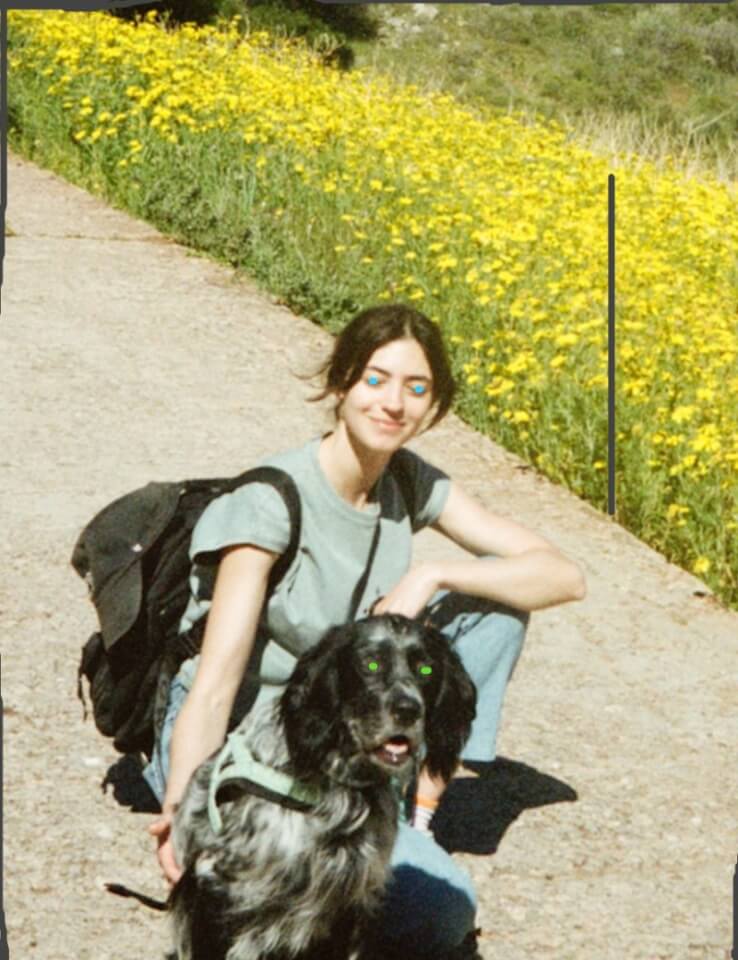
Markela Koniordou is a Greek performance and video artist whose work merges art, science, and social engagement. With an academic background in biological sciences and public health from University College London, and over 15 years of experience in health research, project management, and communications, she is currently pursuing an MA in Art & Science at the University of Applied Arts Vienna. Her interdisciplinary approach allows her to explore themes of sustainability, health, and the environment by blending scientific inquiry with artistic expression.
Markela’s creative practice spans video, audio, and performance, crafting sensory experiences that prompt critical reflection on the interplay between technology, nature, and human society. Recent works include the performance "Graziata," developed during a residency at Seestadt Studios in Vienna, as well as video pieces like "Circa diem" and "Walk in the Mall," which investigate how media shapes contemporary human experience. In addition, Markela has contributed to documentary filmmaking, serving as associate producer and featured character in the award-winning short film MICROBIOME, and working on the feature documentary E-LIFE, which exposes the environmental impacts of electronic waste disposal.
Through her multidisciplinary practice, Markela Koniordou inspires dialogue and action on global issues, urging audiences to reconsider the interconnectedness of human health, the environment, and the systems that shape our world.
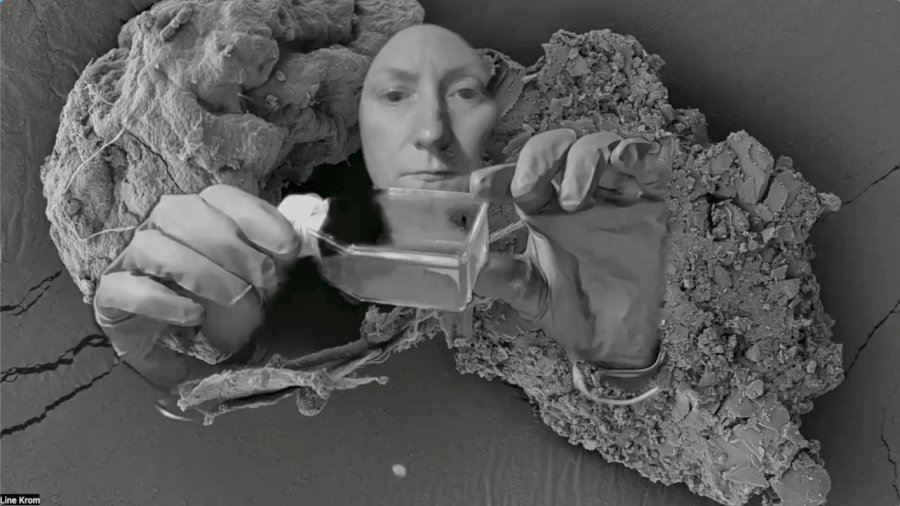
Line Krom is a German artist and cultural anthropologist, who explores the cultural richness of dust collected from museums, archives, mines, fields and other sites of social significance. Krom has transformed this often-overlooked material into performances, paintings, digital objects, and installations. Dust serves as both a metaphorical and material substrate in her practice for investigating themes of time, memory, environmental justice, and cultural heritage.
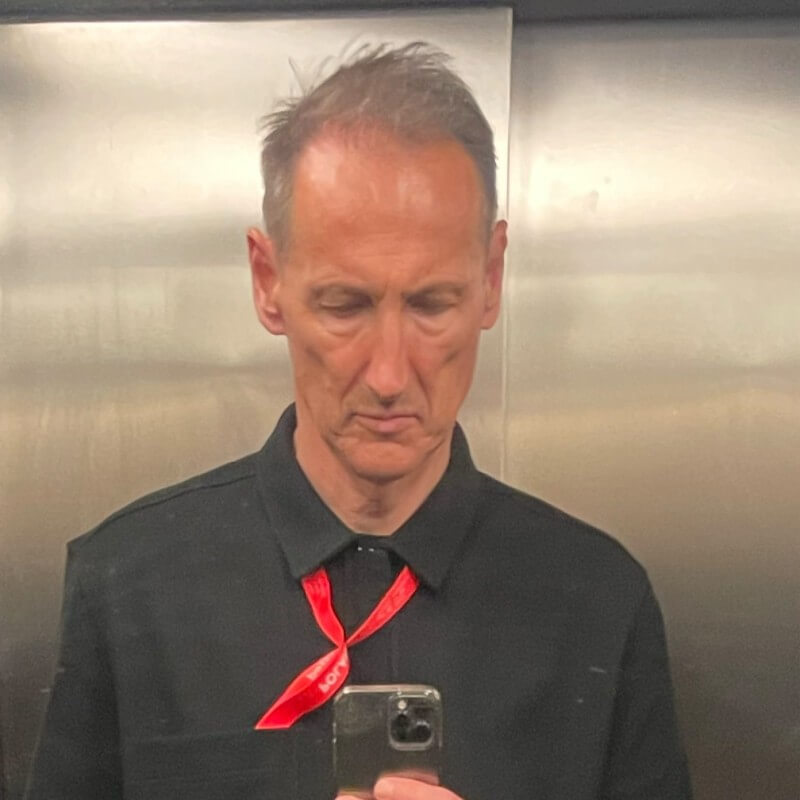
In 1995, Krpan conceived the Kapelica Gallery - Gallery for Contemporary Investigative Art as a non-governmental and non-profit organization. As a curator and commissioner, he has contributed to both national and international exhibitions and festivals, the largest international productions to date being the organization and artistic leadership of the Slovenian national pavilion at the 50th Venice Biennale in 2003, the conceptual gallery Cosinus BRX at the European Commission building in Brussels, and U3 the 5th Triennial of Contemporary Investigative Arts 2006 at the Museum of Modern Art - Ljubljana. In September 2008 he curated the presentation of the Kapelica Gallery in the Featured Art Scene section of Ars Electronica in Linz and in 2009 the survey of contemporary investigative art relating to 80 years of avant-garde art in Slovenia. In 2014 he co-curated the Designing Life section of the Ljubljana Design Biennale and was co-curator of the Slovenian Pavilion at the Venice Architecture Biennale. He has been a member of the Prix Ars Electronica jury for the Hybrid Arts category in 2010, '13, '15, '16, '17 and 2023. Since 2012, he become the artistic director of the Kesnikova Institute. BioTehna, Rampa, and Vivarium research and development laboratories have become important R&D platforms for the Kapelica Gallery. Since early 2017 he has worked on systemic solutions for innovation design, bringing artistic ideations as innovation catalysts in the innovation process for smart industries and communities for a more sustainable, safer, inclusive, and ethical future. In 2020, he co-curated the symposium The Future of Living with AI for EUNIC at Bozar Brussels, where the selection of Slovenian artists was presented in the framework of the S+T+ARTS awards. In 2019, the Government Office for Development and European Cohesion Policy awarded him the title of Ambassador of Smart Specialisation of the Republic of Slovenia. He is a member of the National Council of Culture of the Republic of Slovenia representing and advocating cultural NGO interests from 2019 to date. Jurij Krpan lectures on the artistic profile of the Kapelica Gallery and the cultural profile of the Kersnikova Institute in Slovenia and abroad.
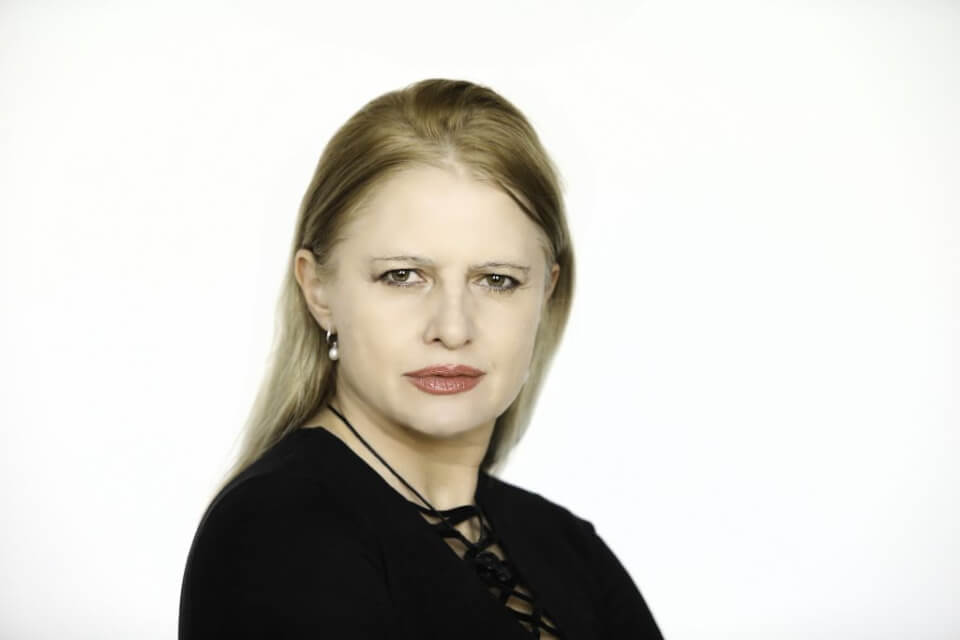
Mojca Kumerdej is a Slovenian fiction writer who has been translated into several languages and included in numerous Slovenian and foreign anthologies. In addition to literary writing, she has worked as a journalist, dramaturge and art critic in the fields of contemporary dance, theatre, performance and intermedia art. As a freelance contributor to the Saturday supplement of Delo newspaper, she writes about art, science and culture and occasionally collaborates with the Slovenian intermedia institutions Kersnikova 4 and Aksioma Project Space.
Photo credits: Jože Suhadolnik
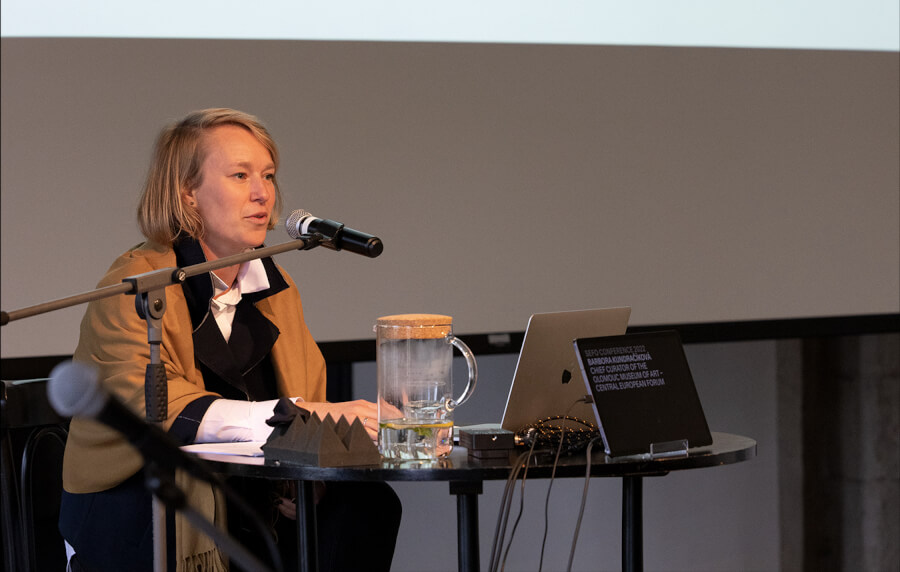
Barbora Kundračíková is an assistant professor at the Department of Art History at Palacký University in Olomouc. She also works as a curator at the Olomouc Museum of Art – Central European Forum (SEFO), collaborates with the private platform The House and works as a freelance curator. Her areas of interest include 20th and 21st century European art, technical representations, art history methodology and analytical approaches to aesthetics. As a curator, she focuses on projects presenting intermedia, postmedia and new media arts. As an author, she contributed to many publications, including the New Realisms: Modern Realist Approaches on the Czechoslovak Scene (1918-1945), László Lakner and CEE painting in the second half of the 20th century (with Dávid Fehér), New Holland (with Hubert van den Berg), etc. She is co-editor of the magazine Art 3/2022, focused on the relationship between photography and science. Due to her work within cultural institutions, she is interested in museum education, pedagogy, principles of sustainability, and inclusivity. She is a member of the L'Association internationale des critiques d'art (AICA).
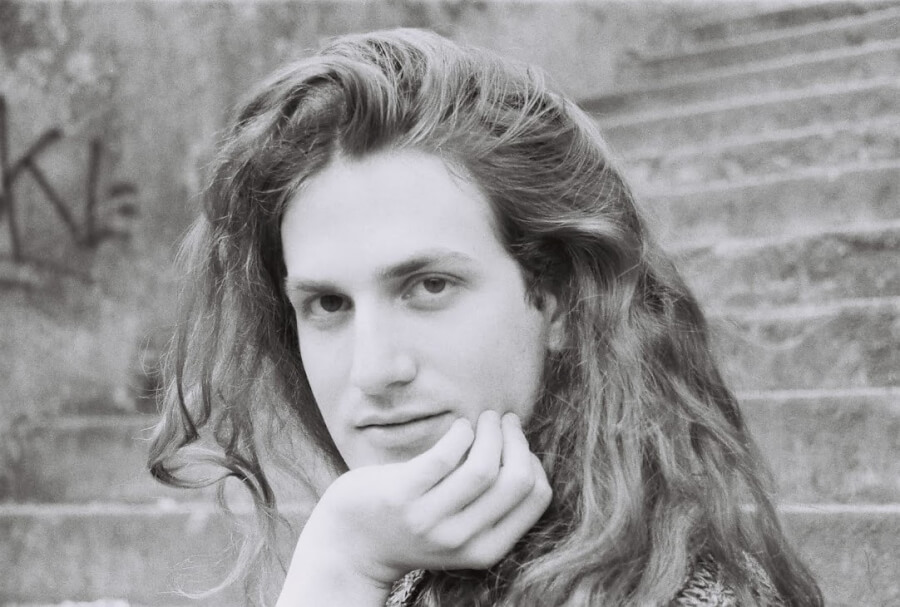
Tane_Tanya Laketić is a cultural worker and researcher with completed Interdisciplinary Master's studies at the UNESCO Chair of Cultural Policy and Management of the University of Arts in Belgrade.
As an artist, she primarily works with textiles, but is also interested in drawing, text, sound and performance. In addition, Tane aspires to contribute to the wider field of culture, including various disciplines such as management, curating, art history, cultural heritage, politics, human rights with an emphasis on LGBTQ+ rights. So far, she has participated in two international conferences in 2023 (Presented research: Perreo Periferia: Feminist Exploration of Reggeaton) and 2024 (Presented research: The Architecture of Female Gaze: The Influence of Femme Fatale Stereotype Portrayal).
Since 2022, Tanya is part of the Organisational Team of the Youth Biennial (Serbia) in the Financial and External Communications Teams. She is currently curating its third edition with the concept Oases regarding 'new imaginings of future and better worlds', contextualising this natural phenomenon as 'active, transient spaces, a sort of micro-reconfigurations that have no intention of ever becoming part of the dominant discourse (desert)'. Besides, she is a member of indisciplinary international collective PhD in One Night focused on aesthetic education for all, collective intelligence, and an amateur approach to knowledge; Les Orangeries de Bierbais as well as its Laboratory for Radical Peace (Belgium) initiated by the former and the latter where aesthetics, arts, ecology, solidarity and experimentations are joined in the practice of permaculture.
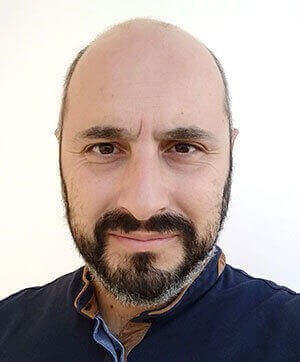
Aristeidis (Aris) Lamprogeorgos was born in Trikala of Thessaly, Greece. He studied Electrical and Computer Engineering at the University of Patras but the arts and especially painting and graphic design were always a big part of his life and professional career. He is now seeking to combine his passion for technology and the arts as a PhD candidate at the Department of Audio and Visual Arts of the Ionian University through his research on the aesthetics of the digital world in website design.
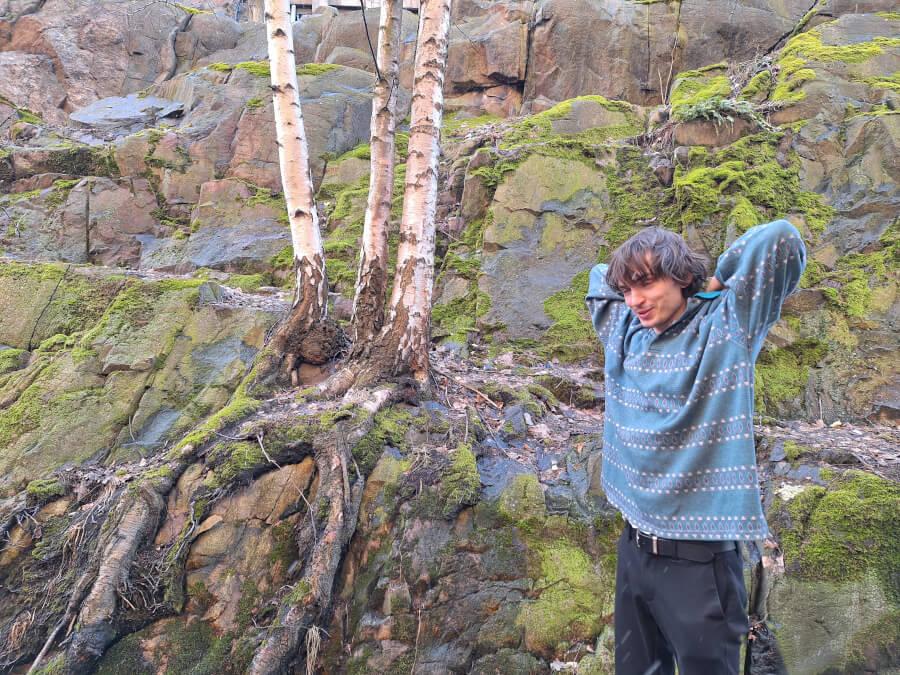
I am an architect and interdisciplinary artist, actively engaged in artistic research and interdisciplinary collaborations. Architectural education and extensive artistic experience allow me to collaborate with specialists from various fields, conceptualize and realize ideas that require multifaceted knowledge. I am an alumnus and/or participant of Ars Electronica, the Architecture Fund's Experiment Platform, the Venice Biennale, EIT Climate-KIC Hub, Tech Arts Incubator, and the "Creating Vilnius" programs; a co-founder of the interdisciplinary art collective "micro-empathy"; and a member of a speculative architecture collective "3022".
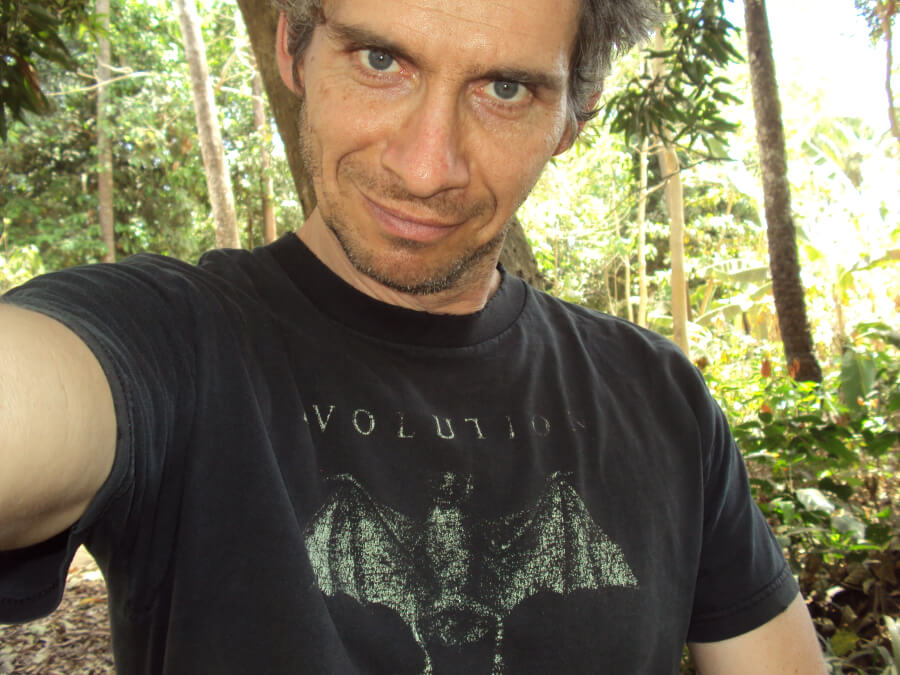
François-Joseph Lapointe is a biologist and bioartist, Full professor in the Department of Biological Sciences at the Université de Montréal (Canada). He holds a PhD in evolutionary biology (1992) and another PhD in the studies and practices of the arts (2012). As part of his research in biology, he is interested in phylogenetics, systematics, population genetics, and the human microbiome. As part of his interdisciplinary artistic practice, he draws inspiration from models of molecular biology and genetics. He is the author of 140 scientific publications and more than 300 international conferences. His artistic work has notably been presented at the Musée de la civilization (Quebec), Transmediale (Berlin), SciArt Center (New York), Ars Electronica (Linz), Medical Museion (Copenhagen), Science Gallery (London) and the Pompidou Center (Paris).
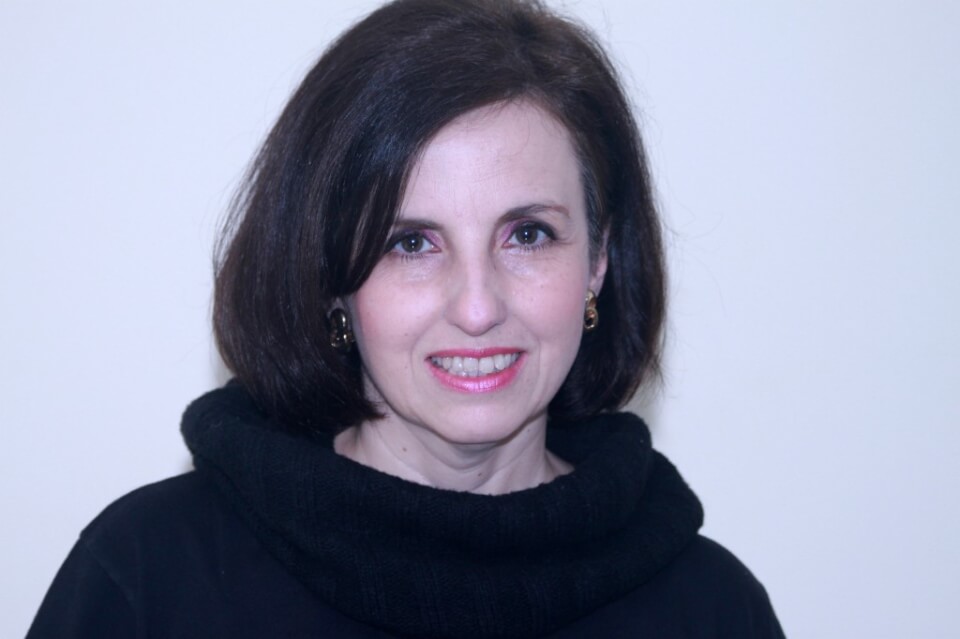
Professor at the Department of Fine Arts and the Graduate Program in Visual Arts at ECA-USP. Coordinator of the Research Group "Realities – from tangible realities to ontological realities" (www.eca.usp.br/realidades). Multimedia artist with works in virtual reality, augmented reality, interactive environments, multimedia and web art. Coordinator of the Visual Arts Course at the Department of Fine Arts, ECA-USP.
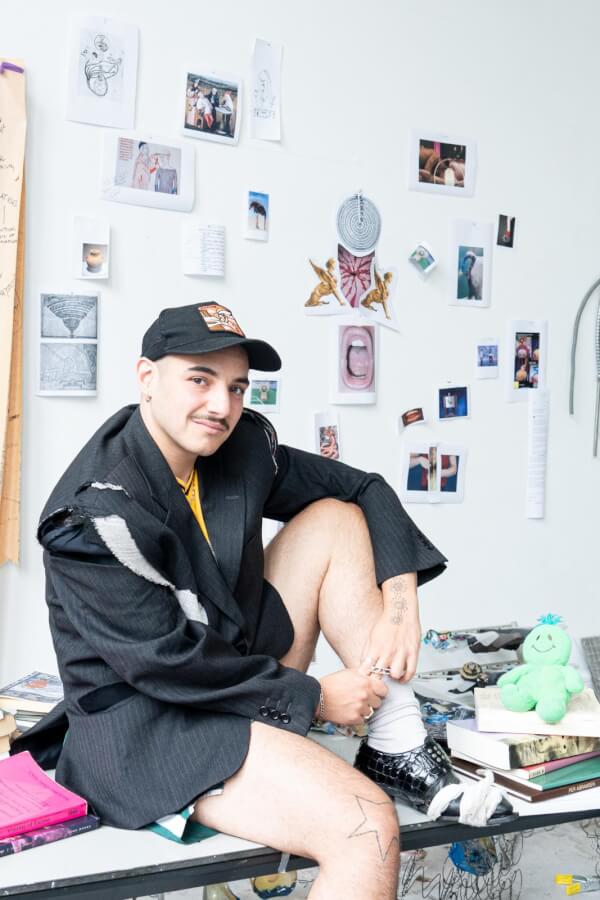
Max Lester is an artist, writer, rogue scholar, retired punk, and actor-for-hire. Max was born in Tkaronto and currently lives in Rotterdam. He spends much of his time walking, often in circles, through the cities he dwells in. This is where he conducts his observational and very subjective research and collects material for sculptures and images. Max is curious about the mysteries of power and the power of mystery. He believes that if he looks closely at the surfaces of things and tends to the waste and commodities of the world, he might come to understand how ideologies of this racist-colonial-capitalist system we live in, are encoded, sublimated, and maintained. Max received an MFA at the Piet Zwart institute and a BFA in Integrated Media at OCAD University He has held solo exhibitions at InterAccess and Bunker 2 and has also exhibited at TENT, A Tale of Tub, United Contemporary, and Eastern Bloc.
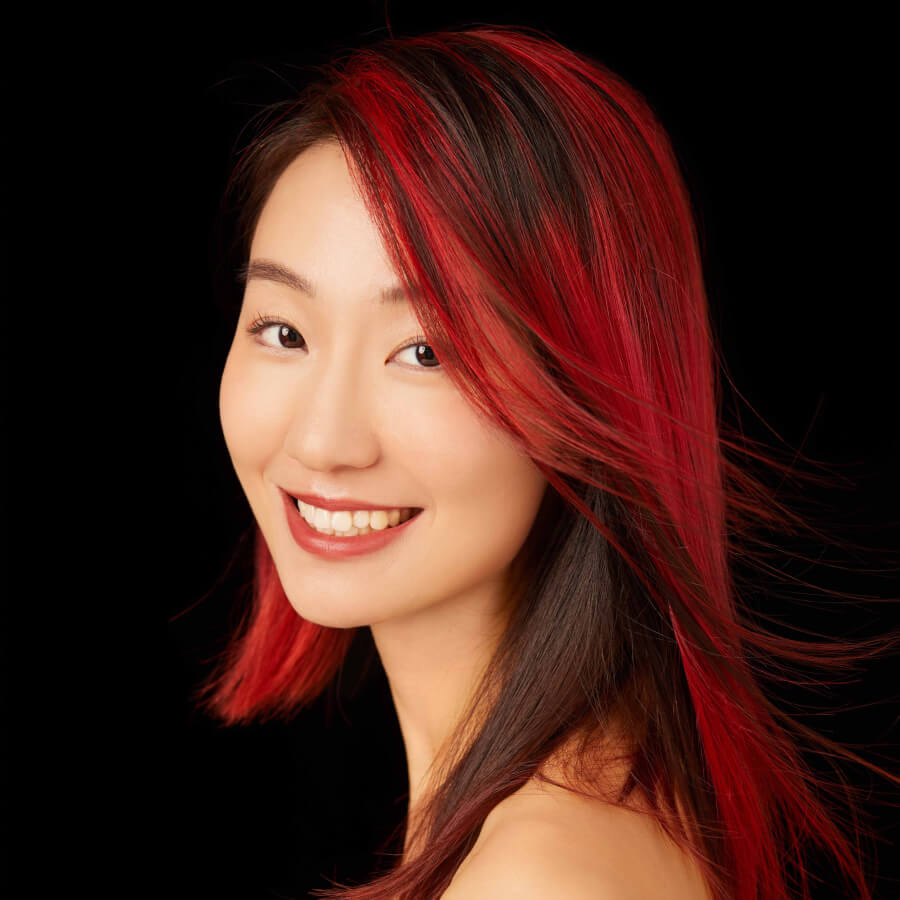
Jiabao Li is an artist, assistant professor at The University of Texas at Austin, founding director of Ecocentric Future Lab, and visiting professor at Stanford. She creates works addressing climate change, multispecies futures, humane technology, and perceptions. Her mediums include wearable, robot, AR/VR, performance, scientific experiment, installation. In Jiabao’s TED Talk, she uncovered how technology mediates the way we perceive reality. Her recent solo exhibitions include “Chill Out: The Arctic Couldn’t”, “Progenitorial Hysteresis”, “Perception Omnifold”, and “Ecological Soup: Interspecies Encounters”.
Jiabao is the recipient of numerous awards including Forbes China 30 Under 30, STARTS Prize, Falling Walls, Fast Company, and the Outstanding Instructor Award from Bio Design Challenge. Her work has been exhibited internationally, at MoMA, Venice Architecture Biennale, Ars Electronica, Exploratorium, Today Art Museum Biennial, SIGGRAPH, Milan and Dubai Design Week, ISEA, etc. Her academic papers have been published in top conferences and journals including SIGGRAPH, CHI, IEEE VIS. Her work has been featured on Fast Company, Art Forum, Business Insider, Bloomberg, South China Morning Post, Domus, Yanko Design, Harvard Political Review, Leonardo. She is a member of Onassis Foundation and a Fellow at Ars Electronica Founding lab. She graduated from Harvard GSD with Distinction and thesis award.
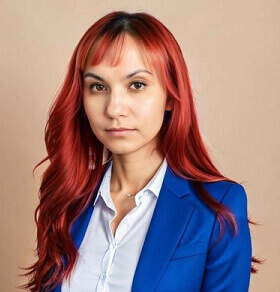
Laida Limniati is working as a Digital Account Executive in BrilliantPR Digital Agency. She has also worked as a journalist in the fields of technology and self-driving cars. She has also worked as a Marketing Executive and Communications Specialist. She holds a BA (Bachelor) in Communication and Media Studies from the National and Kapodistrian University of Athens (UoA), a MA (Master) in Communication and Media Studies from UoA with Major in Digital Media and Interactive Environments, a Master of Arts in Quality Journalism and New Technologies from Danube University Krems and a Master of Arts in Social Sciences (Major in Media and Global Communication) from the University of Helsinki. She loves Japanese culture and Japanese manga and anime in particular. Her interests also include: new technologies, internet, storytelling, transmedia storytelling, and social media.
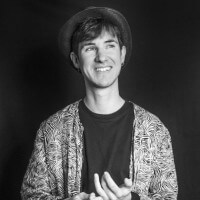
Videographer & Editor
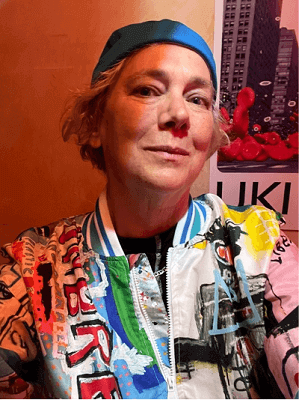
Elizabeth Littlejohn is a communications professor, human rights activist, photojournalist, and documentary filmmaker. She has written for seventeen years on social movements, sustainable urban planning, and climate change. As a running gun social movement videographer, she has filmed Occupy, Idle No More, and climate change movements internationally.
In 2018 she directed, filmed, and produced ‘Leelah’s Highway’, a broadcast half hour documentary focusing on the suicide of trans youth, Leelah Alcorn, and ‘Frolic’s Haunt’, a nine-minute documentary about a queer, accessible haunted house, with its own unique scare system. Both documentaries were shown in international film festivals. ‘Leelah’s Highway’ won honourable mention for best short film in OutShine and the Cindependent Film Festival in 2018.
In 2022 Elizabeth Littlejohn directed ‘The City Island’, a feature-length documentary about the razing of homes on the Toronto Island, and the Islanders’ stewardship of the park system. As an extension of this documentary, Elizabeth created and designed the 'Toronto Island Puzzle Tour', an augmented-reality smartphone application depicting six locales of the hidden history of the Toronto Island, funded by the City of Toronto’s Artworx Grant. She has just finished directing 'More than a Beach', a 21-minute documentary about a fictionalized beach and social distancing compound in the west end of Toronto, with tour guide, Shari Kasman.
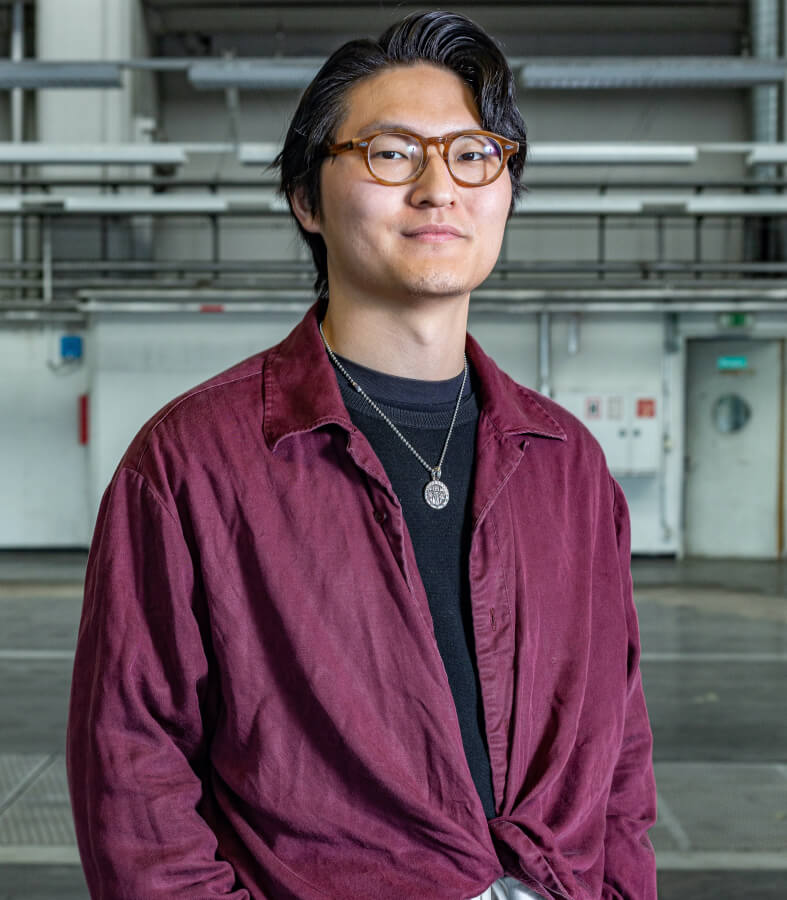
Pinyao Liu is an interdisciplinary artist and researcher based in Vancouver, Canada and Linz, Austria. His practice explores 3D generative AI and immersive technology for altered states of consciousness and transformative experiences. His interactive AI artwork has been exhibited at Ars Electronica Festival (AT), the 13th Shanghai Biennale (CN), Vancouver International Film Festival VR Gallery (CA), IEEE VR Art Gallery (FR), MUTEK (CA), SIGGRAPH Immersive Pavilion (US) and CVPR AI Art Gallery. His research has been published and presented in the Leonardo Journal by MIT Press, ACM CHI and NeurIPS.
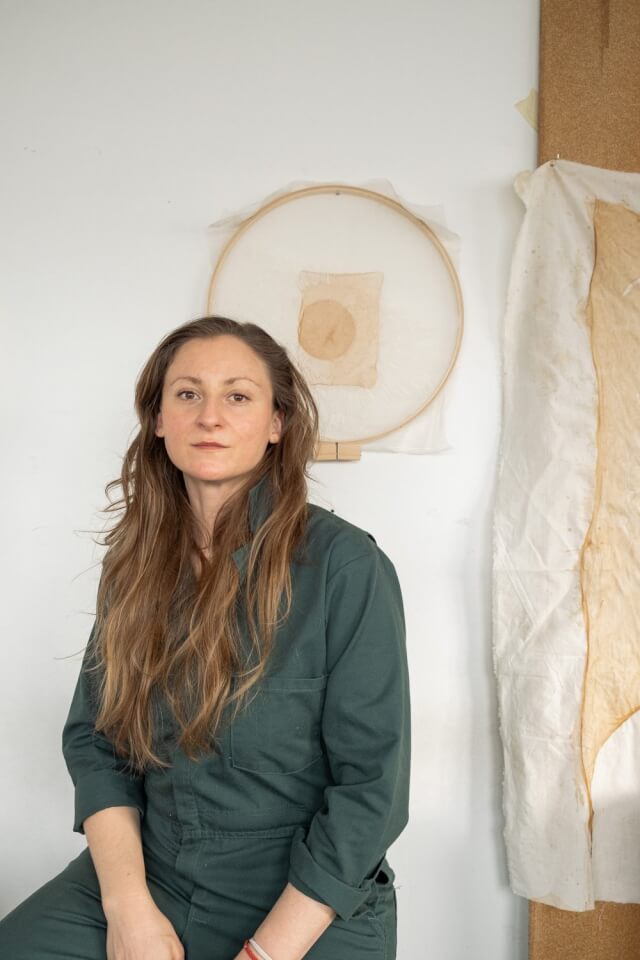
Monica C. LoCascio (b. 1984) is a transdisciplinary artist focusing on the materiality of invisible phenomena. Her works arrive as artifacts of her material and theoretical research on memory, microbiology, theoretical physics, and hierarchies of knowledge and power. She pairs fermented bio-materials, salvaged fiber, and heritage craft techniques with industrial and salvaged materials to examine the tension between the fluidity and vulnerability of the lived human experience and the systems and institutions that contrast it. She began her art-making practice at the age of 5 when she was taught to crochet and embroider by her grandfather's twin sister.
LoCascio brings a diverse international perspective to her work. She completed her undergraduate studies in New Media & Visual Arts at Emerson College, Boston, with honors and earned a Master’s degree in Art & Science from the University of Applied Arts in Vienna, Austria, also with honors. Involved in the intersection of art and science, LoCascio serves on the board of the Medicine & Media Arts Initiative at UCLA and is a member of SEADS. Her art has been featured at significant venues such as the Museum of Natural History in Vienna, the Academy of Fine Arts in Krakow, the AIL (Angewandte Innovation Lab) in Vienna, and the ERES Stiftung in Munich. She currently resides and creates in Vienna, Austria.
https://www.monicaclocascio.com/
Portrait by Katharina Wolf
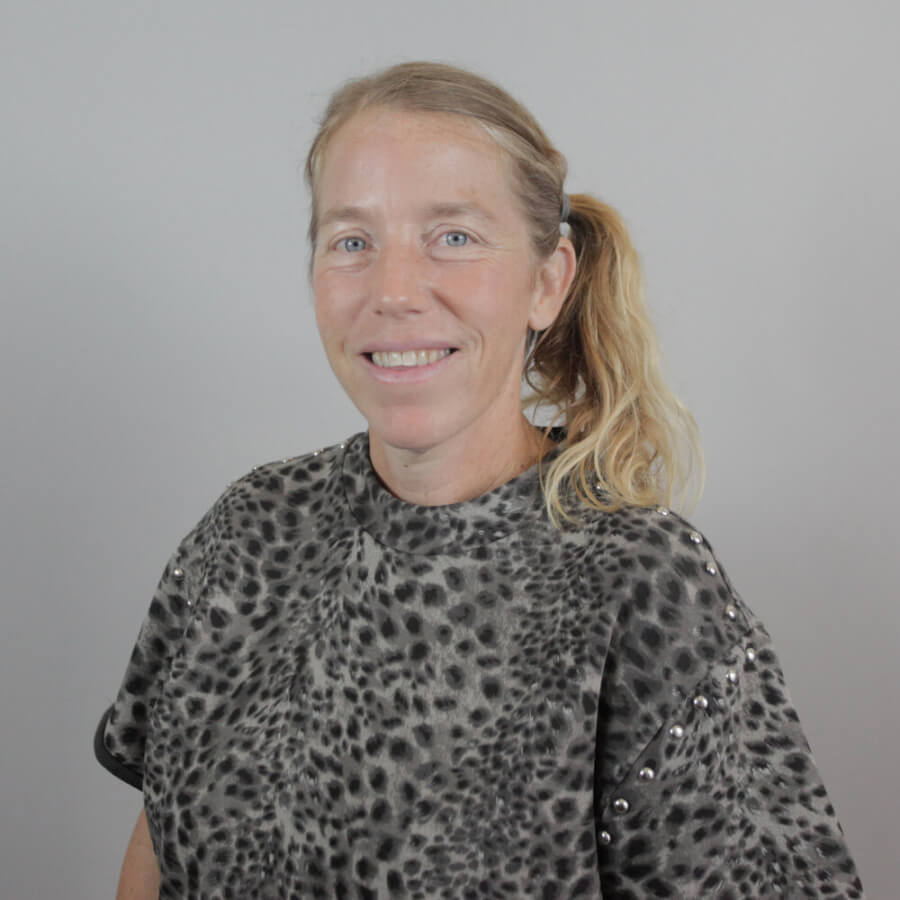
Kristin Lucas is an artist exploring connectivity as both an interpersonal process and a condition of the digital age, shaped by technological and ecological forces alike. Through speculative, often collaborative works, spanning biohacking, solar-powered web projects, and AR installations, she embraces complexity, challenging dominant narratives that shape how we see ourselves, relate to one another, and the more-than-human agents with whom we co-create realities. Lucas’s work has been featured in Art in America, Engadget, and Hyperallergic, with commissions from institutions including Dia Center for the Arts, FACT Liverpool, Rhizome.org, and the Whitney Museum. She is represented by And/Or Gallery in Pasadena and Electronic Arts Intermix in New York. Lucas studied at The Cooper Union and Stanford University, and currently teaches in the art department at the University of Texas at Austin.
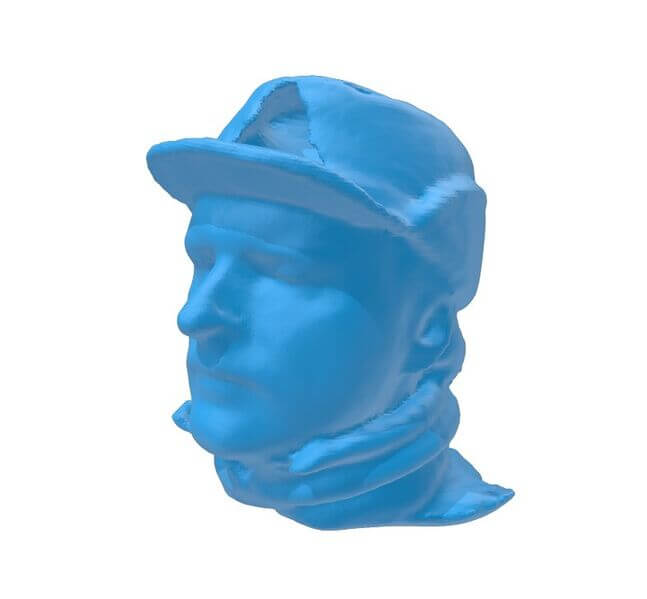
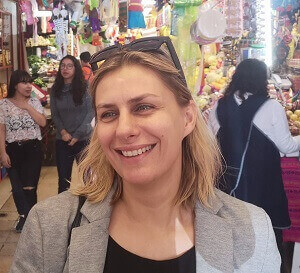
Dr Olga Majcen Linn is art-sci-tech independent curator and researcher, and guest lecturer at the Academy of Fine Arts in Zagreb. She holds a PhD in arts and media from the Faculty of Media and Communication, Belgrade in the field of transdisciplinary studies of contemporary art and media. She is a co-founder of NGO KONTEJNER / bureau of contemporary art praxis.
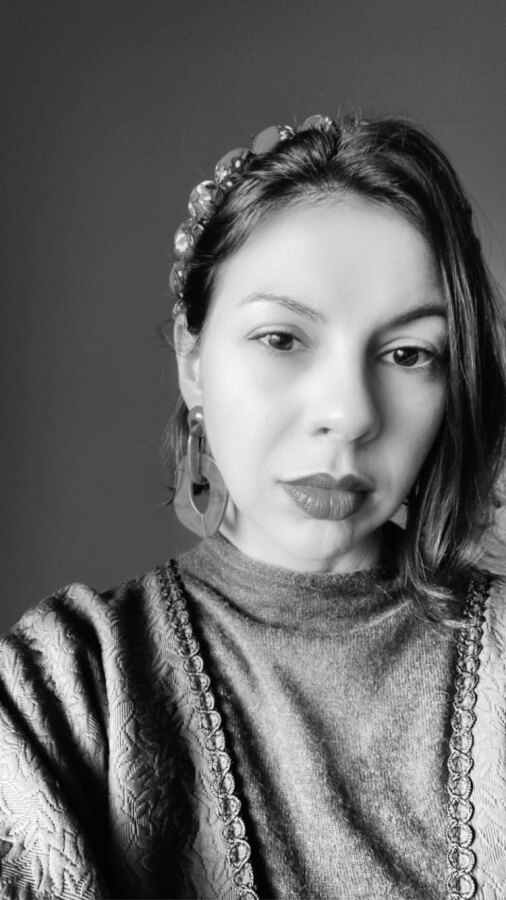
Filmmaker, video artist and activist, Anastasiya Maksymchuk received her BA in film directing in Kyiv, and proceeded with the Masters Degree in film from an international Erasmus program KinoEyes. In 2024, she got a PhD in Media Art at Lusófona University, Lisbon. Her PhD focus was the artistic reenactment of trauma as a cinematic method. Her latest work investigates the visuality, ritualism, and digitality of memory, as well as hybrid documentary as an archival and transformative practice.
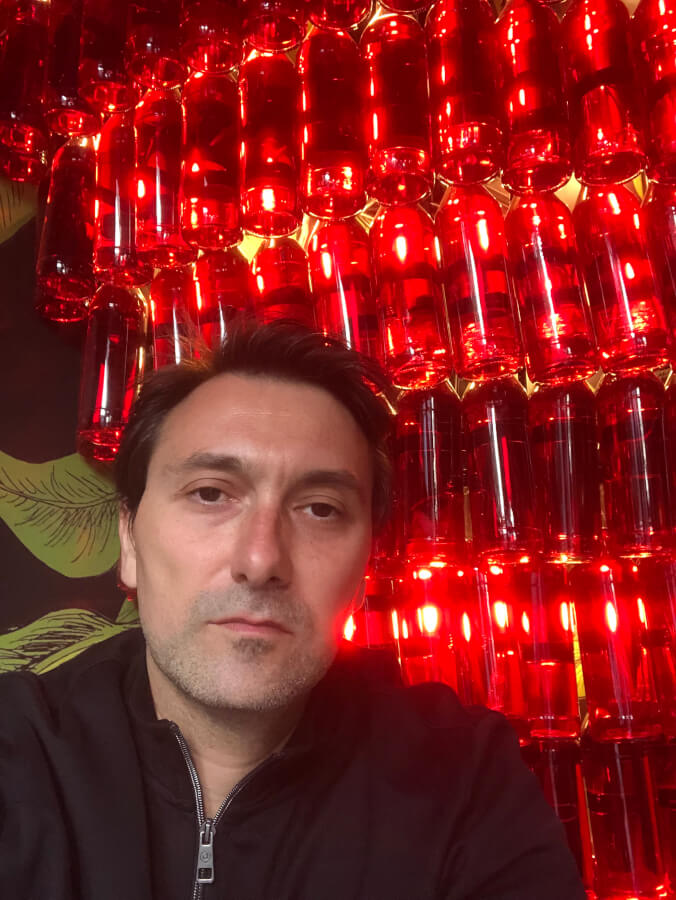
Marko Marković is an artistic researcher focused on collective engagement in self-organized societies that create autonomous models of coexistence with performative communication strategies. He graduated from the Academy of Arts in Split and the University of Zadar (psychology and pedagogy), and earned a Master’s degree in Arts and Sciences at the University of Applied Arts in Vienna, where he also worked as a program coordinator. From 2008 to 2018, he was the artistic director and curator of the DOPUST / Days of Open Performance festival. In 2011, he won the Radoslav Putar Award for young visual artists. Between 2012 and 2014, he worked in the production of Matthew Barney’s studio in New York. His works have been presented at the 15th International Architecture Exhibition – La Biennale di Venezia 2016, La Biennale di Venezia – Biennale Sessions Giardini 2019, the Moscow International Biennale for Young Art 2016, and Kunsthalle Wien in 2023. As a project researcher in the scientific team at Johannes Kepler University in Linz, researching human-robot interactions in 2022/2023. He is a zombie member of TTT society.
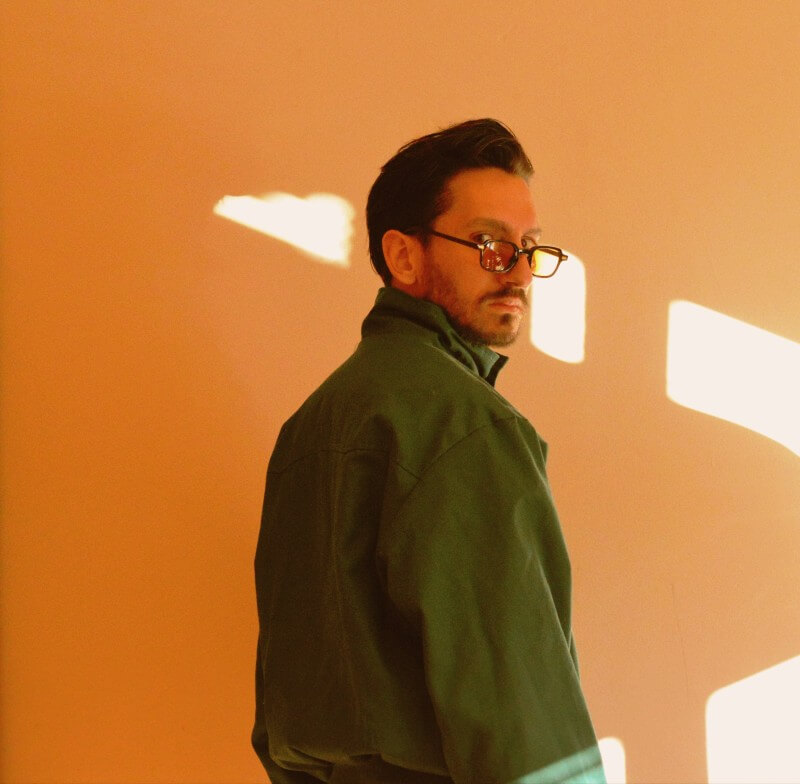
Dejan Markovic (aka. Dejan Klement) (b. 1989, Belgrade) was educated at the Marina Abramović Institute and the Faculty of Contemporary Arts in Belgrade, where he graduated from the Painting Department. He primarily works in the fields of poetry, performance art, pornography, and painting. Since 2008, he has actively exhibited his work in solo and group exhibitions, as well as at art festivals in Serbia and abroad.
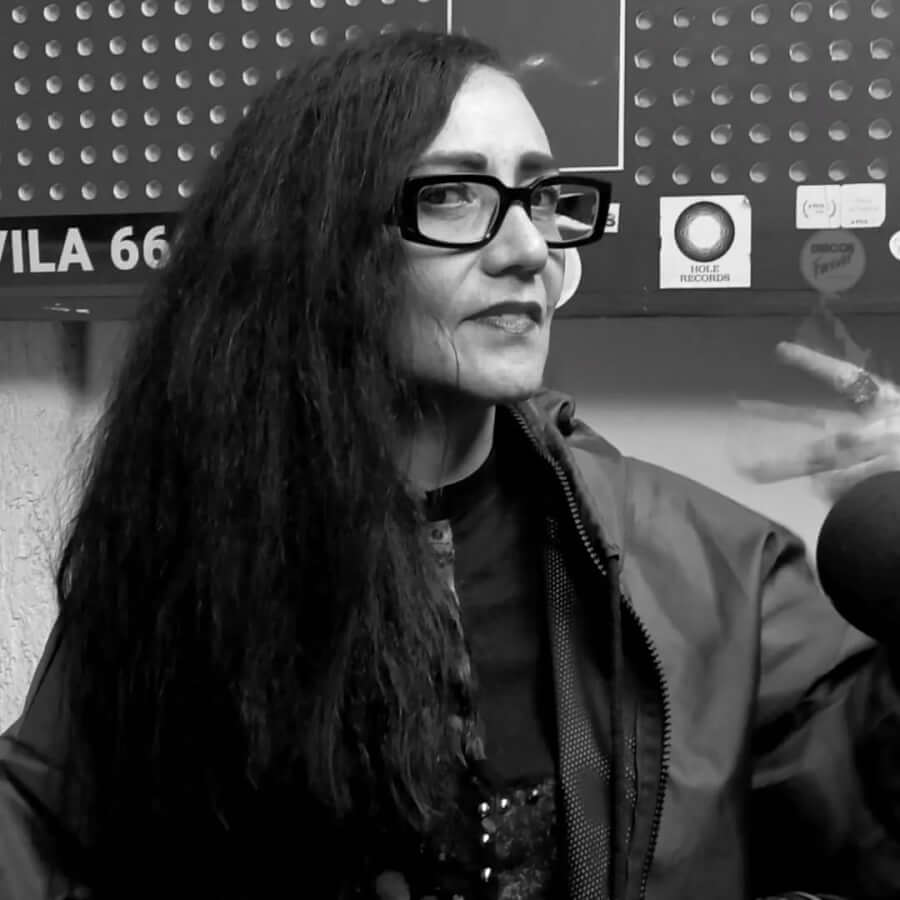
MAGENTA (María Nonantzin Martínez Bautista, México) is a transdisciplinary researcher, designer, and artist from Mexico City. She holds a Master’s degree in Sciences and Arts for Design (CyAD) and is currently a PhD candidate in Social Sciences with a focus on Politics and Communication at the Universidad Autónoma Metropolitana (U.A.M.). Her artistic practice spans speculative art and design, live cinema, live coding, wearable art, audiovisual performance, biosensor-based works, and noise generated with DIY devices. As an academic researcher and educator in transdisciplinary art and multimedia design, she explores the possibilities of code as a plastic and aesthetic material, as well as inter-semiotic experimentation with new materials, augmented reality (AR), artificial intelligence (AI), DIY hardware/software, sound collage, and robotics. In the digital sphere, she often integrates biological processes, data, and material experimentation into her artistic production and speculative design. Conceptually, her work engages with critical theory—particularly deconstruction, posthumanist thought, systems theory, and chaos theory—reflecting on both present conditions and possible futures. Her projects have been exhibited internationally in festivals and forums including Transpiksel, e-Cuerpo International Meeting of Wearable Art and Technology, and the International Meeting of Sound Art and Audiovisual Exploration. Her recent project MITOCONDRIA / Immersion in the Maternal Lineage includes the bioart piece Mytochondrial Dress: Travel Stories with My Ancestors, which combines 3D printing, AI, and AR, and has been exhibited at CNART and the Genomic Research Institute. She is also part of Posthuman Art Network as a resident and artist.
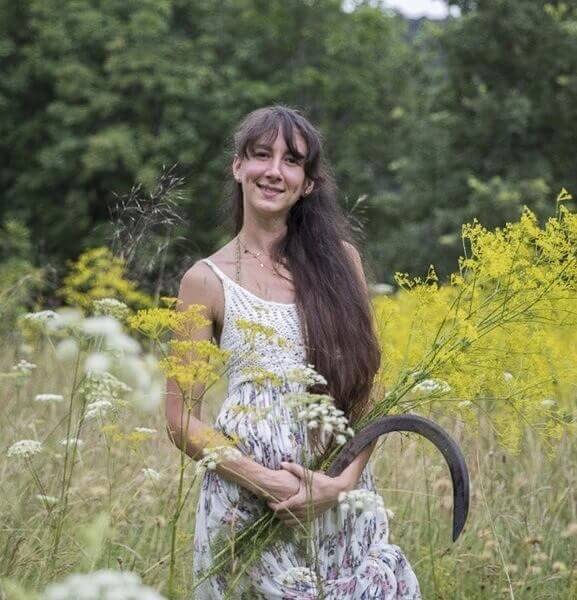
Vita Matjac, MA in Sociology, passionate forager, certified herbalist, farmer, artist has been studying the use of edible wild plants, herbs and mushrooms in everyday nutrition and medicine for many years, and explores the diversity of their use and storage. Through her practice, she explores the process of "domestication" of wild plants, herbs and mushrooms as part of the modern eco-movement and rediscovery of nature's hidden potential. She is also a director of institute Floravita and through that also a leader of Laboratory of future of food.
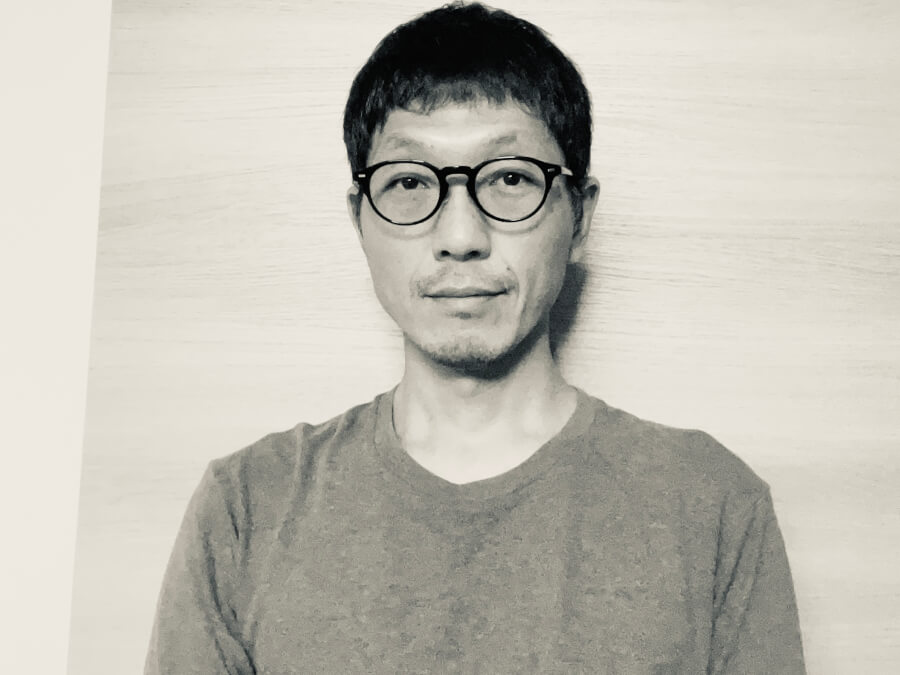
Yosaku Matsutani is currently a professor in the Department of Sociology at Otemon Gakuin University in Osaka, Japan. He specializes in aesthetics, art and media theory, and visual culture studies. He works on problems of art practices since the aesthetic turn, the relationship between science, technology, and art, and the sensibilities common to various organisms and things. He also collaborates with artists on various art projects that seek to reconsider the entanglement of the body, science, technology, and the environment, and to explore art practice itself. Recent articles include “Encounter with the Moon: Critical Reflections on JAXA’s “Lunar Farming” from the Perspective of Post-Earth Aesthetics,” “A Study on the Overlay Images in the Japanese Contemporary Art Scene: Cases of Chikako Yamashiroʼs Your Voice Came Out Through My Throat and Nobuaki Itoʼs Dead person and Living person” and co-authored “(De)composing Media Art through Practices with Nonhuman.” Recent art projects include "Let's Ride the Waves on March 11th," a collaboration with artist Soichiro Mihara and surfer Yuko Takahashi.
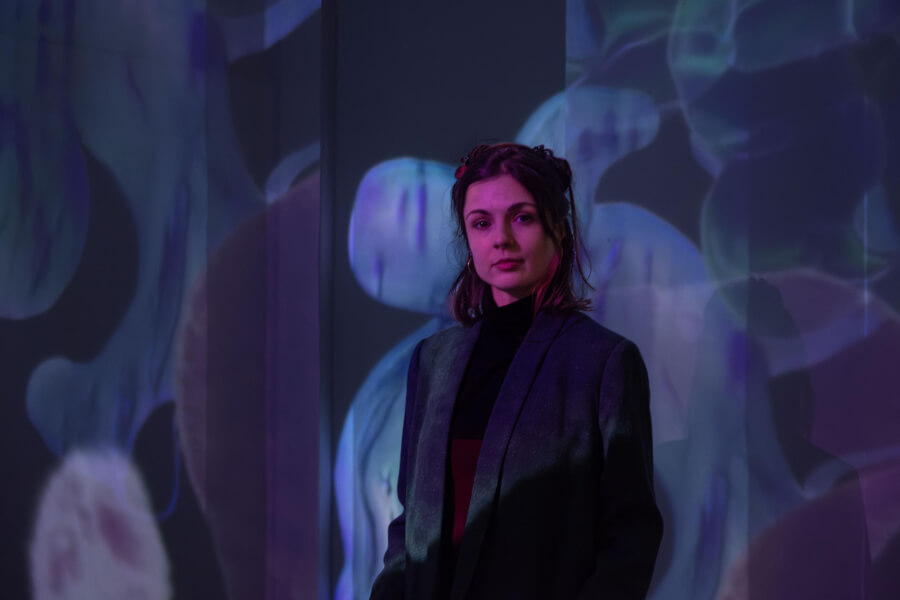
Marie-Luise Meister is a transdisciplinary artist whose work explores processes of change and liminal spaces that weave together past, present, and speculative futures. Employing storytelling as a tool, she delves into the symbiotic relationships between humans and the more-than-human world. Her artistic practice traverses materials, words, and images, shifting fluidly between analog processes and self-trained neural networks, crafting evocative in-between worlds that reflect themes of biodiversity, ecology, and evolution.
With a background in theater, media art, text, and body-based research, Meister studied Fine Arts at the Academy of Visual Arts in Leipzig and the Royal Institute of Art in Stockholm. Her work is deeply rooted in notions of rewilding, embracing the transformative potential of artistic exploration to reimagine ecological narratives. Meister has participated in artist residencies across China, Georgia, Italy, Sweden, Russia, Israel and Palestine, with her works showcased in numerous national and international exhibitions.
Supported by institutions such as the Rosa Luxemburg Foundation, the Goethe-Institute, the Ministry of Culture and Science of North Rhine-Westphalia, and Kunst Fonds Bonn, her projects emphasize the interconnectedness of ecological and cultural systems. Currently, she leads the EU-funded residency program Fluid Materialities, an artistic research initiative exploring the interrelations of matter and symbiosis, set to unfold in collaboration with the KIND Lab of the University of Applied Sciences Trier in 2025. Meister’s practice embodies a commitment to reimagining the boundaries of artistic creation, fostering innovative dialogues between art, nature, and speculative futures.
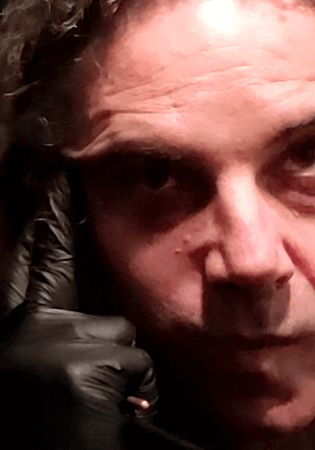
Y. Melanitis’s work initiates from a conceptualization on the strategies of contemporary art. Recent research focuses on the role of information on the arts considering “INFORMATION AS THE NEW CONCEPTUALIZATION. (Latest example is his gene micro-injected into the butterfly named Leda Melanitis for the creation of a transgenic, adult butterfly breed). Yiannis Melanitis holds degrees in painting, sculpture and digital arts from the Athens School of Fine Arts and is presently a PhD candidate at the School of Architecture, (NTUA) with a thesis entitled: Biological Dynamics in Art. Exhibited in Austria, Mexico, Brasil, Belgium, UK, Portugal, Switzerland, US, Scotland, Italy, Portugal, Sweden, Germany, Greece. Latest work presentations include Ars Electronica 2020, MACRO Museum (Rome); at the National Museum of Brasil; Biblioteque of Brasil; Museu D. Diogo de Sousa, Braga, Portugal; the Tongeren Museum and Praetorium, Belgium. As a subject of criticism, his work is included in international editions as "Art Tomorrow" (Ed.L.Smith), Leonardo MIT, Lomonosov Moscow University, by Seung-Chol Shin, Assimi Kaniari, Mario Savini among others.
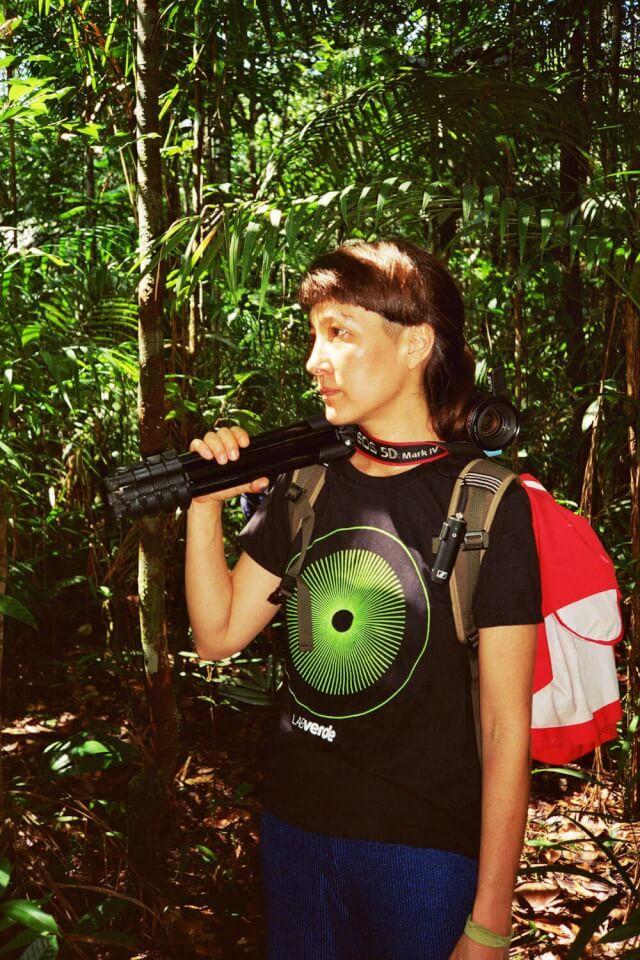
Maya Minder is an artist based in Zurich and Paris, working in the medium of installation, video and performance. She studied Art History at the University of Zurich and earned an MA in Fine Arts from Zurich University of the Arts (ZHdK). She is also the co-founder of the Open Science Lab at ZW Zurich. Her recent exhibitions include the Kanazawa 21st Century Museum, Kunsthaus Zurich, ISEA, Seoul Arts Center and Swissnex Osaka. Recent grants and nominations include Fungi Cosmology (2022-24) Art Explora Fellow (2021), Pro Helvetia’s Werkbeitrag (2020 & 2023).
Credits Photo by Margaux Schwab, Fungi Cosmology.
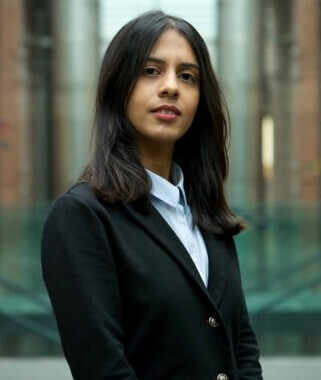
Zahra Mirza is a lifelong learner from Pakistan, now living in Austria. She has an educational background in Sculpture and her professional experience extends into public service content and art direction for print and television media. She is also former director of RetroArts; artists platform in Pakistan. She has conducted design seminar and fiber arts studio courses at Beaconhouse National University, Lahore and sculpture workshops for Community College, Kunsthalle Wien and Academy of Fine Arts, Vienna. Currently, she is a student at the department of Cross Disciplinary Strategies and works as a tutor at the department of Media Theory at University of Applied Arts, Vienna.
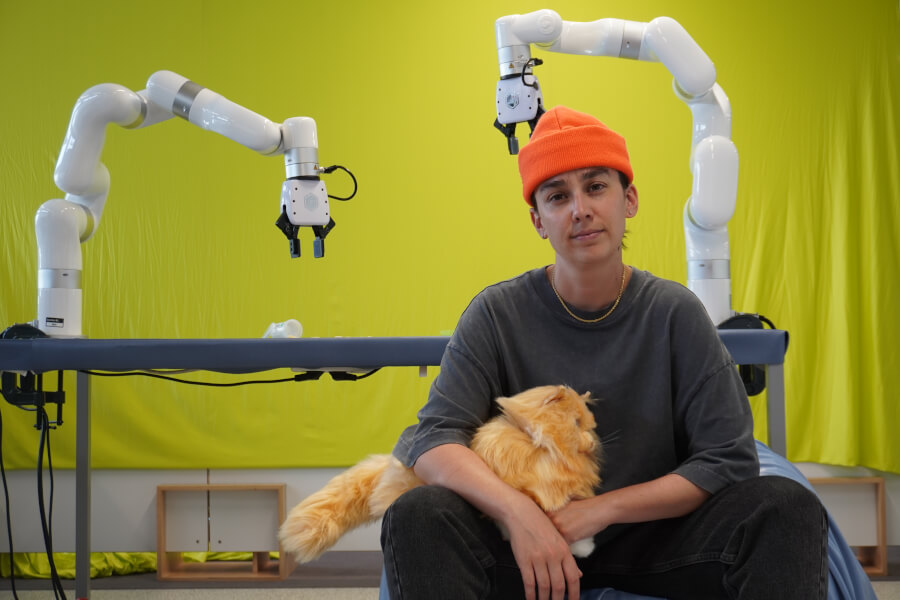
Julie-Michèle Morin is an artist-researcher, dramaturg, and technoqueerfeminist thinker working at the intersection of live arts, machines, and political speculation. They recently completed a joint PhD at Université de Montréal and the University of Antwerp (2025), where their research interrogated the dramaturgies of robotics and the lingering humanist, technocapitalist, racist, and patriarchal assumptions embedded in technoscientific imaginaries.
Their most recent performance projects—Glitching Optimization in a Few Steps: A Lecture-Performance about Robotic Failures (2023) and Reassembling Bolts of Care: Yet Another Talk about the Future of TechnoCare (2024)—stage machinic encounters that resist solutionism and care for failures as a mode of living and caring.
Currently a postdoctoral fellow at Université Laval, they examine the affective narratives mobilized by the AI industry and explore how artists disrupt, reconfigure, or sabotage these dominant scripts through critical fabulation and speculative performance.
Julie-Michèle’s writings have appeared in Theatre Research in Canada, Liberté, Jeu, Esse arts + opinions, aparté | arts vivants, Spirale and Percées. They co-edited the book La vidéo en scène : l’acteur et ses technologies [Video on Stage : Actors and their technologies] (2023) with Josette Féral.
Above all, they love tinkering, dogs, hacking, objects, snails, disobedient machines, slow practices, astrochemistry, sharks and theater as a space of unresolved questions.
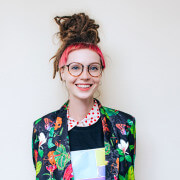
Maria Moshchenskaya is an interdisciplinary artist working at BioArt Lab. She explores the themes of interspecies communication, non-verbal dialogue and interaction with plants. The artist has exhibited her works at the audio-visual festival Intervals (Russia, 2019), the Speculum Artium Festival of New Media (Slovenia, 2021, 2022), the international virtual exhibition Pending Futures (Netherlands, 2021), and many others.
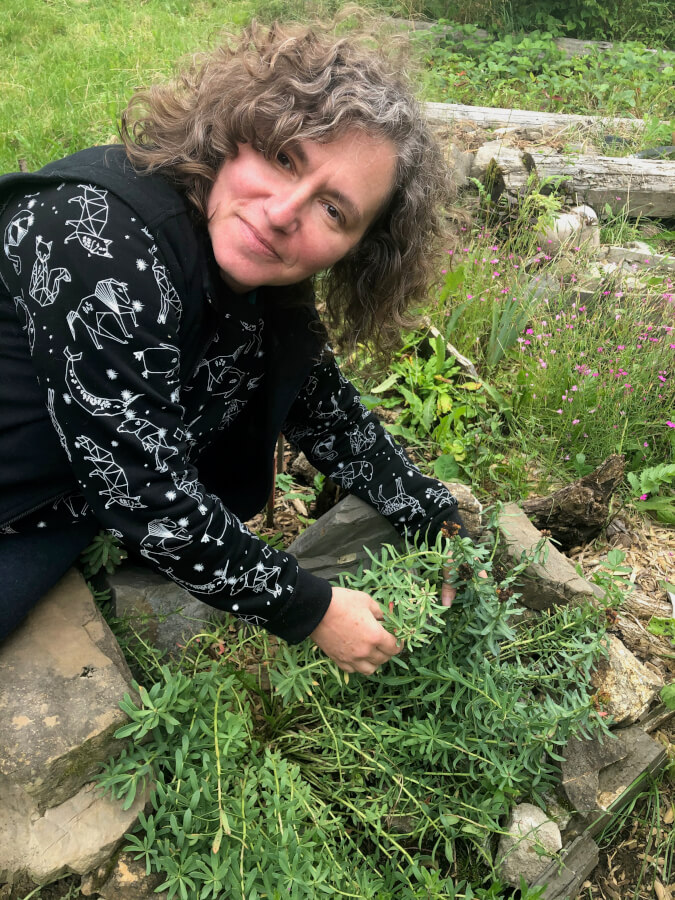
Anna Nacher works as Associate Professor at Jagiellonian University. Her research centers around digital aesthetics and media, with a focus on new media art, electronic literature, and sound art. She also ventures into environmental humanities and postcolonial theory. She has published in European Journal of Women’s Studies, Hyperrhiz, and Communications +1 (among others) and contributed chapters to edited volumes published with Routledge, Intellect and Brill. In 2021, together with Scott Rettberg (University of Bergen) and Soren Brø Pold (Aarhus University) she co-curated an online exhibition of electronic literature and digital art produced during the COVID19 pandemic: https://eliterature.org/elo2021/covid /
She is a 2020 Fulbright alumna, in 2019-2024 she served as a member of the Board of Directors of the Electronic Literature Organization.
In addition to her academic endeavors, Anna Nacher pursues a creative practice in sound and digital media.
She is an active member of permaculture community, Biotope Lechnica, which she has been building in the Carpathian mountainssince 2014.
She currently is working on the project on ecomedia, bridging her theoretical academic endeavors on postdigital aesthetics, media materialities and mediation as well as her creative and permacultural pursuits, under umbrella name of Breath Library.
More information and a full list of academic publications: http://breathlibrary.org
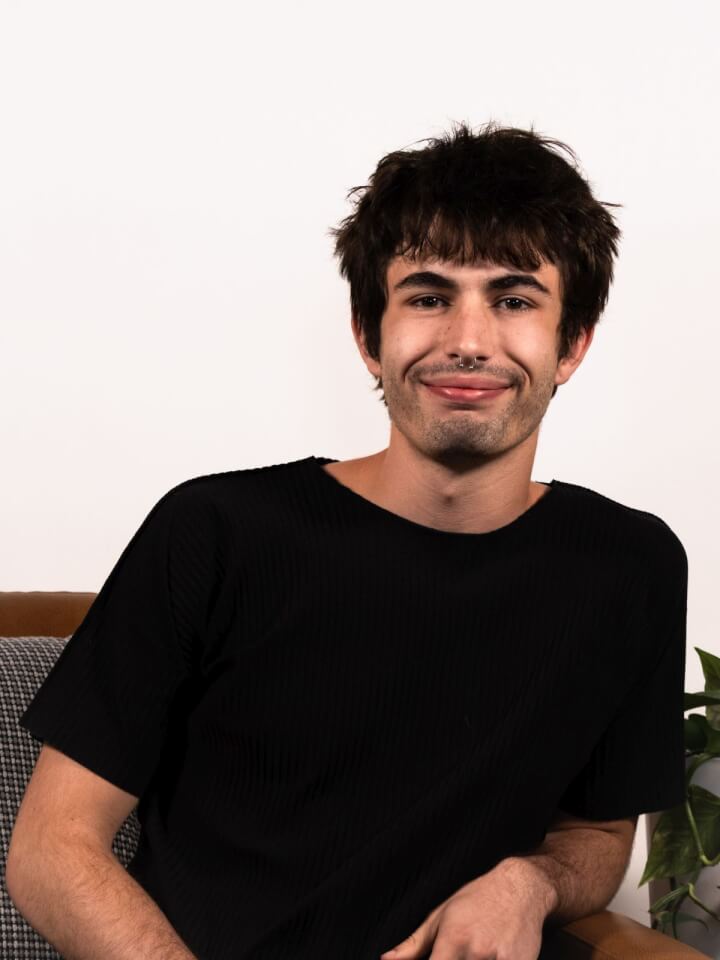
Colin Nations is a Texas-born visual designer and printmaker whose work spans editorial and textile design. His practice emphasizes storytelling through material and form, often drawing connections between design, community, and shared experience. Beyond the studio, Colin organizes and participates in local cultural events, from live music to clothing markets, reflecting his interest in collaboration and collective gathering.
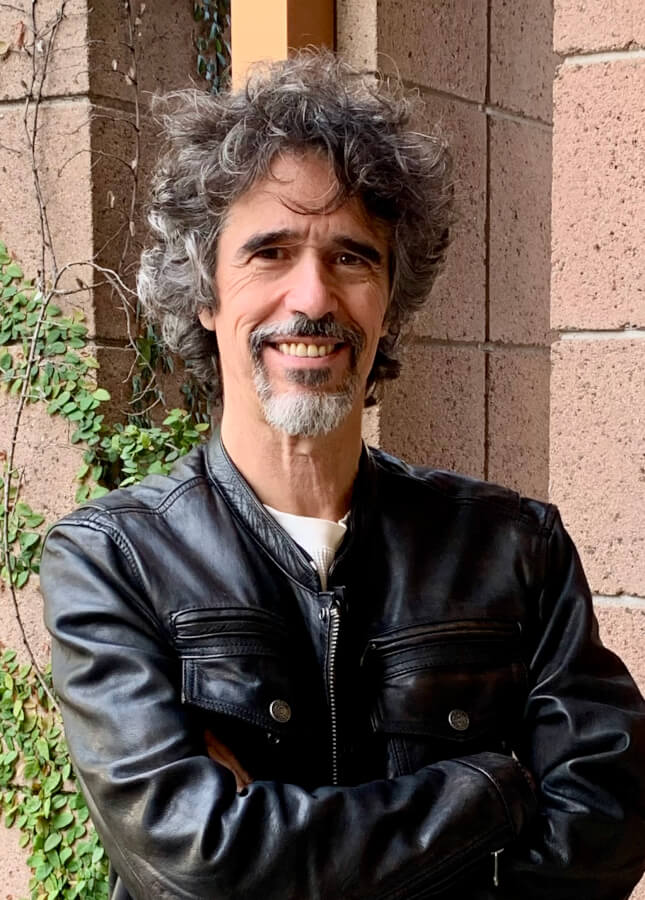
Composer João Pedro Oliveira holds the Corwin Endowed Chair in Composition for the University of California at Santa Barbara. He studied organ performance, composition, and architecture in Lisbon. He completed a Ph.D. in Music at the University of New York at Stony Brook. His music includes opera, orchestral compositions, chamber music, electroacoustic music, and experimental video. He has received over 70 international prizes and awards for his works, including the prestigious Guggenheim Fellowship in 2023, the Bourges Magisterium Prize, and the Giga-Hertz Special Award, among others. His music is played all over the world. He taught at Aveiro University (Portugal) and Federal University of Minas Gerais (Brazil). His publications include several articles in journals and a book on 20th century music theory.
www.jpoliveira.com
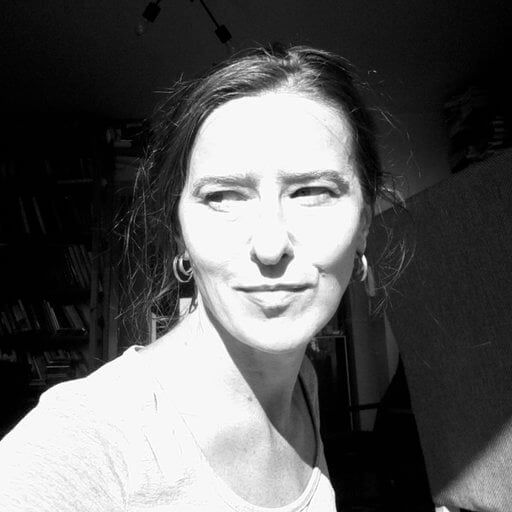
Anna Olszewska, PhD is a lecturer at the Faculty of Humanities, AGH University of Science and Technology in Kraków, where she works in the Department of Cultural Studies and Digital Age Research. Her academic work focuses on the intersections of culture and the digital age, and she is actively engaged in research and teaching within this field.
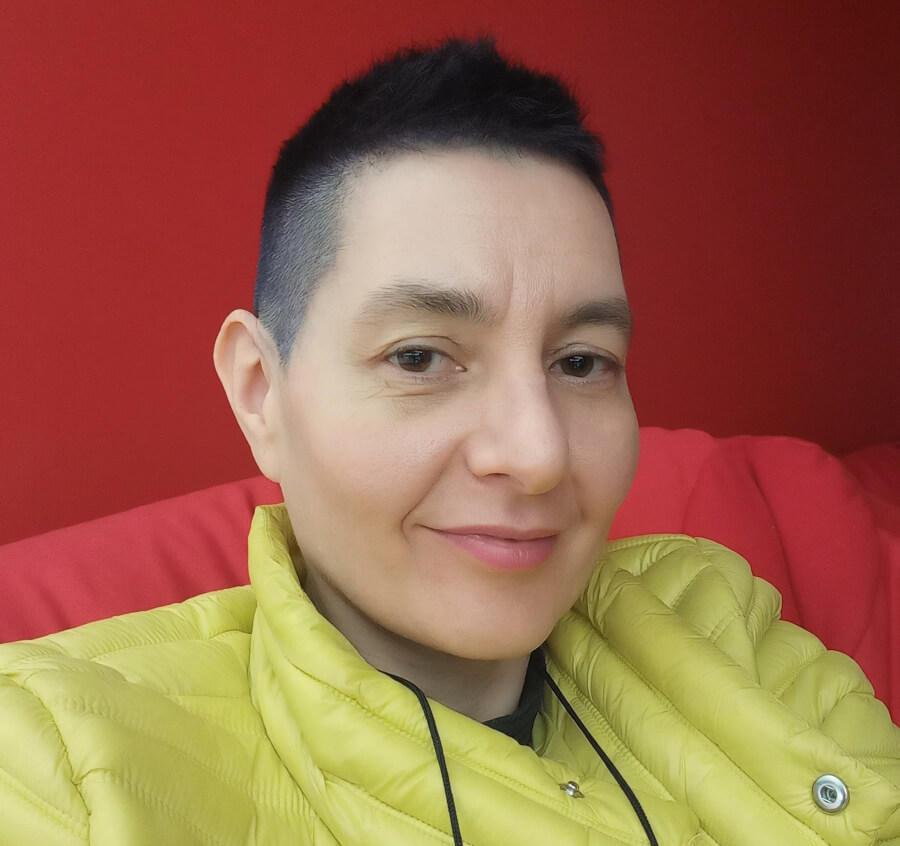
Sunčica Ostoić (Zagreb, Croatia) is an art historian and theorist of art at the intersection of science, technology, and the body. She holds a PhD in Arts and Media from the Faculty of Media and Communications in Belgrade. In 2002, she co-founded KONTEJNER / bureau of contemporary art praxis in Zagreb, where she led the organization for many years, curating and initiating internationally acclaimed festivals such as Extravagant Bodies, Touch Me, and Device_art. Her work includes peer-reviewed and professional articles, numerous exhibition prefaces, and the editing of catalogs for art exhibitions, festivals, and interdisciplinary anthologies. She has lectured at international conferences, as well as at higher education and artistic institutions. She is a guest adjunct assistant professor at the Academy of Fine Arts, University of Zagreb.
(HR)
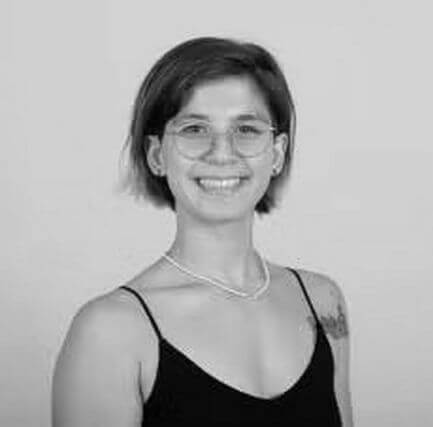
Ceren Ozgen is an interdisciplinary designer, urban planner, artist, and dancer whose work bridges interaction design, urban systems, and everyday experiences. With a fluid and adaptive approach, she explores relationships between people, places, and materials, moving freely across scales and disciplines. Her practice integrates sustainability and multispecies perspectives, experimenting with eco-friendly materials such as bioplastics and using embodied movement to cultivate empathy in design.
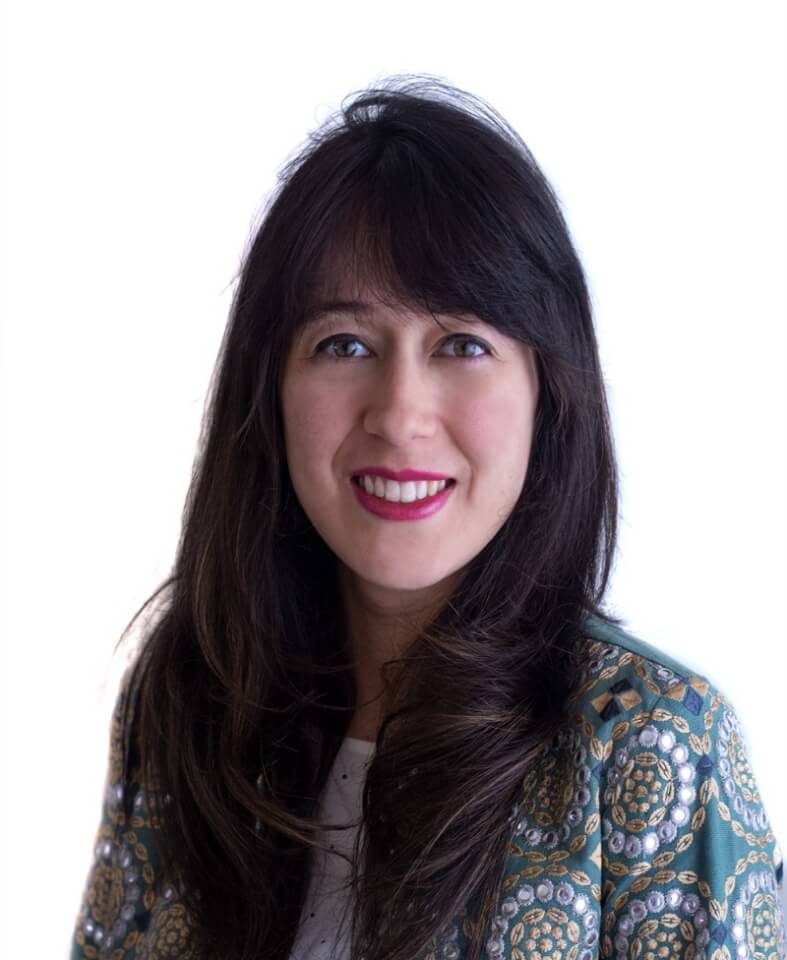
Carolina Páez Vélez studied chemistry and microbiology and holds a Master’s degree in Biological Sciences. Her scientific background fostered a deep passion for microbial life and plants, with a particular interest in exploring their symbiotic relationships. Moving between science and art, her practice investigates living systems and their aesthetic, ecological, and cultural dimensions. She has exhibited and curated in projects such as Dar a Luz (2024) and Refractive Perspectives | 310^8 m/s* (2024), and presented her work A Golden Agony (2025). Alongside her artistic practice, she actively participates in excursions, lectures, and collaborative research that connect biology, technology, and cultural heritage.
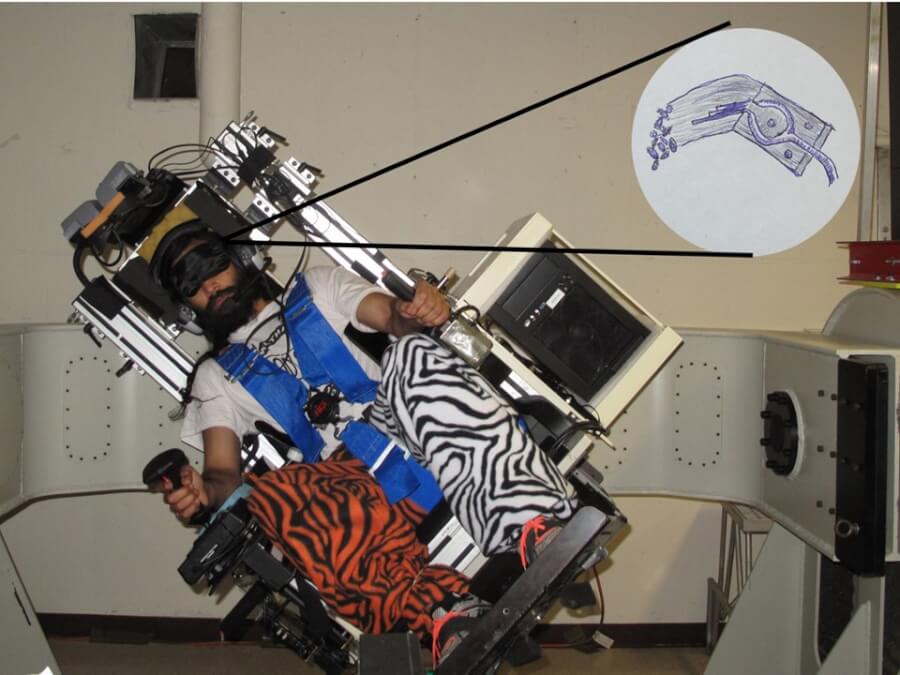
I am a research scientist in the Ashton Graybiel Spatial Orientation Lab at Brandeis University. I study spatial disorientation that astronauts and pilots experience. Some countermeasures that I have explored include artificial intelligence and human augmentation. In fact, it was my research that motivated part of this project. In my research I found that when people are disoriented, they lose sense of where they are in space. When I augmented them (essentially turning them into a cyborg) by attaching a bunch of little vibrators that indicated their orientation, the participants are able to use it but nevertheless experience a confusion. This is because they no longer can rely on what is internal (their own vestibular sense) and instead have to rely on something external to them (the vibrotactors). I wondered, how can we make this external vibrotactor feel more internal? In my personal life, I hold many ceremonies at my house and so I thought that perhaps ritual, narrative and storytelling could make something external feel internal.
My research:
https://sites.google.com/view/vivekanandpandeyvimal/research_2/introduction
My ceremonies:
https://sites.google.com/view/vivekanandpandeyvimal/projects/community
I love meeting new people, so don't hesitate to contact me! (email: vvimaldhye@gmail.com)
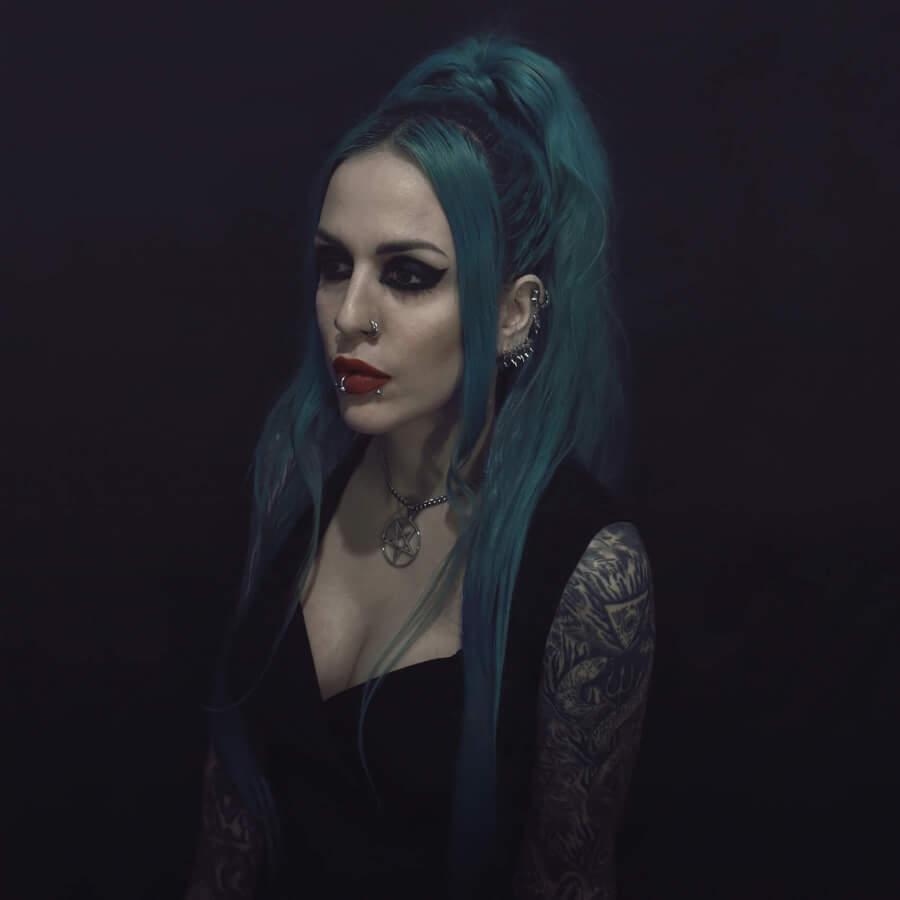
Dr. Penny Papageorgopoulou is a computer scientist, visual artist and new media scholar. In 2024, she received her PhD in Human-Computer Interaction from the National and Kapodistrian University of Athens. In 2015, she received her MSc. in Digital Communication Media and Interactive Environments from the National and Kapodistrian University of Athens. In 2008, she received her BSc. in Telecommunications Science and Technology from the University of Peloponnese. Her scientific interests include embodied computing, the broader field of human-computer interaction, as well as the design, development, and evaluation of immersive systems.
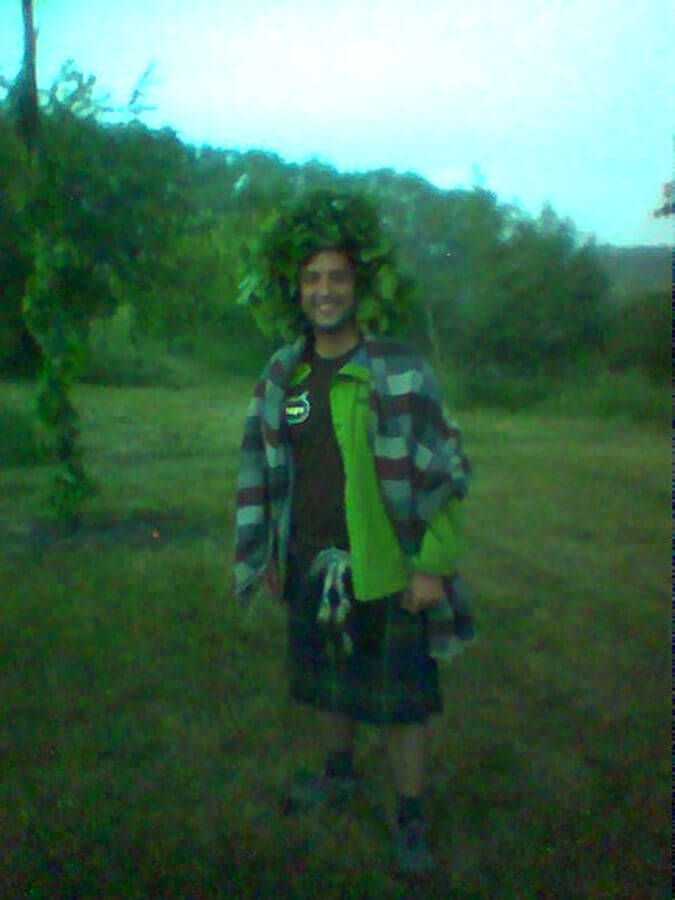
Andrew Gryf Paterson is an 'artist-organiser', cultural producer, educator, curator and independent researcher. Paterson specializes in exploring connections between art, digital culture, science, cultural activism related to the commons, DIY-Do-It-With-Others.Do-It-For-Research, ecological and sustainability movements, along with cultural heritage and collaborative networks. Originally from Scotland, Paterson has an international practice, including activity over the past ~20 years in the Baltic Sea region, based for most of the time in Helsinki, Finland. He works across the fields of media/ network/ environmental arts and activism, pursuing a participatory practice through workshops, performative events, and storytelling. Strengths lie in hybridity, communications, organisation and network arts: the ability to bring together and involve people in creative, collaborative exploration, developing temporary communities, gathering unexpected elements and components as new spaces of/for cultural activity. What is left behind as social, digital, material and ephemeral residue of 'being t/here' has been a consistent concern. More or less archived here: http://www.agryfp.info
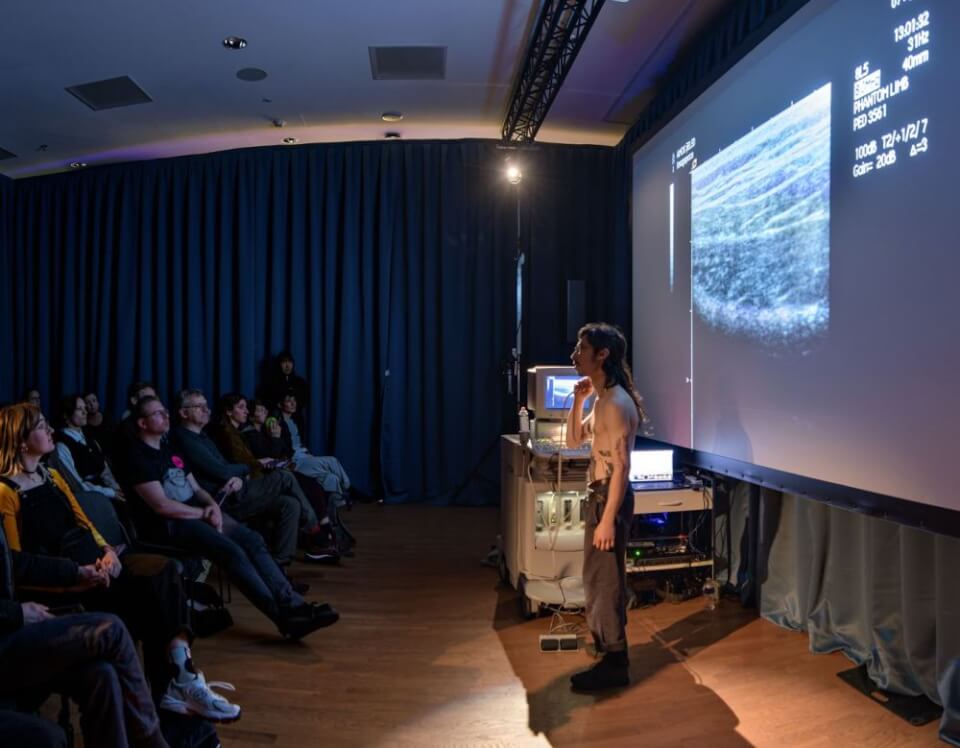
Amos Peled is a multidisciplinary artist focusing on experimental music, audio-visual installations, and performance art.
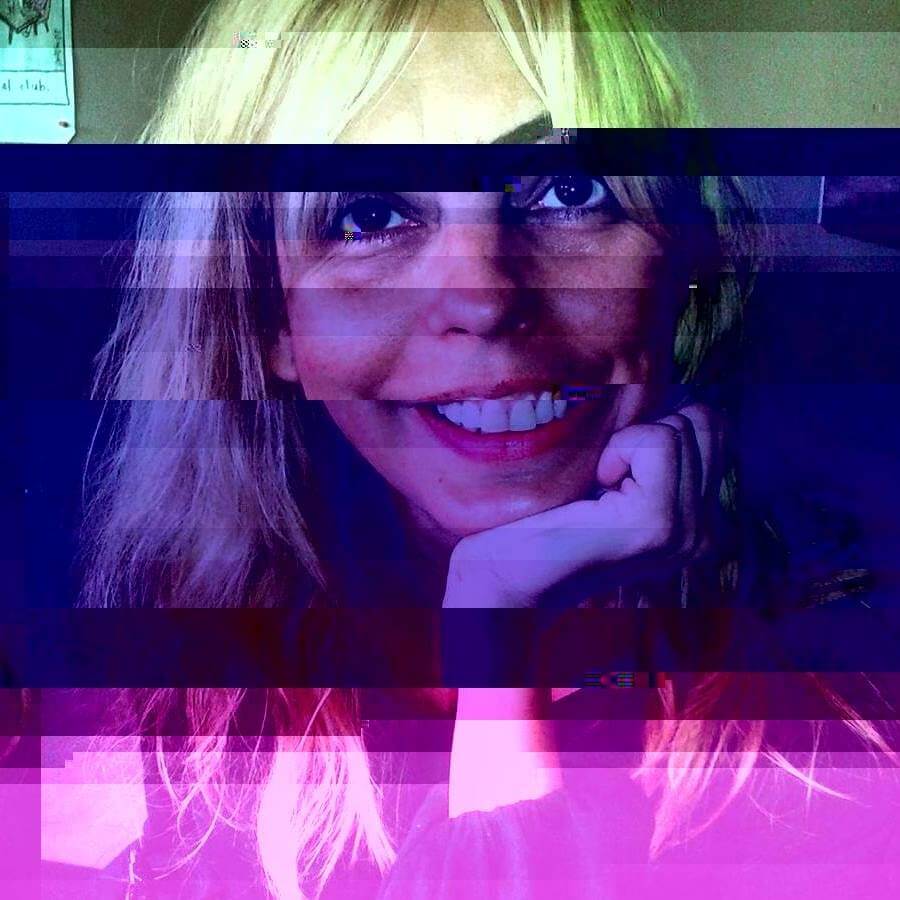
Iona Pelovska is a dream technician (colloquially known as artist/filmmaker) interested in the human capacity to assemble realities. With roots in visual art, degrees in Film Production, and a doctorate in thinking too much (formally: Communication & Culture), she works across disciplines to trace the outlines of future cinemas, intent to open new portals of perception. Her films, installations, and paper-trails - funded by some, decoded by few - have circled festivals, academic sanctums, and art spaces across continents. When not conjuring light-time apparitions, she asks unlikely questions about the techno-human condition. She believes language can break things - and that’s precisely why it matters.
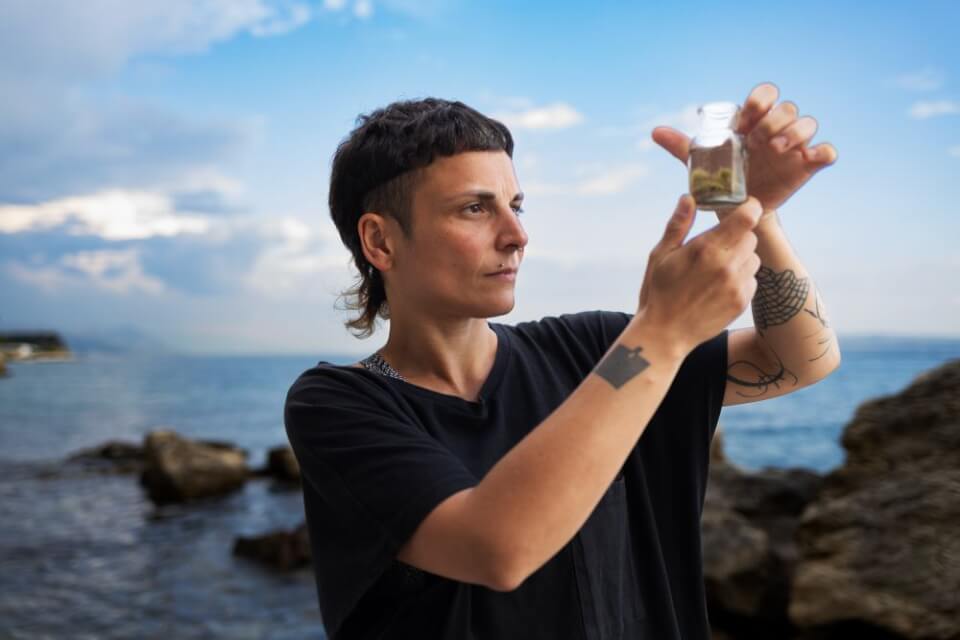
Fara Peluso is a Berlin based artist-designer. She graduated in industrial design at University Architecture 'La Sapienza' in Rome and studied as graphic designer. Through a speculative research she plays how to connect the human beings with nature, living organisms and biological processes in a deeper relationship. Constantly researching and taking inspiration from elements present in Nature, she believes that it’s a great Strategy for Art and Design. The relationship between the human beings and their environment is observed and the concept that we are the most important living organisms on earth is cancelled. As an artist-designer with a strong interest on Biology, Fara Peluso pursues her deep research on algae taking constantly inspiration from them, enquiring into their poetry and agency through a transdisciplinary and speculative methodology. Her work is focused on both the material and the procedural aspects, investigating possible closer relationships between human beings and algae organisms.
http://www.farapeluso.com/site/
©Fara Peluso - 2022
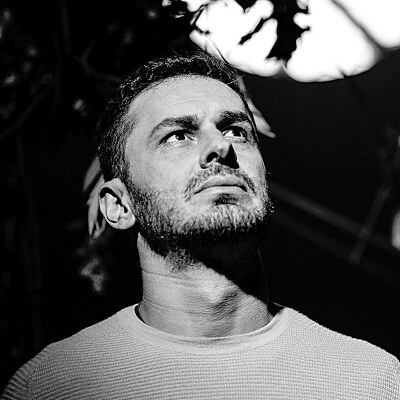
Ivan Penov is a musician and sound artist whose artworks are inspired by natural and rural contexts. His audio works distinguish themselves for featuring unusual sounds of musical instruments and field recordings. His musical output ranges from sound installations and acousmatic compositions to audiovisual works and music for dance performances. Across the diverse media, the “gestures” of both sound and video are often inspired by material and ecological processes, be it the vibration of a bow or the fermentation of yeasts. Besides his individual practice, he writes commissioned music pieces such as for the Ivana Kocevska Company / Macedonian Opera House. His research has been presented at ICMC, Pact Zollverein, and the upcoming Cense Ljubljana.
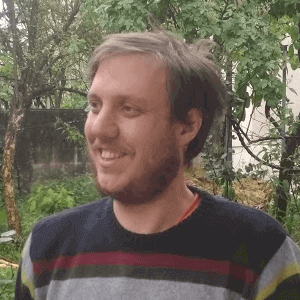
Minas Pergantis is curently an active postdoctoral researcher and a research fellow of the Department of Audio & Visual Arts. His post doctoral research revolves around the Evaluation and Optimization of User Experience in Online Digital Art Repositories.
He is a dimplomate of the Electrical and Computer Engineering Department of the Polytechnic School of the University of Patras. He has multiple years of work experience in the private sector as a Web application programmer and Website developer.
He holds a PhD from the Department of Audio & Visual Arts of the Ionian University for his research titled "Art search online: analysis of user behaviour and search technologies".
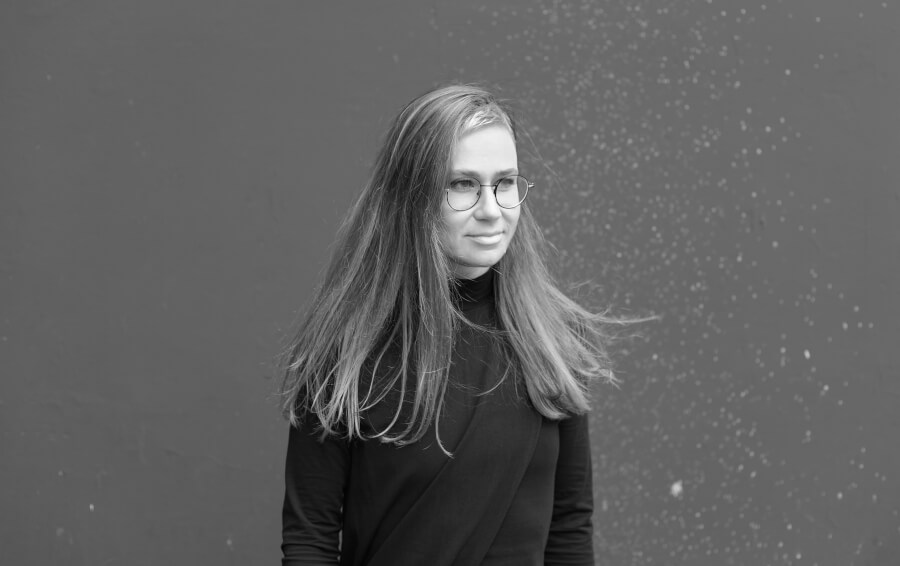
Špela Petrič is a Slovenian hybrid media artist with a background in the natural sciences. Her artistic research and practice combines (bio)media and performativity to enact strange relations between bodies that question the underpinnings of our (bio)technological societies. Recently she has been busy with looking closely at automation of care in agriculture and medicine.
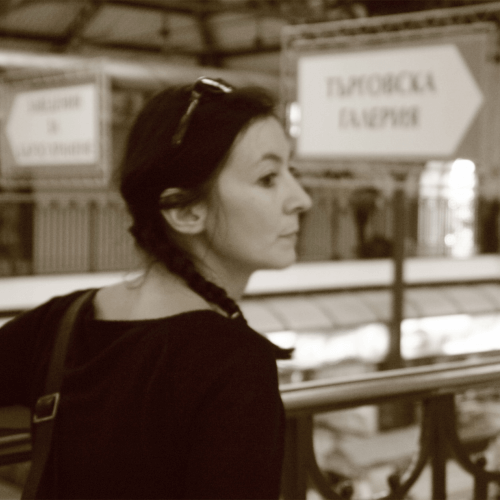
tatjana petzer is a nomad between cultures and times, working as a full professor at the university of graz. she is writing in the field of humanities, especially about slavistic topics and the history of knowledge, about text and sound, image and dress – across media and undisciplined. her most recent publications include the monograph knowledge and faith. figurations of the synergos in slavic modernism and the annotated anthology immortality. slavic variations.
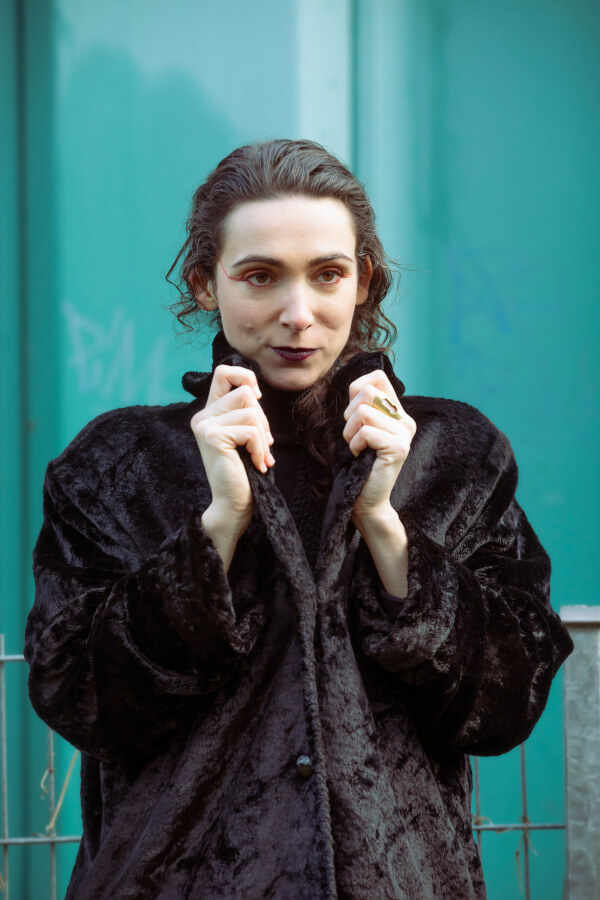
Known internationally for her otherworldly work with living matter, ecology and biotechnology, Dr Margherita Pevere is an artist and researcher addressing taboos like death, sex and vulnerability. Her practice embraces object-making, installation, performance, and writing, which she waves seamlessly thanks to her transdisciplinary background.
Her project Lament on wildfire ecologies received the COAL Prize / Transformative territories mention (2024) and she was nominated for the Falling Walls Awards / Category Art and Science (2023) for the body of work around her concept ‘arts of vulnerability’. Her artworks have been shown at iMAL - Center for digital cultures and technology, Bruxelles; Foundation L’Art Pur, Ryhad; Kunstquartier Bethanien, Berlin; Kiasma Theatre, Helsinki; Kapelica Gallery / Kersnikova, Ljubljana; KONTEJNER, Zagreb; Ars Electronica, Linz; Wiener Festwochen; Casa Viva, Mexico City, among other.
She runs the performance group Fronte Vacuo with Marco Donnarumma to create works that combine body art, dance, theatre, audiovisual performance and technology. Among the projects she initiated, the show Membranes Out Of Order (co-curated with Theresa Schubert and Karolina Żyniewicz) featured an innovative exhibition concept based on artworks and research materials. Recent art and science partnerships include the Joint Research Centre of the European Commission and the Heimholz Centre for Infection Research. She is a member of the Finnish Bioart Society and the Queer Death Studies Network, and affiliated researcher of The Eco- and Bioart Lab.
Pevere holds a doctorate in artistic research from Aalto University on art, biotechnology and queer studies. Her publications cover arts, aesthetics, environmental humanities and queerfeminist studies.
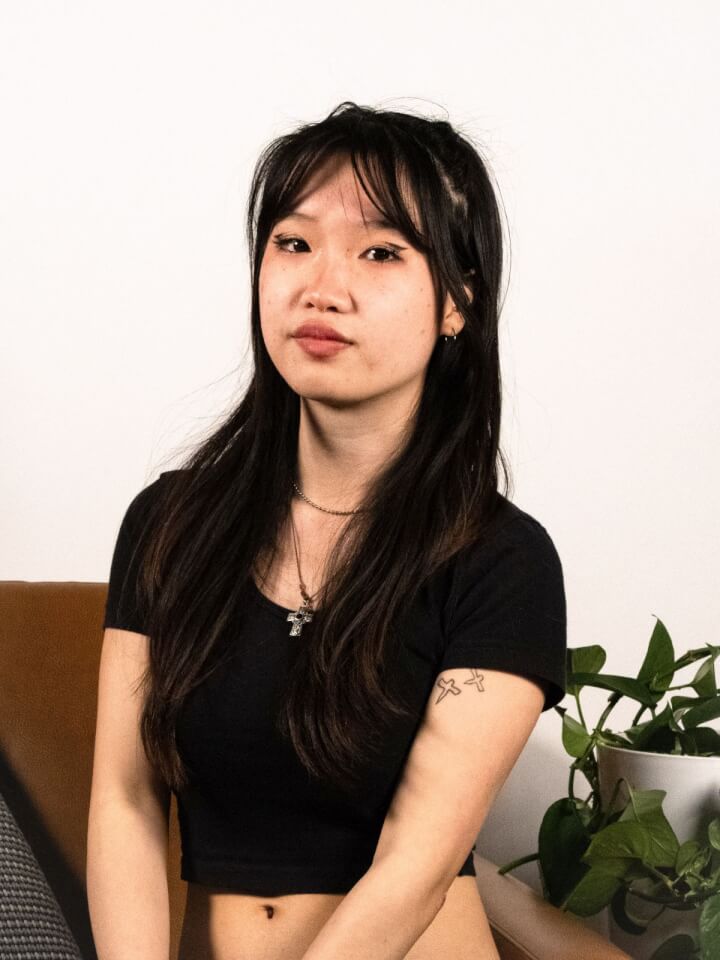
Nhu Phung is a Vietnamese American designer with a passion for print, ecology, and critical design. Her work often explores overlooked or underestimated subjects—whether celebrating the everyday pigeon or imagining new forms of connection through the intelligence of the octopus. Guided by feminist and experimental approaches, Nhu’s practice seeks to create thoughtful and playful interventions that challenge human-centered perspectives while highlighting beauty and interdependence.
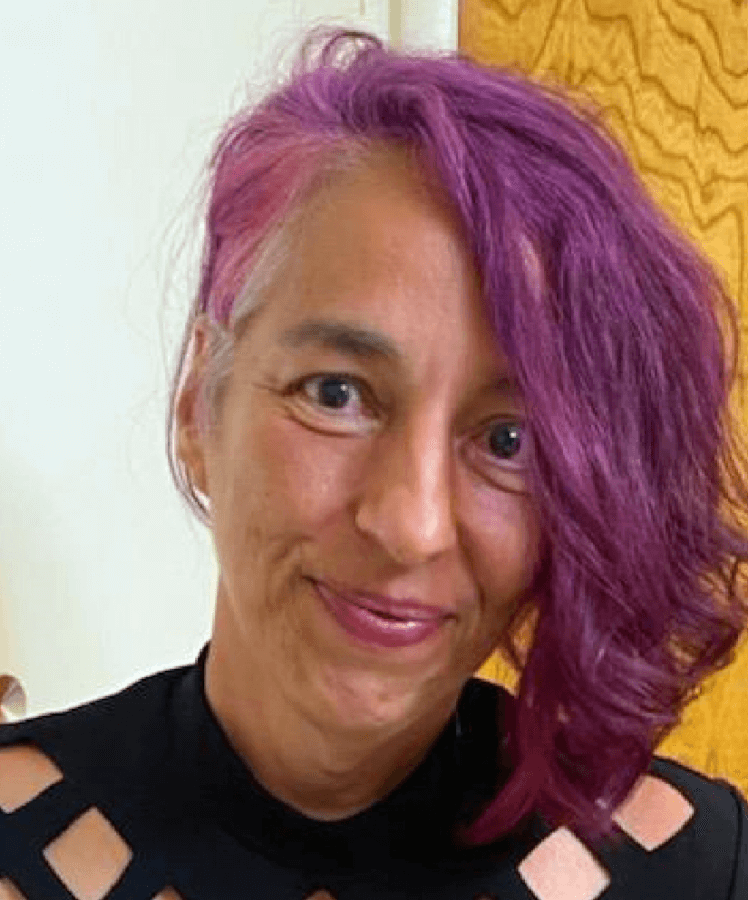
Praba Pilar is a queer diasporic Colombian artist creating interdisciplinary projects that disrupt the cult of the techno-logic. She is working internationally on subversive, playful, and simultaneously serious ways with AI systems to nixtamalize the technology sector, creating algorithms, code, images, and songs that challenge data extraction techno-colonialism and offer algorithms of liberation.
Her artworks have been presented in museums, galleries, universities, festivals and streets around the world – including the Museum of World Culture in Gothenberg, Sweden; MUAC in Mexico City; La Facultad de Bellas Artes, Altea, Spain; Vancouver's LIVE BIENNALE; Toronto's McLuhan Center for Culture & Technology; SIGGRAPH in South Korea; the Zero One Festival at ISEA; OCAD in Toronto; Galeria Studio Cerrillo in San Cristobal de las Casas, Chiapas, Mexico; MOCA in Los Angeles; San Francisco's MOMA; BAN 5 at Center for the Arts at Yerba Buena; Grace Performance Space in New York City; the Oakland Museum of California; and many more, with works on exhibit in perpetuity at the Kitchen in NYC and in ACM SIGGRAPH’s Future Past VS. Coloniality: Decolonial Media Art Beyond 530 Year.
She is a 2025-27 HUMAN (Humanities Understanding of the Machine Assisted Nexus) Fellow at Lake Forest College/Ragdale, Co-Director of the Bioarts Ethical Advisory Komission, and an Emeritus Board Member of Women Eco Artists Dialogue. Pilar has a PhD in Performance Studies from the University of California, Davis, and you can learn more about her work at prabapilar.com.
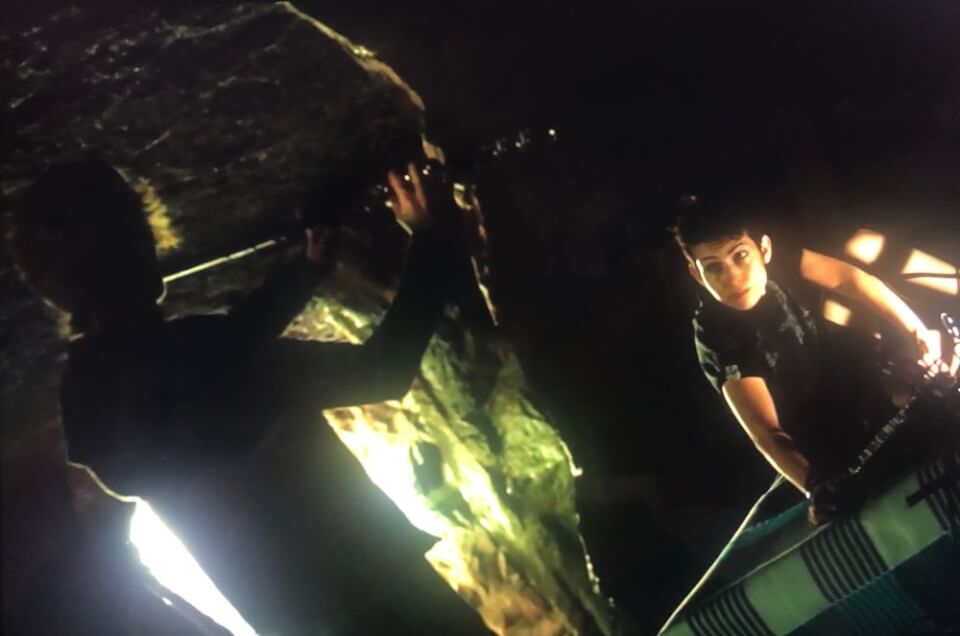
Senem Pirler (she/her) is an artist, sonic improviser, and educator. Pirler’s interdisciplinary work crosses over into sound engineering, sound art, composition, performance, video art, movement, and installation.
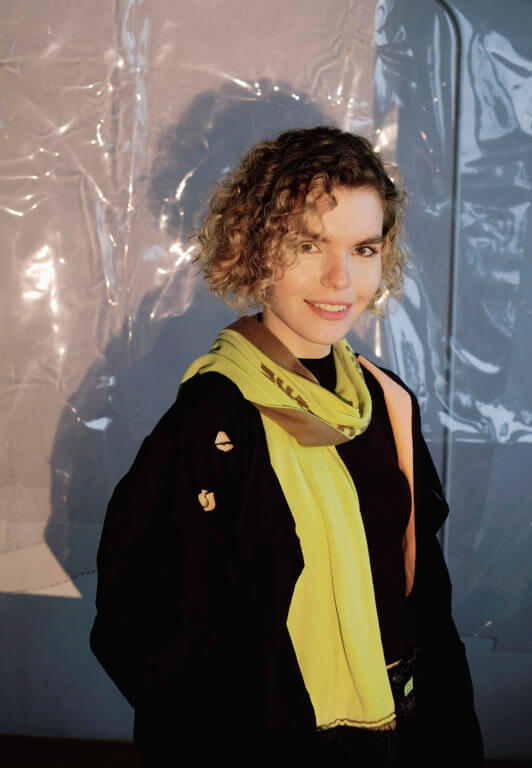
Tjaša Pogačar is an independent curator of contemporary art and co-founder and editor-in-chief of Šum, a Ljubljana-based magazine and platform for art and theory-fiction. She worked with the Museum of Contemporary Art Metelkova, Škuc Gallery and Aksioma Project Space, among others, curating solo and group shows and collaborating mostly with the younger generation of artists. In 2019/20 she curated two editions of IFCA – International Festival of Computer Arts in Maribor titled Automated Ecologies and Infrastructure Complex: Altered Earth that focused on questions arising from the intertwining of technology and planetary ecologies. She works also as a curator and producer of intermedia art at the Projekt Atol Institute in Ljubljana. With Šum and Projekt Atol she launched an offsite/online exhibition project Plaza Protocol that is developing new formats and plots for and from an unfinished construction site of an underground shopping mall on the outskirts of the city. She is also the curator of ISKRA DELTA – 34th Ljubljana Graphic Biennale. (https://linktr.ee/tjasa.p)
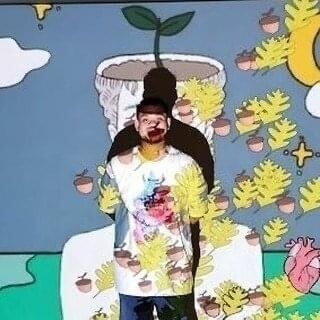
Thai artist and engineer Wave Pongruengkiat merges technical prowess with artistic expression, collaborating with local talents to explore the juncture of art and tech. Passionate about posthumanism and animism, he advocates for a deeper connection with nature and AI, bridging tradition with innovation for a sustainable future.
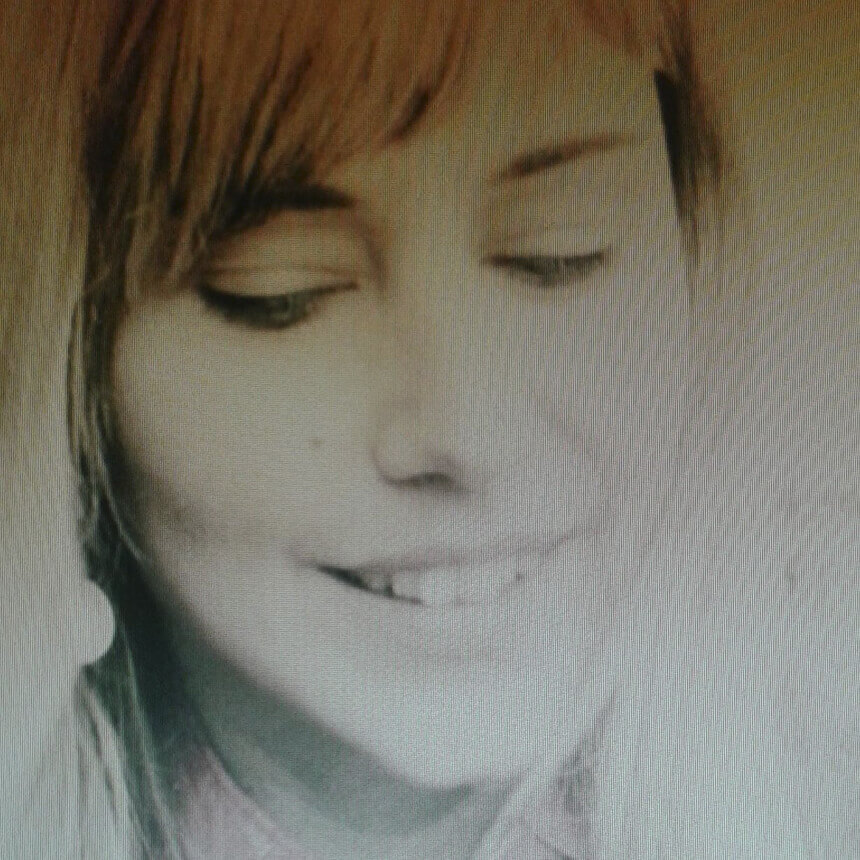
Despoina Poulou is an Assistant Professor of Culture and Digital Audiovisual Arts at the Department of Cultural Technology and Communication of the University of the Aegean. Since 2023, she has been a coordinator and lecturer at the Open Hellenic University in the Undergraduate Program in Film Writing, Practice, and Research Studies. She holds a PhD from the Department of Philosophy and Education of the Aristotle University of Thessaloniki. Her research interests lie in the fields of film theory, film aesthetics, and philosophy of film, focusing also on issues of intertextuality and intermediality in cinema and on the conversation between filmic and literary text. She has presented papers reflecting her research interests in journals and conferences and is the author of the book The Philosophy of Eroticism in Cinema: Bataille, Bertolucci, Oshima (Athens, Aigokeros, 2022).
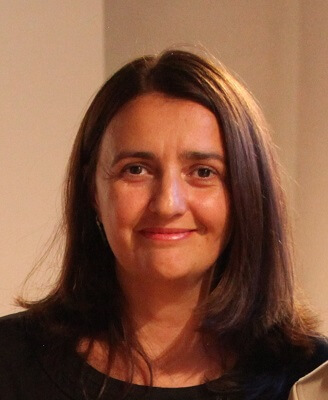
Cvetka Požar, PhD (MAO) is an art historian, museum councillor and curator at the MAO and has a PhD in the development and theory of design. Her main research interests are in the history of design, especially visual communication and contemporary design. She curated the exhibitions The Century of the Poster: Slovenian Poster Design in the 20th Century (2015) and To the Polling Booths! The Poster as a Political Medium in Slovenia 1945-1999 (2000), and authored the accompanying books with the same titles. She has also co-curated several exhibitions, most recently Castle → concepts, objects, spaces (2024), Jože Brumen: Modernist Designer and Art Connoisseur (2021), The World Inside: Designing Modern Interiors, 1930-Today (2021), and MADE IN: Crafts and Design Narratives (2020).
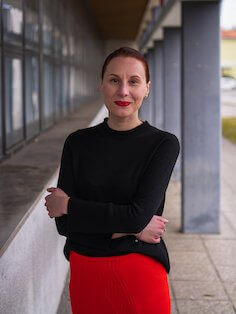
Kristina Pranjić is Associate Professor at the University of Nova Gorica’s School of Humanities and Research Centre for Humanities. Her work focuses on avant-garde and intermedia art, ecocriticism, cultural criticism, and the intersections of art and science. She has published widely, co-edited several volumes on the avant-garde, and is the principal investigator of the upcoming project Adriatic Avant-Garde: Eco-Transversal Remapping of Northern Adriatic Avant-Gardes at the Research Centre of the Slovenian Academy of Sciences and Arts (ZRC SAZU), in collaboration with the University of Graz.
She has organised three international conferences with artistic programmes and co-edited the proceedings: The World as Objectlessness, Cosmic Anarchism, and Avant-garde and the End of the World. She is the author of a monograph on the Yugoslav avant-garde (Jugoslovanska avantgarda in metropolitanska dada, Sophia, 2024), which will also appear in English with De Gruyter Brill in 2027.
She studied Comparative Literature and Russian Language and Literature at the University of Ljubljana, where she also earned her PhD in Slavic Studies. She has conducted research at the University of Konstanz, the University of Belgrade, and Paris 8 University, and has taught at the University of Klagenfurt.
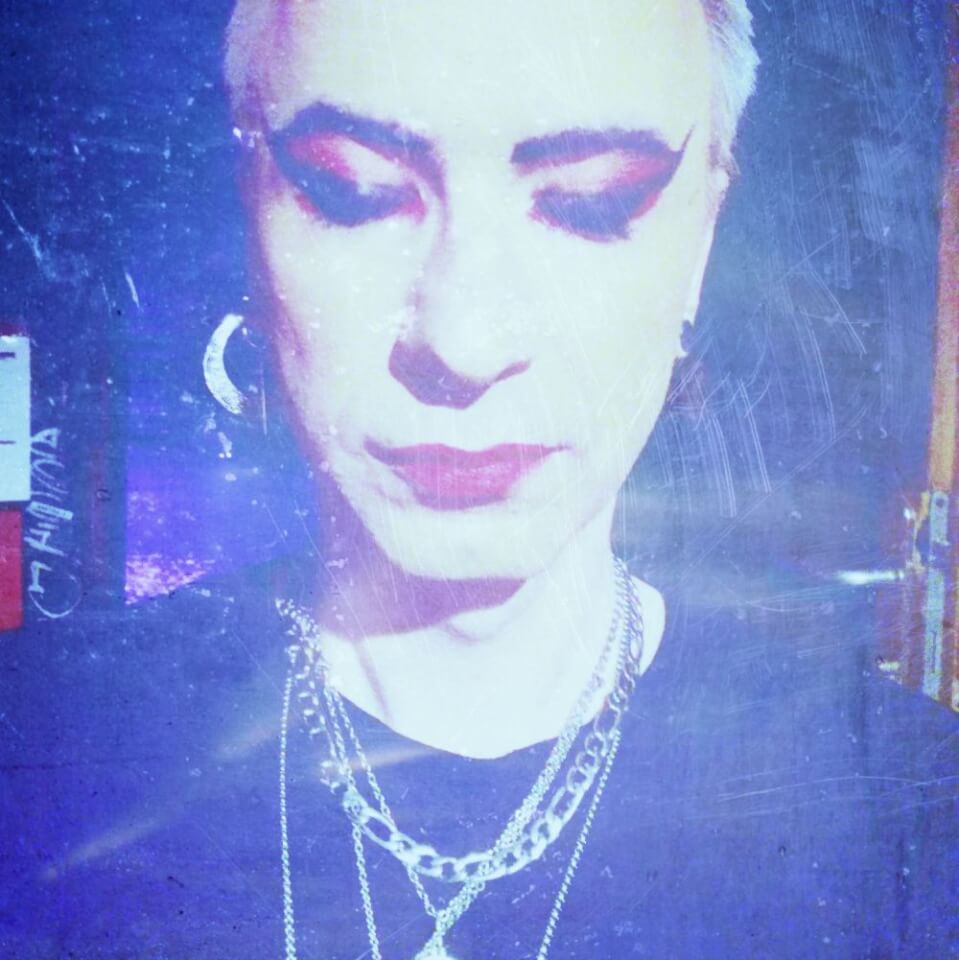
Luka Prinčič is a musician, sound designer, and media artist. They have been writing music, creating sound art, performing, and manipulating new media in various ways since the mid-’90s. They specialize in computer music, elaborated funk beats, immersive soundscapes, incidental music for live arts and video, and digital media experiments.
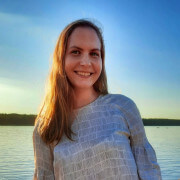
Veronika Prizova is an interdisciplinary artist and culturologist. She studies nature-to-culture narratives and issues of phyto-semiotics. She has taken part in the international festivals ‘Ars Electronica’ (2020) and ‘Speculum Artium’ (2021) as well as in the international virtual exhibition ‘Pending Futures’ (2021). She is a mediator and creator of a guided tour and a leaflet-game for children at the State Hermitage Museum.
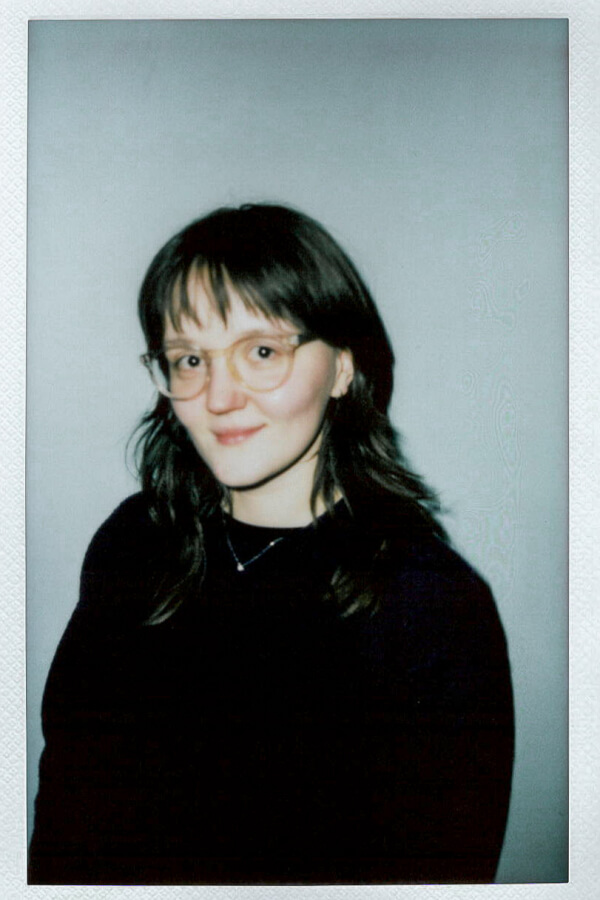
The artist duo sikau/pubalova was founded in 2020, exploring the intersection of media arts, speculative research and experimental sound theater. They have been commissioned by Ars Electronica Festival, Science Gallery Bangalore, Climate Week NYC, European Commission, S+T+ARTS, LABoral, IMPAKT, Transmediale, Ensemble Modern and Ligeti Center.
Denisa Půbalová (she/her, CZ/NL) is an audiovisual artist, a researcher on environmental philosophy, critical posthumanism, and technological infrastructures, a creative coder and a lecturer. She works at the intersections of arts and science.
Exploring microscopic and macroscopic climates, her current research expands from climatic storytelling with diatoms (microalgae), to critical research of the phenomenon of Earth’s digital twin. She works with microorganisms (molds, fungi, diatoms, biofilm). For her artistic research, she worked with Waag Futurelab, Posthuman Art Network CA, and Artbiom Prague.
Together with Dr. Lea Luka Sikau, she forms duo sikau/pubalova, an artistic initiative focusing on embodied multi-sensory encounters within the arts. sikau/pubalova were commissioned by S+T+ARTS, Ars Electronica, BASE Milan, Science Gallery Bengaluru, IMPAKT Utrecht, transmediale Berlin, LABoral, Ensemble Modern, TONALi Hamburg, and ligeti zenter Hamburg.
She is a visual artist in Metanoia Creatives, a collective that focuses on digital animation, generative arts, projection mappings, and large-scale audiovisual installations presented worldwide.
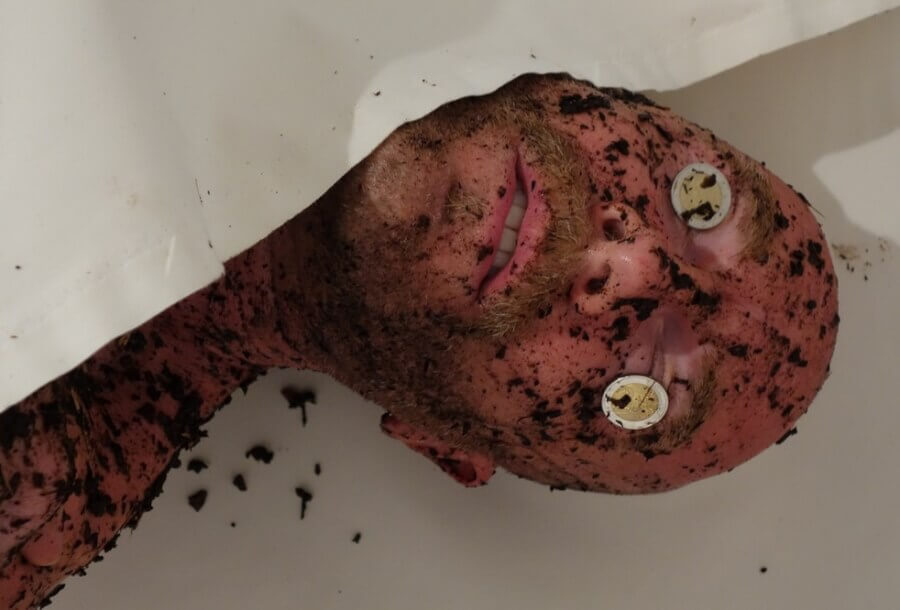
pETER Purg, PhD is Associate Professor at both Arts and Humanities, University of Nova Gorica, whose new-media art (thinking) practice ranges from performance to education and interdisciplinary research. He is Dean of the School of Humanities and New Media module lead as well as coordinator or team lead in several projects crossing disciplines, sectors, theories and practices. For the Go!Borderless European Capital of Culture 2025 programme pETER Purg currently leads the xMobil art+science mobile lab, curates the PostMobility artistic programme of exhibitions and performances as well as co-curates the 26th international festival of contemporary art practice Pixxelpoint 2025. With a PhD in media art, communication science and literature from the University of Erfurt in Germany, he often combines scientific inquiries that include media arts pedagogy, avant-garde studies, post-growth and media ecology with artistic experiments in performance and media art. www.pleter.net
(SI)
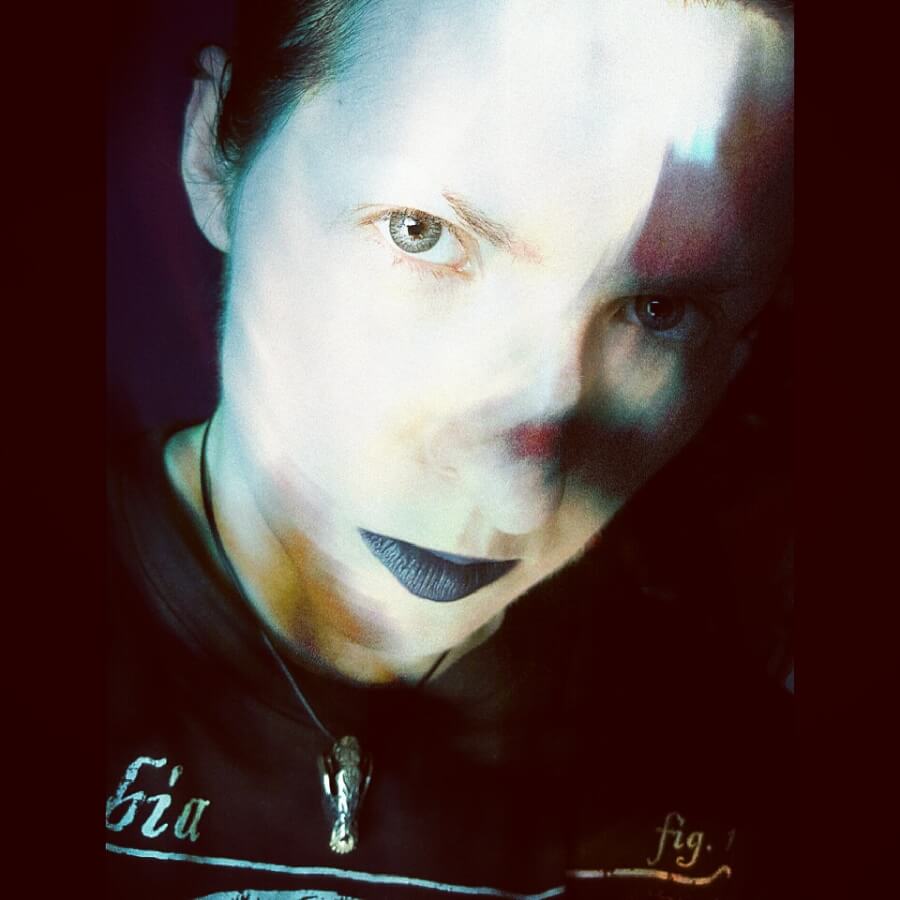
Marietta Radomska, PhD, Docent, is Associate Professor of Environmental Humanities at Linköping University; director of The Eco- and Bioart Lab (https://ecobioartlab.net/); co-founder of Queer Death Studies Network (https://queerdeathstudies.net/). Radomska is the author of Uncontainable Life: A Biophilosophy of Bioart (2016); co-editor of the book series ‘Focus on More-than-human Humanities’ (Routledge); and co-editor of books State of the Art – Elements for Critical Thinking and Doing (BAS 2023) and Routledge Handbook of Queer Death Studies (forthcoming 2025). In years 2017-22 she led two research projects on ecologies of death, environmental violence and contemporary art (funded by Vetenskapsrådet, FORMAS, and MISTRA), and since 2022 has been the PI of the research project ‘Ecological Grief, Crisis Imaginaries and Resilience in Nordic Lights’ (2022-26), funded by FORMAS Research Council for Sustainable Development. She works at the intersection of environmental humanities, continental philosophy, queer death studies, visual culture, contemporary art, and artistic research; and has published in Australian Feminist Studies; Somatechnics; Environment and Planning E, and Artnodes, among others. Web: www.mariettaradomska.com.
(SW)
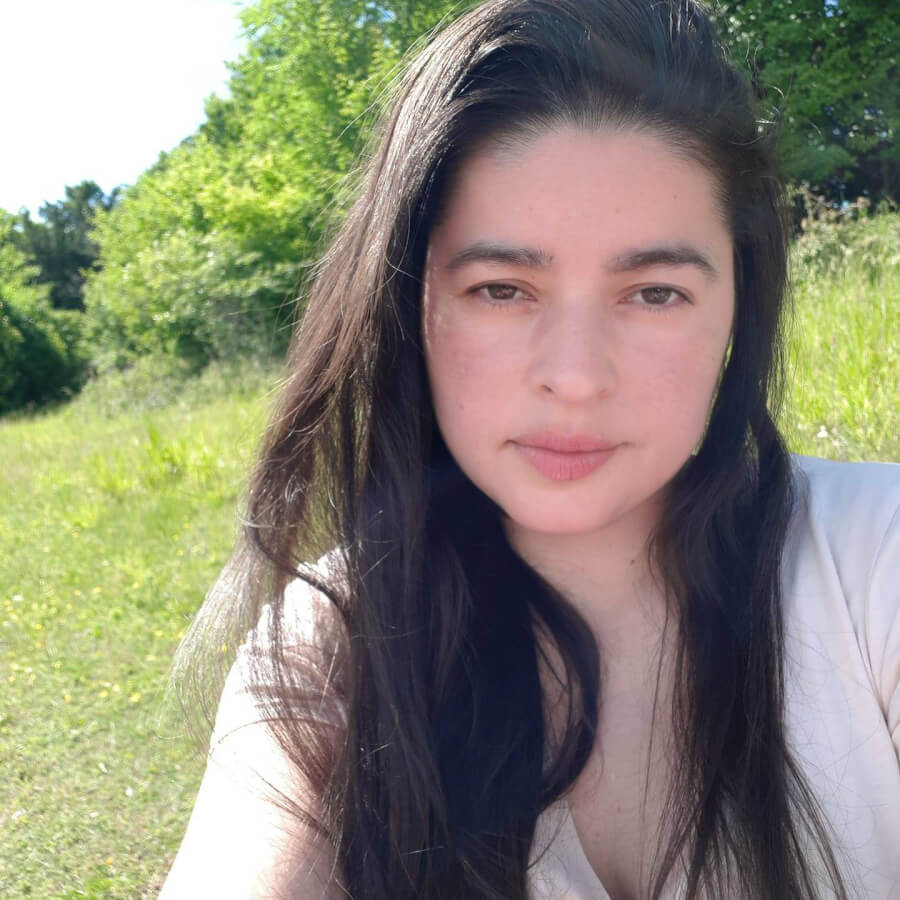
Audrey Rangel Aguirre is an interdisciplinary Mexican artist based in England, researching at the intersection of art and science, focusing on artistic intuition to create new systems that belong to the future of human civilisation. Currently developing the ongoing research project Terras Lux, focusing on the relation between energy on microbial micro ecosystems on soil and the energy on the human body. In her practice, she uses creative intuition as a tool to create speculative scenarios that may be a possibility for our nearest future in our society and research through the lenses of art and philosophy, diverse fields of science. Using artistic intuition, reciprocity and caring for others as a way to weaving politics, poetics, and consequences through contemporary art practices. The current convergence of art and science may be the key to unlocking new possibilities and the development of human consciousness towards the next phase of civilisation. In her research, she allows herself to free artistic intuition to power and enhance scientific research with the aim of the creation of new systems that belong to the future of human civilisation, in which, with the collaboration of other beings like microbes and ecosystems, a new way of living and collaborating between all beings on Earth can be achieved, through reciprocity.
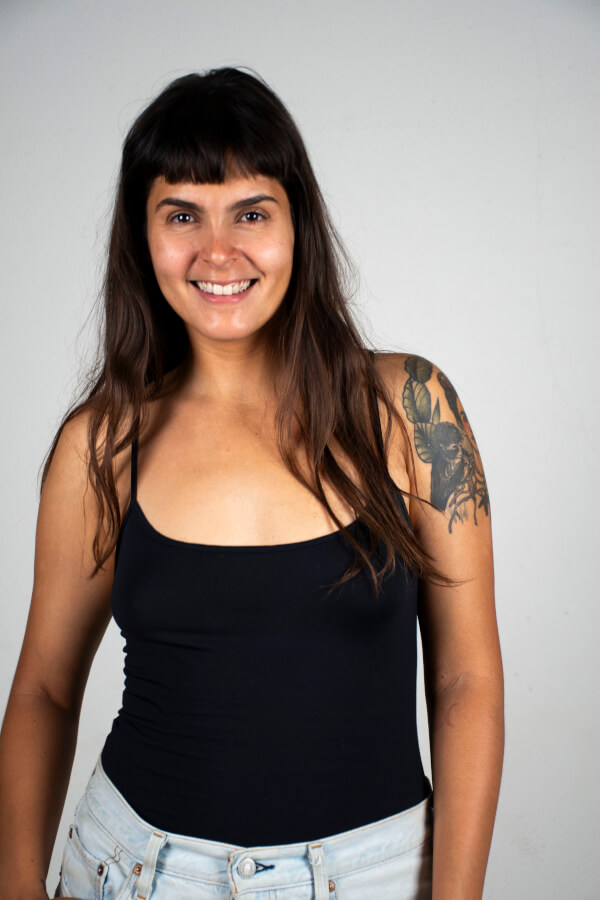
Kisa is a multidisciplinary artist from the Brazilian Amazon, currently living and working in Lisbon, Portugal. Her work spans across tattooing, illustration, muralism, and art education. Her signature as an artist, regardless of the method, is the use of a counter-colonial perspective, questioning the power structures that disconnect human beings from their roots, the land, and their bodies.
In her artistic interventions, Kisa seeks to reverse the logic of colonization by creating characters that live in symbiosis with the earth, reconnecting with their bodies and reclaiming symbols to strengthen their identities.
For Kisa, tattooing is an ancestral cultural manifestation that connects us to our bodies—whether to exalt, affirm identities, or reclaim symbols. For her, it is a transformative process that directly engages with the practices of bioengineering, establishing a convergence between bodies and modifications.
It is from this fusion that her collaboration with bioengineer Laura Sordini emerges—an audacious partnership that seeks to unite tattooing and pleasure in an innovative way, exploring new possibilities for body modification and expression.
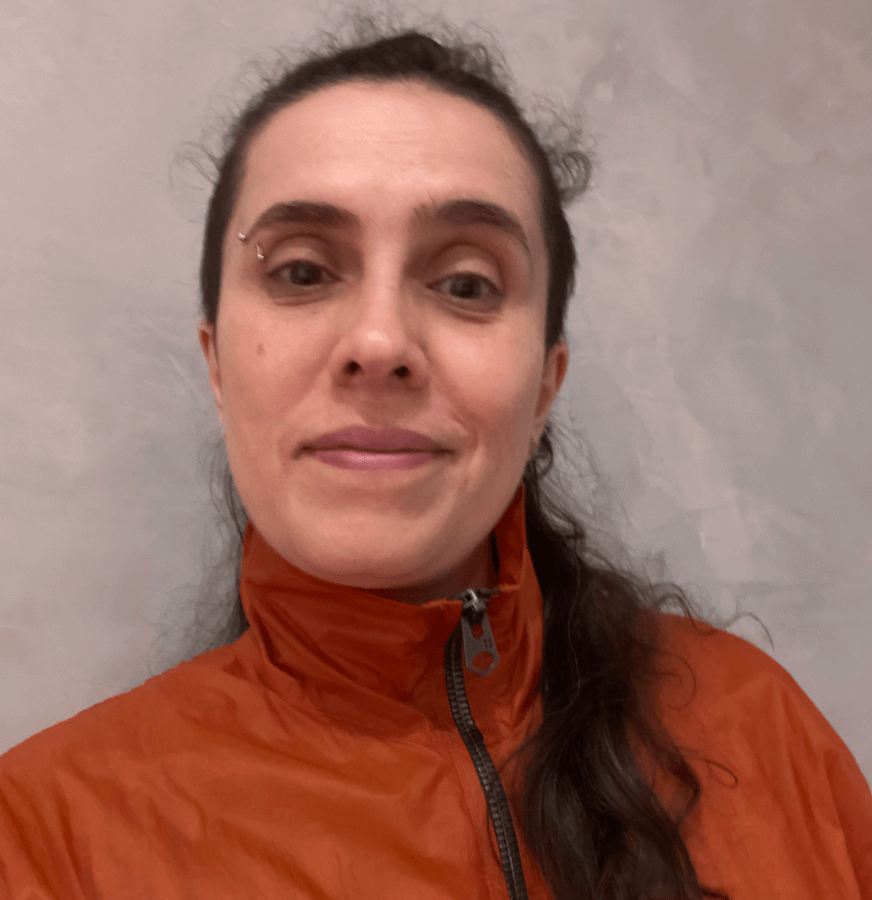
Clarissa Ribeiro, Professor of Media Arts at the University of São Paulo, Brazil, is an artist and researcher exploring cross-scale informational dynamics in morphogenetic and behavioral processes through the lens of performative technoetics. She is Chair of the Leonardo/ISAST LASER Talks, co-founder, and former Program Director of the Roy Ascott Studio Advanced Program in Technoetic Arts.
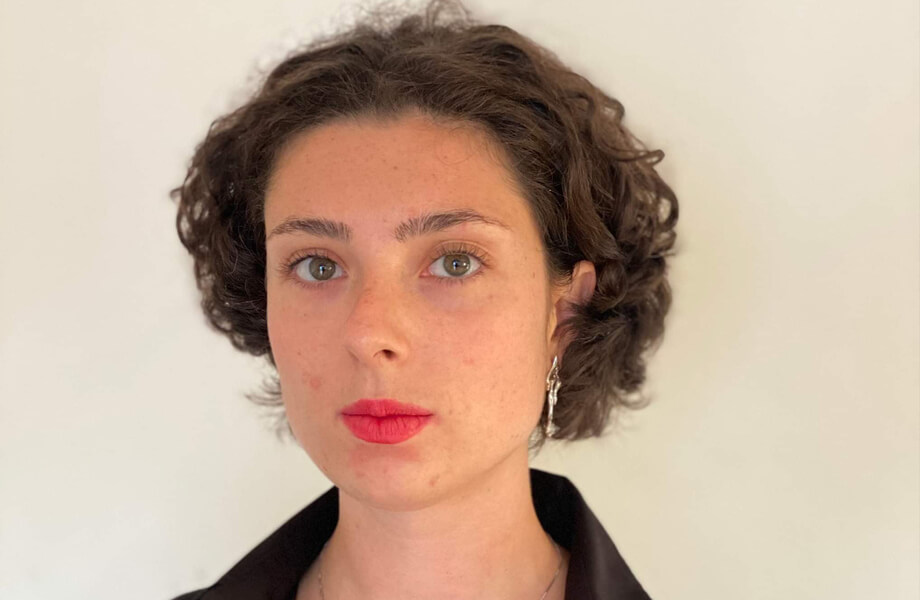
Ana Laura Richter (1996, Ljubljana) is an interdisciplinary artist, researcher, dramaturg, and visual storyteller. She holds an MA in Ecology Futures from the Master Institute of Visual Cultures in Den Bosch (2022) and a BA in Dramaturgy from the Academy of Theatre, Radio, Film and Television in Ljubljana (2019). Her projects often employ mixed reality tools to present stories from more-than-human perspectives, blending ecological speculative fiction with immersive narrative forms. In 2023, her graduation project I Remember the Place I Have Never Seen was exhibited at The New Current during Rotterdam Art Week. She is also co-founder of the critical art and design duo Swamp_Matter, based between Rotterdam and Ljubljana.
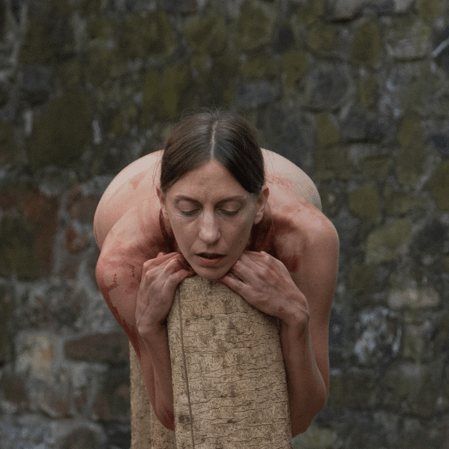
Jatun Risba (they) is a transmedia artist from Slovenia whose work engages with ecofeminist and posthumanist discourses through performance art, ecoart, relational practices, and acts of détournement, abjection, and intervention. Bridging ritual and disobedience, their practice cultivates reciprocity between species by awakening sensory awareness through the application of Vajrayana Buddhist principles and subversive uses of technology. At its core, their work reimagines Art as a site for healing, transformation, and expanded modes of being. Their research unfolds along two primary trajectories: Arts for Health and Art as Nourishment for the Bodymind.
Jatun’s work has been presented internationally at Galerija O.K. (Rijeka), Crow’s Nest (Baltimore), Studio Alta (Prague), Opens (Singapore), the Prague Biennale Re-connect Art festival (2023-25), Meta.morf Trondheim Biennale (2022), Bangkok Biennial (2020), Fabbrica del Vapore (Milan), and Y Gallery, Kersnikova Institute, and Cirkulacija2 (Ljubljana). They have delivered talks and workshops at DRHA 2024 (Munich), Akademia Sztuk Pięknych (Wroclaw), the University of the Underground, Goethe University Frankfurt, Strasbourg University, and the Moving Image Research Lab (Montreal).
They are the founder and co-facilitator of Be-coming Tree, a global Live Art platform fostering ecological connection through collective performance (becomingtree.live). Risba has received the a-n Artist Bursary (2019), an ERSTE Foundation Fellowship (2020), and the Social Art Award (2021). Their writings and interviews have appeared in Antennae: The Journal of Nature in Visual Culture, Body, Space & Technology (BST), ecoartspace.org, and other publications.
Jatun holds a BA (Hons) from NABA (Milan) and a PG Cert in Art & Science from UAL, London. More at: jatunrisba.com.
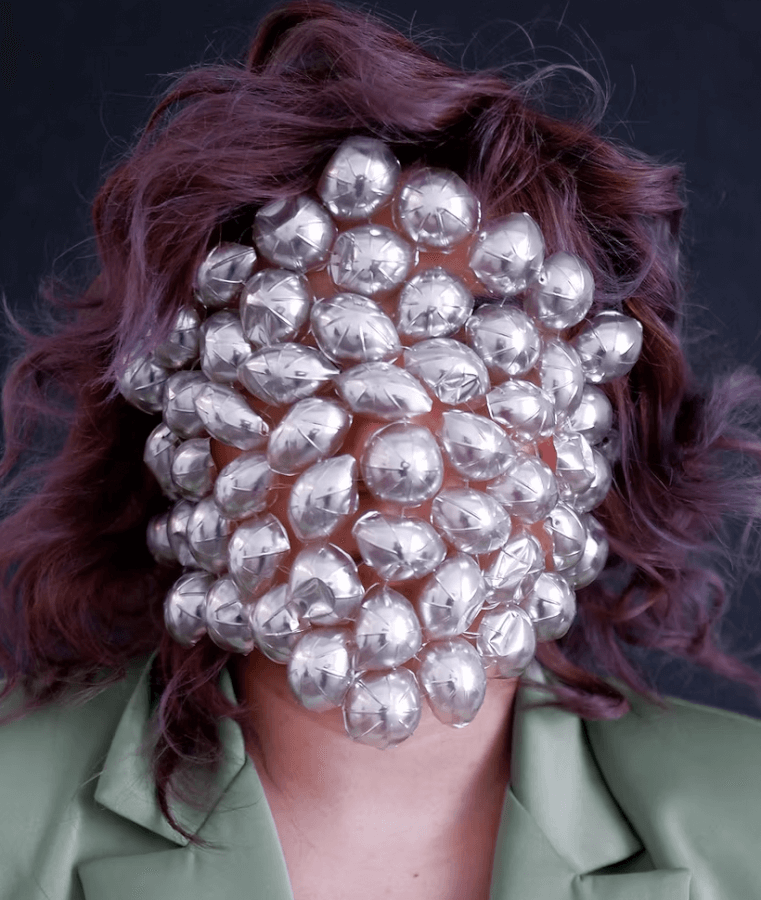
Laura Elidedt Rodríguez Torres is a Mexican scientist and multidisciplinary artist based in the Netherlands. With a background bridging biotechnology and the arts, Laura holds a Bachelor's degree in Biotechnology Engineering from the National Polytechnic Institute in Mexico, a Master's in Molecular Biology from Skoltech Institute in Moscow, and a Master’s in Art & Science from ITMO University in Saint Petersburg, Russia.
Her work integrates living systems and new media to uncover hidden connections between species, fostering empathy and kinship through posthuman philosophies and speculative design. Drawing inspiration from Mexican folklore and cultural narratives, Laura explores themes such as decolonization, bodily identity, and interspecies connections.
Laura’s career spans notable achievements, including winning the Kuryokhin Contemporary Art Prize in Art & Science (2020) and being shortlisted for the Bioart and Design Award (2023). Her artistic journey has led to residencies at esteemed institutions like YEMAA Center in Kazakhstan, Metamedia in Croatia and V2_Lab in Rotterdam. She has exhibited her work internationally, with shows in the Netherlands, Russia, Kazakhstan, and Mexico.
A dedicated educator, Laura has mentored artists and developed workshops and universitt courses bridging biology and art for institutions such as ITMO University. As a curator, she co-led projects like Staying with the Trouble and Pangardenia at Ars Electronica, focusing on ecological and speculative futures.
Currently working independently and as a member of the Earthlings art Community, Laura continues to merge her expertise in science and art to create thought-provoking projects and foster dialogues on environmental agency and bodily autonomy.
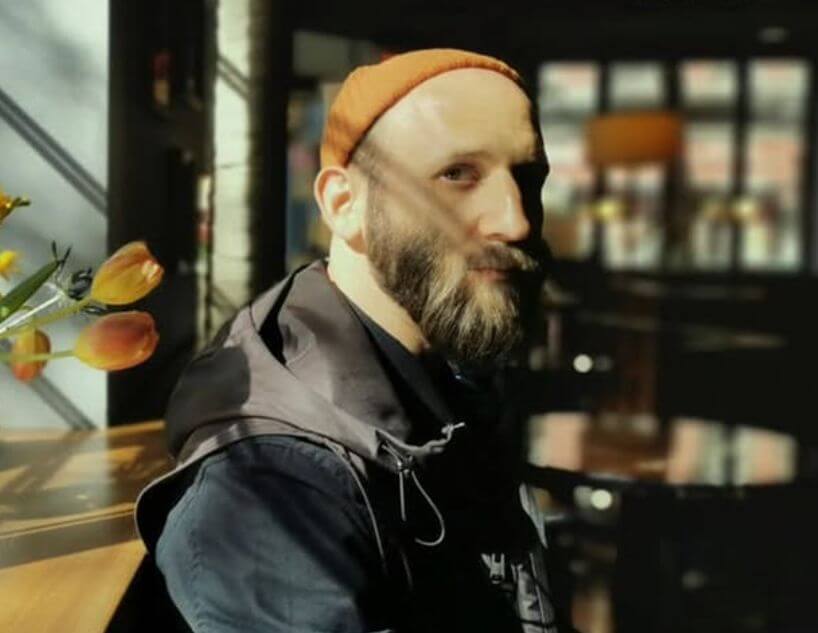
(@skeptic_mystic) is a chimeric cultural engineer currently operating out of Ljubljana.
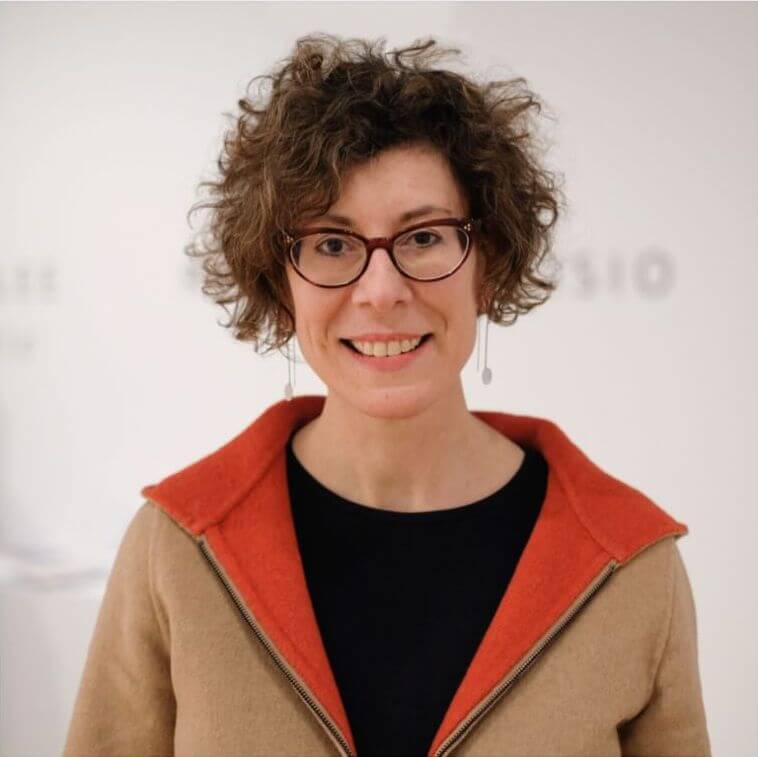
Stephanie Rothenberg works in both traditional media and digital formats to make visible the inequitable systems and infrastructures of techno utopias. Moving between real and virtual spaces her artworks focus on themes concerning emerging economies and their underlying sociopolitical impact. Earlier projects explored the rise of digital currencies and their effect on global labor. More recently she has been researching the politics of conservation initiatives and sustainability myths around new blue economies such as aquaculture. She is also currently developing a collaborative artwork on the impact of anthropogenic sound as an environmental detriment on marine life. Her artworks engage a variety of platforms that include interactive installation, drawing, sculpture, video, sound and performance.
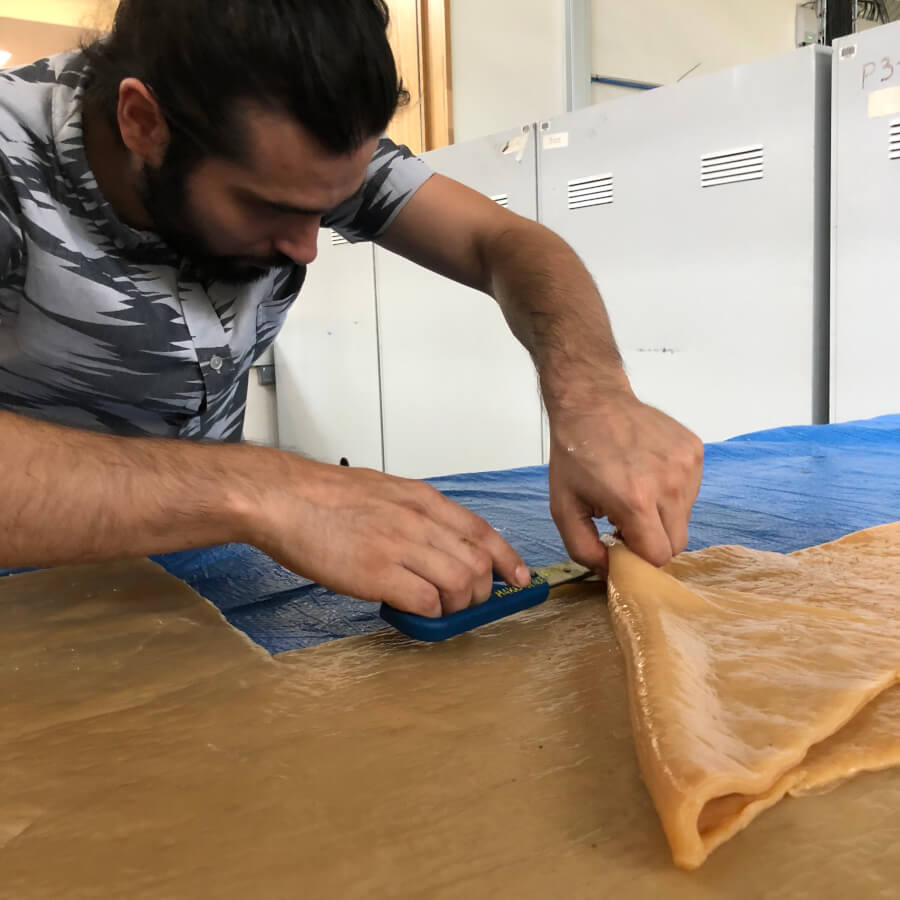
Vivien Roussel is a PhD student in design at the Institut for Future Technology (ESILV, Paris), in partnership with Nîmes University, where her research bridges the fields of biology (CHROME lab) and design (Projekt lab).
Her work explores new paradigms of fabrication through living materials, combining bioengineering, human–machine interfaces, and speculative design. With a background rooted in the maker movement and fablabs, he investigates how collective and individual practices of making can respond to ecological limitations and open up alternative modes of co-creating with the living.
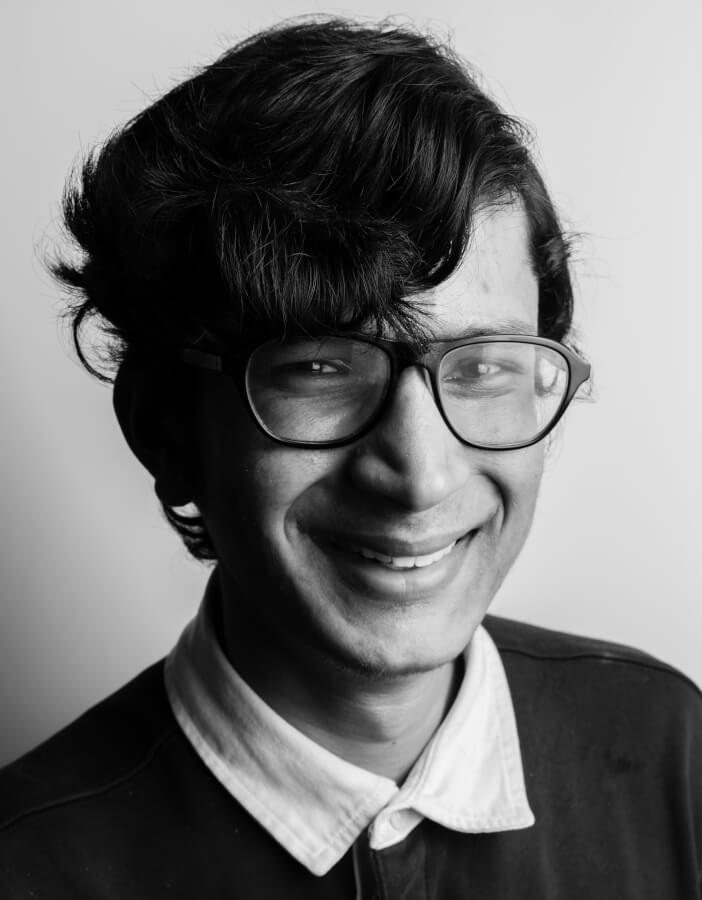
Anshul Roy (b. 1997, India) is a visual artist and educator with an MFA in Art Photography from Syracuse University in New York. In 2020, he received a B.Tech in Bioengineering from the Indian Institute of Technology in Kanpur, where he became interested in the intersection of STEM and Arts and how these diverse knowledge systems could merge. Roy’s current artistic practice is inspired by Postcolonial discourses, exploring issues like identity, historical memory, cultural representation, and visual ethics. He is interested in probing how British colonizers employed photography in India for “othering” and visual propaganda, and how these ethnographic photos exist in our contemporary institutional archives. Through appropriation techniques, Roy recontextualizes such historical photographs to question and challenge their enduring impact on collective consciousness.
His work has been exhibited in prestigious venues like ACM SIGGRAPH, where he received the “Best in Show” award in 2024 for his project Rage Against the Archive. Roy has also shown his work at places such as the Art Gallery of Peterborough (Ontario, Canada), IEEE VIS Arts Program (St. Pete Beach, FL), :iidrr Gallery (Manhattan, NY), Light Work (Syracuse, NY), The Photographers’ Gallery (London, UK), Society for Photographic Education’s Media Festival (St. Louis, MO) and Society for Visual Anthropology’s Film and Media Festival (Tampa, FL). In 2024, he was a student at the School for Poetic Computation and an Artist-in-Residence at the ESRC-funded Digital Good Network, where he further refined his new media art practice.
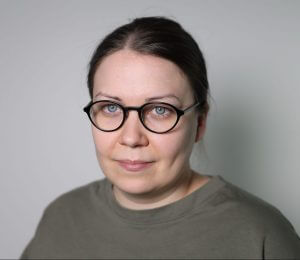
Leena Saarinen (b. 1988) is a visual artist based in Helsinki, Finland. Her practice is multidisciplinary and research based. She works with questions of posthumanism in the age of climate change and mass extinctions. In her work she studies culture, language and the relationship between human and non-human species. Her works have been exhibited in galleries, museums and public spaces in Finland and internationally. She is currently doing her master’s degree in the Academy of Fine Arts in University of the Arts Helsinki in the sculpture department.
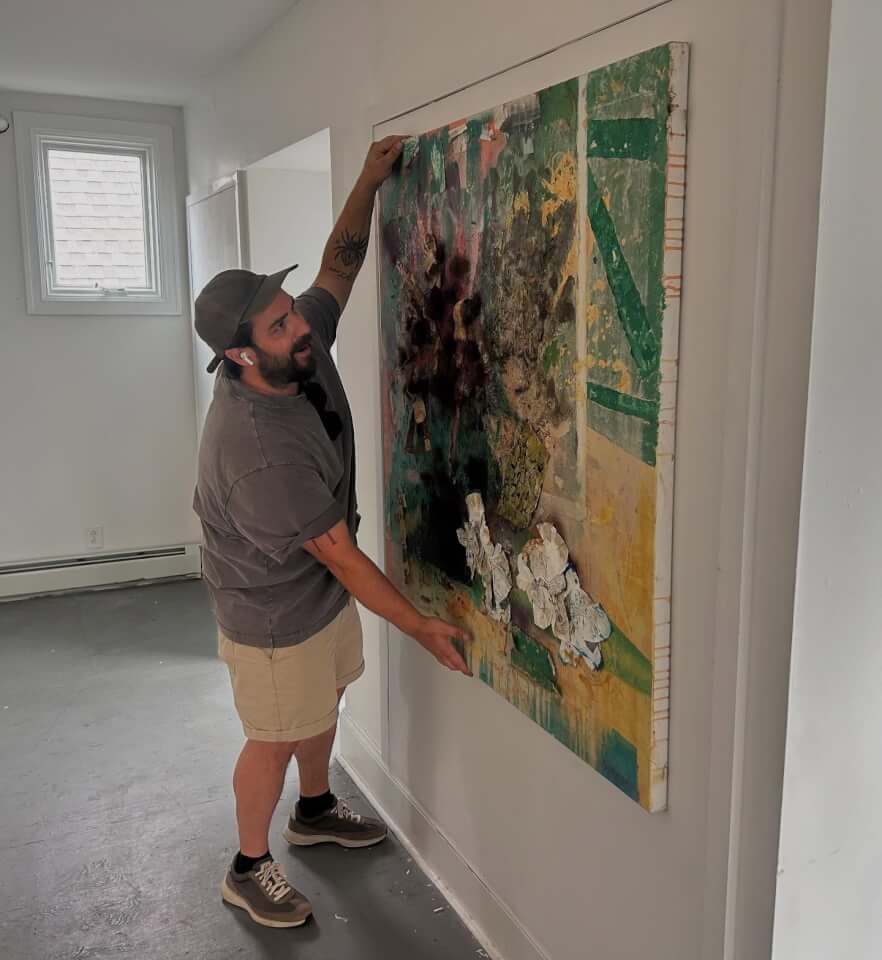
John Santomieri is a PhD student in the Integrated Electronic Arts program at Rensselaer Polytechnic Institute, New York, where his research-led practice bridges horticulture, landscape design, and BioArt. With an MFA in Emerging Practices from the University at Buffalo and a BA in Urban and Public Policy Studies, his work aligns critical theory, landscape technologies, and vegetal agency to reimagine relationships with the living environment.
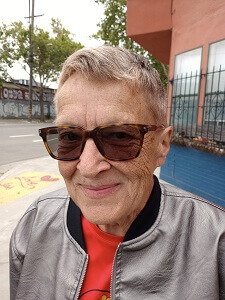
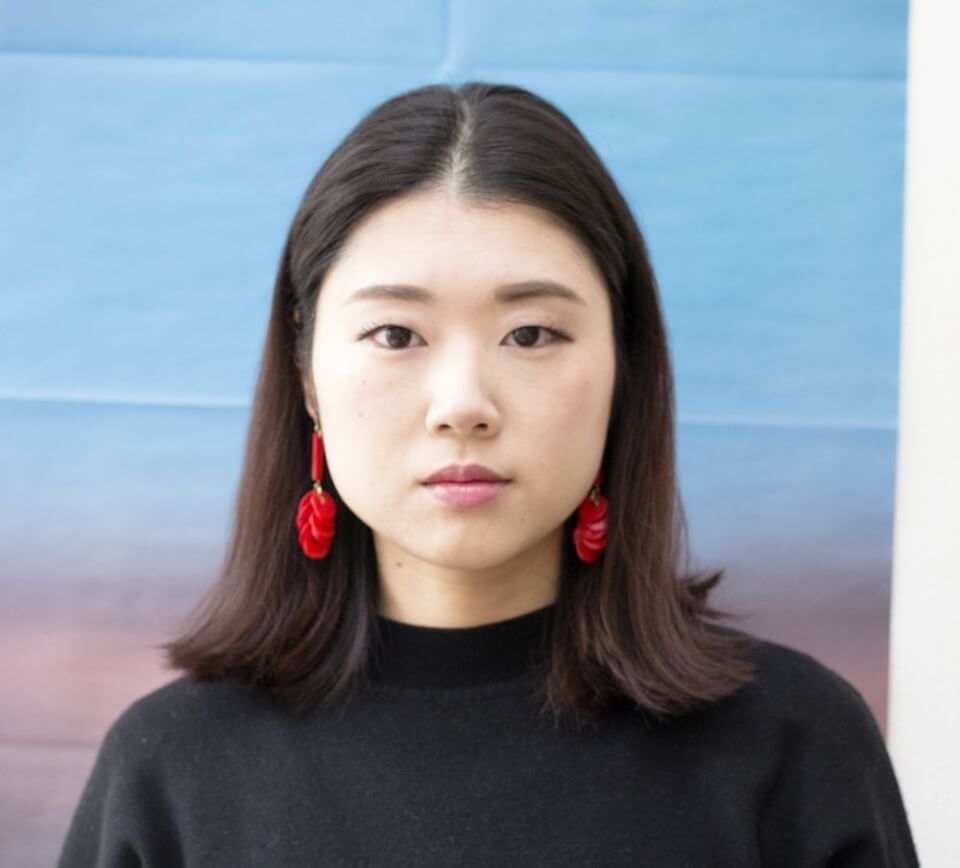
Hana Sawada produces work utilizing various media, including film.
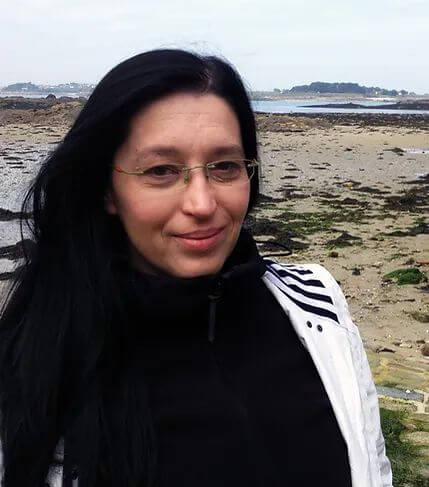
Robertina Šebjanič is an artist whose work explores the biological, chemical, (geo)political and cultural realities of aquatic environments and the impact of humanity on other organisms. Her projects call for the development of empathetic strategies aimed at recognising the other (non-human) entities. In her analysis of the Anthropocene and its theoretical framework, the artist uses the terms “aquatocene” and “aquaforming” to refer to the human impact on marine environments. She exhibited / performed at solo and group exhibitions as well as in galleries and festivals worldwide. Her works received awards and nominations at Prix Ars Electronica, Starts Prize, Falling Walls, Re:Humansm 2023. Her art work Aurelia 1+Hz / proto viva generator (artist proof) is since 2019 part of the NewArt { collection;}. _ Electronic Art Collection, Spain. https://robertina.net/
(SI)
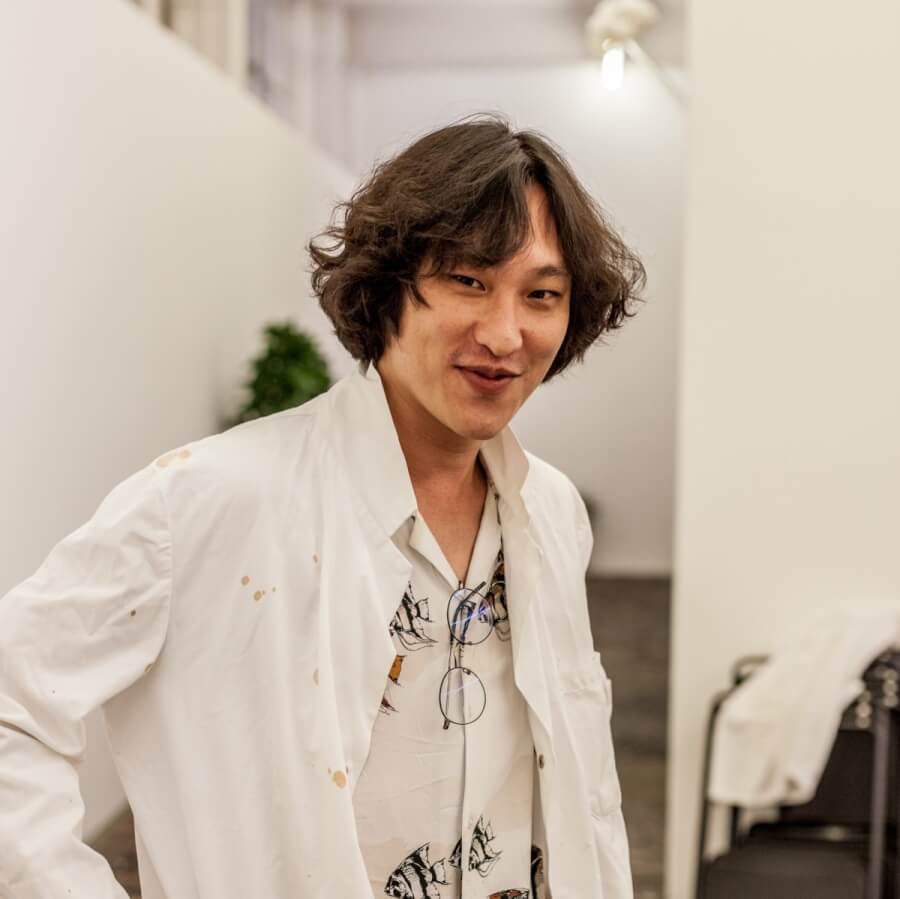
Shih initiated the "Tribal Against Machine" project in Taiwan, which bridges traditional textile craftsmanship with the international e-textile community. He is actively involved in and facilitates international collaborations within independent art networks, establishing unconventional interdisciplinary connections. He organized the international online residency "Having Friends in The Future" for the National Taiwan Craftsmenship Research and Development Institute in 2020/2021. Additionally, his research project, Non-Governmental Matters, explores and investigates independent interdisciplinary art camps and gatherings, examining the positive impacts of such international and cross-disciplinary exchanges.
His personal project "Laser Dye Project" was awarded the grand prize at Reshape 2019 in Barcelona and featured in deTour 2019 in Hong Kong. His electronic textile piece, "I Am Very Happy I Hope You Are Too," was exhibited at the Taipei Digital Art Festival and the "Hello World" exhibition at the University of Sydney. In 2023, his work "The Mind of A Greenhouse" was showcased at "The Energy Giveaway at the Humuspunk Library" in Zurich, an exhibition jointly organized by Hackteria and Regenerative Energy Communities.
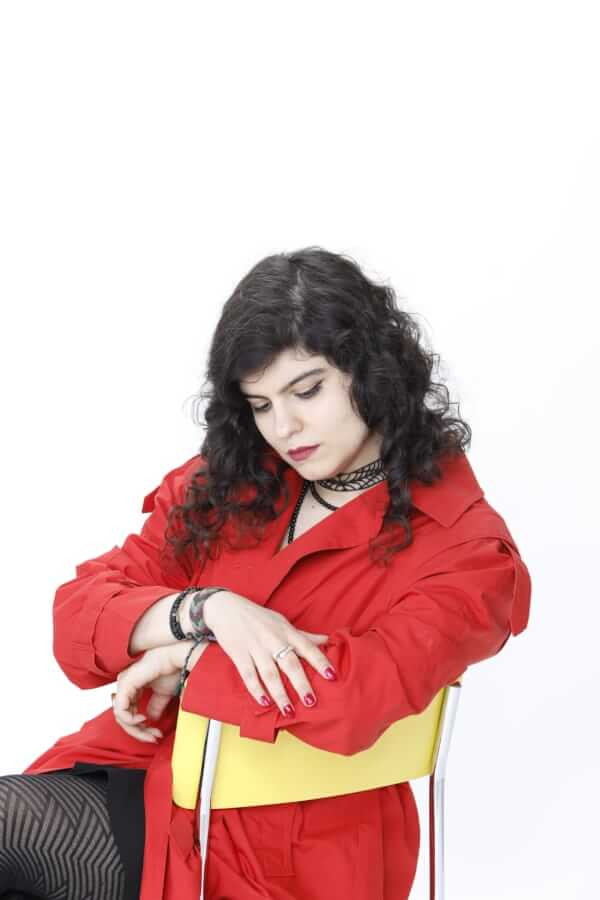
Mehrta Shirzadian is a performer, multimedia artist, and artistic researcher. She conducted doctoral-level research in molecular biology and holds degrees in computer science and mathematical modeling. Currently studying Art & Science at the University of Applied Arts Vienna, she works with time-based media such as video installation, animation, and performance. Drawing on her scientific background, her artistic practice explores personal, interpersonal, and non-human relationships, as well as the visibility of the invisible. Engaging with themes of bodily autonomy, microbial life, and trans-corporeal perception, her work often investigates the boundaries of knowledge, identity, and materiality in intimate and speculative ways.
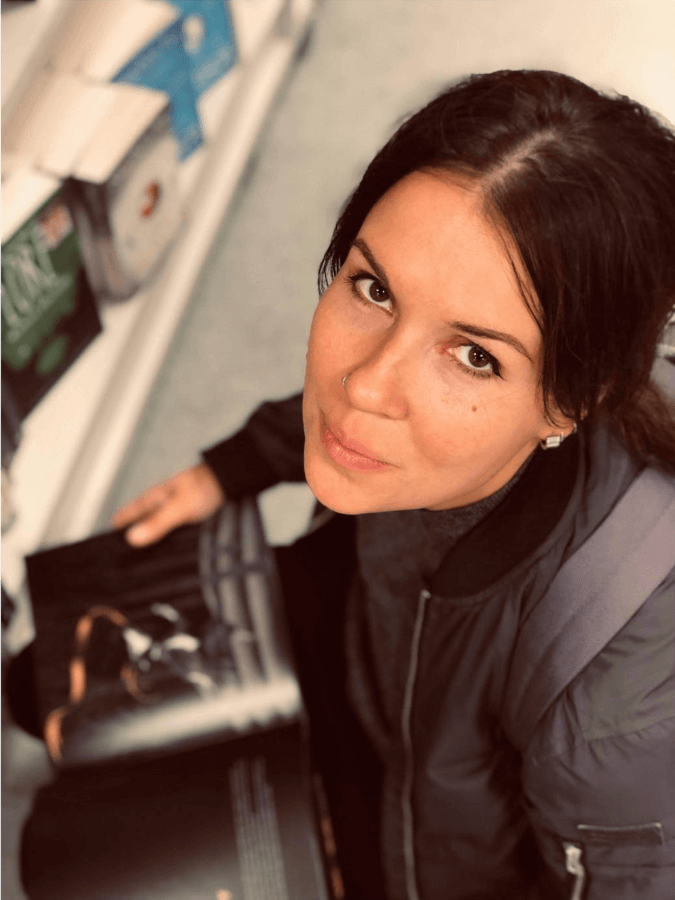
Liza Shkirando (Swe/Rus, b.1986) a painter, a visual artist and an interaction designer based in Malmö, Sweden.
I primarily work in oil painting, using traditional media innovatively through transgressive experiments and conceptual projects. For me, painting transcends aesthetics; it serves as a means to research, conceptualize, and communicate complex ideas. Through video, I foster a direct and unfiltered conversation with the audience.
My art draws from my lived experiences, exploring identity, paradox, and binaries while navigating diverse cultures, political views, sexualities, and genders. The transgressive, the queer, and the anarchist embody a moving utopian horizon, while mourning the lost culture I grew up in. Through my practice, I challenge the norms, pushing the boundaries of taste and symbolism. My work exposes raw emotions, expressed through the body as a vessel, a prison, and medium. My body is central to my art—serving as a reference in my oil paintings and as a canvas for video and performance.
I have exhibited throughout Europe and Canada, including Kunsthal Aarhus (Aarhus, Denmark), FRANK Gallery (Malmö, Sweden) and Duplex Gallery (Lisbon, Portugal). Currently I am focused on the topics of identity and censorship, researching them through the prism of transgressive art. I’ve been a guest lecturer at Linnaeus University (Växjö, Sweden) and Malmö University (Malmö, Sweden) speaking about my artistic practice and research. I am involved with the art-based research group led by Professor Susan Kozel at Malmö University.
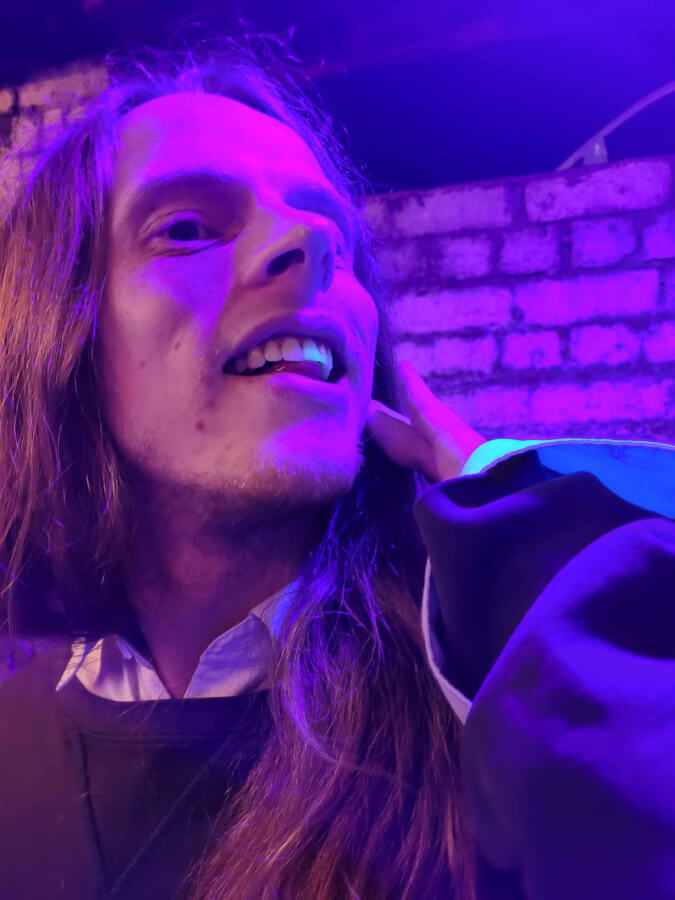
Proud owner of the world's smallest penis (nanobot), Callum J Siegmund is a bio/nano artist who uses DNA nanotechnology to create DNA Nanosculptures, double helices interwoven into imperceptible 3D objects whose form and sequence are embued with poetics. Having developed this practice during an extended SymbioticA residency (June 2020-Dec 2022), Callum's highly technical works explore the materiality of the immaterial, the absurdity of biotechnology, bioweapons, and the epistemological struggles of everyday life.
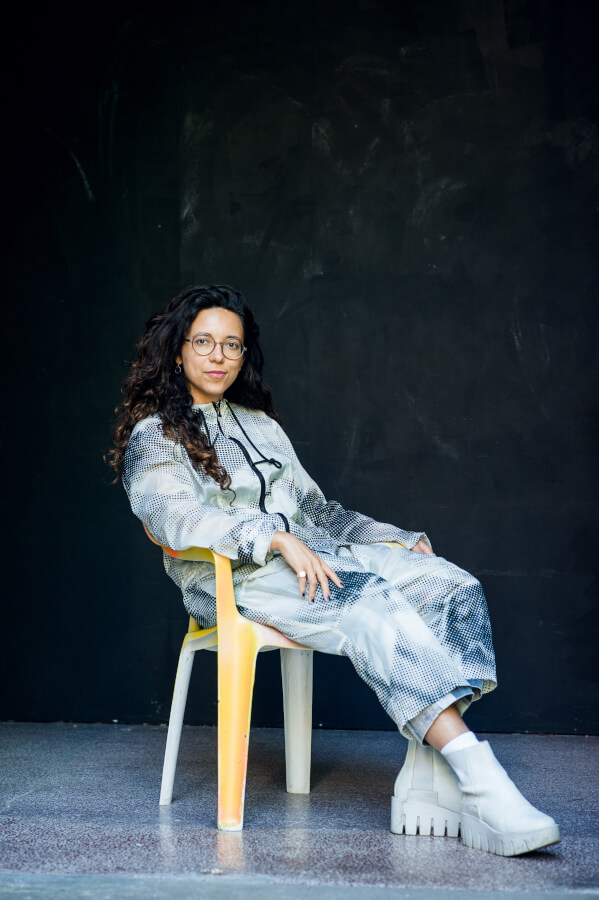
The artist duo sikau/pubalova was founded in 2020, exploring the intersection of media arts, speculative research and experimental sound theater. They have been commissioned by Ars Electronica Festival, Science Gallery Bangalore, Climate Week NYC, European Commission, S+T+ARTS, LABoral, IMPAKT, Transmediale, Ensemble Modern and Ligeti Center.
As artist-researcher, Dr. Lea Luka Sikau (she/her) situates herself at the intersection of sound, music theater and media art. As the Curator for Music and Sound Art at the ZKM Hertzlab, Dr. Lea Luka Sikau (she/her) shapes the sonic profile of artistic research and programming, responsible for the artist residency programs and the performance series at KUBUS. Having received a doctoral degree from the University of Cambridge for her research on posthumanism, rehearsal ethnography and new opera, she became a Fellow at Harvard University’s Mellon School for Performance Research and was awarded with the Bavarian Cultural Award for her research at MIT’s Center for Art, Science and Technology. She has worked with Romeo Castellucci, Marina Abramović and Rimini Protokoll.
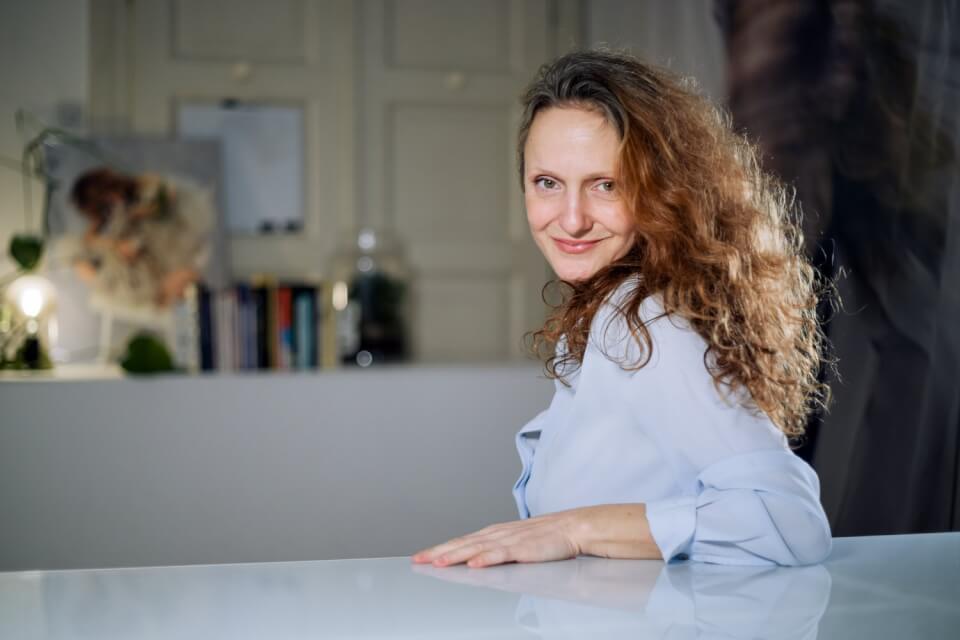
Maja Smrekar’s work explores themes of belonging, becoming, family and home, challenging socially and politically fixed identities and notions of order. She engages with ecofeminism, interspecies relationships, and the impact of technology-driven ideologies. Her interdisciplinary practice spans performances, installations, site-specific art, videos, workshops, lectures, and texts. Her work has been presented at various institutions, including MAXXI - National Museum of 21st Century Art in Rome (Italy), Kunsthalle Vienna (Austria), ZKM Karlsruhe (Germany), Het Nieuwe Instituut (Rotterdam, The Netherlands), BOZAR - Centre for Fine Arts Brussels (Belgium), the National Museum of Contemporary Art in Riga (Latvia), Museum of Contemporary Art Ljubljana (MG+MSUM, Slovenia), Museum of Contemporary Art Montenegro, Museum Reina Sofía (Madrid, Spain), National Museum for Contemporary Art Zagreb (Croatia), Center for Contemporary Art Laznia (Gdansk, Poland), Färgfabriken Stockholm (Sweden) among others. Smrekar has been an artistic associate of the following art production platforms: A/POLITICAL (UK), Kapelica Gallery (Slovenia), Quo Artis Foundation (Spain/Italy), The Culture Yard (Denmark). She is an Associate Professor of Sculpture and Contemporary Artistic Practices at the Academy of Fine Arts and Design, University of Ljubljana, Slovenia.
https://www.majasmrekar.org/
Photo: Hana Jošić
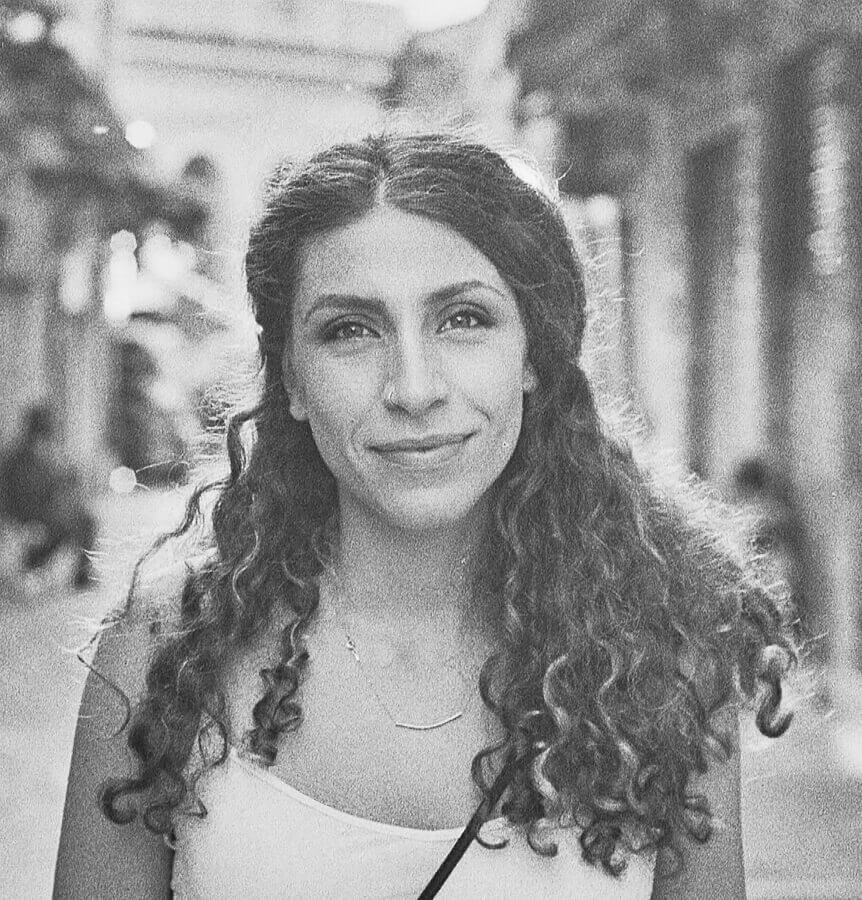
Stella Sofokleous holds a PhD from the Department of History and Philosophy of Science at the National and Kapodistrian University of Athens (NKUA), supervised by Associate Professor Eleni Gemtou. Her research focuses on the history and philosophy of digital art. After completing an MA in History of Art at the University of Edinburgh, she worked at the National Gallery of Scotland. She received scholarships for both her MA and PhD studies from the A.G. Leventis Foundation. Her work has been published in conference proceedings and scientific journals (DRHA2020, RISE IMET 2021, ISEA 2022, Automaton). In 2022, she translated 19 texts into Greek for the volume Digital Technologies & Arts, edited by Assistant Professor Vassiliki Lalioti (NKUA). In 2023, she joined the network of the TECHNO-LOGIA project (ASFA & Dept. of PHS).
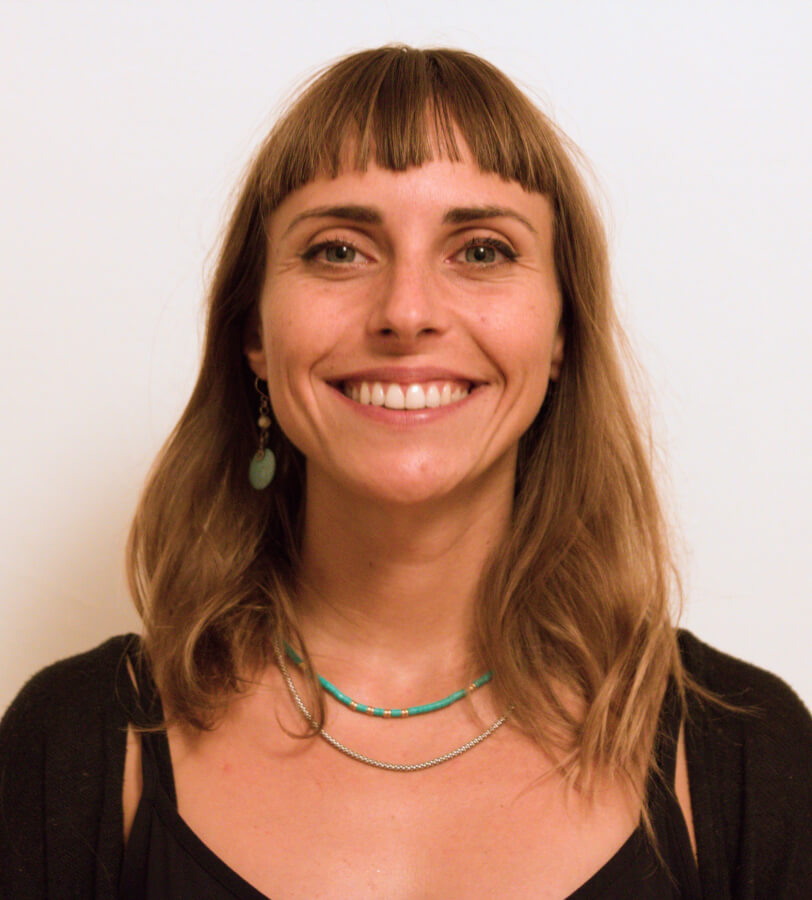
Laura Sordini is a fourth-year PhD student in Bioengineering – Cell Therapies and Regenerative Medicine, at Instituto Superior Tecnico, Lisbon, Portugal. Her work always focused on the regeneration of the human nervous tissue, through the use of biomaterials, smart conductive polymers, 3D-bioprinting technique, and electrical stimuli. In particular, her PhD is focused on the delivery of electrical signals in a wireless mode, without the use of invasive electrodes, for the stimulation and differentiation of stem cells into neural tissue.
Nowadays, her academic research has been "contaminated" by artistic practices, biohacking tools, transhackfeminism, and withcraft. After completing a course in Neuroscience and Art, she transitioned from regenerative medicine to regenerative cultures, regenerative design, regenerative thinking.
She is currently involved in a transfeminist collective working at the intersection between education and artistic practice, to challenge the sexist, patriarcal, colonialist and racist root of gynecology.
The collaboration between the tattoo artist and friend Isadora Regis resulted in a fusion of millennia-old body art modification practice, tattooing, with cutting-edge technology from the bioengineering field, aiming to expand the worlwide access to pleasure as a human right.
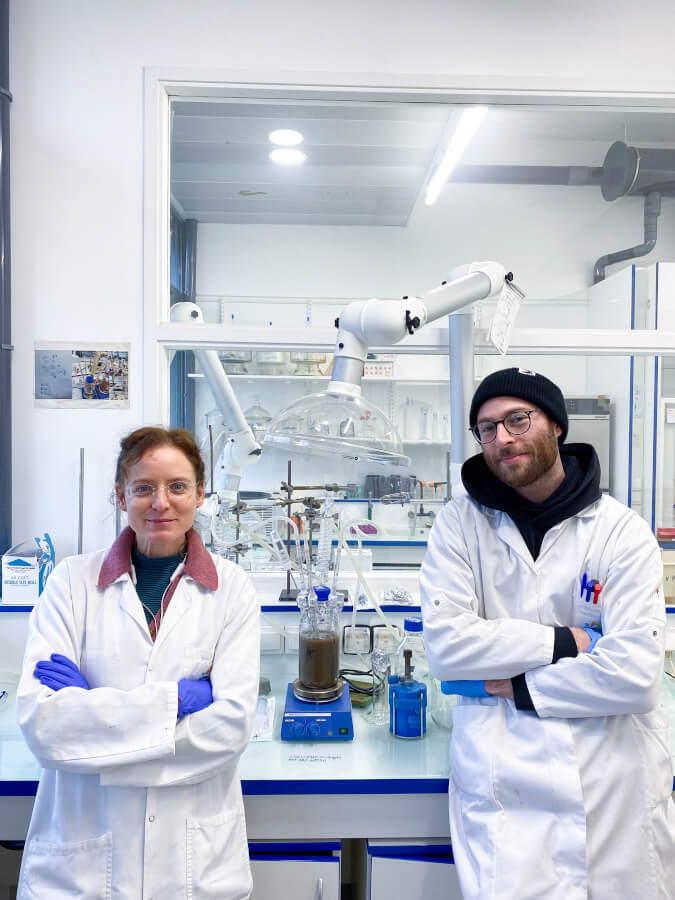
Anna Steward is a transdisciplinary multimedia artist. Her practice combines performance, installation, and scientific collaboration, with a focus on microbiology, neurology, and a growing passion for astrobiology. She trained at Arts Educational Schools London in 2000 and initially worked as an actor before shifting to Live Art in 2007. Anna graduated with honours from the Academy of Fine Arts Nuremberg in 2023, where she now lectures. Supported by a scholarship from the Bavarian State Ministry of Science and the Arts, she collaborated with the German Archaea Centre at the University of Regensburg, Germany, where she remains a visiting artist. Her 2024/2025 Arts-Science Residency at the Center for Molecular Biophysics (CBM)–CNRS Orléans and École Supérieure d'Art et de Design Orléans, hosted by LE STUDIUM Loire Valley Institute for Advanced Studies (France), sparked an ongoing partnership with CBM’s Exobiology and Synthetic Protein and Bioorthogonal Chemistry teams. Together, they explore microbes, meteorites, and molecules.
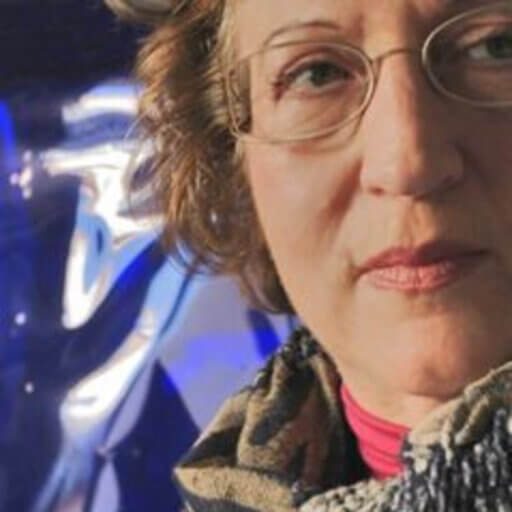
Marianne Strapatsakis (b. Athens, 1947) received her first degree from the Athens College of Technology in Interior Architecture. She continued her studies in Paris, with a five-year grand from the Academy of Athens, where she graduated with degrees from the École Nationale Supérieure des Beaux-Arts (diploma in painting and a certificate in sketch). She also received a certificate in History of Art from the Ecole du Louvre and a diploma in Plastic Arts from the University of Sorbonne, Paris I. Since 1980, she has been a pioneer in video art in Greece, with emphasis on video installations in which she incorporates painting, sculpture and video. From 2004 she was inspirer, founding member, professor and president of the Department of Audio and Visual Arts of the Ionian University, Greece. In 2005, she was appointed as visiting professor at the Athens School of Fine Arts. She continues her work by focusing on the possibilities of coexistence of moving images, sound and digital art, on the dialogue between contemporary digital art and civilisations of the past and on the presentation of large size digital works in public spaces (projections mapping). She has presented 44 solo shows in Greece, France, England, Germany, Italy, Chile, Turkey, and has participated in 77 group exhibitions in Greece, France, England, Germany, Spain, the Netherlands, China among of which is the exhibition The Tides of the Century at the Ocean Flower Island Museum in China, with Greece as an honoured country 2021. Works of her are located in Greece: at the Ministry of Culture, at the National Art Gallery, at the National Museum of Contemporary Art, at the Museum of Modern Art of Elizas and Vasilis Goulandris, at the Municipal Gallery of Rhodes, at the Center of Modern Art of Rethymno, at the Municipality of Rhodes, at the Museum of Contemporary Art of Crete, at the Macedonian Museum of Modern Art, at the Museum of Byzantium Culture of Thessaloniki, at the Viannou Art Gallery in Crete, at the Syros Art Gallery, at the Municipal Art Gallery of Chania, at the collection of Harry Antoniou, at the collection of Perikli Sahini, at the collection K.Fix in Austria, at the collection of T. Karavia in New York and at others collections in Greece, France, Germany, Switzerland, Egypt and the United States. She lives and works in Greece.
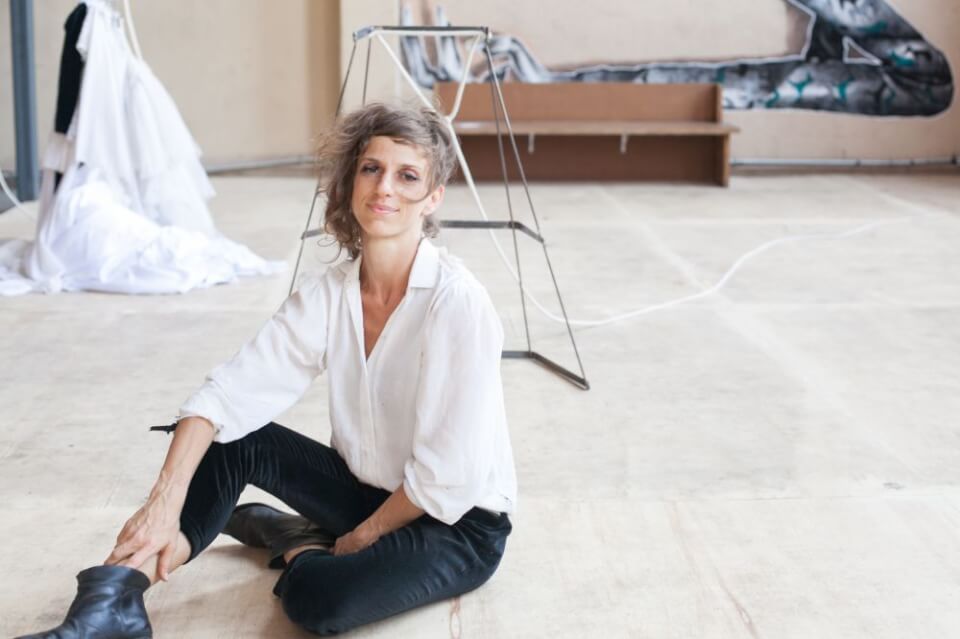
Carolina Sudati a.k.a. Translúcida Bruta is a Brazilian dance and performance artist who investigates the relationship between body and wearable devices, interested in converting psycho-emotional limitations into expansions of movement. The successive creation of feminine becomings is present in their projects in which ruptures and reconnections with rhythm and the natural environment are constantly investigated at the intersection of territory.prosthesis.body. Together with associated artists—particularly visual artist and designer Leo Ceolin, multi-instrumentalist Jose Bárrickelo, and photographer Mayra Azzi—she creates performance-installations, video-performances, and wearable devices in different contexts and supports. She increasingly dedicates herself to the study of dark ecologies that emerge from vegetal hacking processes and material manifestations linked to mining, neo-extractivism, and post-industrialism, as well as to artistic investigation through specific parameters that include trance practices and consciousness expansion. She shares her processes through laboratories that stem from the subtle field of collectives and communities, converted into raw wearable manufacturing, generating dances and performative actions. Since the end of 2019, she has intensified creation in direct relationship with territory and local communities, establishing a transit between the rural zone and the urban space of the megalopolis São Paulo. Since 2023, she has been connected to the South American platform Observatorio de la Agonía, alongside Luis Carvalán, Mecha Mio, and Cristian Espinosa, with whom she has maintained a continuous exchange since 2017 through the project Corredor Electromagnético Paulista.
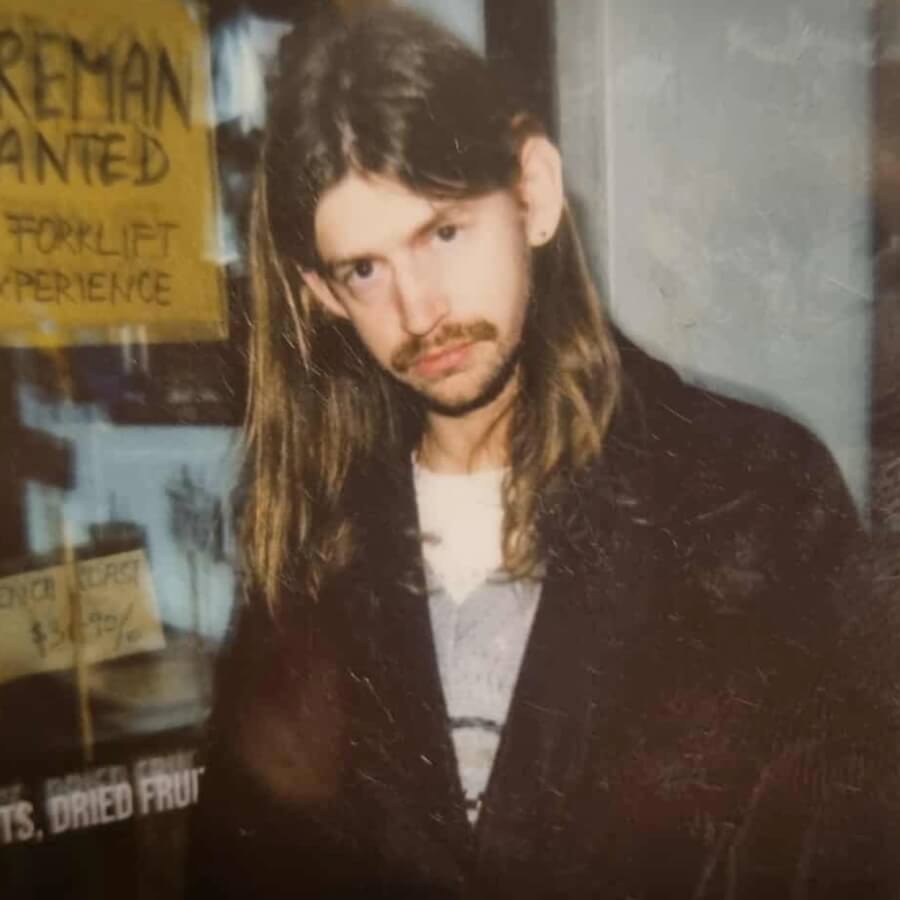
Paul Sutherland is a PhD researcher and casual academic at the School of Media, Creative Arts, and Social Inquiry at Curtin University. Paul has taught units in photography and media art, emphasising post-photographic, digitally native, and experimental approaches to art practice and visual culture. Additionally, Paul has lectured in extremism studies, specialising in media ecosystems and the aesthetics of extremism. Paul has presented at numerous conferences around Australia, delivered a public lecture titled AI Slop: Post-Truth Digital Subjectivity, published writing in Do Not Research, and will chair a panel at AAANZ 2025 later this year. Paul's PhD research investigates the aesthetic and ideological vectors of the post-truth era, with specific interests in radical online political spaces and the emergent art movement known as 'internet cinema.' His broader theoretical interests include phenomenology, affect theory, and media theory.
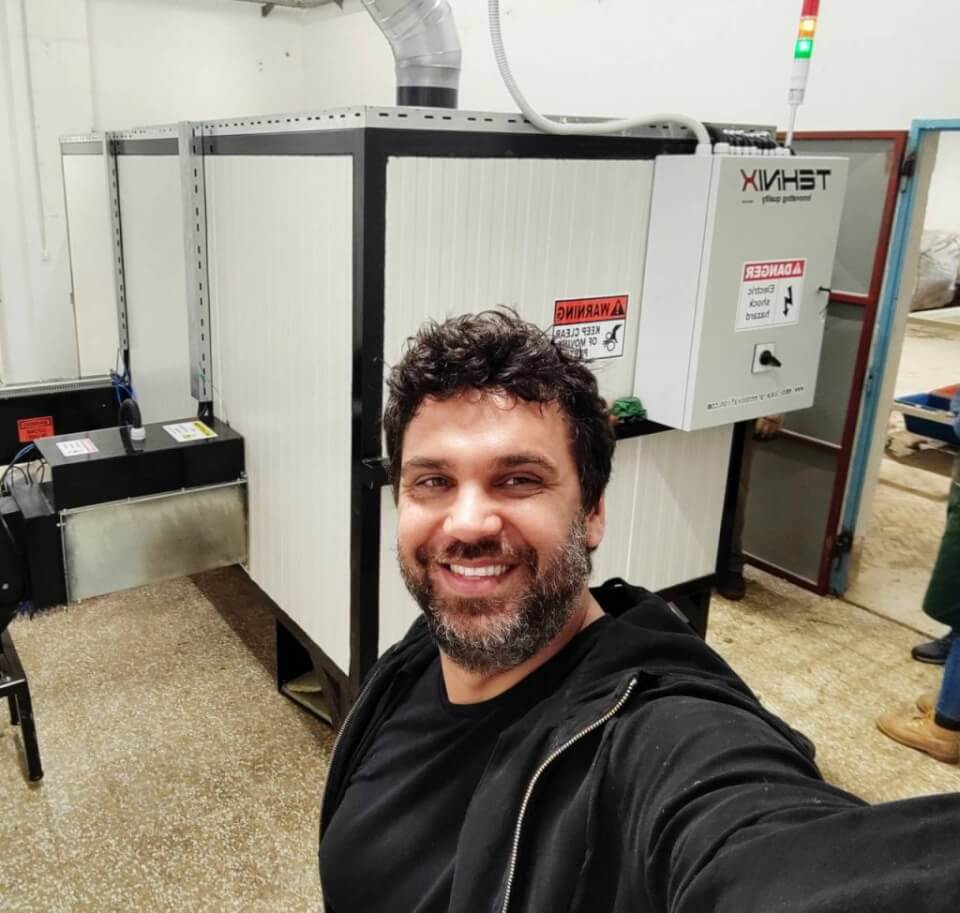
Gjino Šutić is a biotechnologist, medicinal chemist, postmodern new media artist, biohacker, innovator, and educator. He is the founder and director of the Universal Research Institute (UR Institute, HR) since 2013, and the founder and director of the company Gen0 Industries d.o.o. – for the development and production of innovative technologies since 2014. He is also the president of the Association of Innovators of Dubrovnik-Neretva County, Croatia since 2020. Šutić works as a multidisciplinary researcher and producer of projects in the fields of experimental biotechnology, hybrid and biological art, electronics, biological and chemical engineering, often promoting DIY innovative practices. Recent achievements include the production of the EU projects Dubrovnik Postmodern (VR culture and art), STARTS4Water (art and new technologies in water conservation), and a gold medal at the ARCA 2022 innovation fair for a synthetic molecule with potential pharmaceutical use developed in silico using chemoinformatic and VR tools.
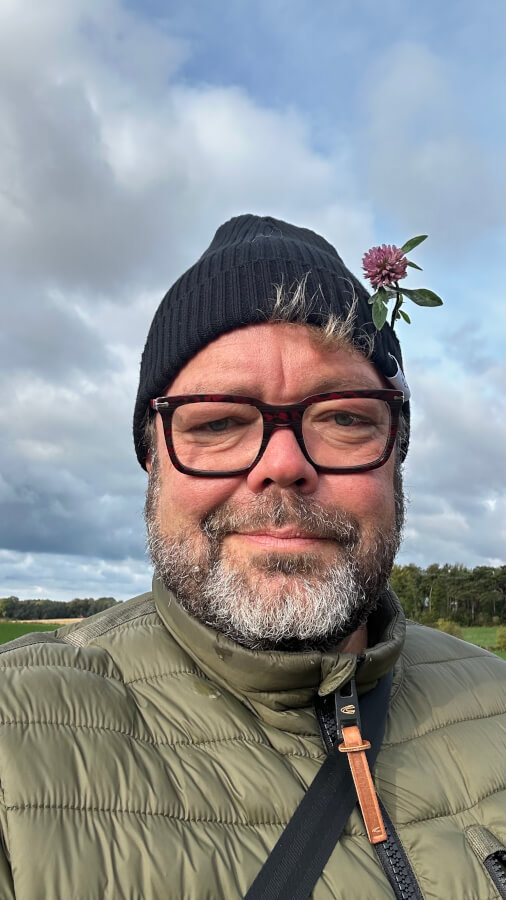
I am a researcher and internationally acclaimed Media Art Curator at Aalborg University, Denmark. On top of my own sound/design practice, I am presently engaged with sound curation at the Momentum Festival in Norway.
I am Co-founder of conference series, including POM – Politics of the Machines conference series (with Laura Beloff) (since 2017) and RE:SOUND MAH2019 in Aalborg 19-23 August 2019.
I have published and curated several international exhibitions since 1994, including Kiasma, ZKM, Rupertinum, Ars Electronica, Eyebeam NY, Utzon Center Aalborg, Kunsthal Aarhus, and Museum of Contemporary art in Roskilde.
I generally work with media and sound in transdisciplinary, constructive, critical and creative maker settings and developing theory and ideas from those settings. I have a background as a professional curator at the Museum of Contemporary Art (Roskilde) with a focus on sound art (via the legacy from Fluxus mostly). And more currently (last 15 years or so), I teach Music, Sound and Media Art and Curating in theory and practice. Recently, my focus seems to have shifted a bit towards two trajectories: 1. sound curation in a new context, post-curating or uncurating of sorts. Bigger venues and festivals. 2. towards a sound practice drawing it seems on my early background as a sound practitioner (and singer) in the 80s and early 90s in transinternational exchange with other sound artists, cross-boundary, with a certain focus on words and sound as social agencies.
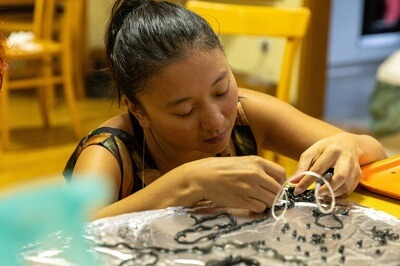
Fransisca Tan is an Austrian food experience designer, blending her expertise in cognitive sciences, communication, gastronomy, and IT. With a deep-rooted passion for exploring and creating transformative human experiences, Fransisca uses the multisensory power of food as her canvas. As an artist, creative producer, and international project manager, she aspires to bring together people from all walks of life and to highlight the value of community, collaboration, and compassion. She creates somatic experiences such as ice cream interventions, sensory grounding, and food meditations. Her second nature as a facilitator is reflected in her strong belief in a community arts approach and in creating opportunities to find inspiration through engaging with art using all our senses.
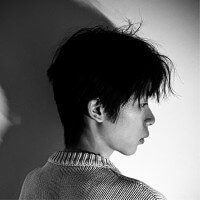
Yukang Tao (b. 2000) is an interdisciplinary artist working across electronic arts, animation, video, and performance. His internationally exhibited works explore gender, power, and society through the lens of technology, blurring the boundaries between the virtual and the real.
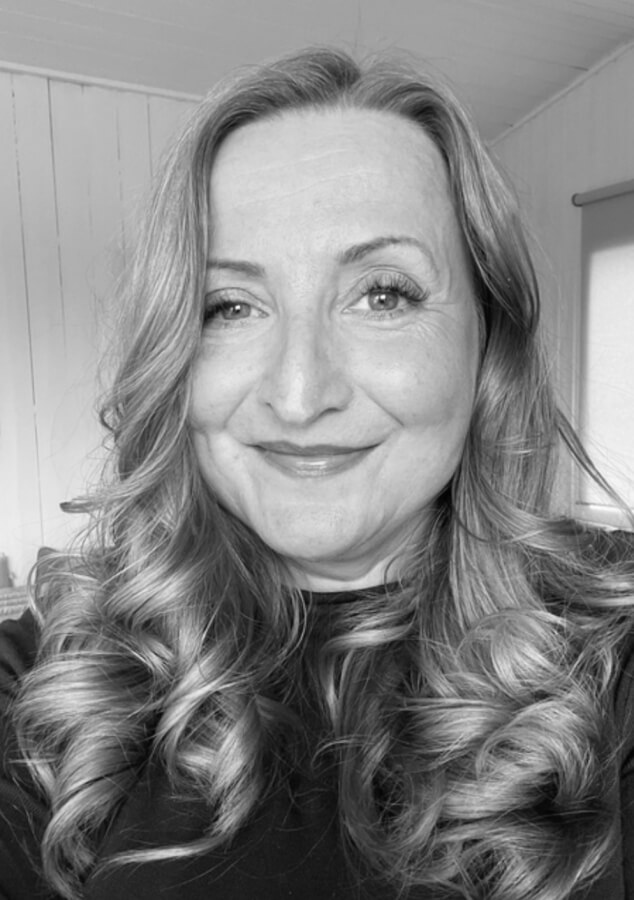
Norwegian artist, curator and researcher operating at the intersection of art, technology, and biological speculation. Her practice explores how humans, machines, and metabolic systems are entangled in processes of control and commodification and care. For over two decades, her provocative, research-driven works have been exhibited internationally, from Ars Electronica to PST ART at Beall Center for Art & Technology.
Tapio is the founder and director of i/o/lab – Center for Future Art, where she curated the Article Biennale (2006–2016), a platform for unstable art and critical, speculative engagements with emerging technologies. Recent curatorial work includes the exhibition Caring Futures, an inquiry to technology-mediated care and its societal implications. She has played a pivotal role in shaping the bioart discourse in Norway, cultivating a critical and process-oriented perspective. She spearheaded Norway’s first Bioart Masterclass in collaboration with SymbioticA in 2008, and contributed to the early development of the Norwegian Bioart Arena (NOBA).
Tapio is currently an associate artist for the Metabolic Art Gathering Program at Medical Museion in Copenhagen, and a contributing researcher with the Futures of Living Technologies (FeLT) project, including PhD research in Innovation for Sustainability (PINS) program at Oslo Metropolitan University. From making her own biofuel to speculative emotion prosthetics – Tapio advocates for artistic practice and research to challenge dominant paradigms and to push the boundaries of art and science.
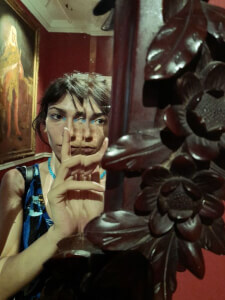
Kelly is an interdisciplinary artist, with a first degree in Philosophy, Education, and Psychology. Currently studying at the Athens School of Fine Arts, her practice spans painting, AI animation, performance, dance, and visual poetry. With a keen interest in AI, she explores its theory and practice.
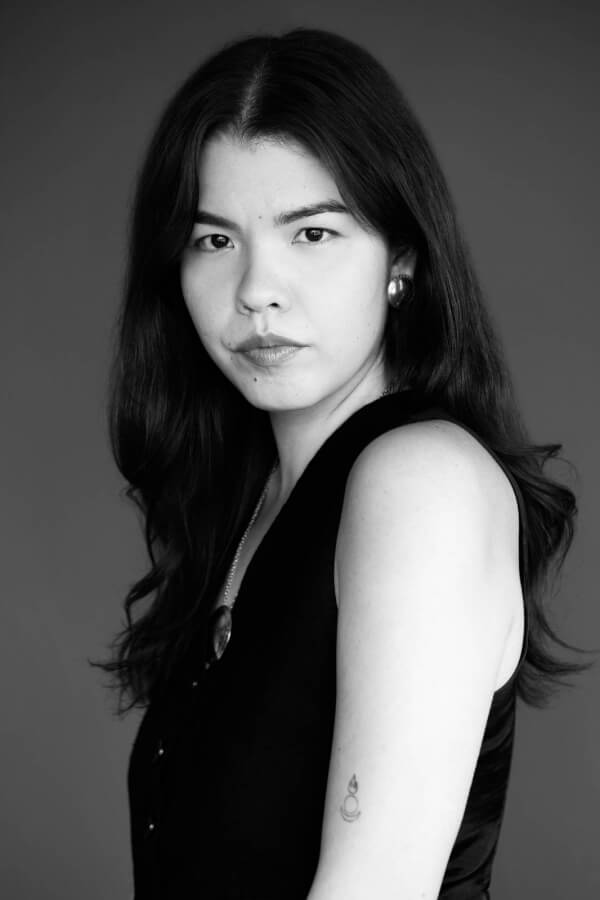
Daria Testo is a Buryad-Mongolian (Khori Buryad) Indigenous curator and storyteller, deeply engaged in amplifying marginalized and more-than-human perspectives through her decolonial lens. Her practice is anchored in the preservation of both tangible and intangible heritage, where Traditional Ecological Knowledge (TEK) and Indigenous Knowledge serve as guidance.

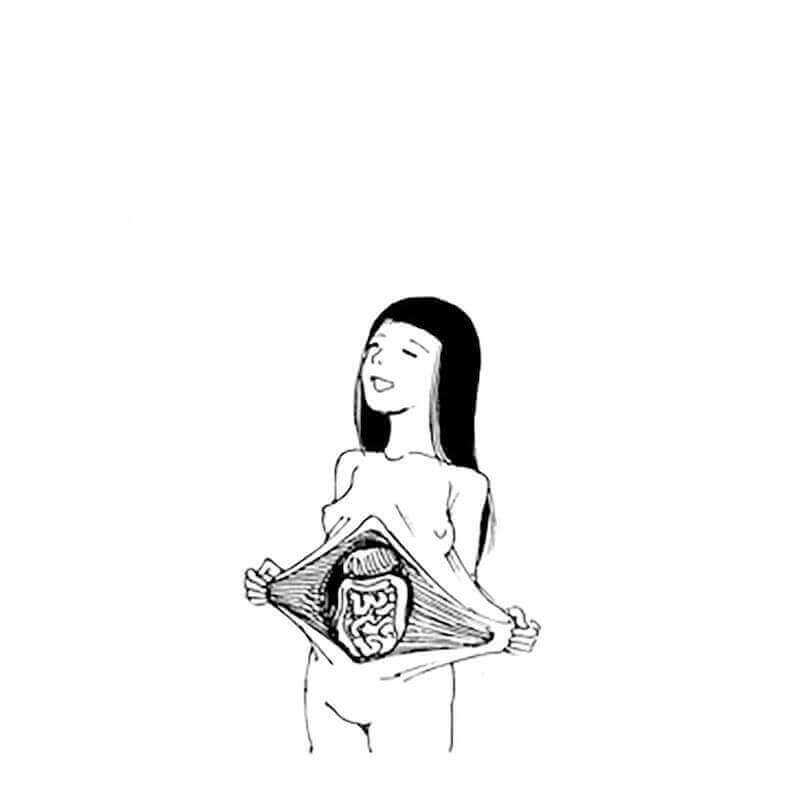
Giulia Tomasello is an interaction designer committed to female’s intimate care and its innovation, combining biohacking and interactive wearables. Founder of ALMA [al-ma.org] where design, science and anthropology are combined to co-create tools for a radical cultural change in female’s bodies.
With Future Flora in 2018 she wins the STARTS Prize, assigned to projects representing “innovative alliances between technology and artistic practices”. Her multidisciplinary work has also received other awards at european and international level such as the World Omosiroi Japanese Award in 2020.
Giulia offers new deeper knowledge of female's wellbeing, developing innovative tools in the intersection
between medical and social sciences. Coded Bodies is her teaching platform designed to learn the basics of soft wearables and the exploration of biological textiles.
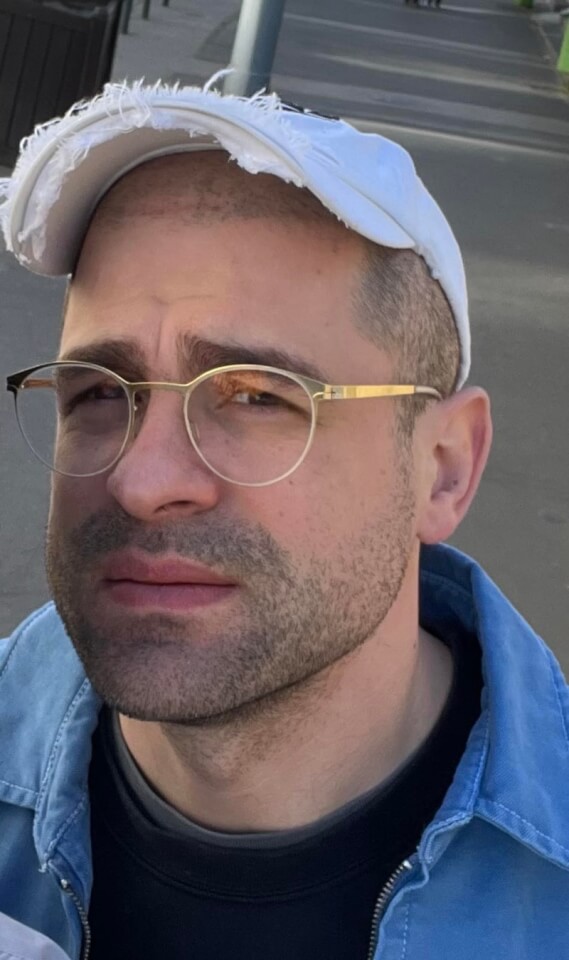
Tóth Márton Emil (b. 1988) is a visual artist. He graduated from the Hungarian University of Fine Arts with an MA in 2012 as a sculptor. He is currently studying at the Doctoral School of the Moholy-Nagy University of Art and Design (MOME). He lives in Budapest and has been working at AQB (Art Quarter Budapest) since 2012. He seeks to expand his object-based creative practice by exploring the possibilities of the theme of entropy. Instagram: https://www.instagram.com/tothmartonemil/
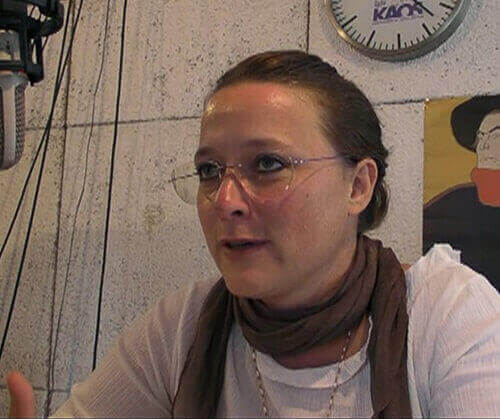
Polona Tratnik, PhD in Philosophy, is senior researcher at the Institute IRRIS for Research, Development, and Strategies of Society, Culture, and Environment, and a full Professor at the Faculty of Arts at the University of Ljubljana. She was a Fulbright Visiting Scholar at the University of California Santa Cruz and guest professor at the same university, as well as at the Capital Normal University in Bejing, China, at Helsinki TAIK, Finland, and at the National Autonomous University of Mexico. She is the president of the Slovenian Society of Aesthetics and an executive committee member of the International Association of Aesthetics. She is also a pioneering biotechnological artist. Her single-author monographs include Art as Capital: The Intersection of Science, Technology and the Arts (Rowman and Littlefield, 2021); Umetnost u savremenosti (Orion, 2018); Conquest of Body: Biopower with Biotechnology (Springer, 2017); Hacer-vivir más allá del cuerpo y del medio (Herder, 2013); In Vitro. Živo onstran telesa in umetnosti (Horizonti, 2009); Konec umetnosti: od Hegla k Dantu—genealogija modernega diskurza (Annales, 2008).
(SI)

Anastasios Tsakaliadis-Sotirakoglou was born in 1995 in Thessaloniki, but is currently based in Athens. He is the owner of a bachelor’s and a master degree from the Department of Art Theory and History at the Athens’ School of Fine Arts. He is currently a Ph.D. Candidate at the Department of Cultural Technology and Communication at the University of the Aegean. His academic interests include aesthetic philosophy, art theory and critique, as well as digital aesthetics. As of today, he has participated in various international conferences, many of which were organised by the Ionian University.
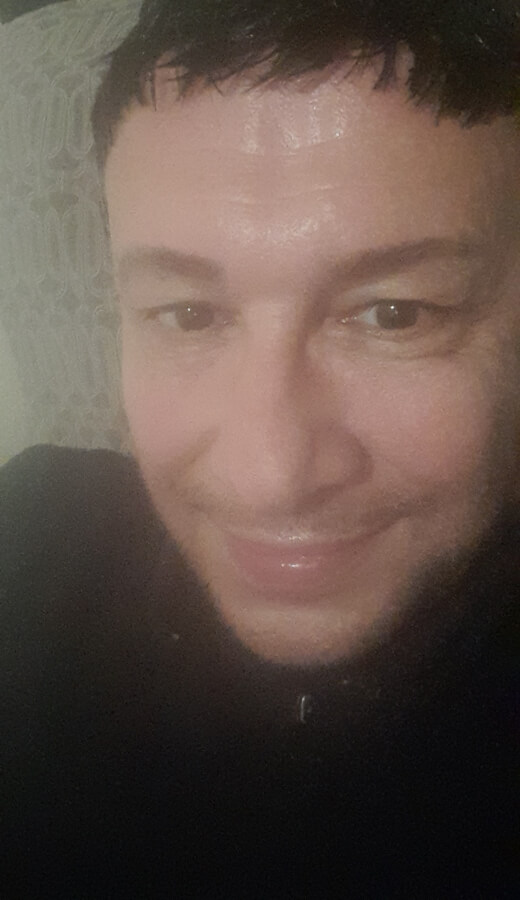
Johannis Tsoumas earned his MA in History of Design from Middlesex University (1993) and a PhD in Art History from the Aristotle University of Thessaloniki (2002). He has published extensively in scientific journals and is the author of four books on design and visual culture, including The History of the Decorative Arts and Architecture in Europe and America (1760–1914), The Emergence of Plastics Culture in Greece (1950–1970), Women in Greek Advertisements in the 1960s, and Japan and the West: Mutual Influences in Applied Arts (1540–1960). He currently teaches at the Department of Interior Architecture at the University of West Attica as an Art and Design Historian and Fine Arts Tutor. His research interests include nineteenth-century design and twentieth-century European visual and material culture.
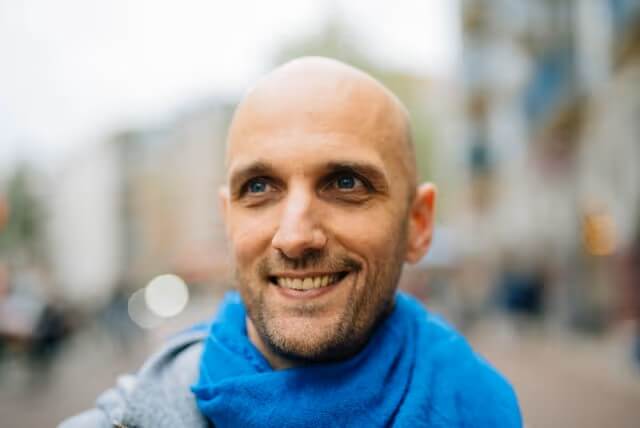
Miha Turšič works at Waag as the Space Lab lead, as well as a concept and project developer. He focuses on international collaboration and initiates projects that explore themes such as art-science, space art and culture, planetarity, biotechnology, digital fabrication, and open-source hardware.
As part of the European S+T+ARTS collaboration, Miha works at the intersection of science, technology, and the arts, specializing in research and methodology of collaborative innovation. He has been involved in several key Waag projects, including OpenNext, which addressed community and concern-driven innovation through open-source hardware, as well as VOJEXT and Better Factory, which fostered collaboration between artists, technologists, and industry. He also serves as the initiator and coordinator of the More-than-Planet European project.
Miha studied Industrial Design at the University of Ljubljana. He is the co-founder of Asobi Design Studio and KSEVT, the Cultural Centre of European Space Technologies. In collaboration with space and cultural organisations, KSEVT has produced cultural programmes on the International Space Station, introduced space architecture to the Venice Biennale, and publicly presented the Voyager instruments for the first time. Miha is also the founder and a member of the Postgravityart group, which created the first-ever theatre production in zero gravity and is working on the 50-year performance project Noordung 1995-2045.
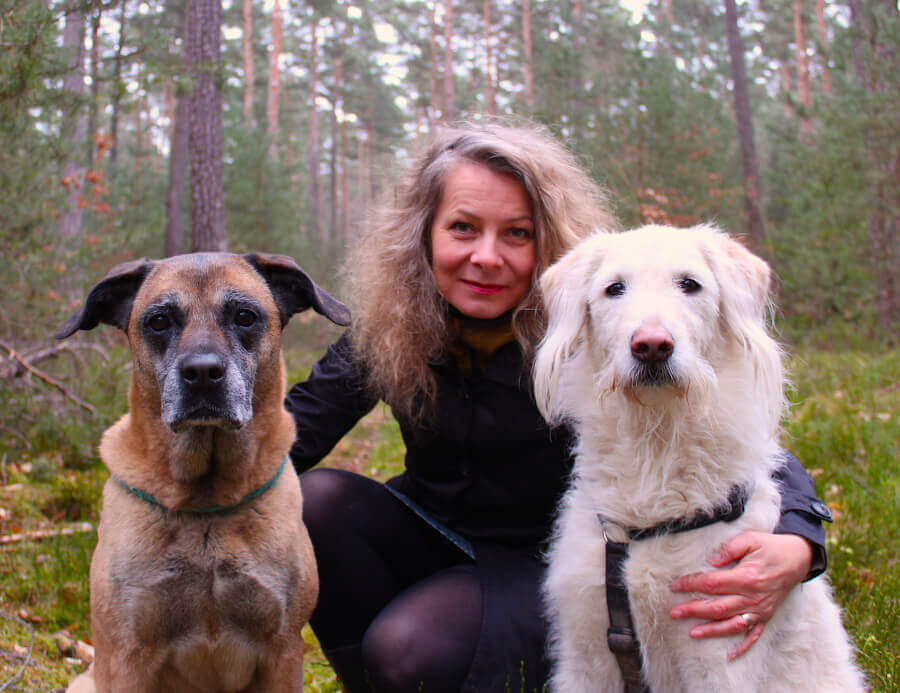
Jessica Ullrich is professor for art history and aesthetics at the University of Fine Arts Muenster. She studied art history, fine arts and German literature in Frankfurt as well as Arts Administration in Berlin. She holds a PhD in art history and has been assistant professor at the University of Arts in Berlin and at the University Nuremberg-Erlangen as well as visiting professor at the University of Fine Arts Muenster and lecturer at the University Frankfurt and Europa University Flensburg. She has been head of the education department at Kunstpalais in Erlangen. She curated art exhibitions and video screenings in Berlin, Utrecht, and Sao Paulo. Jessica published exhibition catalogues, collections of essays, and articles mainly on modern and contemporary art and on human-animal relations in art. She is editor of Tierstudien, the German journal on animal studies.
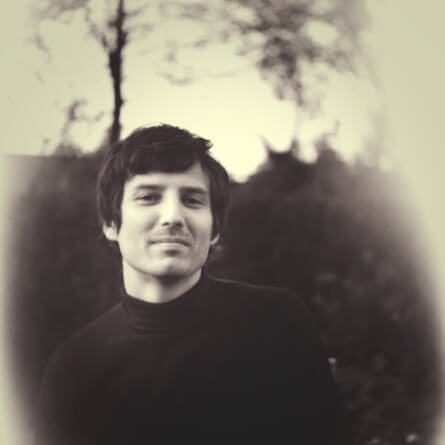
Director / Art Director / Cinematographer Nicolas leads renowned audiovisual companies based on co-creation, innovative collaboration models and alternative management.
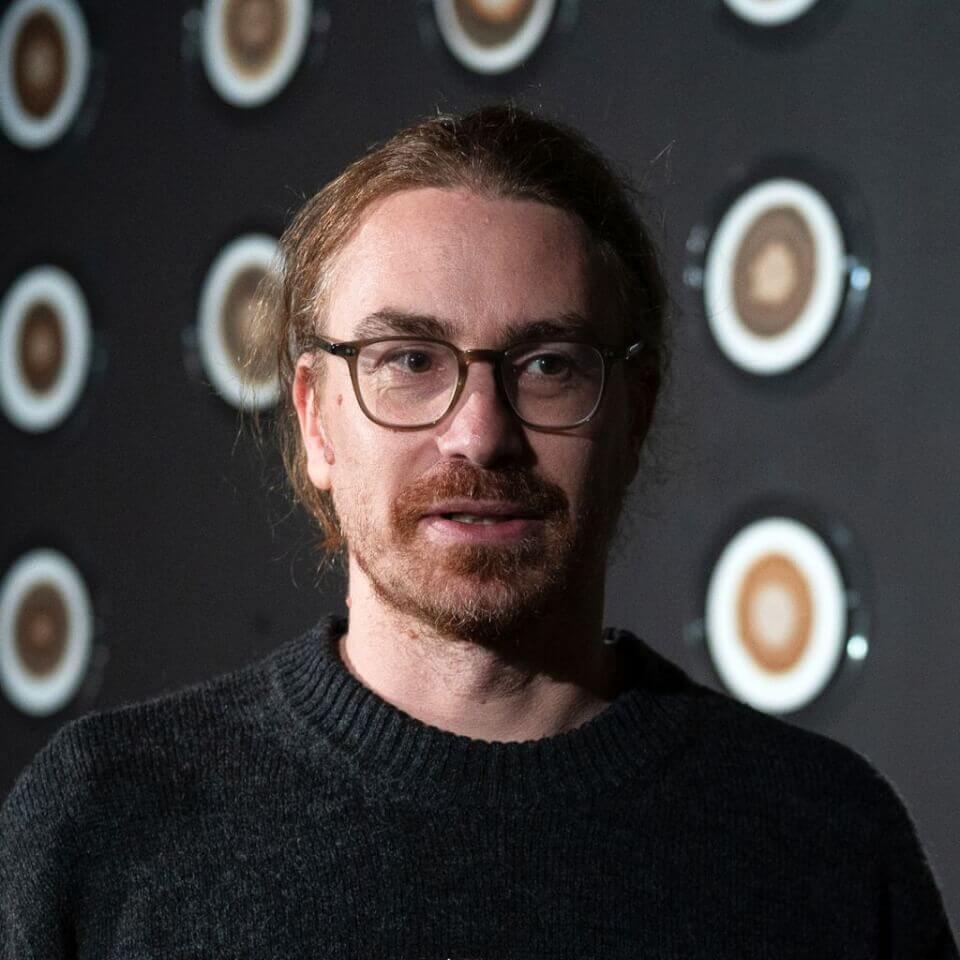
Uroš Veber (he/him) heads Zavod Projekt Atol, a Slovenian NGO which develops projects and programmes that transcend the boundaries between art, technology and science. He loves to work with artists and helps developing artworks, but most of his work involves coordinating international productions in contemporary art and leading teams in citizen science and informal education. As president of Asociacija he advocates for NGOs and the self-employed in arts and culture. He co-runs music labels rx:tx Rec and Kafana. Uroš leads two Creative Europe projects: Rewilding Cultures and DATAS, and is leading Projekt Atol’s part in the More-than-Planet consortium.
(SI)
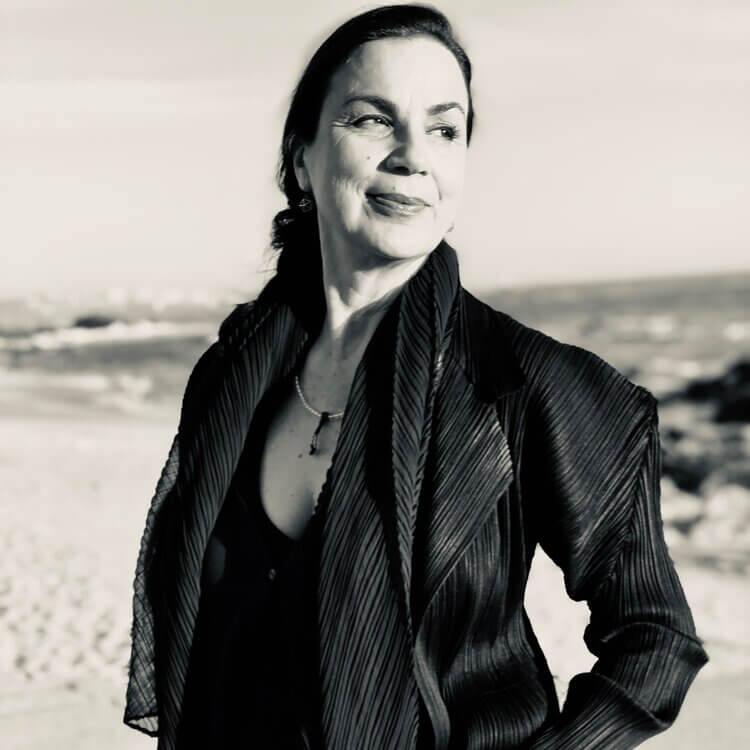
Victoria Vesna, Ph.D., is an Artist and Professor at the UCLA Department of Design Media Arts and Director of the Art|Sci Center at the School of the Arts (North campus) and California NanoSystems Institute (CNSI) (South campus). Although she was trained early on as a painter (Faculty of Fine arts, University of Belgrade, 1984), her curious mind took her on an exploratory path that resulted in work can be defined as experimental creative research residing between disciplines and technologies. With her installations she investigates how communication technologies affect collective behavior and perceptions of identity shift in relation to scientific innovation (PhD, CAiiA_STAR, University of Wales, 2000). Her work involves long-term collaborations with composers, nano-scientists, neuroscientists, evolutionary biologists and she brings this experience to students. Victoria has exhibited her work in 20+ solo exhibitions, 70+ group shows, has been published in 20+ papers and gave 100+ invited talks in the last decade. She is the North American editor of AI & Society journal (Springer Verlag, UK) and in 2007 published an edited volume - Database Aesthetics: Art in the Age of Information Overflow (Minnesota Press) and another in 2011 -- Context Providers: Conditions of Meaning in Media Arts. (co-edited with Christiane Paul and Margot Lovejoy) Intellect Ltd, 2011. Currently she is working on a series Art Science & Technology based on her online lecture class.

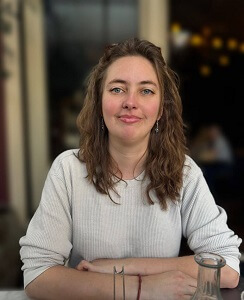
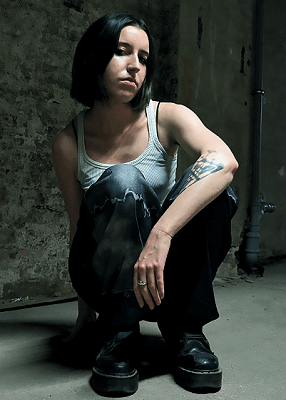
Lyndsey Walsh is an artist, writer, and researcher from the United States and based in Berlin, Germany. Lyndsey has a Bachelor’s in Individualized Studies from New York University and a Master’s in Biological Arts with Distinction from the SymbioticA Centre of Excellence in Biological Arts at the University of Western Australia. Lyndsey’s practice fuses speculative narratives with autoethnographic investigations into the ruptures created by technology in the corporality of culture. Lyndsey sets out to question the cultural binaries of human-non-human, diseased-healthy, and life-machine using Crip, Queer, and intersectional feminist frameworks. Currently, Lyndsey is the first and only residing artist of the Department of Experimental Biophysics at Humboldt Universität zu Berlin. They have been awarded the S+T+ARTS Prize 2024 Honorable Mention, and their work has been featured in events and with institutions such as Frieze Art Week New York, the Humboldt Forum, the Ural Biennial, the Berlin Biennale, Athens Digital Arts Festival, Transmediale/CTM, and more.
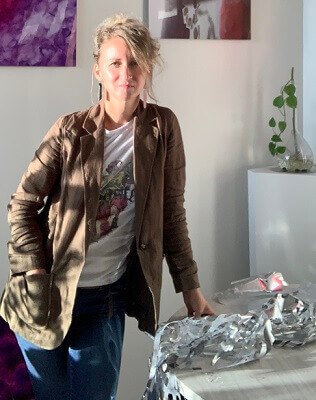
Darya Warner (they/she) works at the intersection of art and science by bridging the creative process and growth/connections with human and non-human actors through the prism of Climate Change. By addressing site-specific history, ecology, and local systems of communication Darya aims to mine a new form of hybrid space for “intermatter” interaction with an emphasis on the interconnectivity of intelligence across species. Their research explores the Systems Theory as a crucial factor in reconnecting humans and nature via interactive installations, visual displays, photography, sound, time-based media, and bioart in the new form of hybrid matter based on care. They address issues of environmental impact among artists and connect creative processes to earth-conscious practices. Darya is an educator, and they are implementing sustainable art practices methodology as a part of the educational curriculum. Darya graduated from the School of Visual Arts (BFA) and got their MFA from the University at Buffalo. They have exhibited nationally and internationally, including in NYC, Denver, Albuquerque, LA, Miami, India, and Germany, and received multiple grants to support their projects. Darya teaches photography and art+science collaborative practices at the United States Airforce Academy, Colorado.
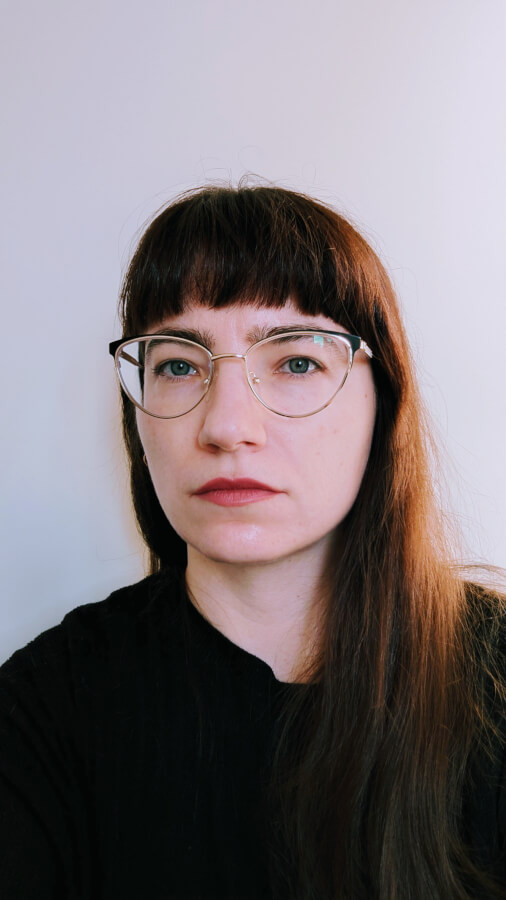
Agnieszka Anna Wołodźko, PhD, is a lecturer and researcher teaching contemporary philosophy and art-science at AKI Academy of Art and Design ArtEZ since 2017. At AKI she has founded a biolab kitchen space and the BIOMATTERs, an artistic research programme that explores how to work with living matters. Her research focuses on post-humanism, ecocriticism, affect theory and new materialism at the intersection of art, ethics and (bio)technology. Selected publications include: “On Špela Petrič’s Performative Ethnography or How to Contaminate Automation” in Šum 2024; Špela Petrič and Agnieszka Anna Wołodźko, “Awkward Intimacies” in Antennae 2024; Affect as Contamination. Embodiment in Bioart and Biotechnology, Bloomsbury 2023; “Ars Demones*2022*Manifesto,” in Footprint. Delft Architecture Theory Journal; “Demonological re-enchantments – or how to contaminate through intimate stories of commons without consensus,” in Technoetic Arts: A Journal of Speculative Research; ‘Living Within Affect As Contamination: Breathing In Between Numbers’ in Capacious: Journal for Emerging Affect Inquiry.
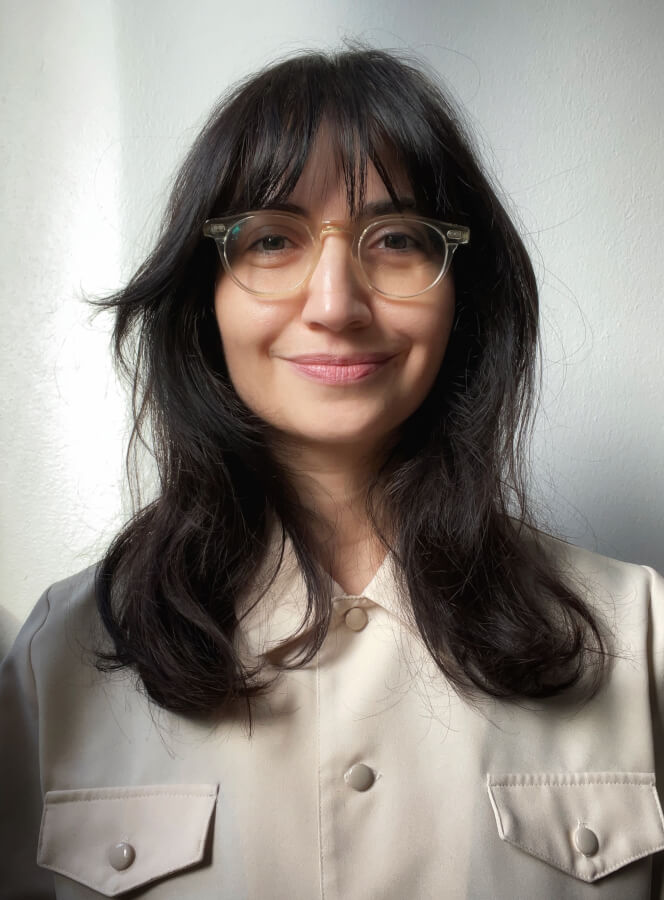
Müge Yıldız is an artist-filmmaker and researcher at Aalto University. She has a BA in Cinema from Galatasaray University, further expanded her cinema education as an Erasmus exchange student at Paris 3 Sorbonne Nouvelle, and completed her MA in Visual Cultures, Curating, and Contemporary Art at Aalto University on a Finland Scholarship. Her work blends experimental filmmaking with hybrid techniques while emphasizing sustainable practices. Her work has been showcased at major international film festivals, including the BFI London Film Festival and Images Festival in Toronto. She also participated in the Oberhausen Film Seminar and Istanbul Biennial Production and Research Program.
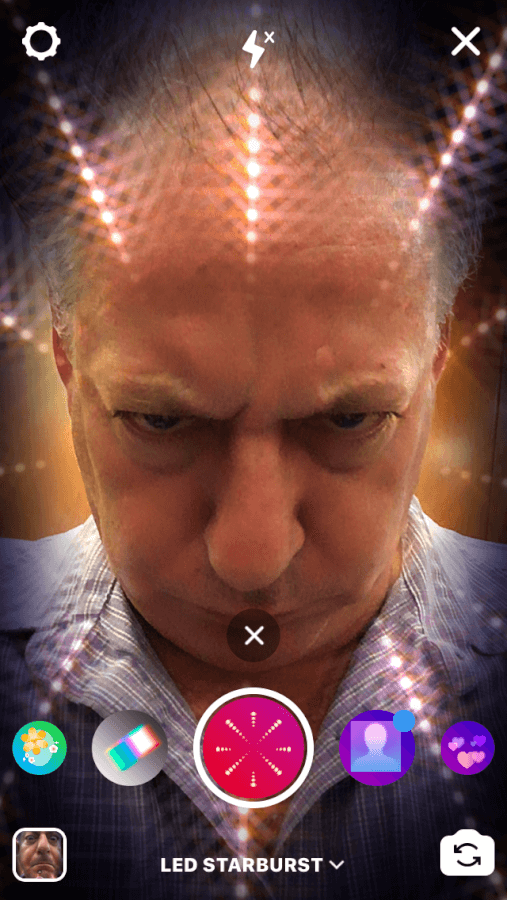
Adam Zaretsky, Ph.D., is a former researcher at MIT's Department of Biology and an experimental bioartist with over a decade of teaching experience. His art practice critically explores the legal, ethical, social, and libidinal implications of biotechnological materials and methods, with a particular focus on transgenic humans. Known for his engaging, hands-on bioart labs, Zaretsky creates dynamic spaces for bioart production.
He has led the VivoArts experimental bioart class at institutions including San Francisco State University (SFSU), SymbioticA at the University of Western Australia (UWA), Rensselaer Polytechnic Institute (RPI), The Arts and Genomic Centre (TAGC) at Leiden University, and the Waag Society. He is the Head of Research at Nadlinc (since 2016) and a Research Consultant at Bioart Ethical Advisory Kommission (BEAK) and the BEAK thinktank Institute for Sociobiology of Netporn (ISN) in New York (since 2022). Since 2024, he has been a Visiting Professor at the Department of Audio & Visual Arts at the Ionian University, where he also serves as the Creative Director of TTTlabs and TTTfellows in the "Rewilding Cultures" project (2022-2026), part of the Feral Lab Network, co-funded by the Creative Europe Programme of the European Union.
Links:
the_libidinal_economy_of_aseptic_containment,_interpersonal_protective_equipment_(ipe) - 8:52 https://drive.google.com/file/d/10999_J9NjLVpWn9N_LyJ2gA6_k0W_2Hl/view?usp=sharing
mutaFELCH - 4:00 https://drive.google.com/file/d/14WLZaaprPb2lE6T85hd_GX0t6XGDQ5yO/view?usp=sharing
EMBRYOS ON THE LAM - 6:55 https://drive.google.com/file/d/1lLW9W2qtOUwuqmmi1W0HI60gaCSjDGha/view?usp=sharing
OOPS https://drive.google.com/file/d/1RRT8XyDWCC4ZnRBEaHXqa9Z7e4q996TL/view?usp=sharing
And more at: https://archive.org/details/@pfarm
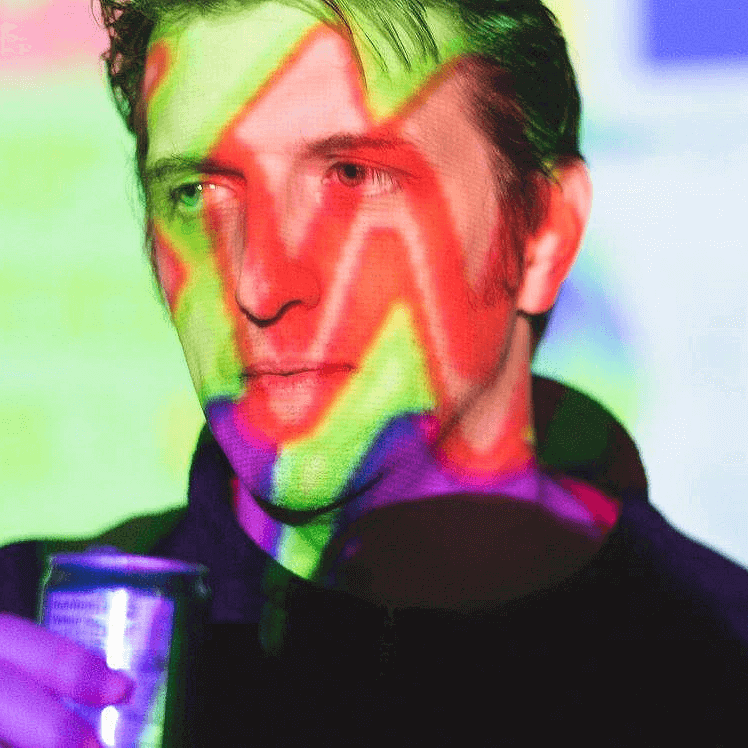
Erik Zepka is a scientist and theorist with expertise in biology, computer science, creativity and technological culture. He is currently engaged in Covid research at the University of Barcelona. He has presented his work globally whether as scientist (Tongji University, Engineers.SG, MIT, Curiosity Collider, Innovation Labs @ Microsoft, New York University, DeTao Institute), theorist (Furtherfield, Publication Studio, V&A Museum, Transfer Gallery, Pearl Art Museum, VIVO Press), or interdisciplinary researcher (Simon Fraser University, Tate Modern, University of Victoria, Shanghaitech, The Whitney Museum, MLA Conference). He is the founding president of the Open Science Network and the founder of the international research organization XOX Labs.
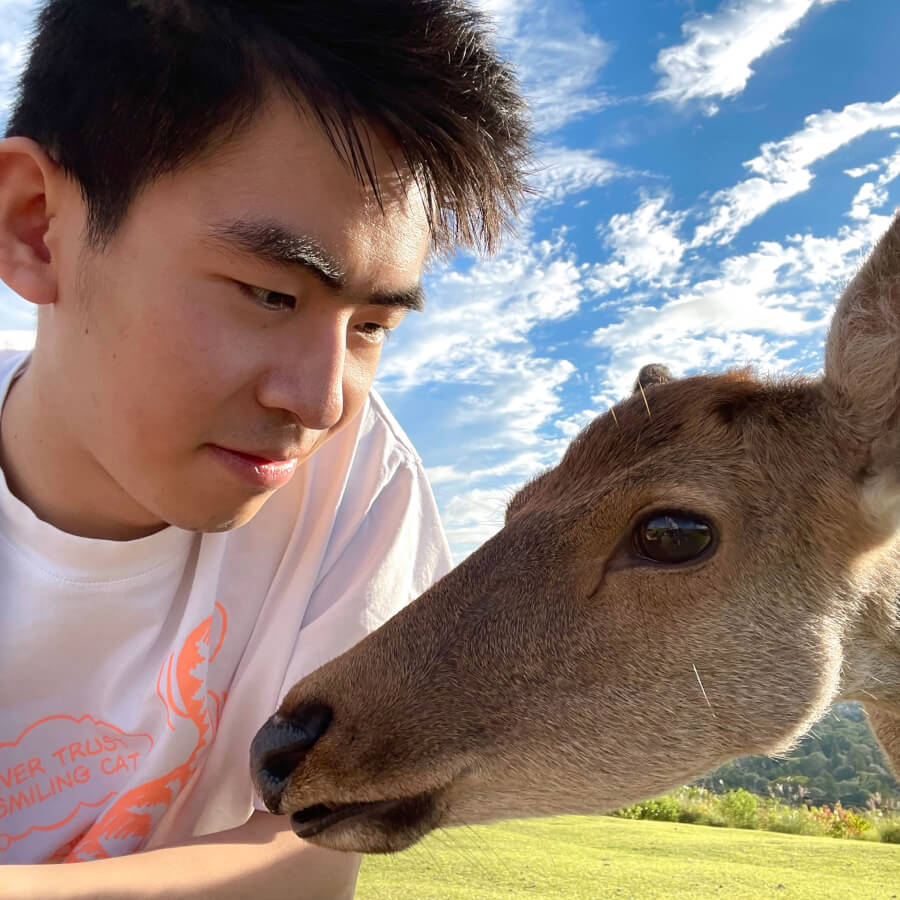
Annan Zuo is a more-than-human researcher and architectural designer. He holds an MPhil in Architecture and Urban Design from the University of Cambridge and currently works at Foster + Partners in London. In October 2025, he will begin a PhD in Geography and the Environment at the University of Oxford. His research focuses on post-phenomenology, intersubjectivity, more-than-human architecture, landscape recovery, empathy, and care.
Annan’s work has been featured at international platforms including the Venice Biennale, Edinburgh Fringe, the Media Architecture Biennale, and exhibited in institutions such as the Shanghai Ming Contemporary Art Museum and Austin Unchained Gallery. He is the recipient of the 2024 BioDesign Challenge Grand Prize and has published with Springer Nature and Innovation: The European Journal of Social Science Research. He has presented at conferences across cybernetics, systems design, bio art, and architecture, including RSD12, ASC60, and ISEA 2025.
He was nominated for both the RIBA Bronze and Silver Medals and is an active member of the American Society for Cybernetics and the Eco-centric Future Lab.
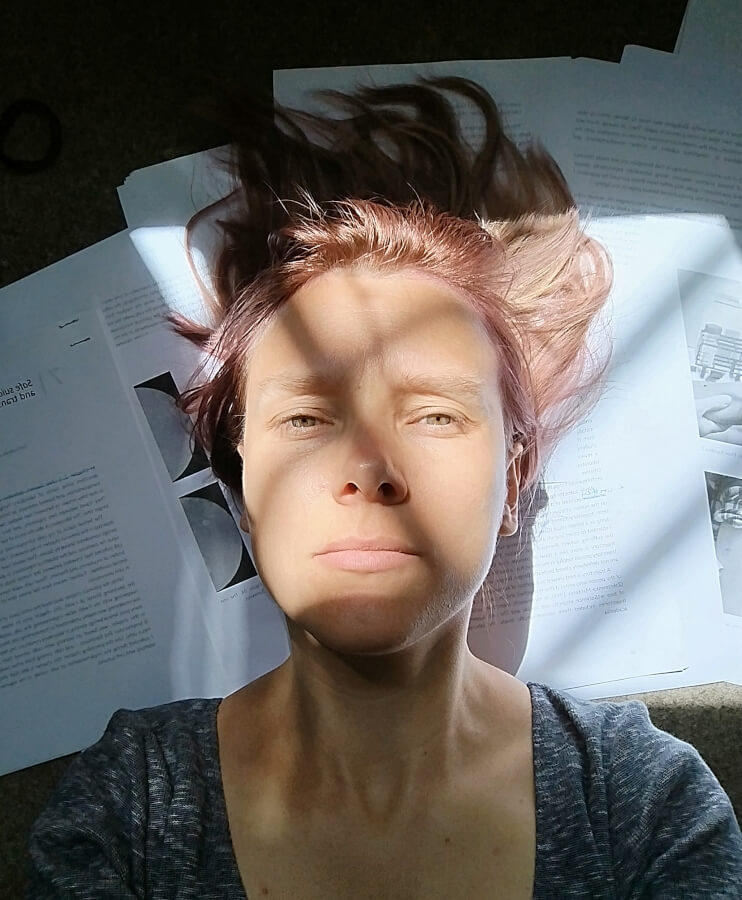
Karolina Żyniewicz (PL/DE) is a Berlin-based artist&researcher&educator, a liminal being, existing and performing between various contexts and disciplines. She is a graduate of the Faculty of Visual Arts of the Strzemiński Academy of Fine Arts in Łódź and holds PhD in cultural sciences (obtained in the transdisciplinary program Nature-Culture at Artes Liberales Faculty, University of Warsaw). While executing art&research projects based mainly on biotechnology and medicine, she also conducts ethnographic and autoethnographic observations. In her work, she underlines the epistemic and didactic dimensions of art. In 2016–2018, she cooperated with the education departments of the Museum of Modern Art in Warsaw and the Zachęta National Gallery of Art, running workshops and museum lessons for regular audiences and with accessibility for visually impaired and deaf visitors. She uses these educational experiences in her own liminal practice. The topics of her work are often related to broadly understood life and death and their social and biological dimensions. That is why she is a member of the Institute of the Good Death in Warsaw. Her work is strongly process-oriented, so she often participates in residencies, like the European Media Art Platform (EMAP) at Kontejner Zagreb or Coalesce in Buffalo, NY, and group projects, like Stretching Senses School by Humboldt Cluster of Excellence Matters of Activity. She exhibited internationally, for instance, at Kunstquartier Bethanien in Berlin, Kontejner Zagreb, or The Center of Contemporary Art Łaźnia in Gdańsk, Poland. Additionally, she is an associate reviewer of the Technoetic Arts journal.
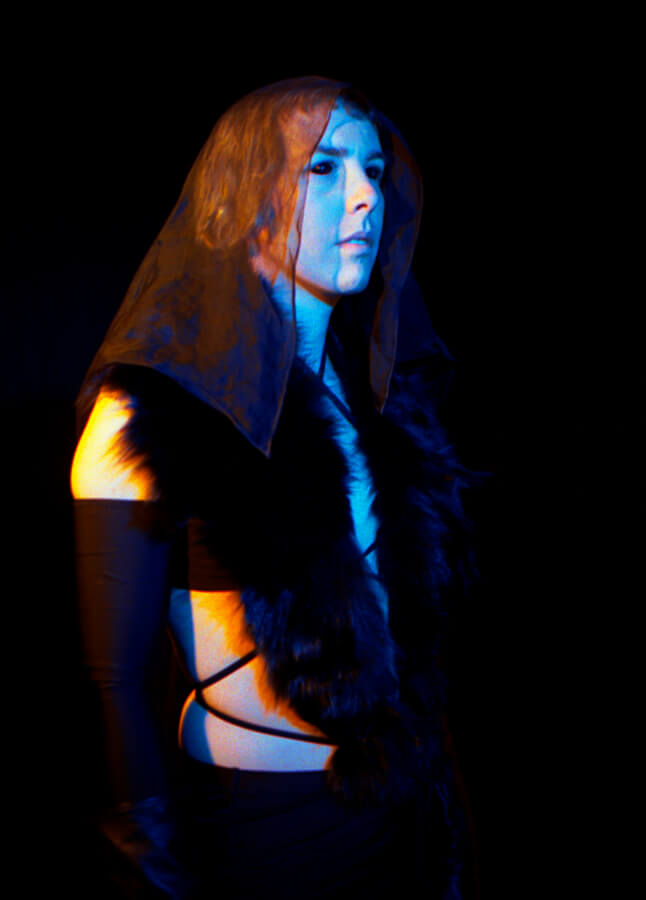
edna is multidisciplinary artist and scientist, blending sound art, experimental music, and digital performance. Her background in material chemistry and heritage sciences and her work on the origin of colours in the first colour photographic process resulted in her PhD graduation from the Ecole Normale Superieure (Paris) in 2018. In the framework of the SACRe doctoral program (Science, Arts, Création, Recherches) she initiated Arts/Sciences collaboration on photographic processes, and image formation. As an artist and trans woman, her work intersects vulnerability, body politics, and more recently AI. She uses DJing and live performances to challenge normative ideas about identity, technology, and censorship. Her recent performances in SOMA gallery in Marseille, Maloka Interactive Museum in Bogotá and Casa Bagre in Lima explored topics such as depersonalization, self-representation, and healing through collaborative, immersive sonic and visual experiences. Her scientific background uniquely informs her artistic practices and enables her to approach projects with a blend of analytical depth and creative experimentation.
Ionian University
Secretariat - Conference TTT Webteam
Tsirigoti Square 7, 49100 Corfu
Ionian Islands Region, Greece
av-ttt@ionio.gr

